The healthcare industry is one of the most targeted sectors when it comes to cyberattacks. From hospitals to telemedicine platforms, organizations are handling enormous volumes of sensitive data, including patient health records, insurance details, and billing information. A breach in this sensitive ecosystem can expose institutions to significant financial, legal, and reputational damage.
To counter these risks, penetration testing has become a critical step in cybersecurity for healthcare companies seeking to secure their systems. Amidst numerous healthcare cybersecurity companies, Qualysec has emerged as the trusted name in penetration testing for healthcare organizations. Below, we’ll explore why Qualysec is the trusted choice and the value it brings to healthcare businesses.
Healthcare Security Challenges and the Role of Penetration Testing
Cybersecurity challenges in healthcare organizations range from external attacks to internal lapses. Healthcare companies hold a treasure trove of sensitive information, from patient records to proprietary research data, making them a prime target for cyberattacks. Below, we’ll explore the key security challenges and why penetration testing is critical in addressing these vulnerabilities.
1. Data Breaches
One of the most serious threats to healthcare organizations is data breaches. A single breach can expose thousands of patient records, leaving the organization vulnerable to HIPAA violations, financial penalties, and lawsuits.
For example, in 2023, a data breach affected a large U.S. healthcare provider, compromising the medical records of over 25,000 patients. The exposed data included names, Social Security numbers, and medical histories, leading to a class-action lawsuit.
Penetration testing identifies weak points in your system by simulating real-world attacks. By discovering vulnerabilities before attackers do, organizations can secure their systems and reduce the risk of unauthorized access to sensitive data. This aligns with best practices for healthcare cybersecurity compliance and preventing data breaches in healthcare facilities.
2. Phishing Attacks
Healthcare staff are often prime targets for phishing emails, which aim to steal login credentials or install malicious software. These attacks exploit human error, posing a critical risk to healthcare operations.
Qualysec’s penetration testing includes simulated phishing campaigns to evaluate how employees respond to suspicious emails. Organizations can use this insight to improve their security awareness training and mitigate the risk of phishing attacks, one of the most pressing cybersecurity challenges in healthcare organizations.
3. Ransomware
Ransomware attacks are increasingly common in the healthcare sector. These attacks encrypt critical patient records and demand a ransom for their release, often crippling healthcare operations and putting lives at risk.
For example, in 2021, a ransomware attack on a German hospital caused delays in patient care, contributing to a tragic patient death.
Qualysec assesses an organization’s defenses against ransomware by identifying vulnerable endpoints and recommending actionable fixes. This proactive strategy helps counter the impact of ransomware on healthcare organizations and ensures better preparedness.
4. Connected IoT Devices
From heart monitors to diagnostic imaging machines, IoT devices are revolutionizing the healthcare industry. However, these connected tools can also serve as entry points for attackers if they aren’t adequately secured.
Qualysec specializes in testing IoT devices to ensure their security. By thoroughly evaluating device firmware, communication protocols, and authentication systems, Qualysec ensures that IoT equipment is secure and safe for patient care, contributing to cybersecurity strategies for protecting medical devices.
5. Third-Party Vulnerabilities
Healthcare organizations often rely on third-party vendors for software, billing systems, and other services. Unfortunately, these external platforms can introduce security vulnerabilities that jeopardize patient data.
Qualysec’s penetration testing includes an evaluation of third-party systems and integrations. By identifying and addressing vulnerabilities within third-party platforms, Qualysec helps safeguard your entire digital ecosystem, managing the impact of third-party vendors on healthcare security.
Talk to our Cybersecurity Expert to discuss your specific needs and how we can help your business.
The Importance of Penetration Testing in Healthcare
Penetration testing, also known as pen testing, is a proactive approach to testing the security of your systems. Instead of waiting for malicious actors to exploit vulnerabilities, penetration testing simulates real-world cyberattacks to identify weak points in your defenses and resolve them before damage occurs.
Why Penetration Testing is Non-Negotiable for Healthcare
The importance of cybersecurity in healthcare data protection cannot be overstated. The healthcare sector operates in one of the most highly regulated environments, and for good reason. Patient privacy is critical, and cybersecurity for healthcare providers is subject to strict compliance frameworks, such as HIPAA (Health Insurance Portability and Accountability Act), GDPR (General Data Protection Regulation), and HITRUST standards.
Penetration testing goes far beyond automated scans. It combines advanced tools and human intelligence to uncover vulnerabilities that an automated system might overlook. For top healthcare cybersecurity companies, the benefits of penetration testing are clear:
1. Identifying Weak Points in Systems
Penetration testing provides a comprehensive assessment of your systems, networks, and applications. It helps protect patient data in healthcare cyberattacks by exposing hidden flaws.
2. Testing the Effectiveness of Existing Defenses
Even the most advanced cybersecurity systems need regular testing. Penetration testing evaluates the robustness of your defenses by simulating real-world tactics and aligns with healthcare cybersecurity frameworks and guidelines.
3. Preventing Non-Compliance Penalties
Healthcare organizations must comply with various security regulations. Regular testing supports HIPAA compliance
e and cybersecurity measures, helping organizations avoid hefty penalties.
4. Building Trust with Patients and Partners
Patients expect their personal health information (PHI) to be handled securely. A single data breach can shatter this trust. Penetration testing demonstrates your commitment to protecting patient data, which in turn strengthens your credibility.
For healthcare companies, penetration testing isn’t just a box-ticking exercise for compliance; it’s an integral part of ensuring both operational and data security.
Why Healthcare Companies Trust Qualysec
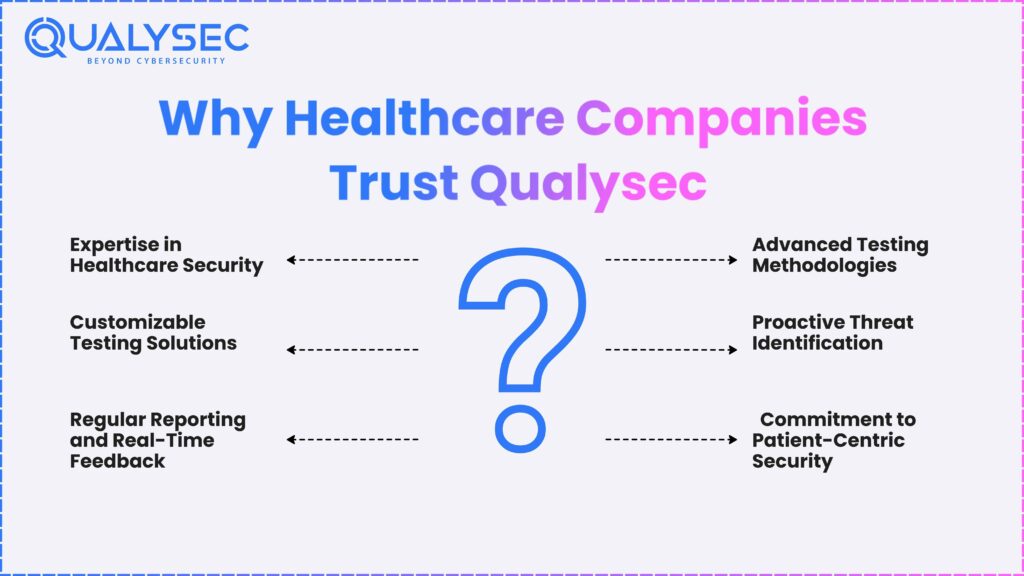
Beyond compliance, Qualysec brings a wealth of benefits tailored to the healthcare industry. Here’s a closer look at why cybersecurity for healthcare providers increasingly involves partnering with Qualysec:
1. Expertise in Healthcare Security
Qualysec understands the nuances of healthcare systems’ cybersecurity strategies. Our teams work to uncover both traditional and emerging vulnerabilities across network infrastructures, medical devices, electronic health record (EHR) systems, and patient portals.
2. Customizable Testing Solutions
integrating AI in healthcare cybersecurity solutions, to secure connected devices, Qualysec offers bespoke services that support cybersecurity strategies for healthcare organizations. We offer tailored penetration testing services that align with individual institutional requirements. Whether it’s black-box testing, white-box testing, or red-team simulations, Qualysec ensures end-to-end threat detection.
3. Regular Reporting and Real-Time Feedback
One of Qualysec’s standout features is its comprehensive reporting system, key for cyber resilience in healthcare organizations. Organizations receive detailed reports outlining vulnerabilities, their severity, and step-by-step recommendations for mitigation. Combined with real-time feedback during the testing process, healthcare organizations can act swiftly to address critical vulnerabilities.
4. Advanced Testing Methodologies
Qualysec leverages the latest tools, frameworks, and techniques for penetration testing. By combining automated scans with manual testing processes, Qualysec delivers actionable insights aligned with best healthcare cybersecurity practices.
5. Proactive Threat Identification
Healthcare organizations can’t just wait for breaches to happen and then react. Qualysec adopts a proactive approach, identifying weak points before attackers do. This approach not only ensures compliance but also fortifies the overall security posture.
6. Commitment to Patient-Centric Security
At the heart of their service lies the importance of access control in healthcare security and protecting sensitive data. Our solutions don’t just protect systems; they safeguard patient trust by ensuring sensitive medical data stays confidential.
Why Healthcare Companies Choose Qualysec for Cybersecurity
When it comes to cybersecurity for Healthcare companies, organizations face unique challenges. From protecting patient data in healthcare cyber attacks to maintaining regulatory compliance, the stakes are incredibly high. Yet, in an era of rising cyber threats, healthcare companies cannot afford vulnerabilities in their systems. This is where Qualysec steps in as a trusted partner for penetration testing.
With specialized expertise, regulatory alignment, and unmatched thoroughness, Qualysec is revolutionizing how healthcare device security companies approach security. But what exactly sets them apart? Let’s explore the distinctive features that make Qualysec the preferred choice for cybersecurity for healthcare providers.
1. Specialized Expertise in Healthcare Security
Healthcare IT systems are incredibly complex, comprising electronic health records (EHRs), Internet-of-Medical-Things (IoMT) devices, cloud integrations, and payment processing systems. Qualysec’s cybersecurity experts specialize in understanding these nuances.
Our extensive experience enables them to simulate real-world attack scenarios that reveal cybersecurity challenges in healthcare organizations. For example:
- Patient portals and EHRs are targeted for data theft.
- IoMT devices are vulnerable to hacking due to insecure firmware or outdated protocols.
- APIs for data exchange require robust authentication to prevent breaches.
Qualysec takes a tailored approach by analyzing each organization’s unique IT infrastructure and risk profile. We work closely with healthcare IT teams to deliver penetration tests that address both technology and process vulnerabilities, crucial components of effective cybersecurity strategies for healthcare organizations.
2. Regulatory Compliance and Reporting
One of Qualysec’s most significant strengths is its deep understanding of healthcare regulations. Laws and standards like HIPAA compliance and cybersecurity measures, HITECH, and GDPR are non-negotiable for the industry. Non-compliance can result in hefty fines, not to mention reputational damage.
Qualysec’s penetration testing aligns with these healthcare cybersecurity frameworks and guidelines. We ensure their processes and outcomes are fully compliant, which gives clients an added layer of audit readiness. Post-testing, healthcare companies receive:
- Detailed risk assessments
- Reports mapped to compliance standards (e.g., HIPAA security rules)
- Actionable recommendations for addressing identified vulnerabilities
This compliance-driven approach not only affects security but also helps in best practices for healthcare cybersecurity compliance.
3. Going Beyond Automation with Manual Testing
Automated testing tools are a standard component of penetration testing. However, Qualysec doesn’t stop there. The team uses manual testing for a deeper and more thorough security assessment, a necessity when developing cybersecurity strategies for healthcare systems.
Why does this matter? Automation, while efficient, often misses logical vulnerabilities or intricate attack chains. Manual testing uncovers weak spots like:
- Misconfigured third-party software integrations
- Logical flaws in multi-step transaction processes
- Human-centric vulnerabilities, like susceptibility to phishing
This hybrid testing model is critical for preventing data breaches in healthcare facilities.
4. Comprehensive Coverage Across Healthcare Systems
Many penetration testing services offer limited scopes, focusing on a single application or a specific network segment. However, Qualysec provides unparalleled coverage across the entire IT ecosystem of cybersecurity for Healthcare companies, including:
- Web and Mobile Applications: Securing patient portals and health apps used for appointment scheduling and telemedicine.
- EHR Systems and Databases: Protecting patient data from cyber attacks and unauthorized access.
- IoT Medical Devices: Ensuring connected devices like pacemakers and infusion pumps are secure using robust cybersecurity strategies for medical device protection.
- Cloud Infrastructure: Assessing vulnerabilities in cloud environments hosting critical health data.
- APIs: Verifying the security of APIs facilitates seamless data exchange.
- Networks and Endpoint Devices: Strengthening defenses across internal and external networks.
This full-scope approach strengthens cyber resilience in healthcare organizations.
5. Actionable Reports and Post-Test Support
Finding vulnerabilities is only half the job. The next and arguably most critical step is fixing them. Qualysec delivers detailed, actionable reports that go beyond listing issues to provide prioritized solutions.
Here’s what clients can expect from these reports:
- Risk-based prioritization of vulnerabilities
- Step-by-step remediation guidance for misconfigurations, patches, and policy updates
Furthermore, Qualysec supports IT teams even after the testing phase. Our collaborative post-test mentorship empowers teams to implement fixes effectively, a major step in managing merger vulnerabilities in healthcare cybersecurity and mitigating the impact of third-party vendors on healthcare security.
By offering this level of support, Qualysec ensures that top healthcare cybersecurity companies like ours help clients secure their systems and prepare for future threats, reinforcing the importance of cybersecurity in healthcare data protection.
Latest Penetration Testing Report

Real-Life Example: QualySec Helped Revvity Prepare for Healthcare Compliance
About the Client: Revvity is a healthcare technology company that provides solutions to protect sensitive patient data and streamline healthcare operations. They were seeking help to ensure their systems met the security standards needed for healthcare compliance.
The Challenge: Revvity approached QualySec with concerns about potential vulnerabilities in their systems and needed assistance in securing their infrastructure before applying for healthcare certifications.
Our Approach:
- Security Scans & Assessment: QualySec performed a thorough security scan and vulnerability assessment to identify any weaknesses in Revvity’s systems.
- Detailed Report & Remediation: After identifying the vulnerabilities, we provided Revvity with a detailed report and recommended steps for fixing the issues.
- Retesting: Once the issues were addressed, we retested the system to confirm everything was secure and up to compliance standards.
- Certification of Attestation: After ensuring the system was fully secure, we issued a certificate of attestation. This certificate allowed Revvity to apply for healthcare compliance certifications confidently.
Result: Thanks to our support, Revvity was able to meet the necessary healthcare security standards and take the next step toward compliance.
Secure Your Healthcare Organization with Qualysec
When it comes to protecting patient data, guarding health systems, and meeting regulatory obligations, relying on a partner like Qualysec is a critical business decision.
With specialized healthcare expertise, customization for compliance, and industry-leading penetration testing methods, Qualysec empowers cybersecurity for healthcare companies to stay one step ahead of cyber threats. It’s more than just testing vulnerabilities; it’s about creating safer digital environments for patients, staff, and stakeholders alike.
Don’t wait for a breach to expose your organization’s weaknesses. Take the proactive step today.
Get in touch with Qualysec to discuss your healthcare security needs and book a free consultation. Together, we’ll build a more secure future.

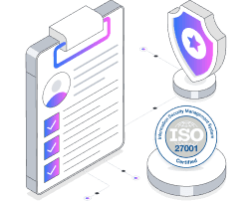



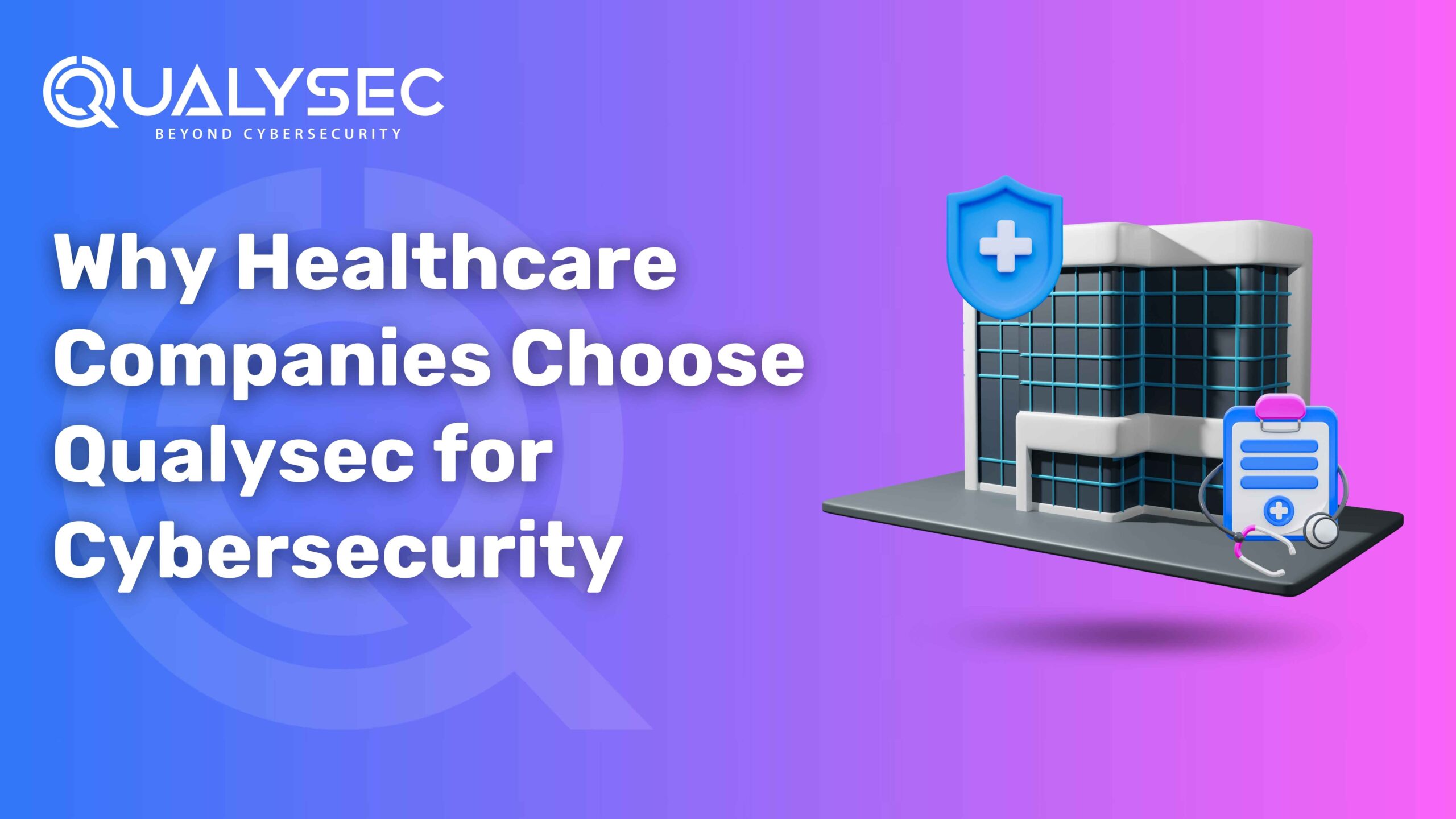



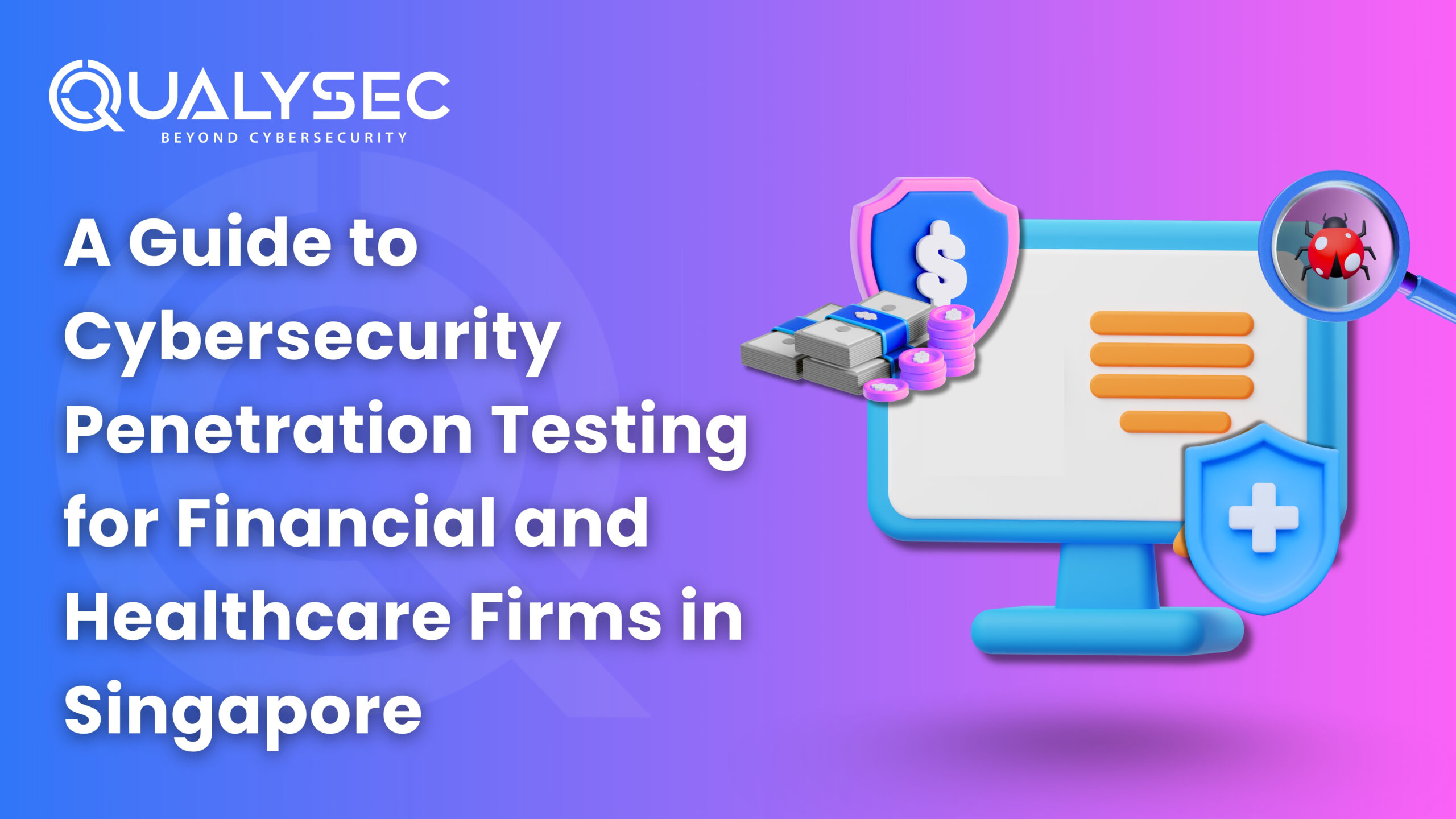

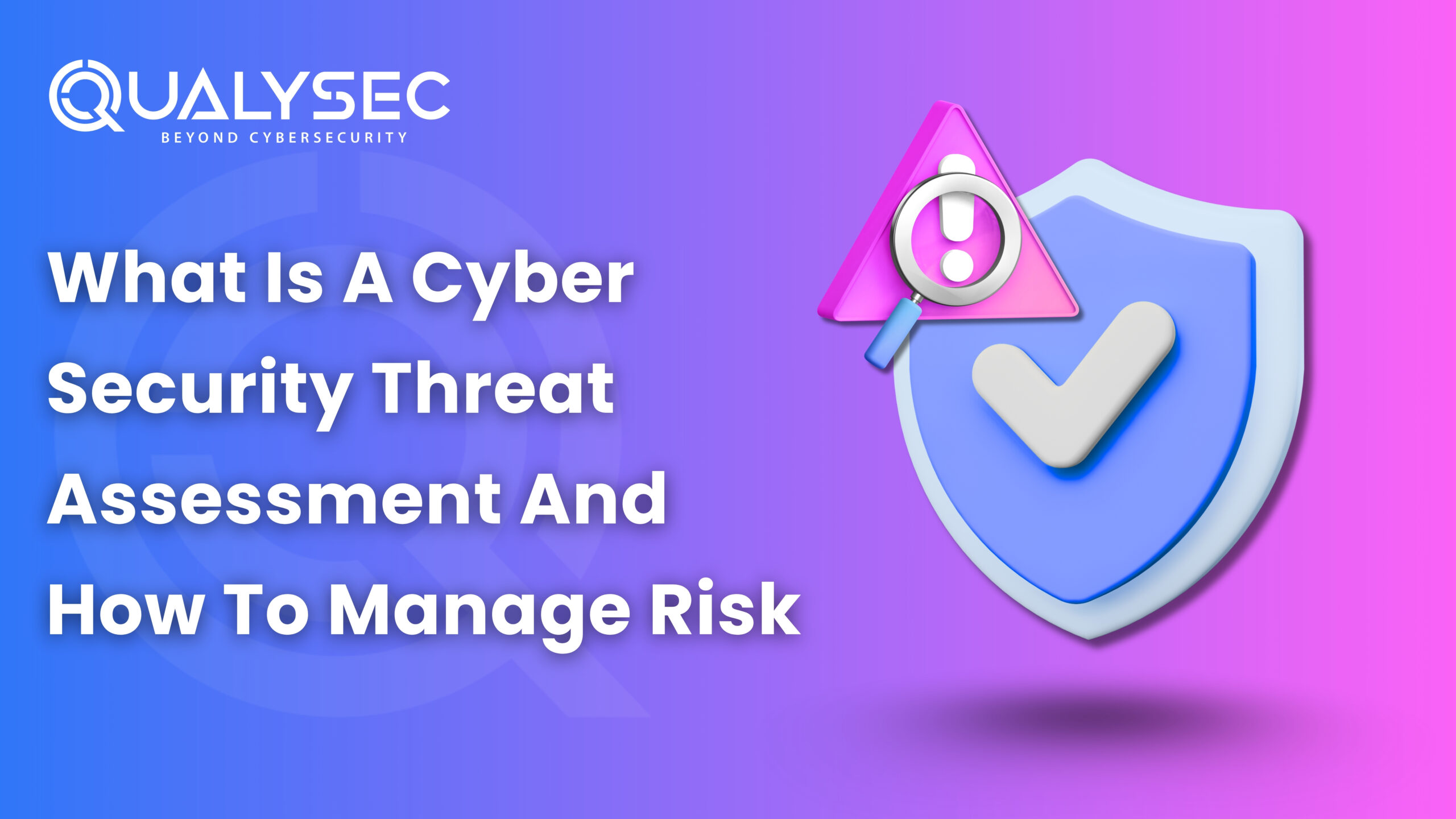



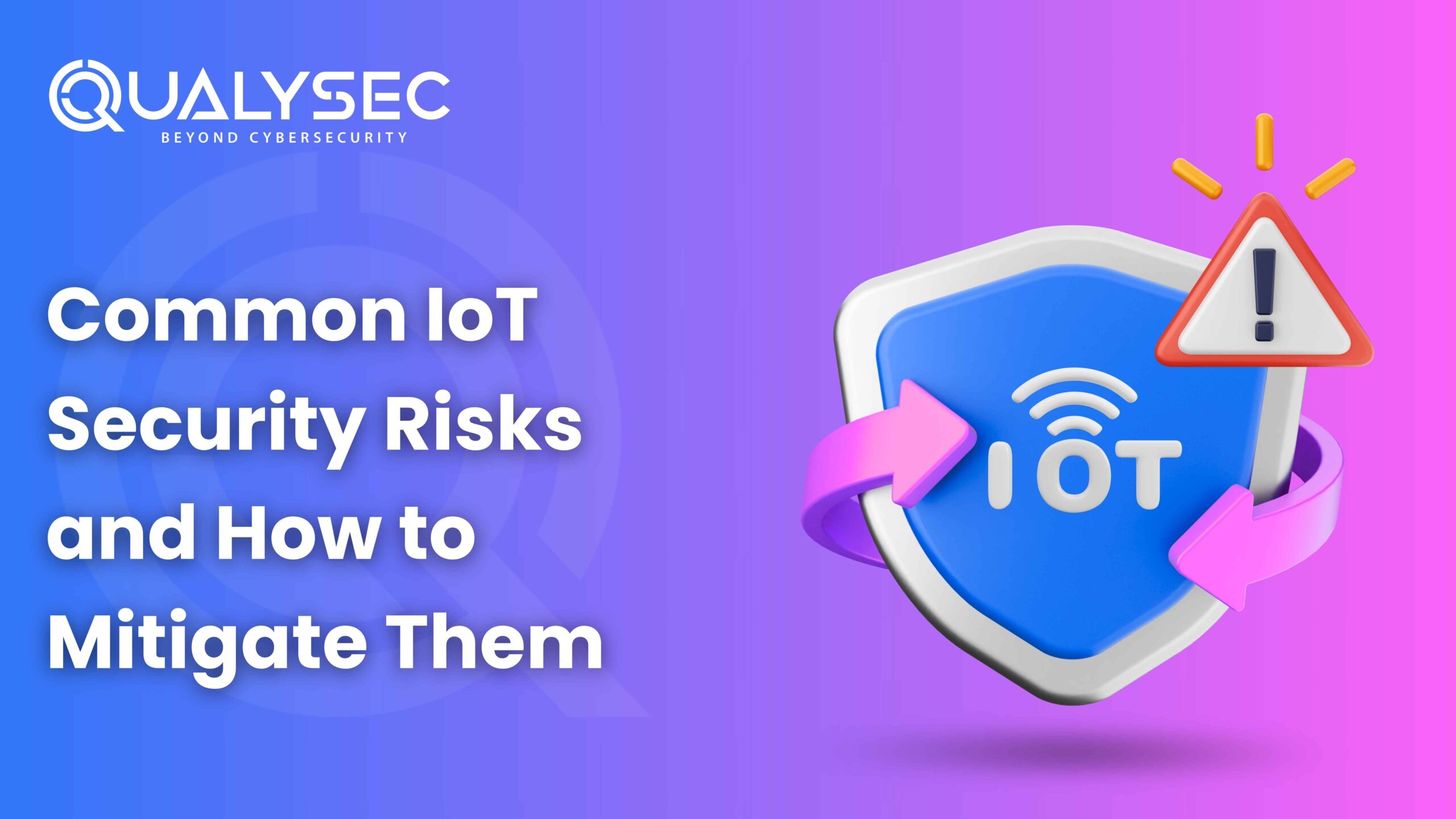
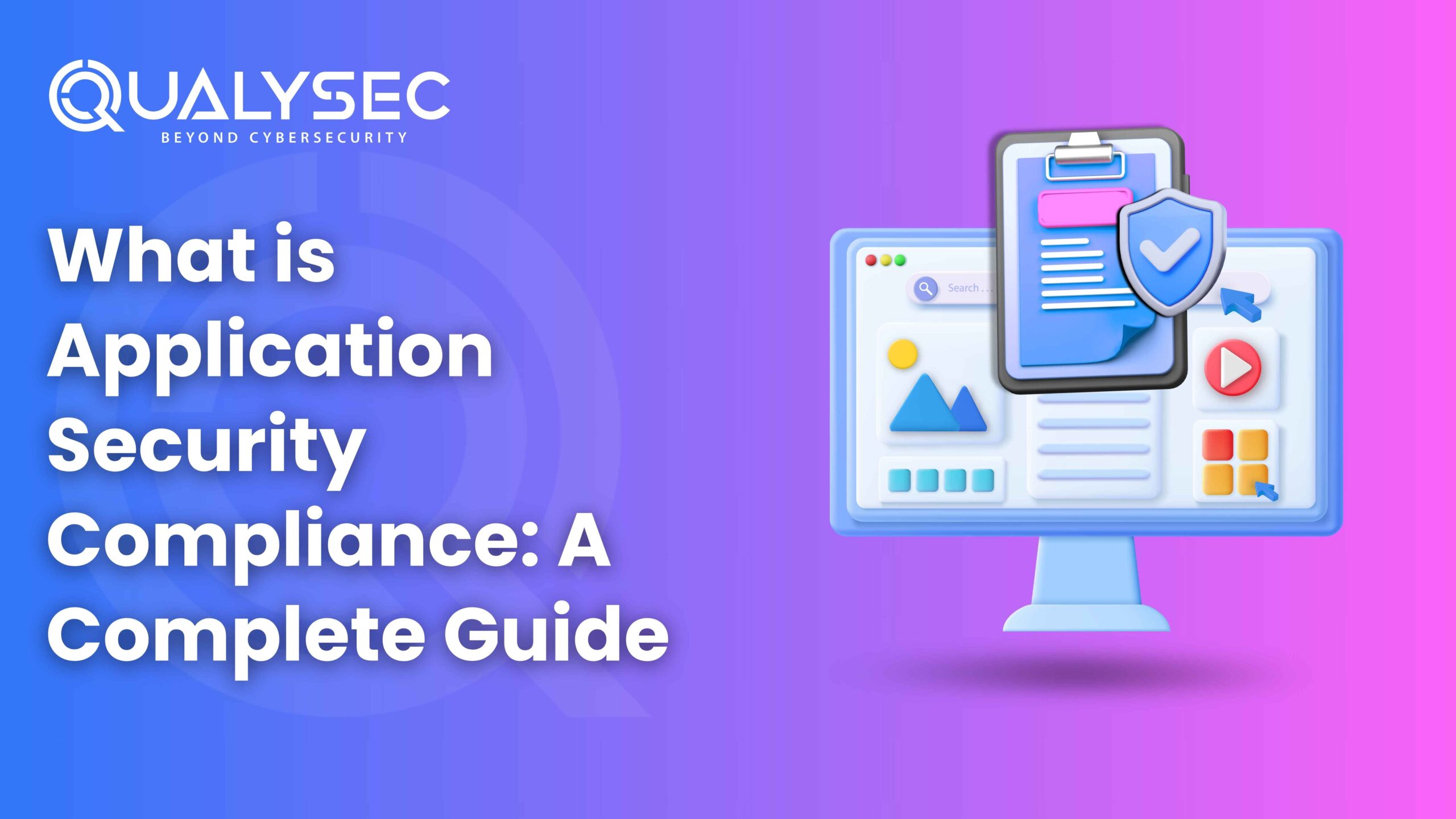
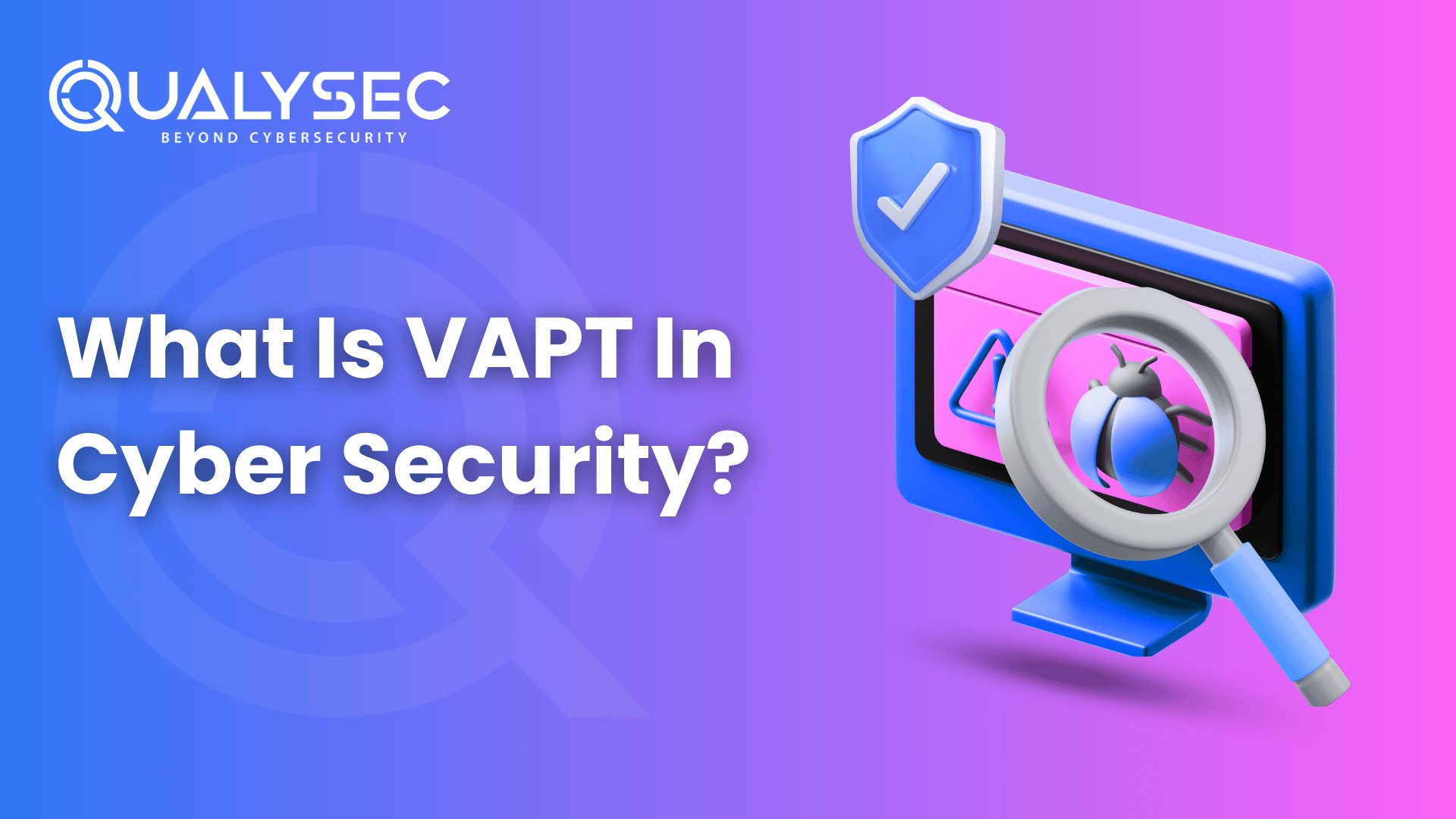
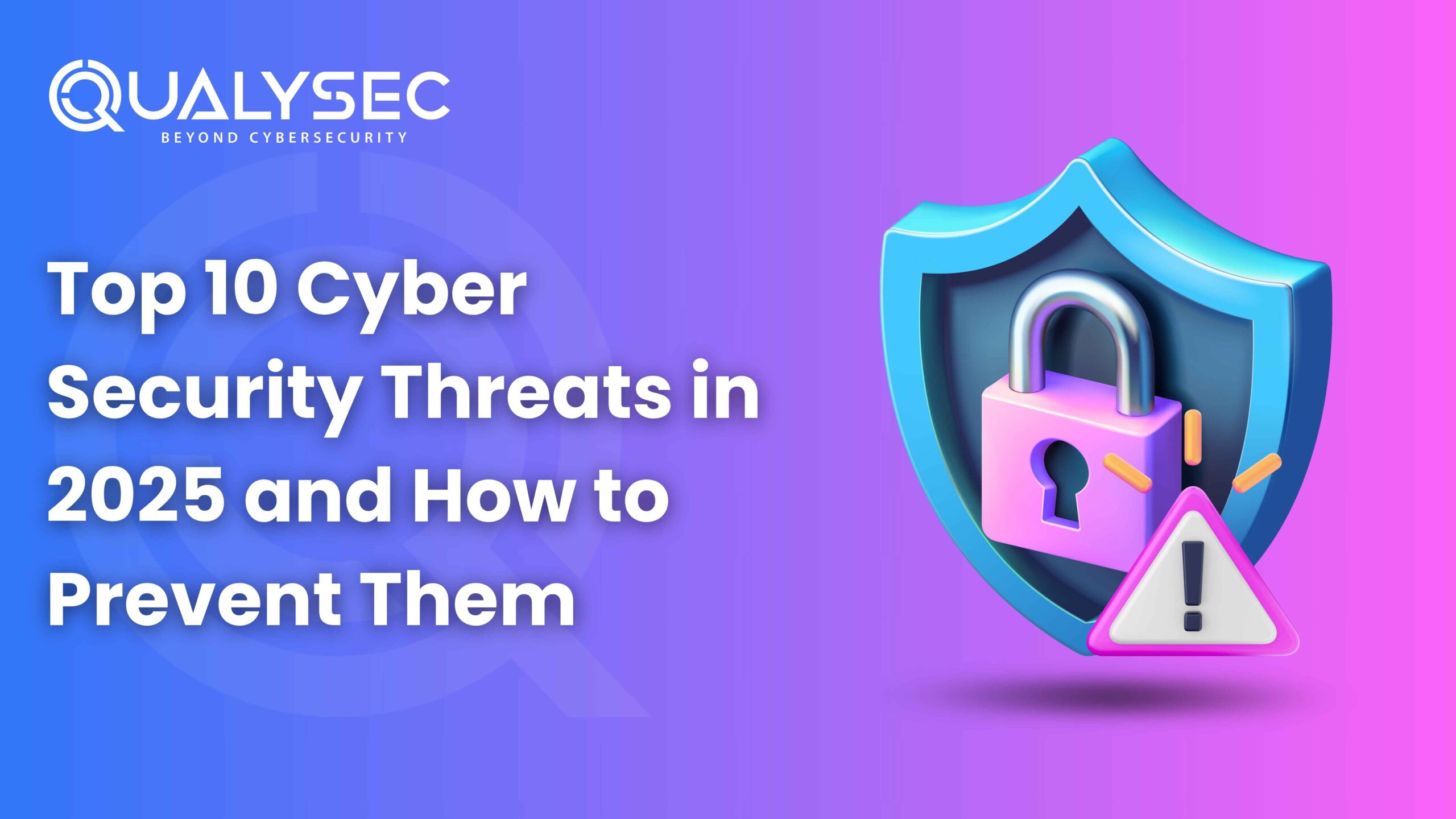
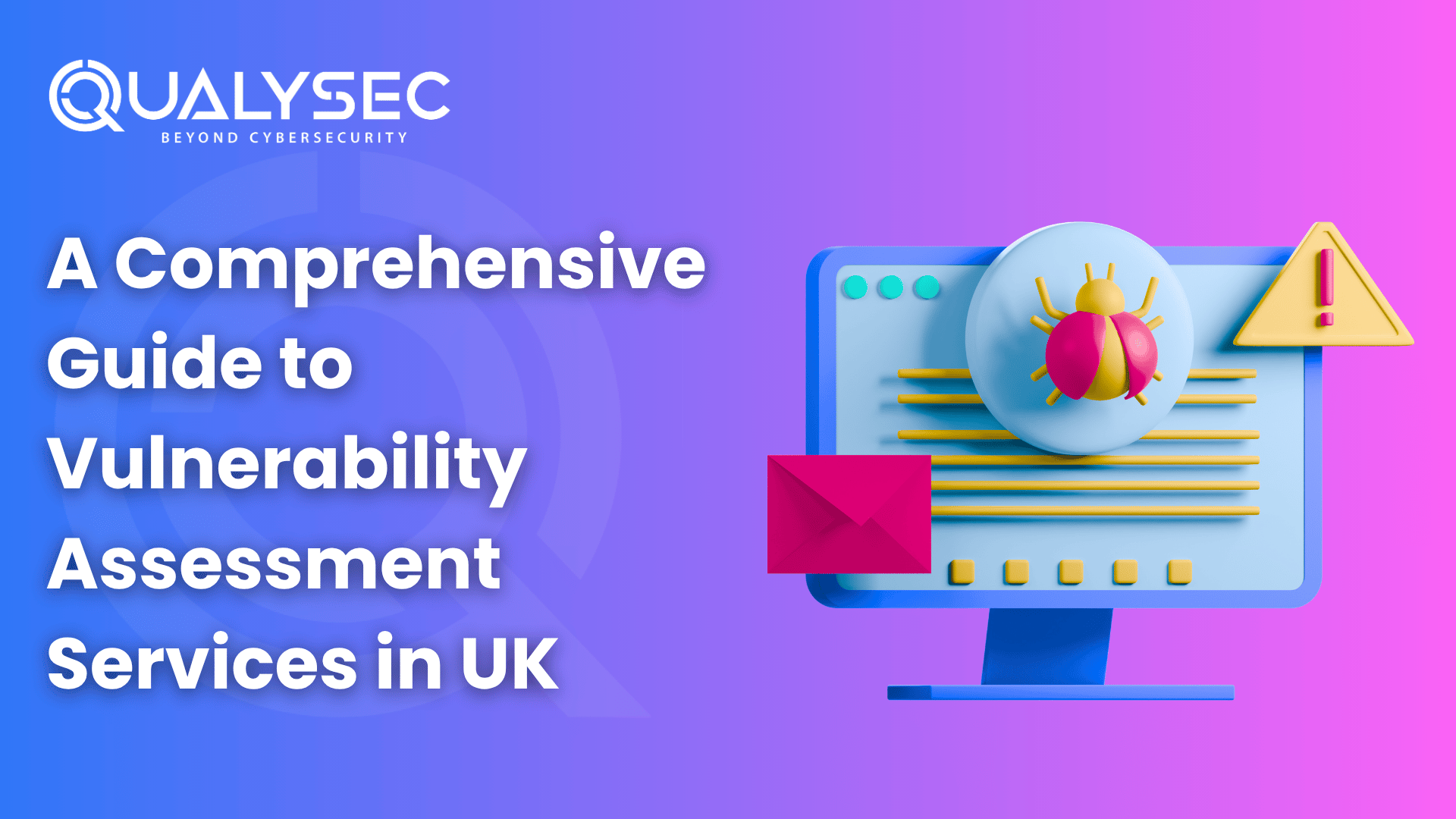
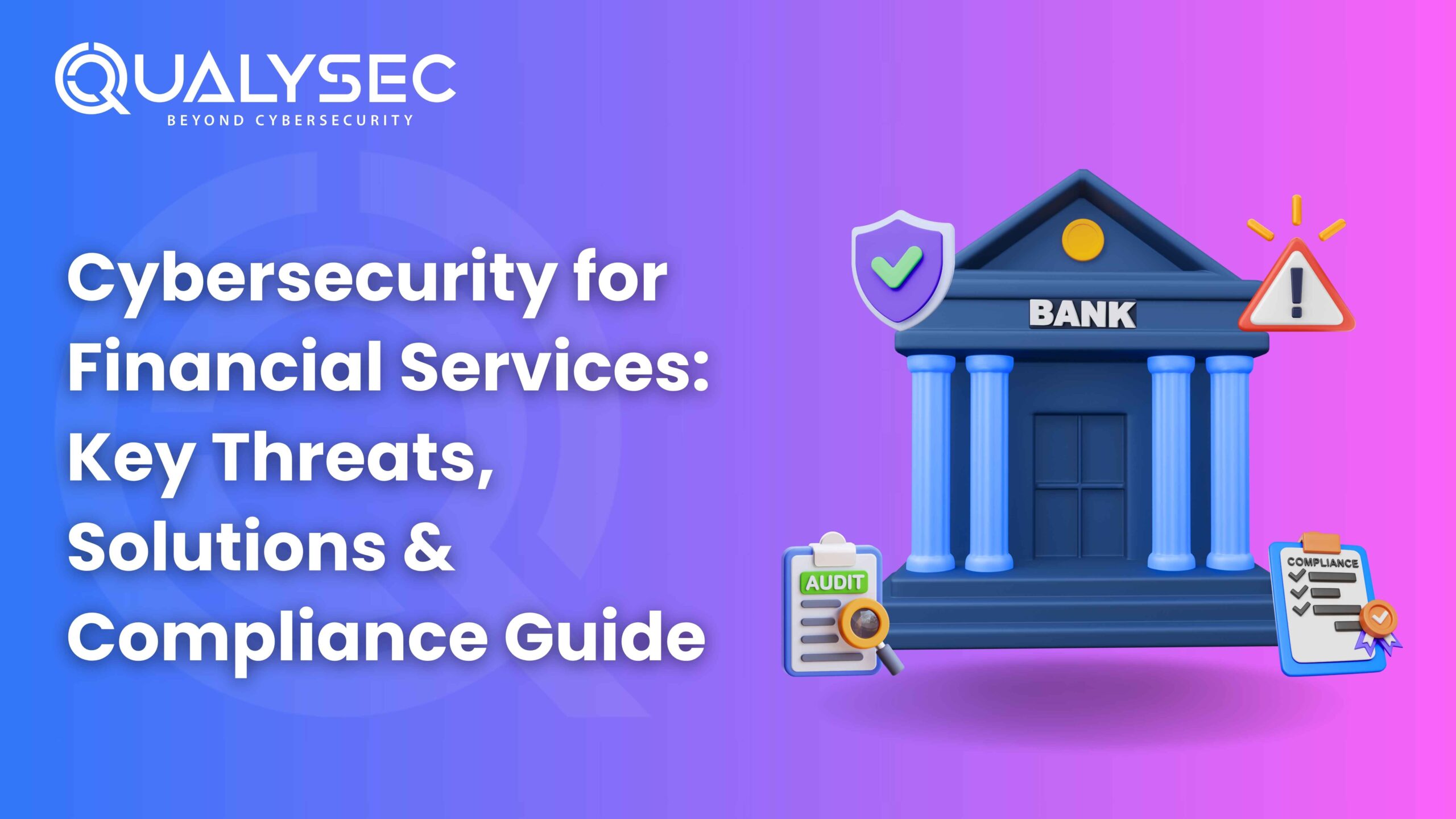
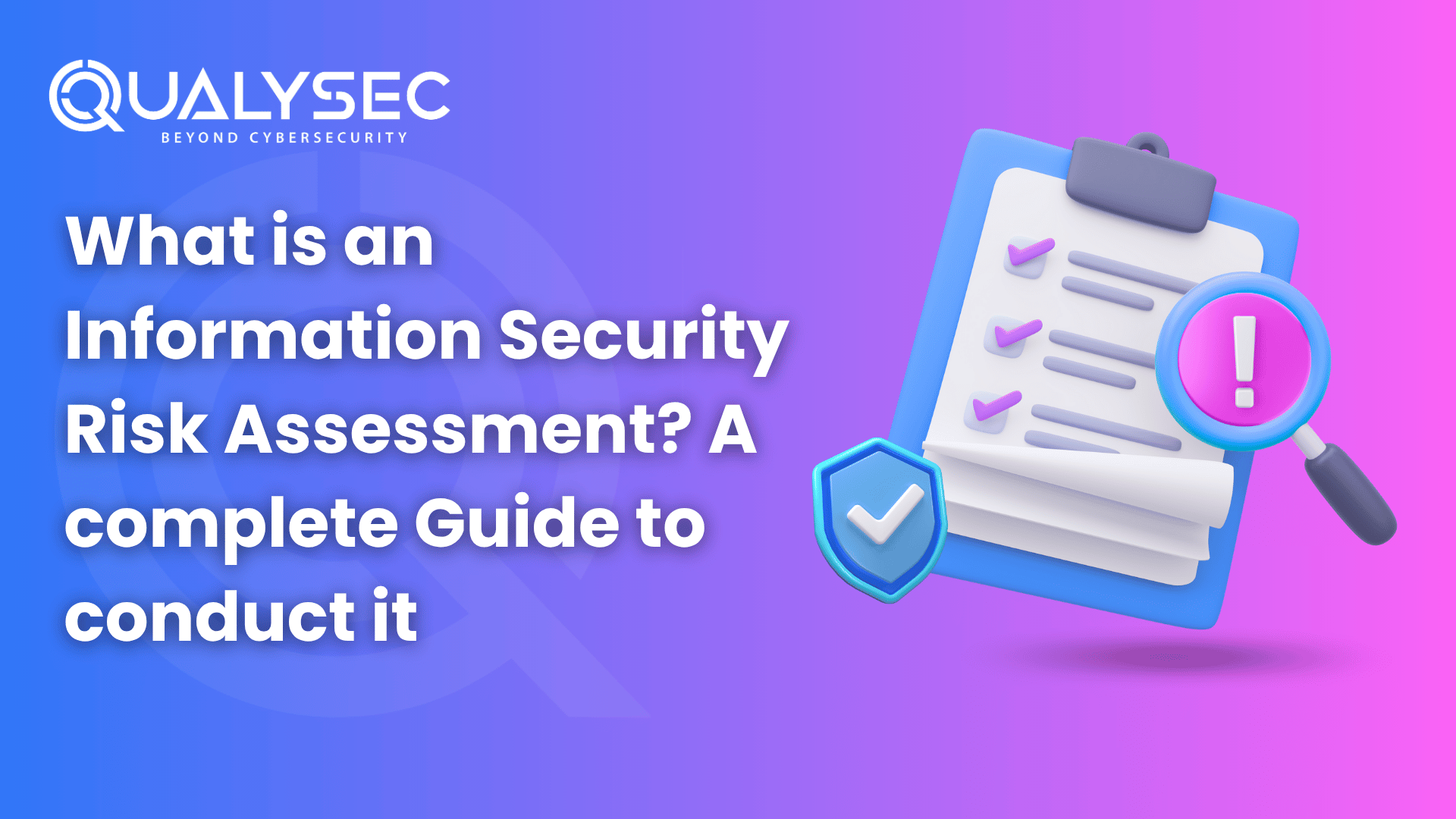
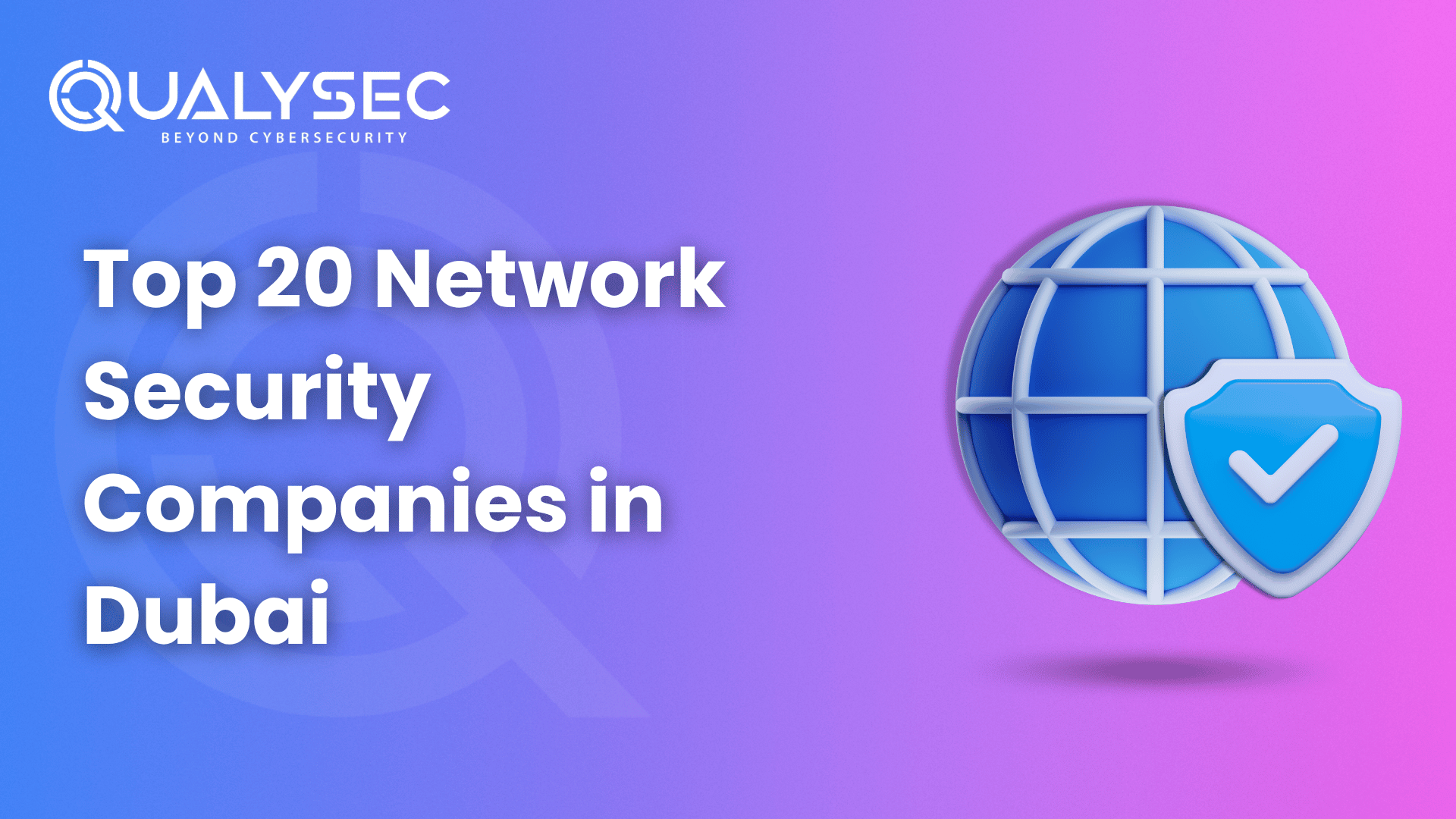
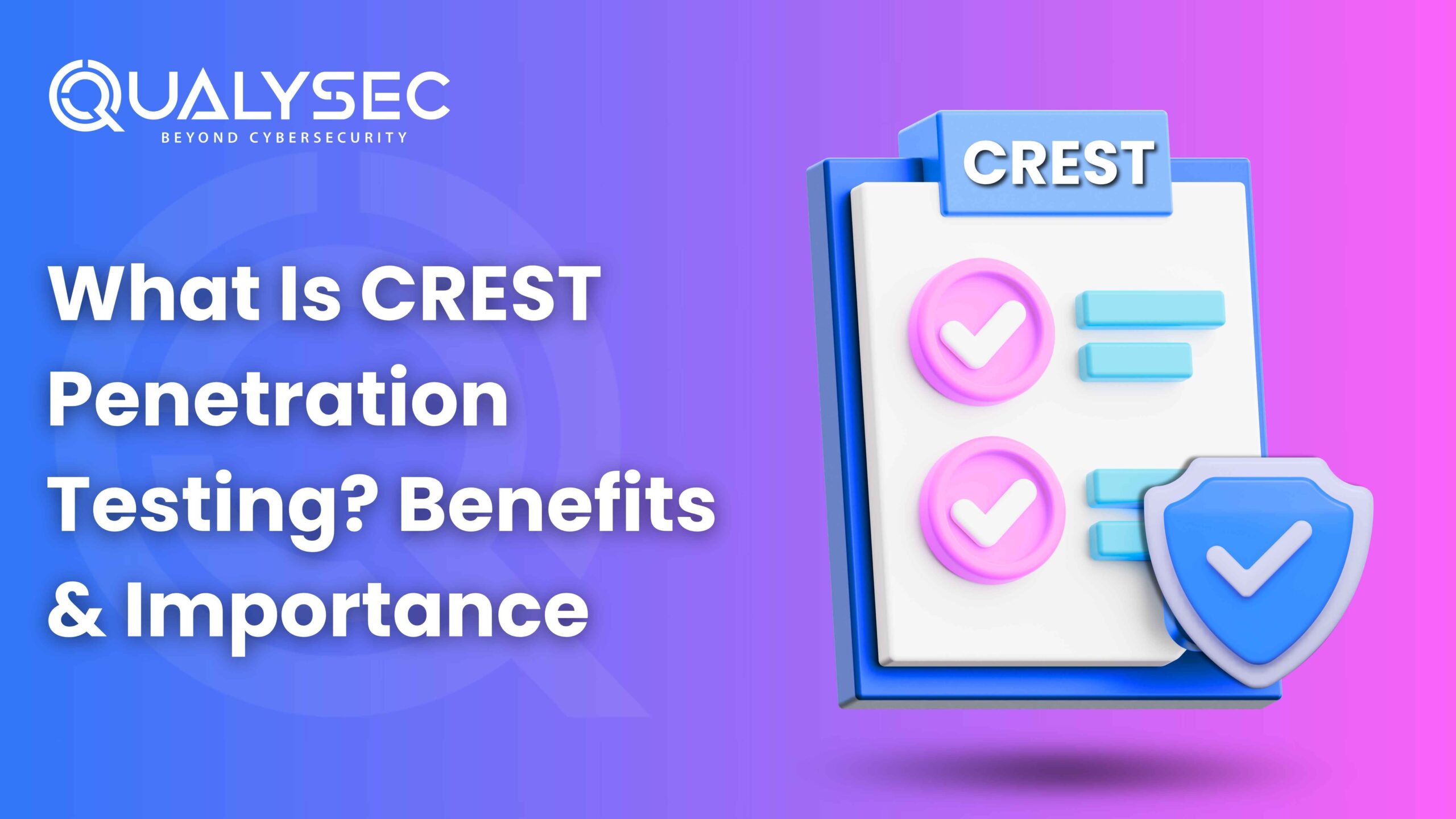
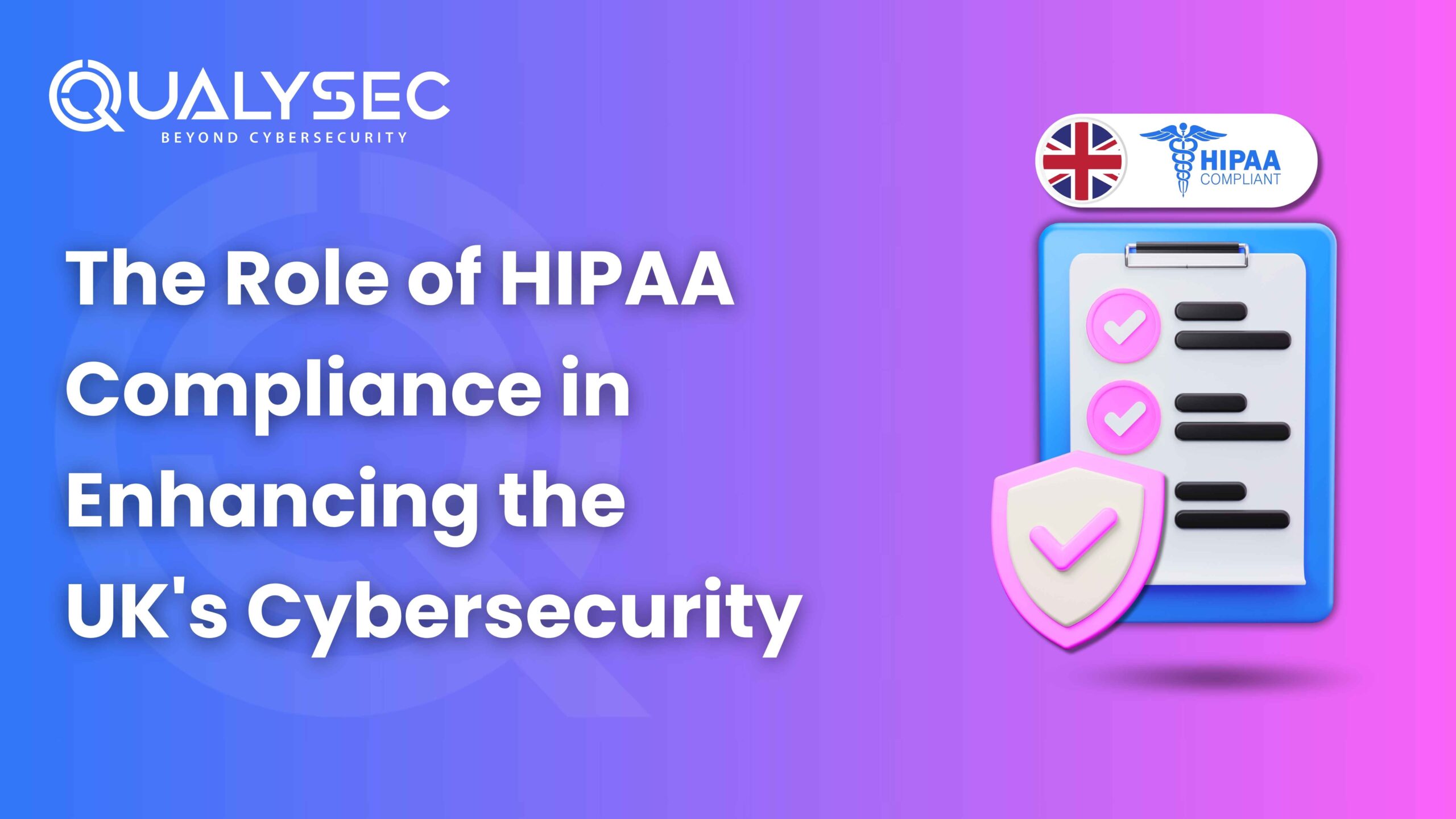



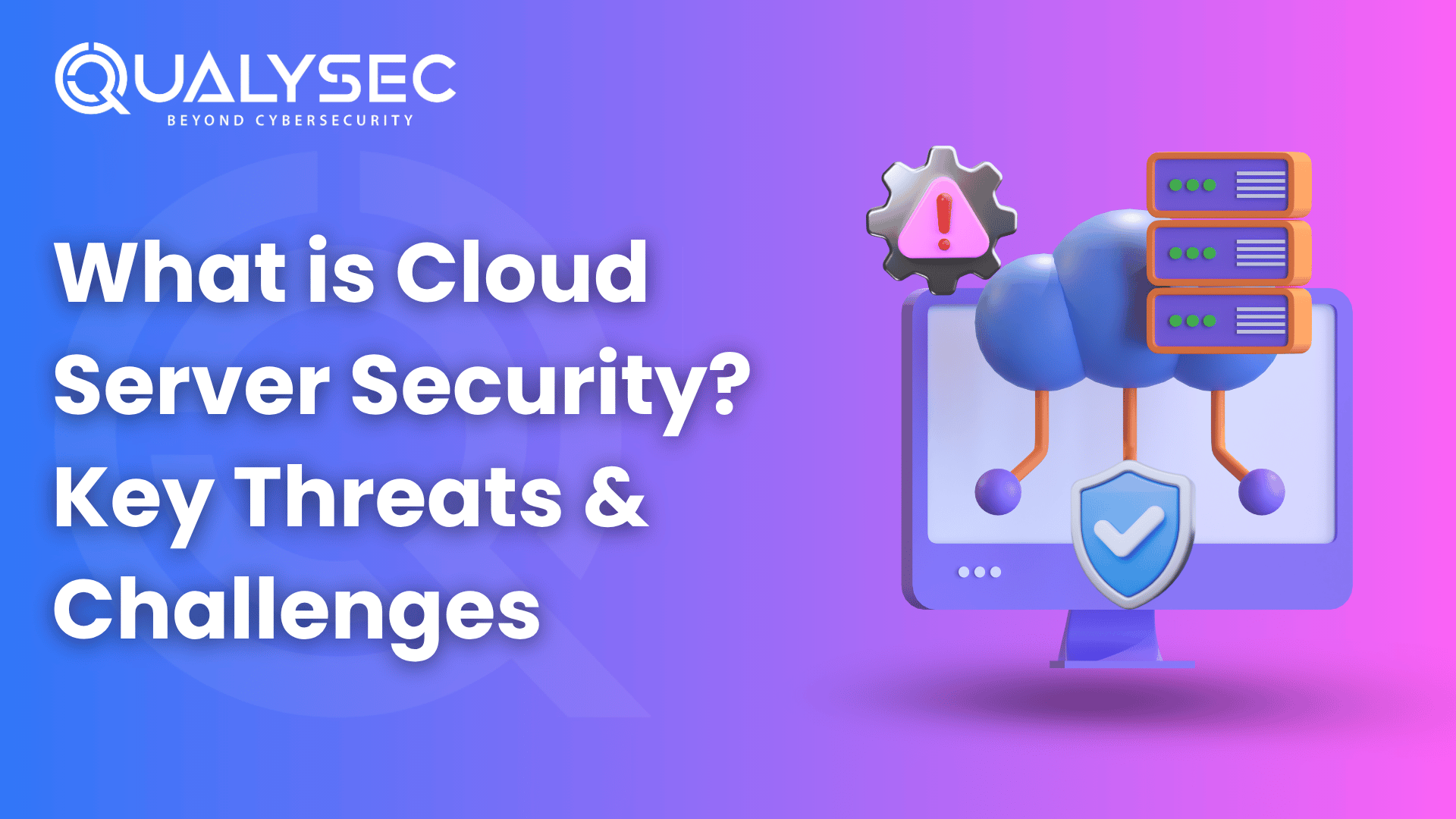
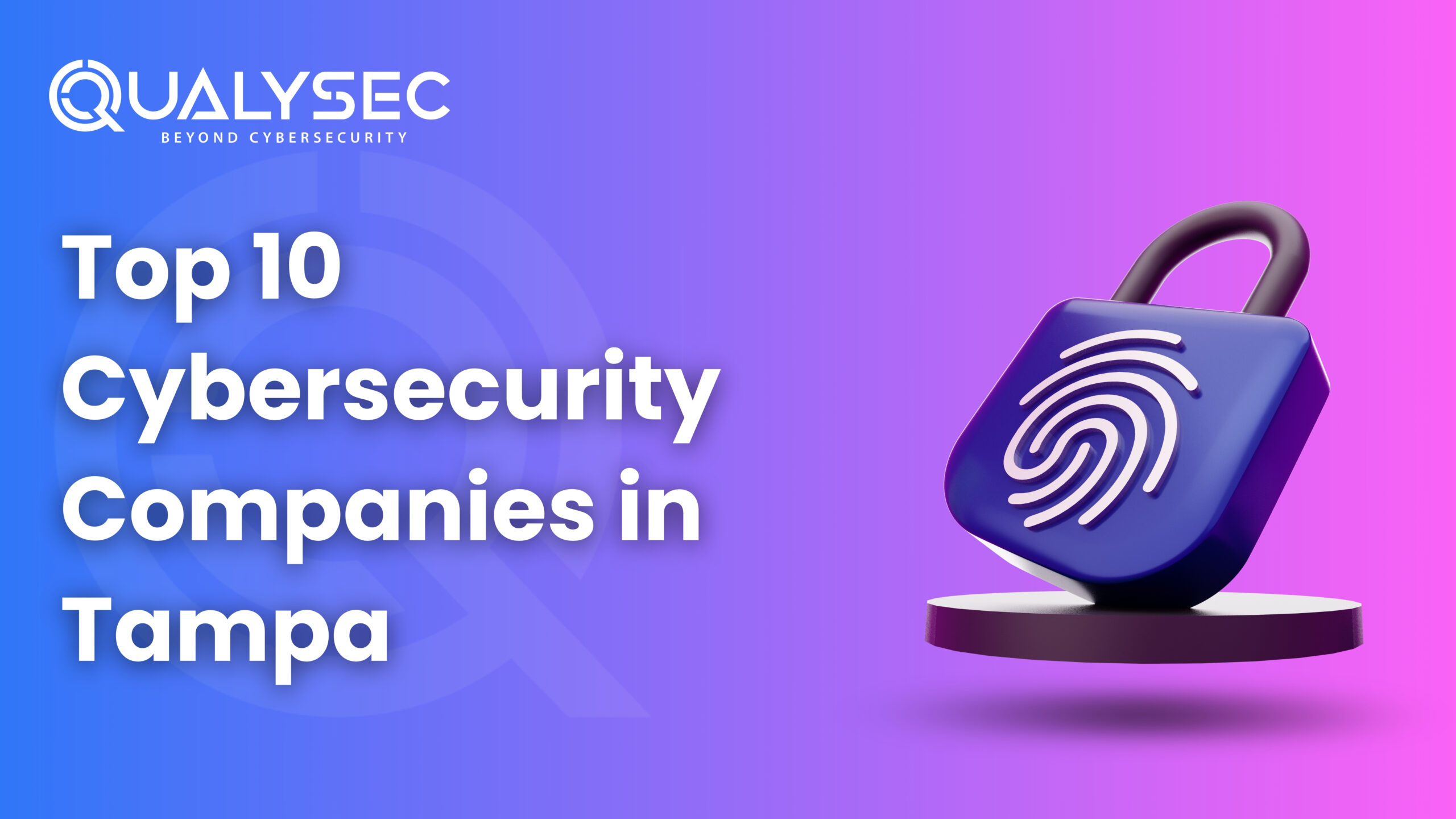

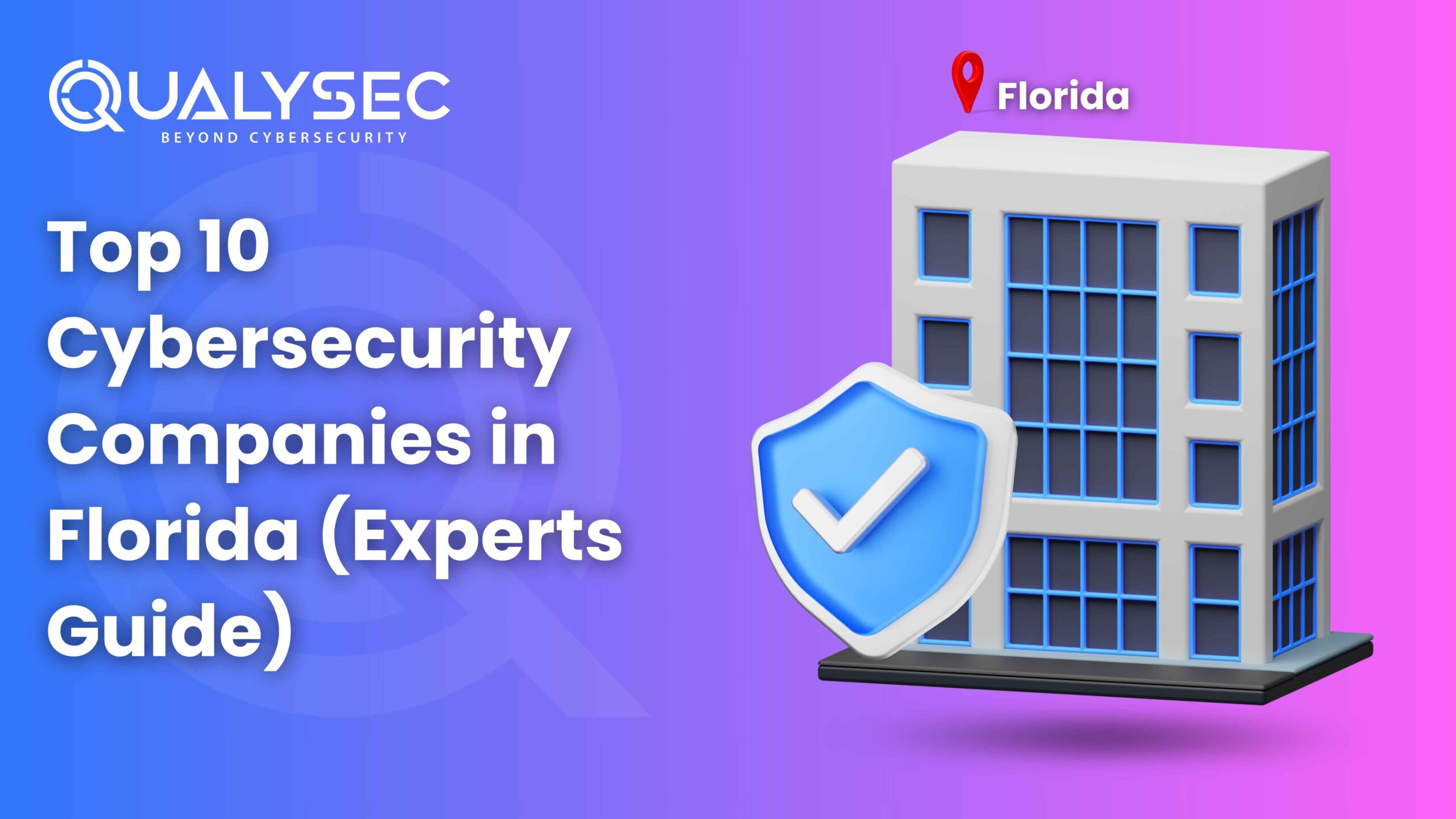
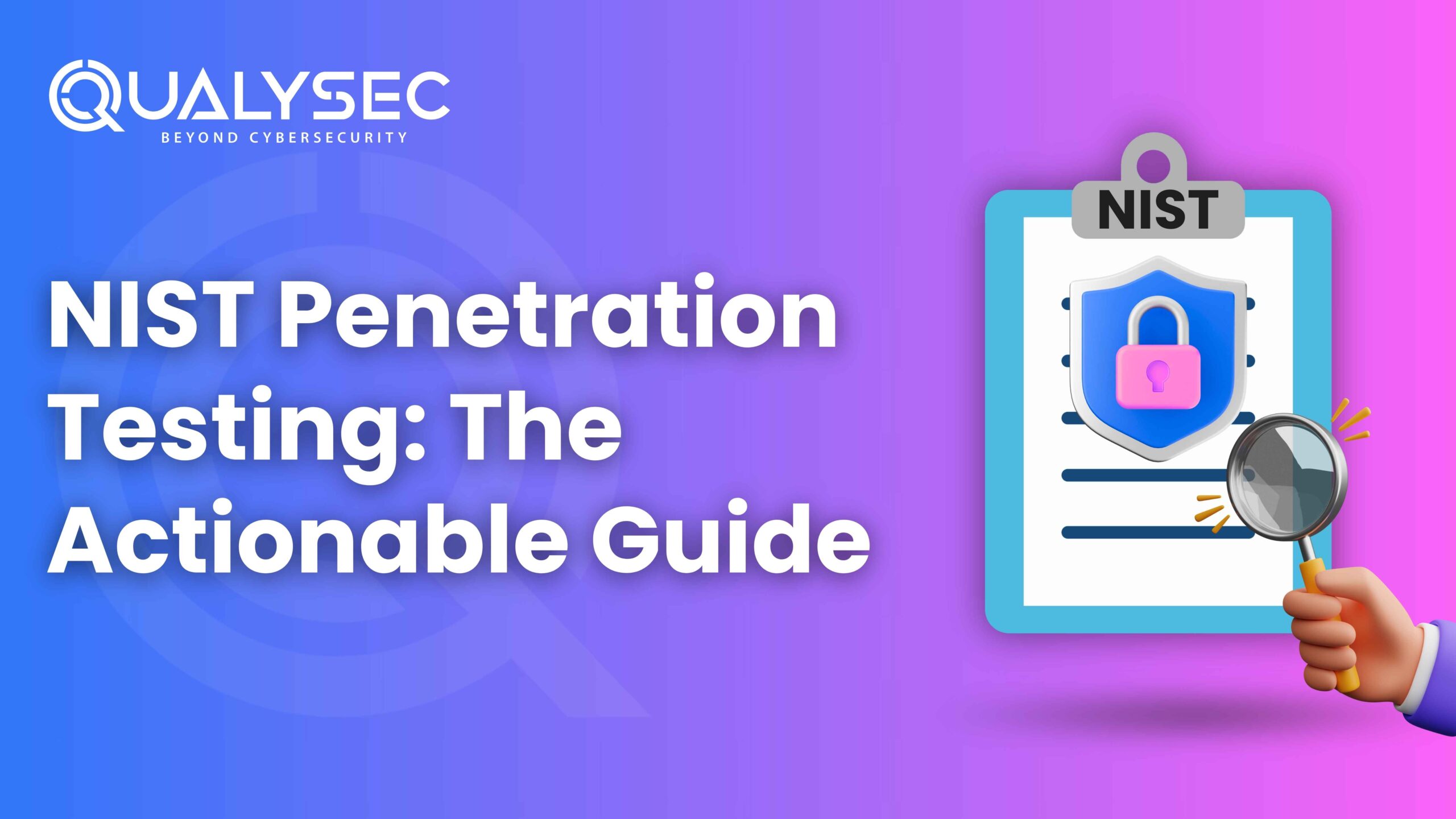
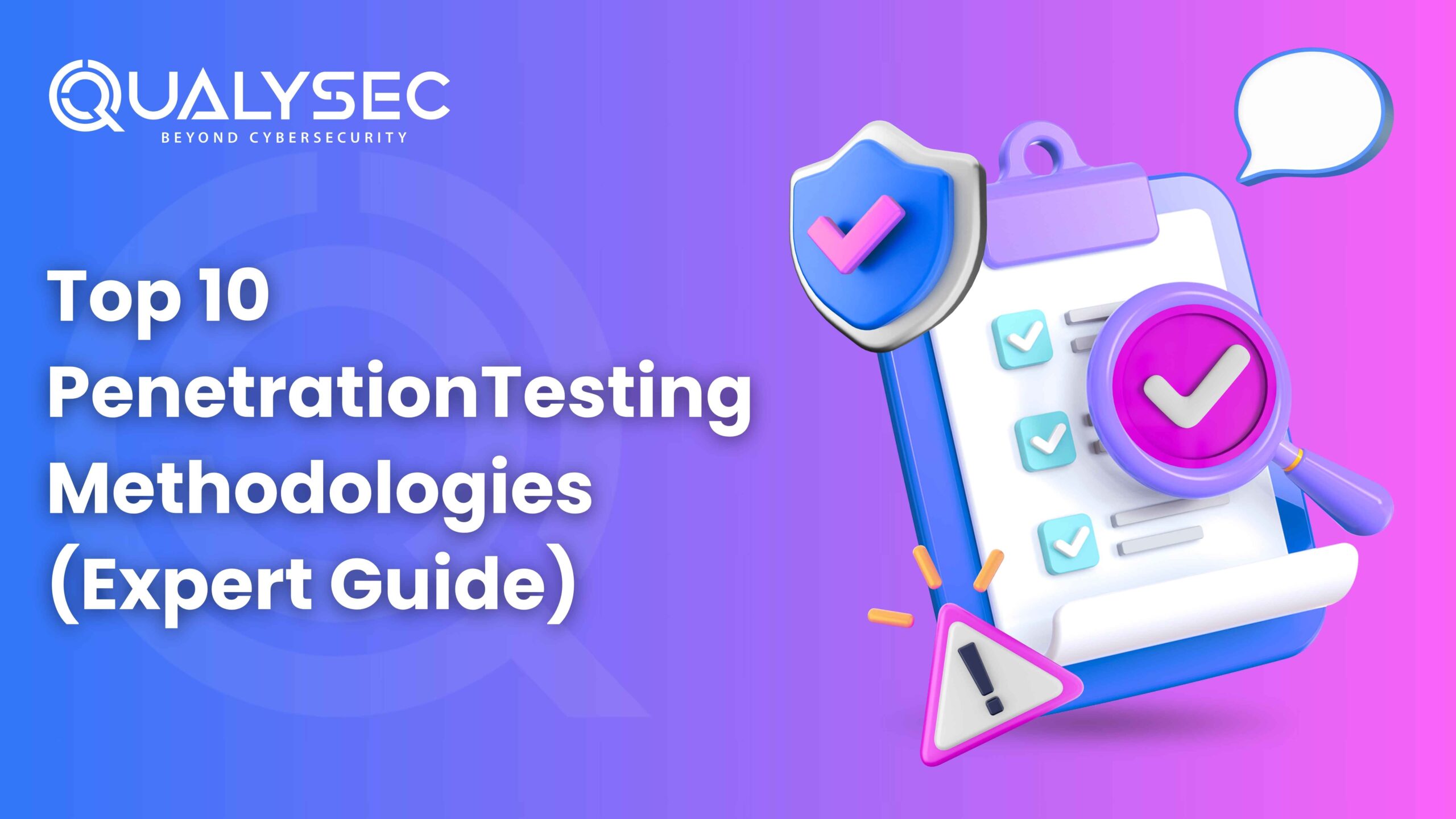
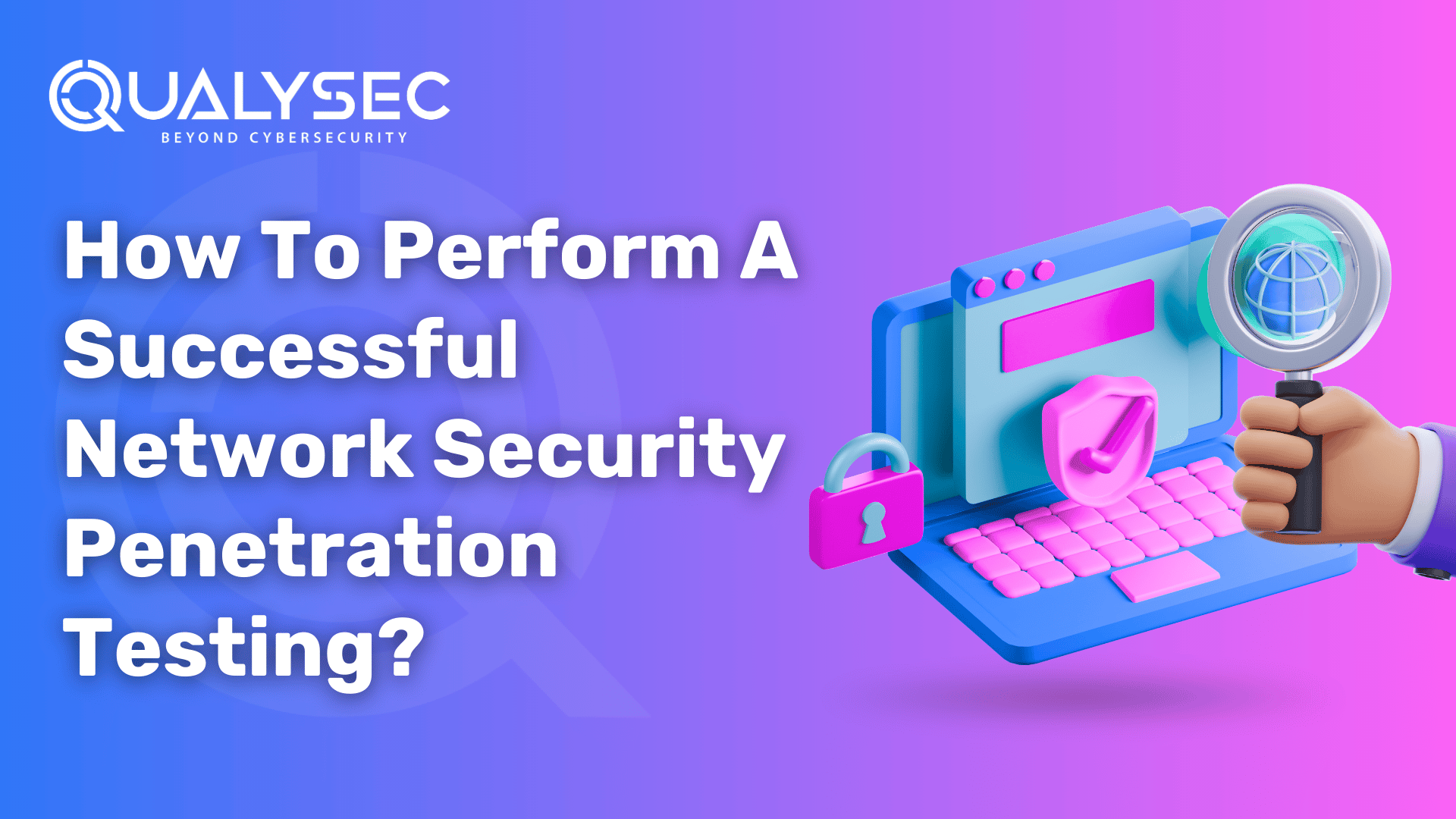
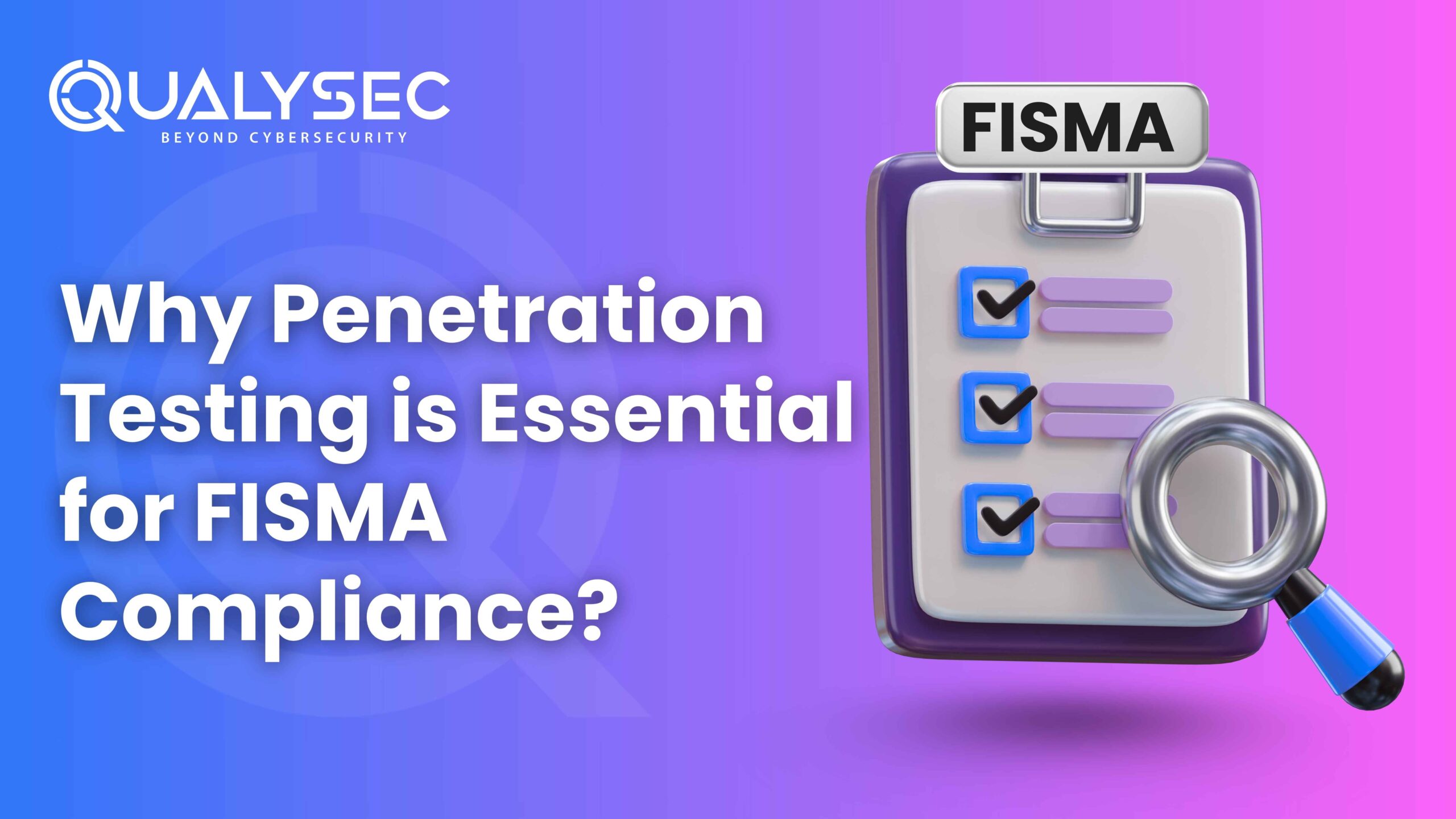
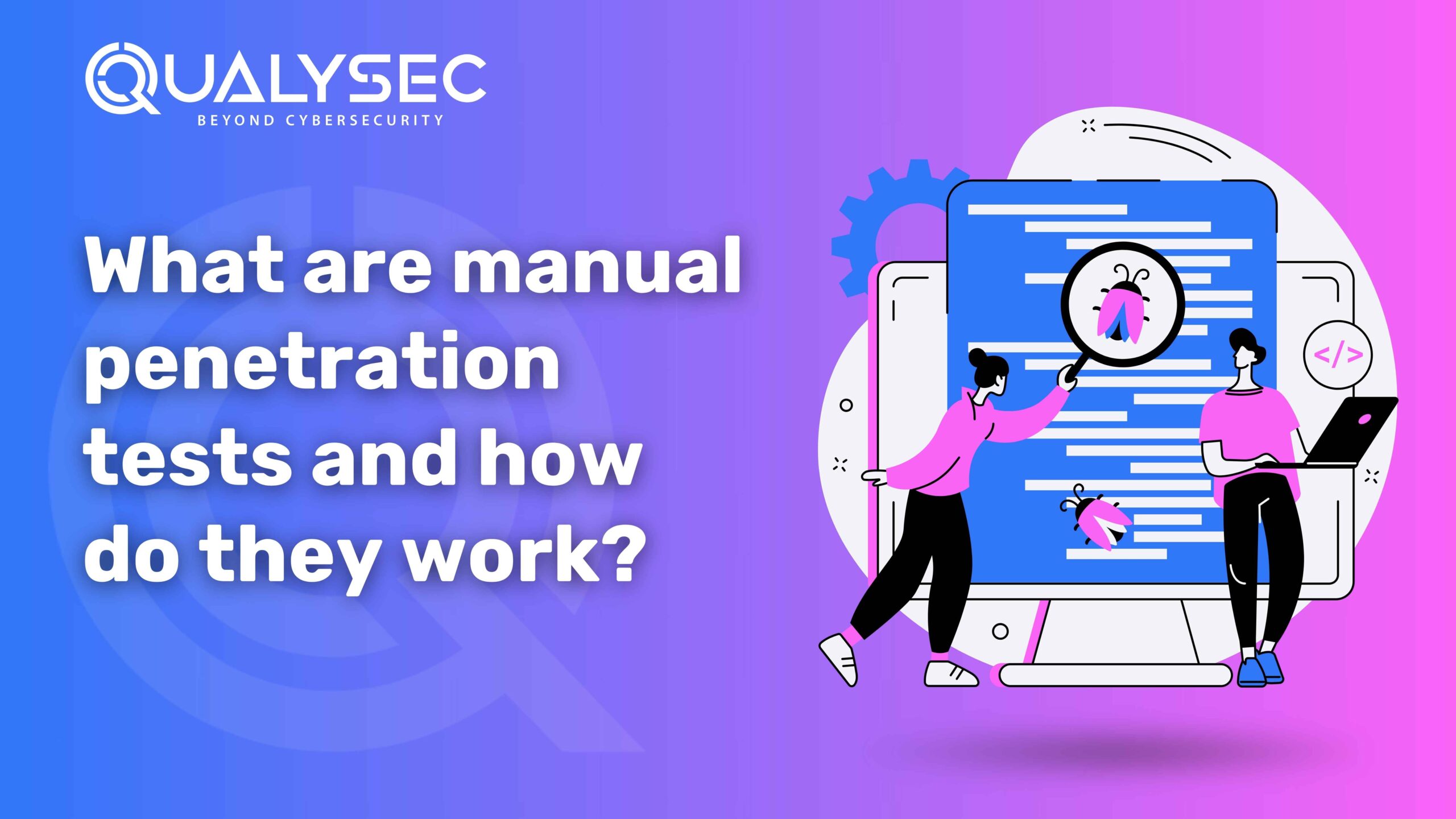
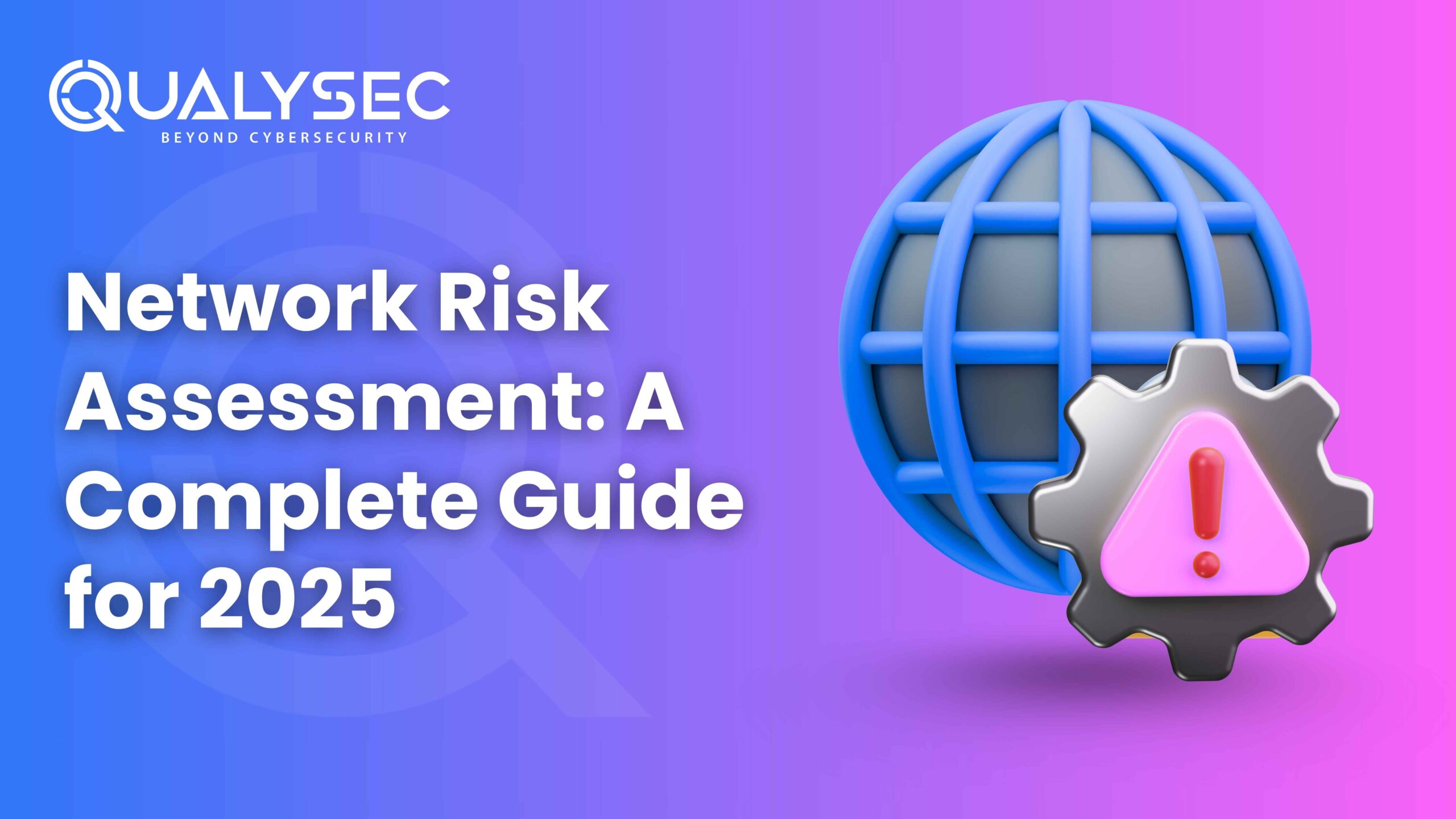


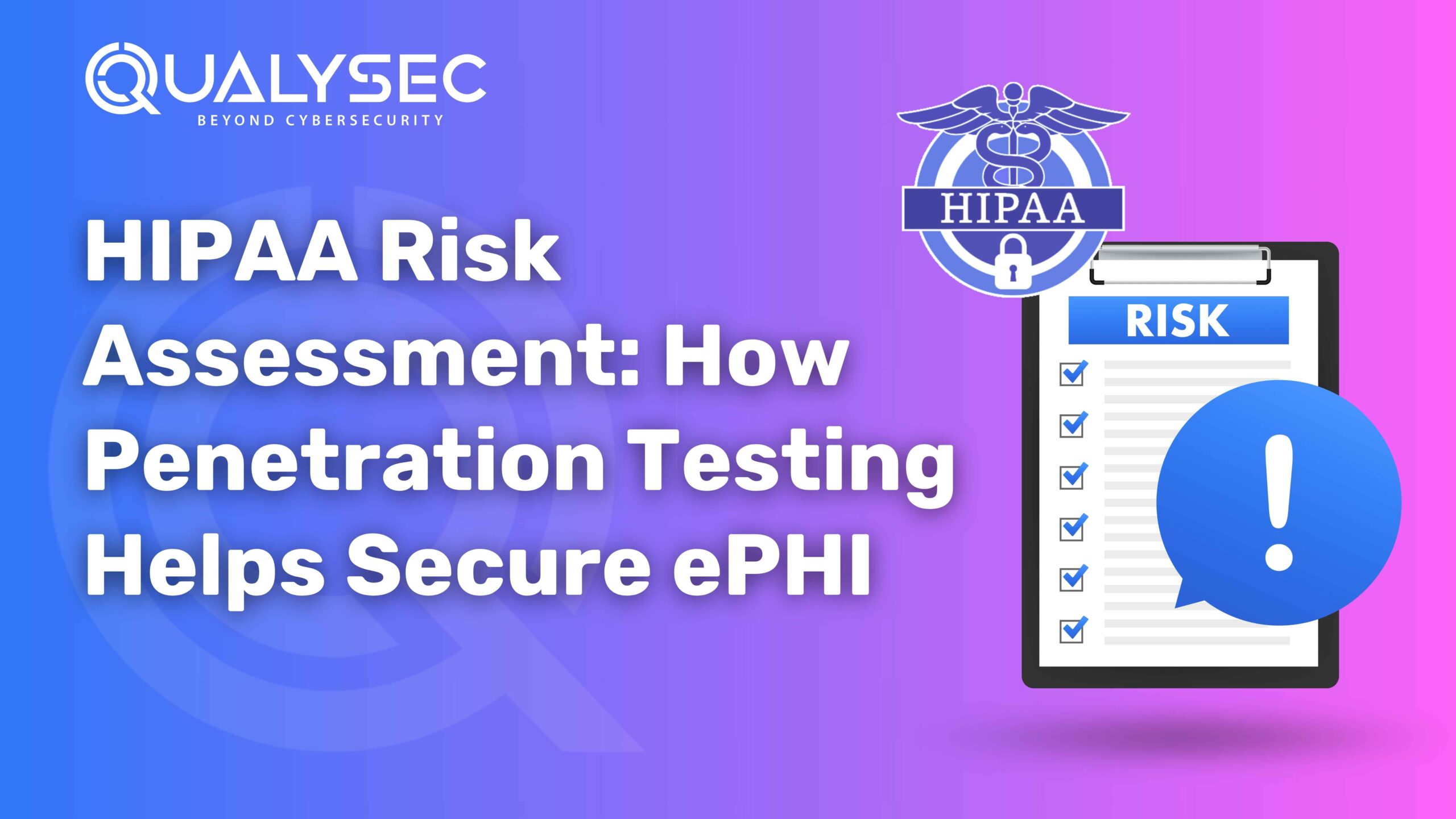
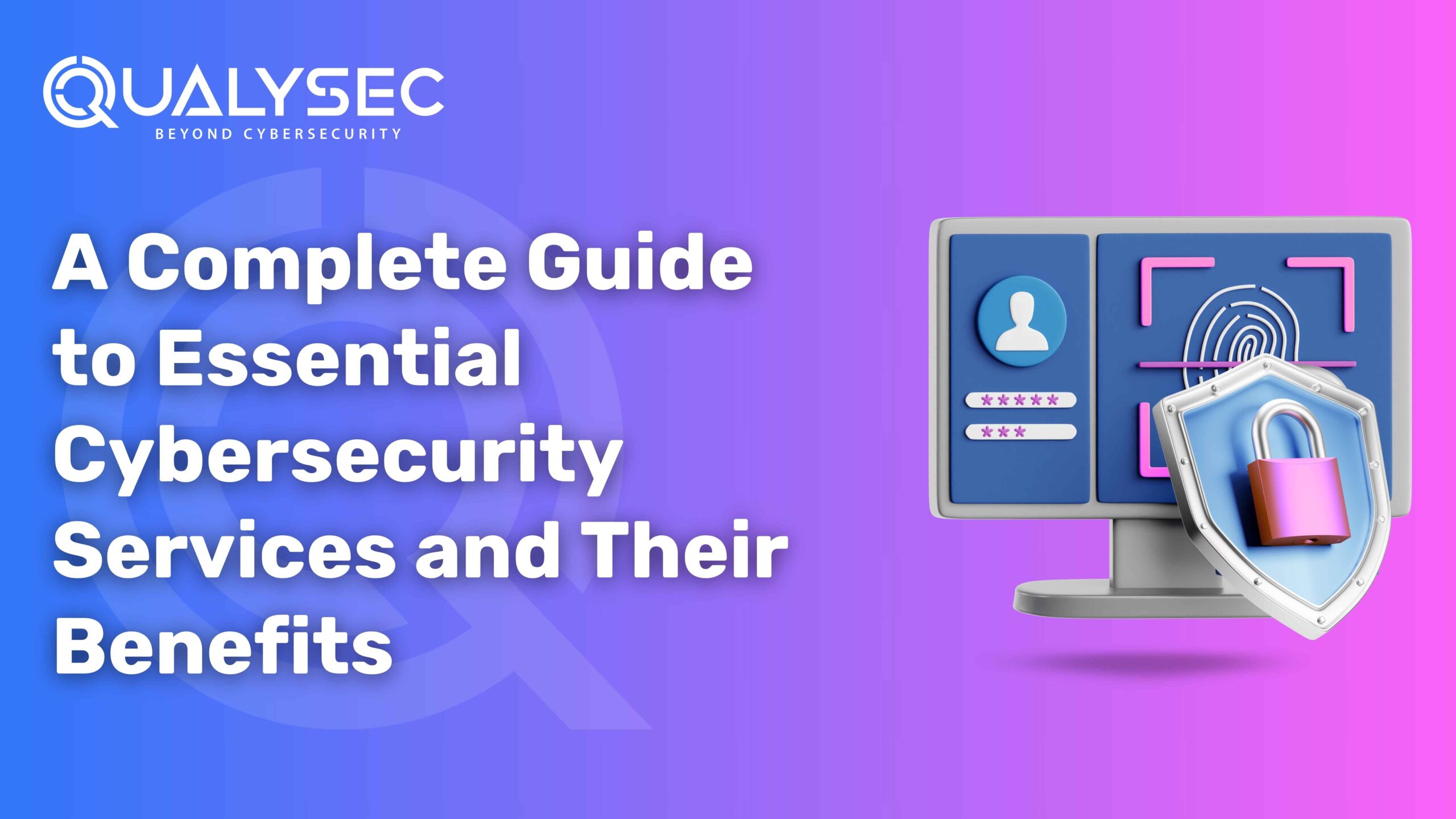

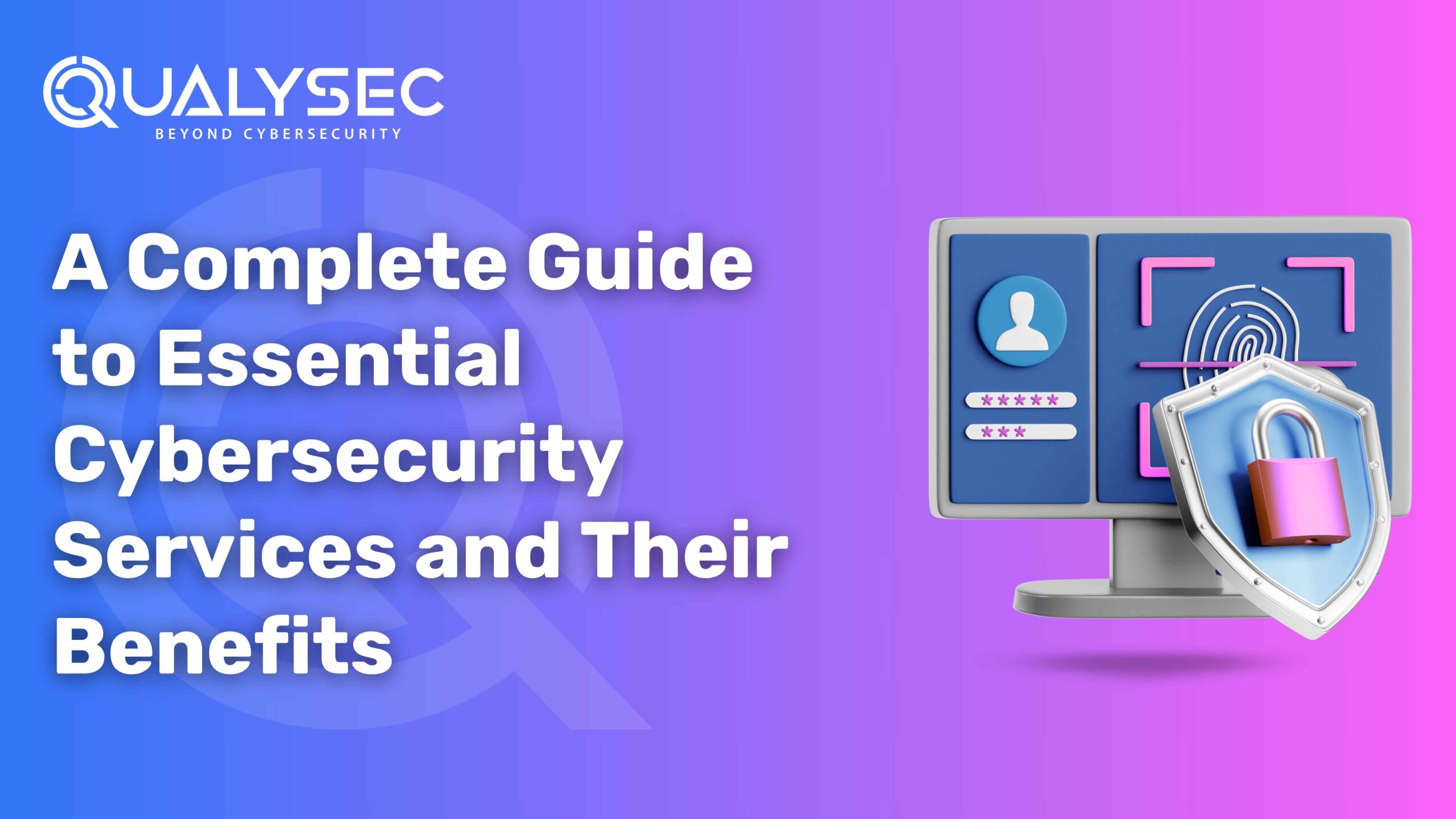
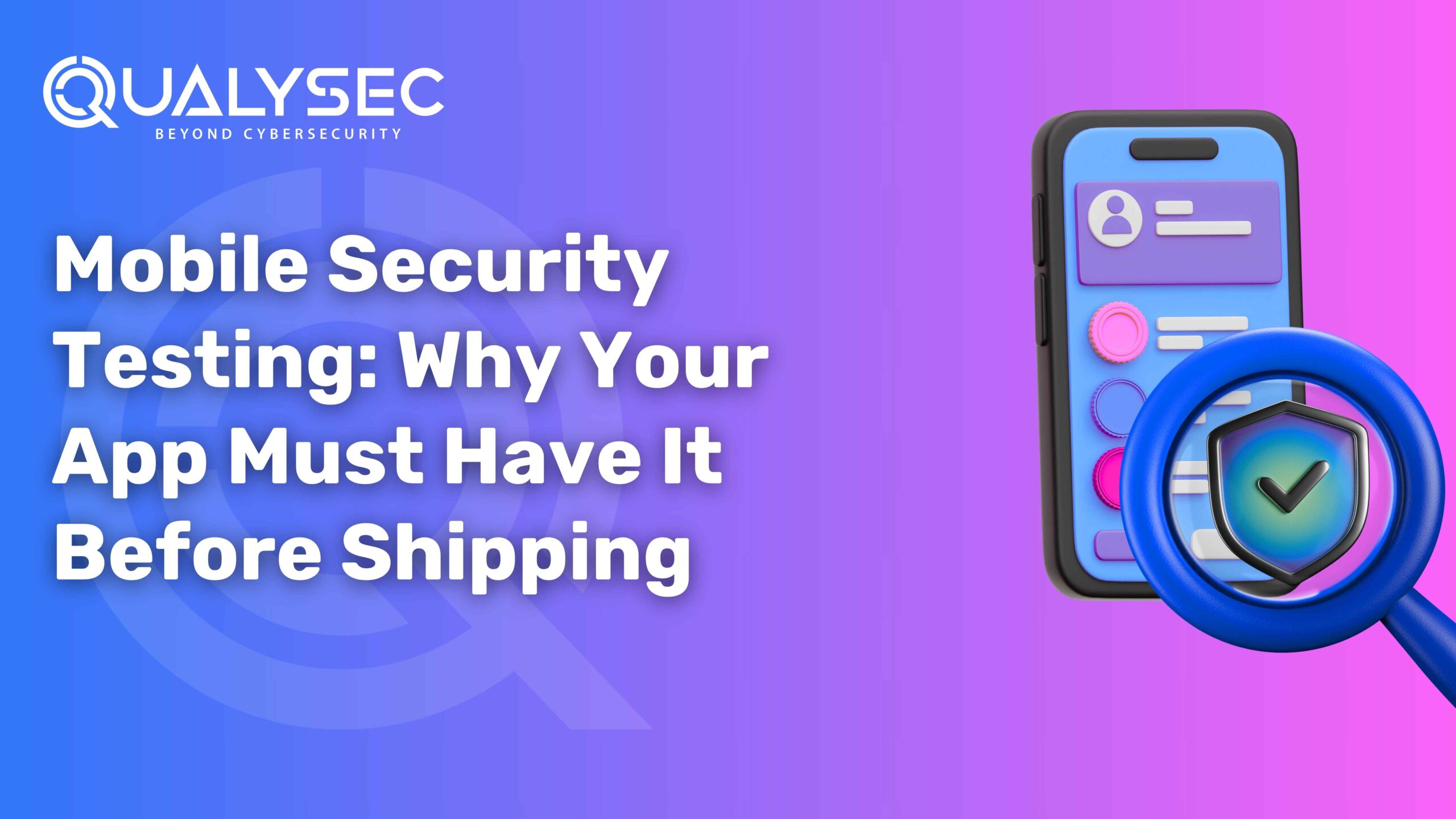
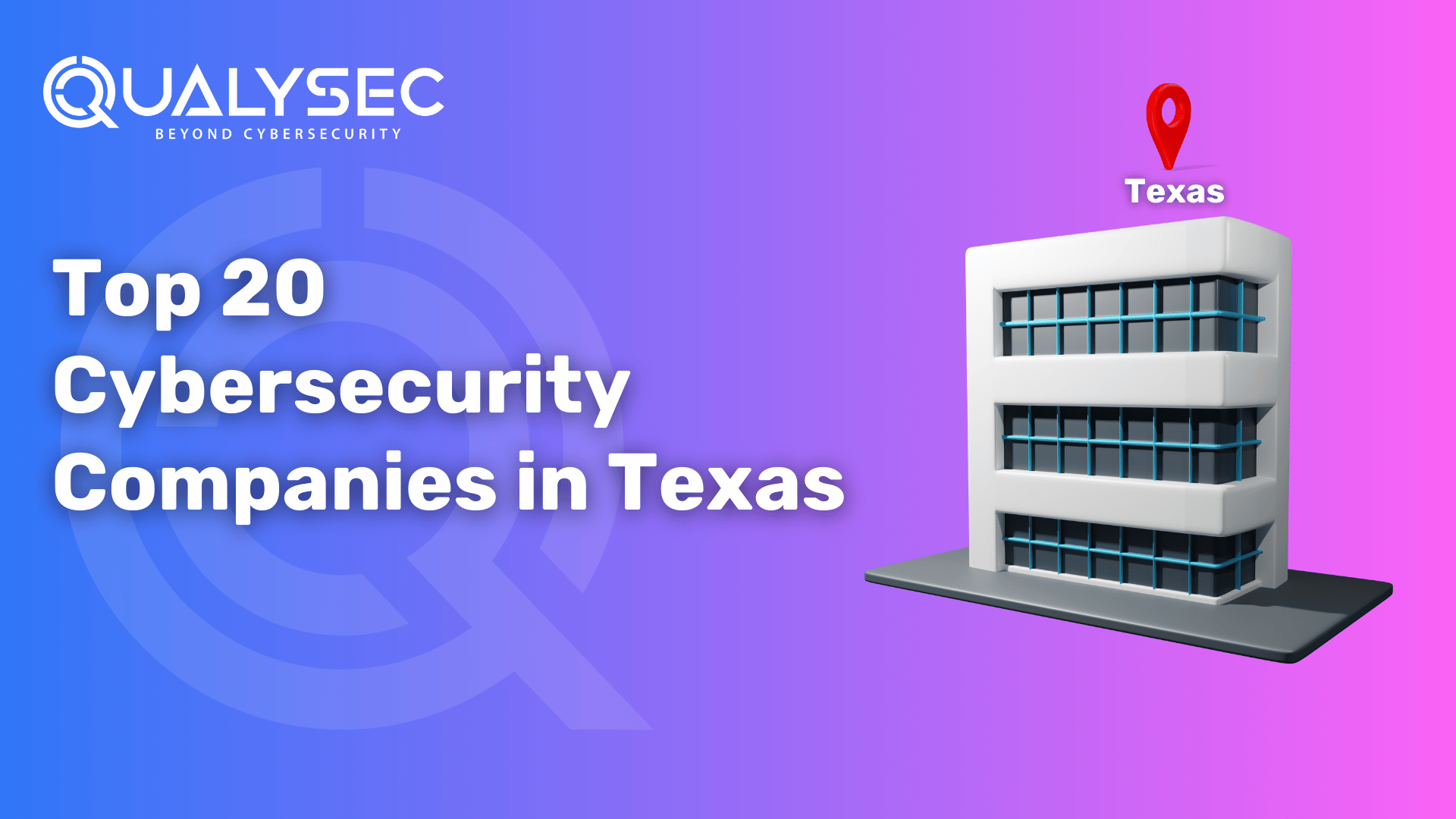



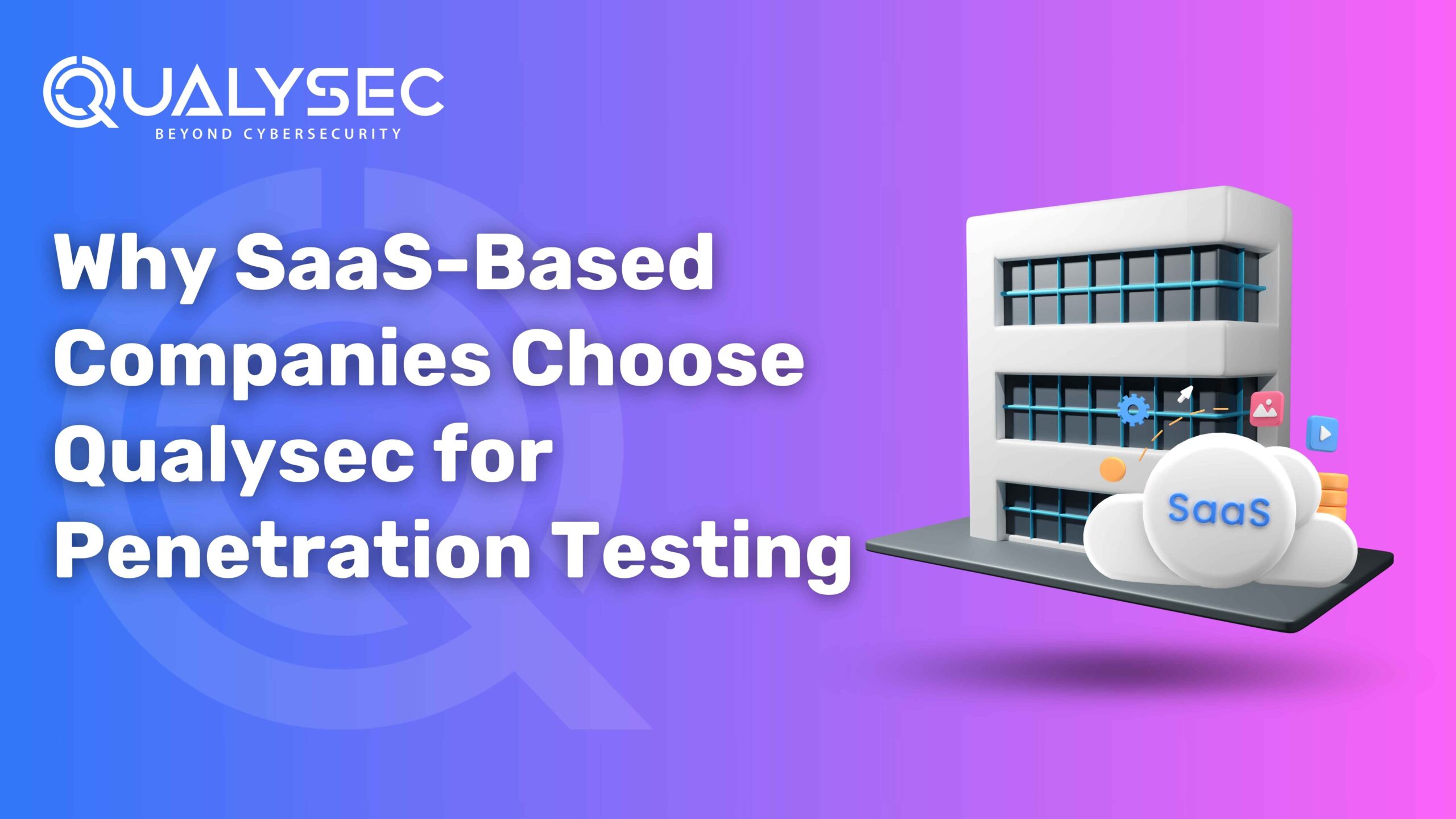

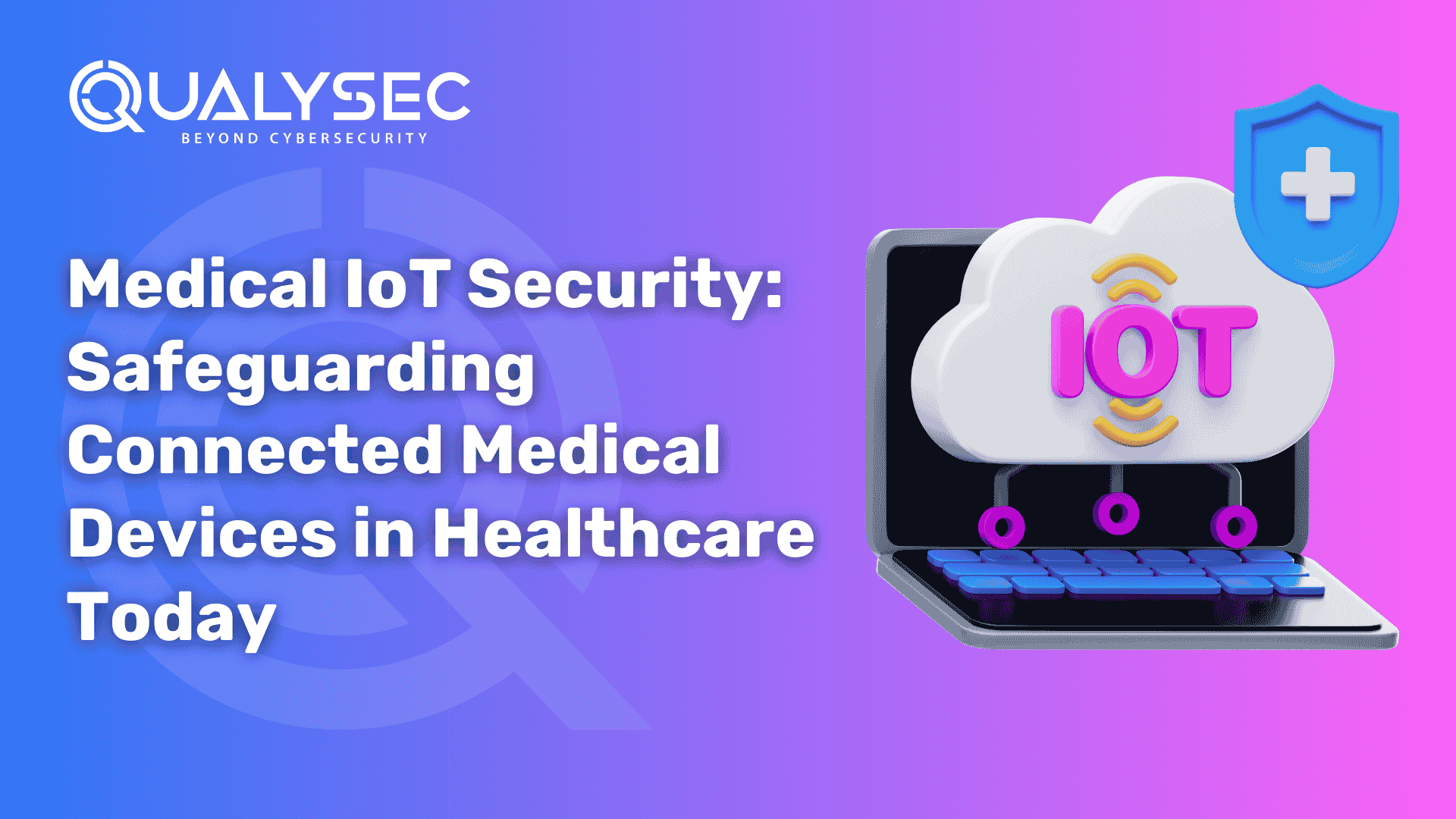

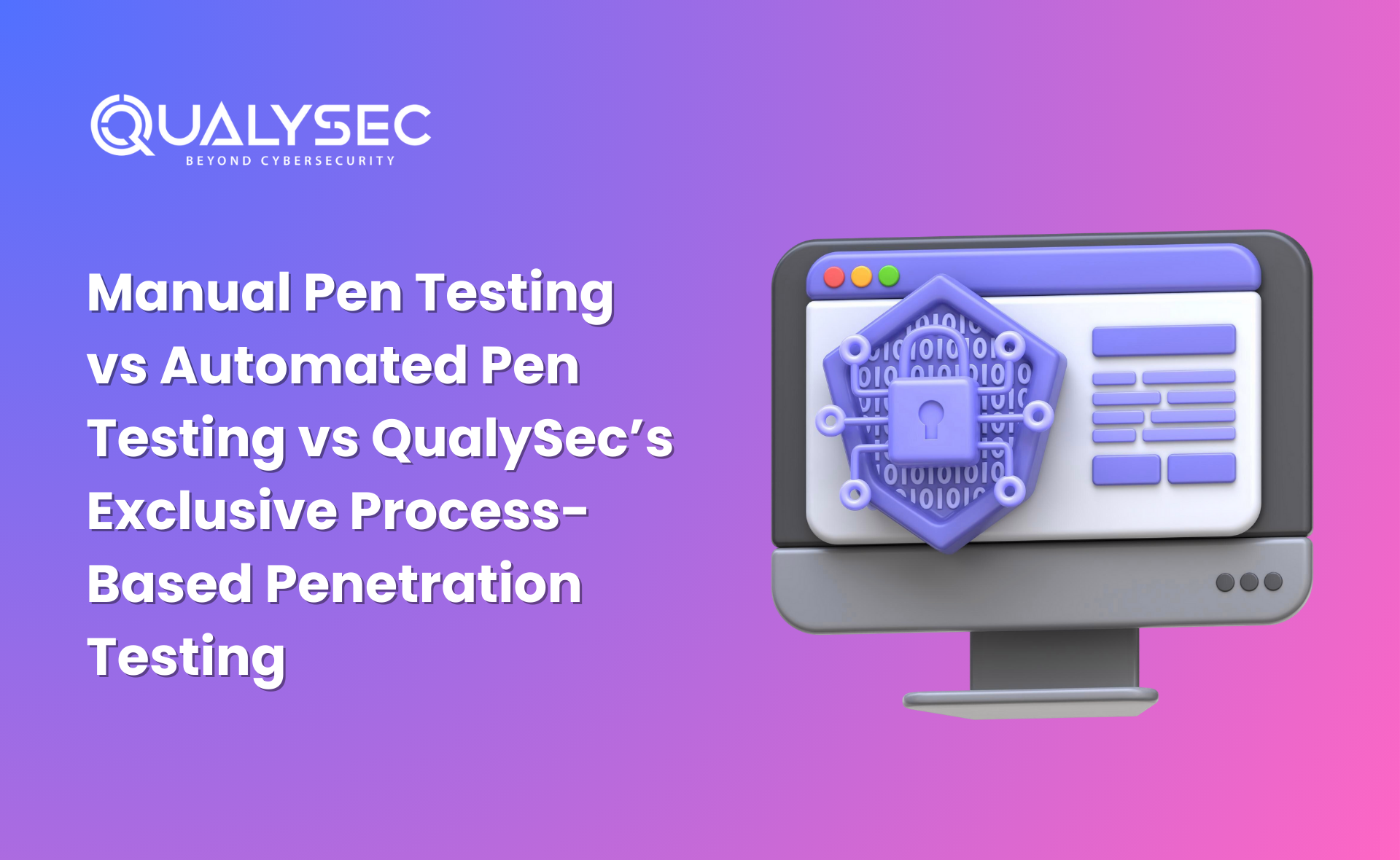
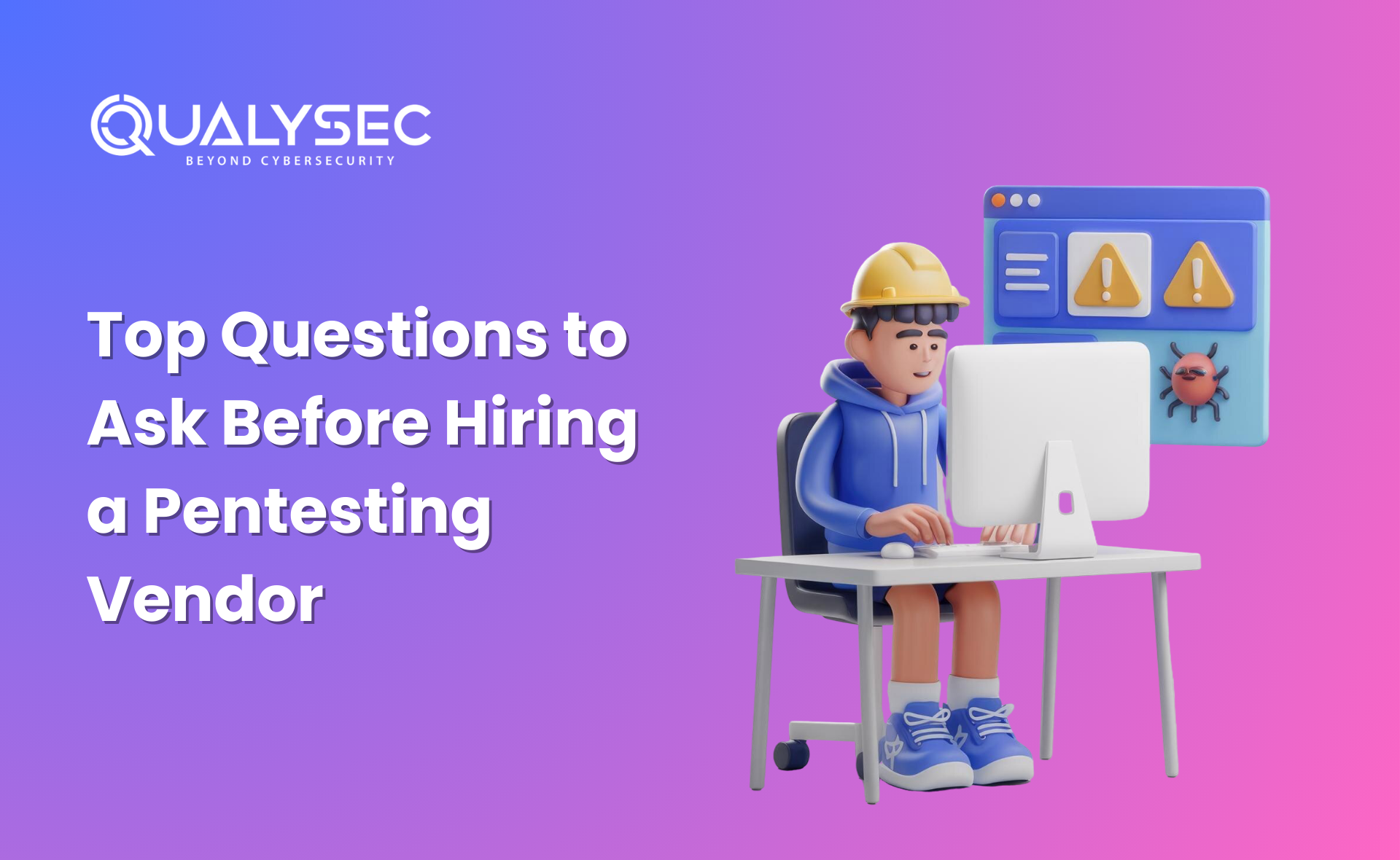
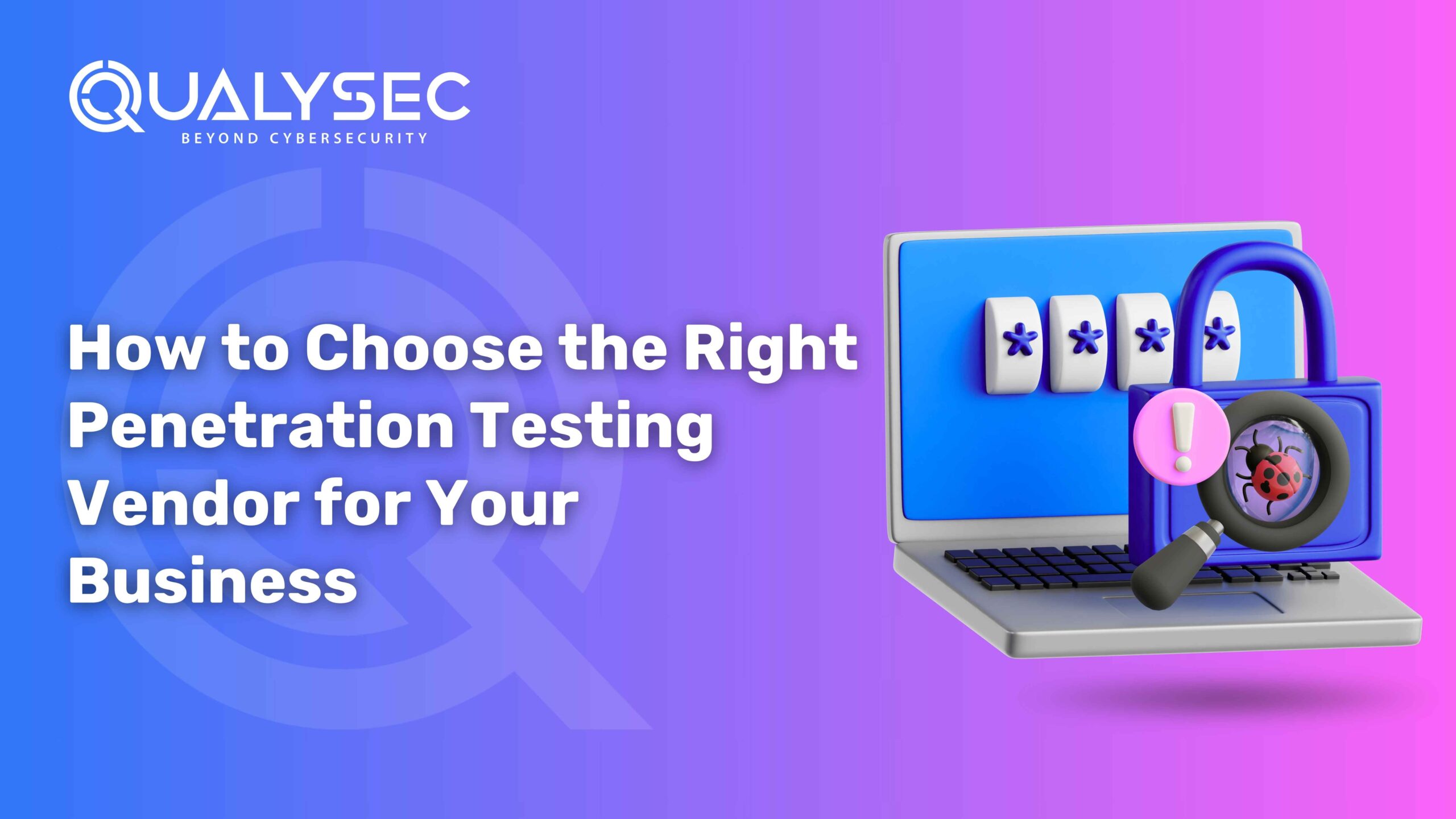


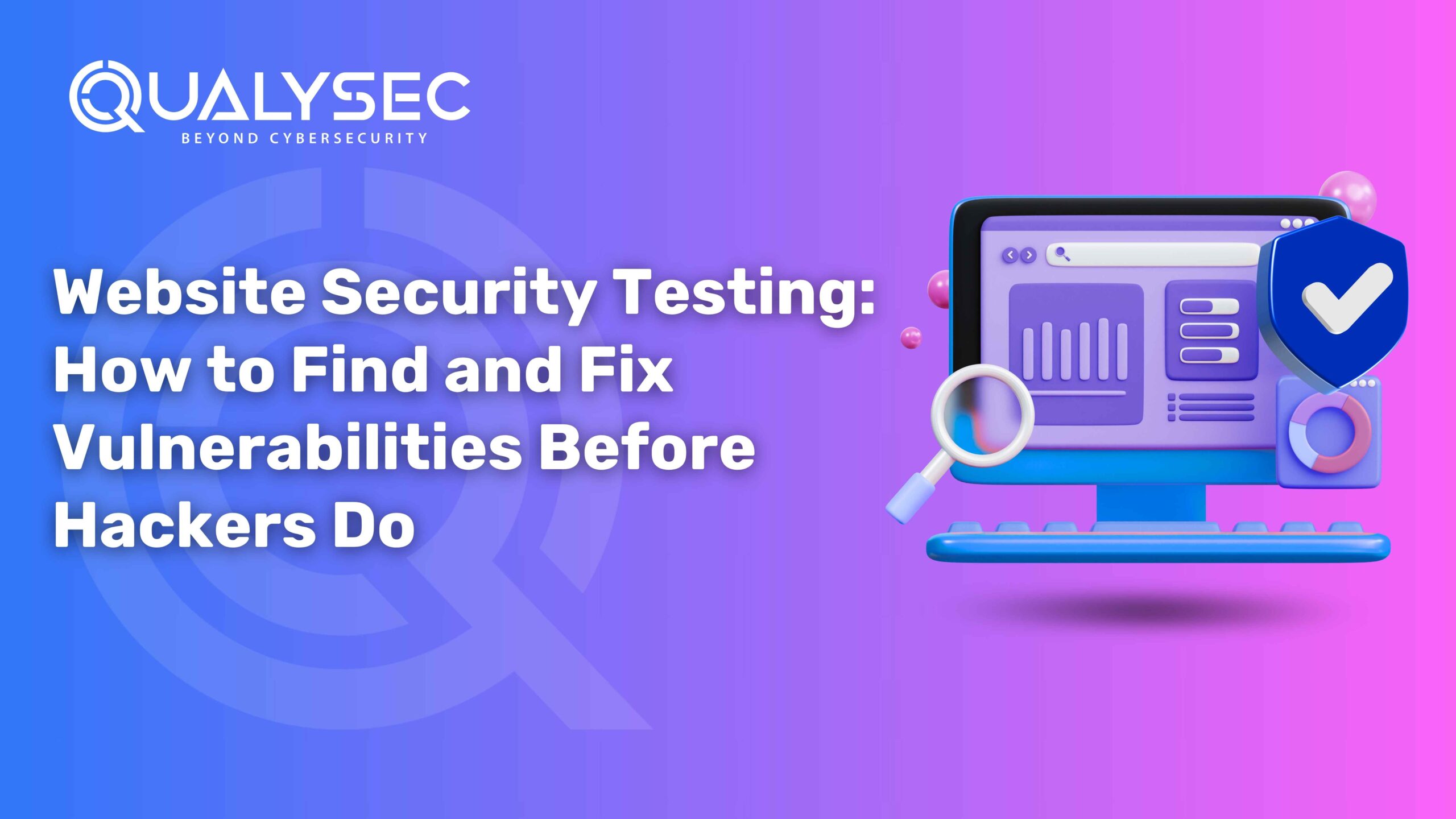
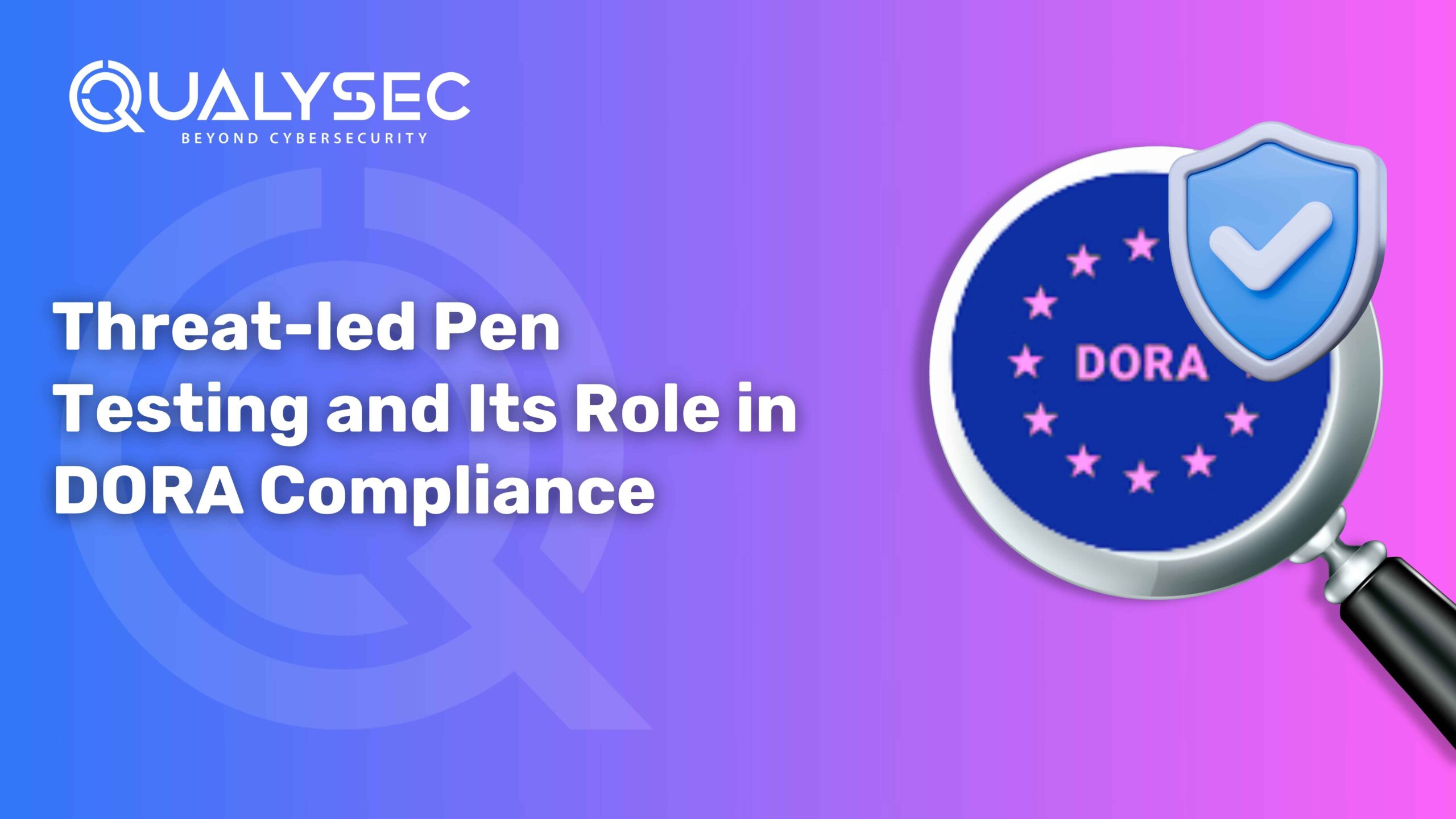


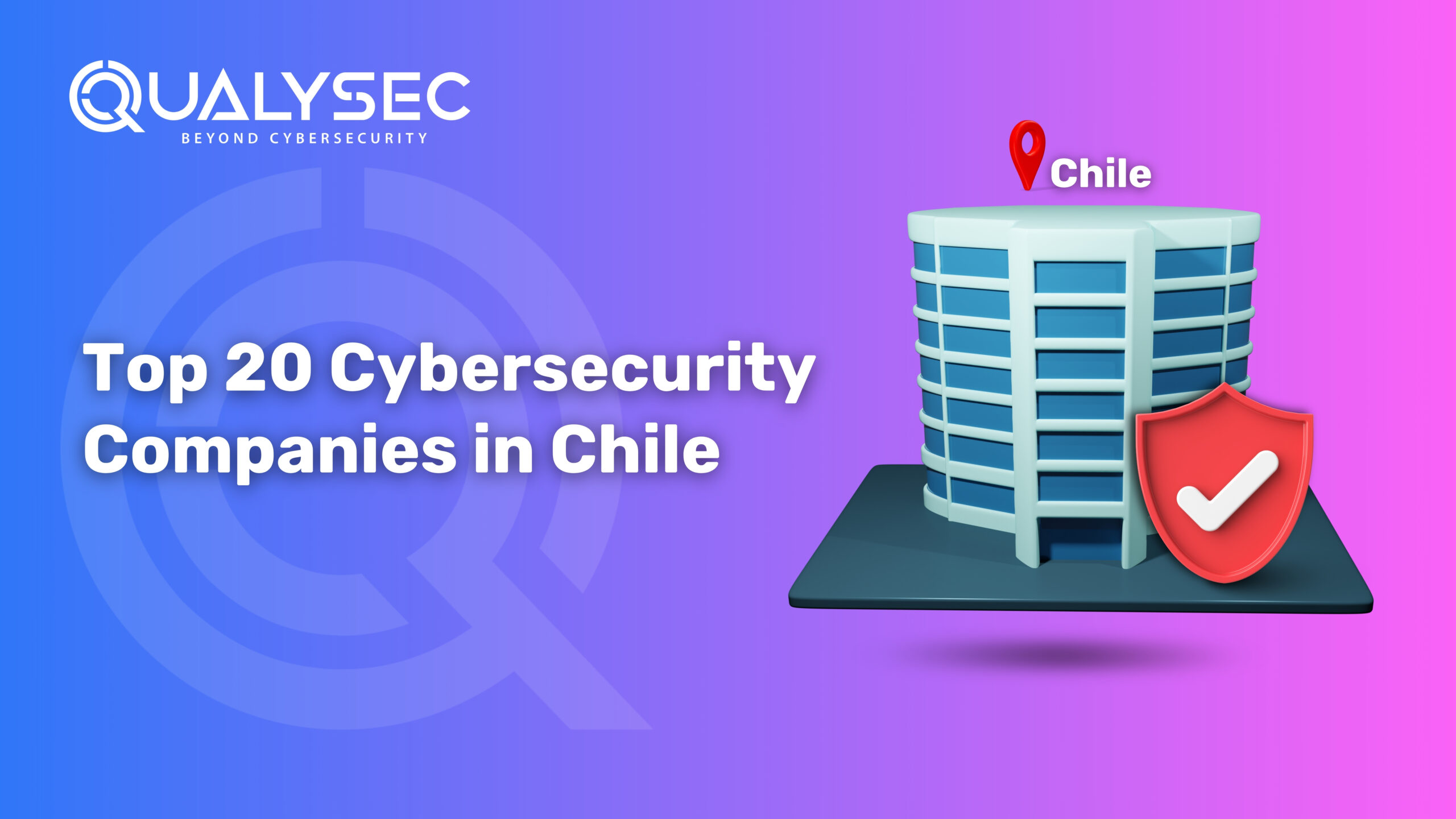
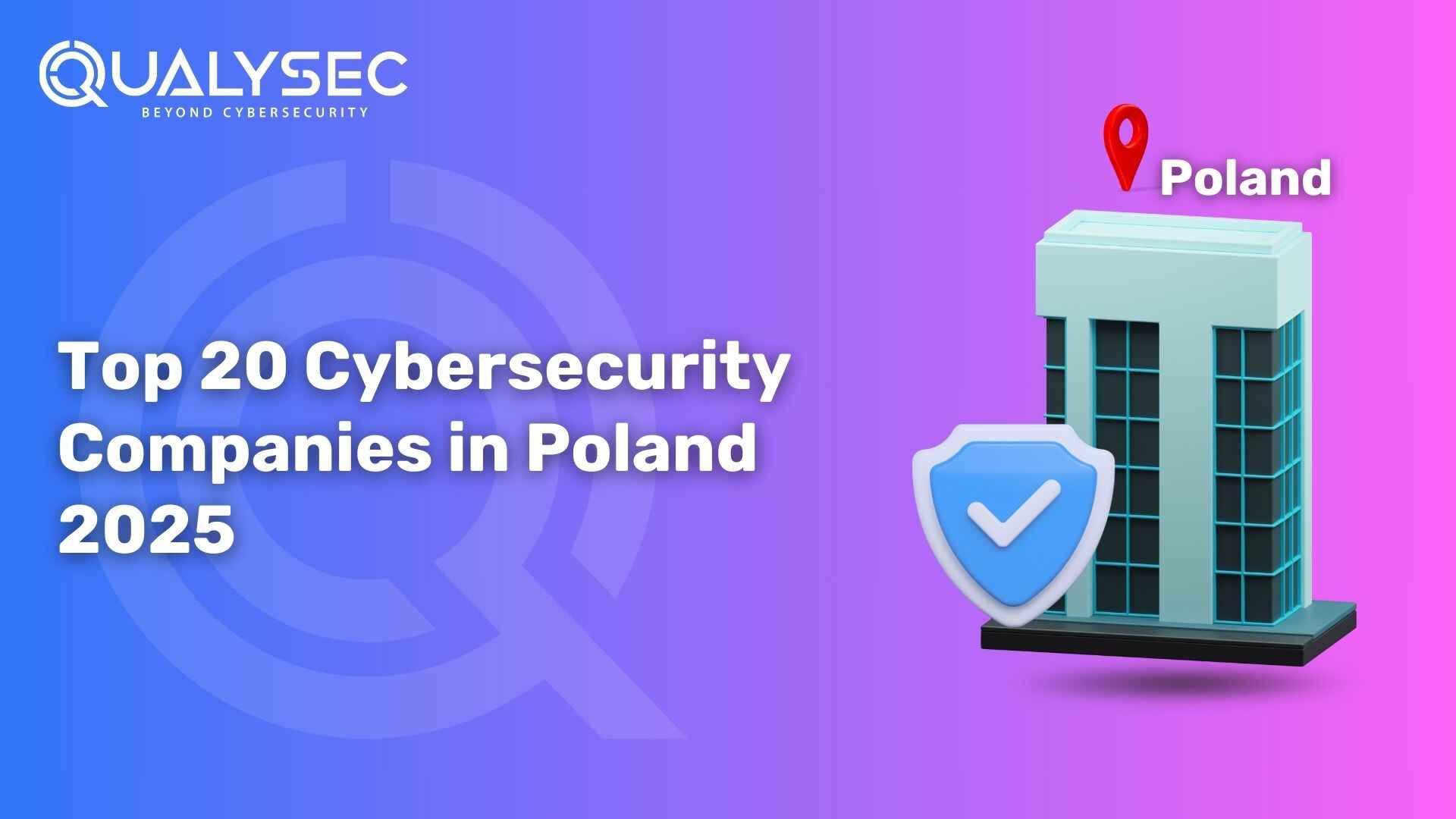



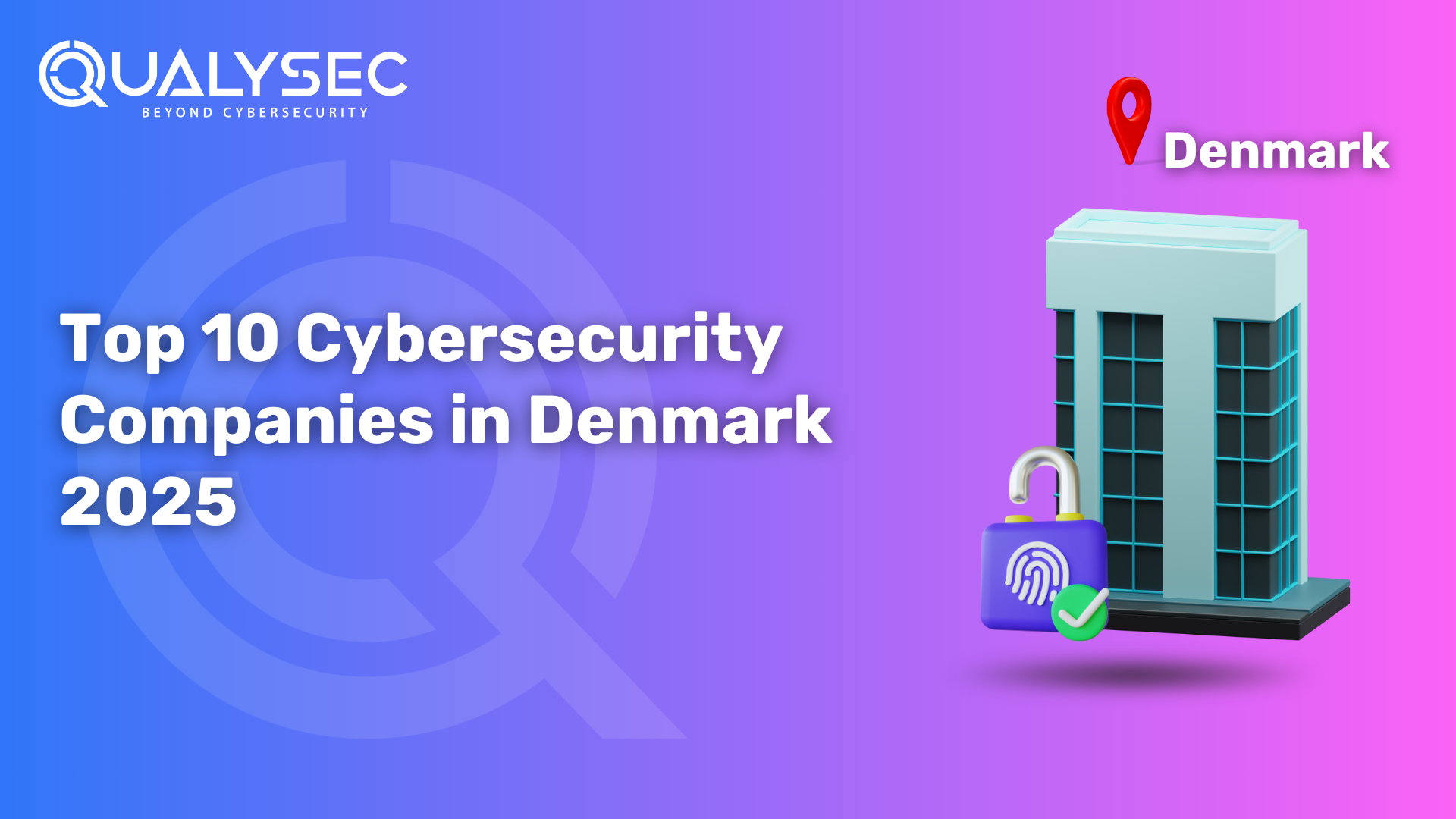
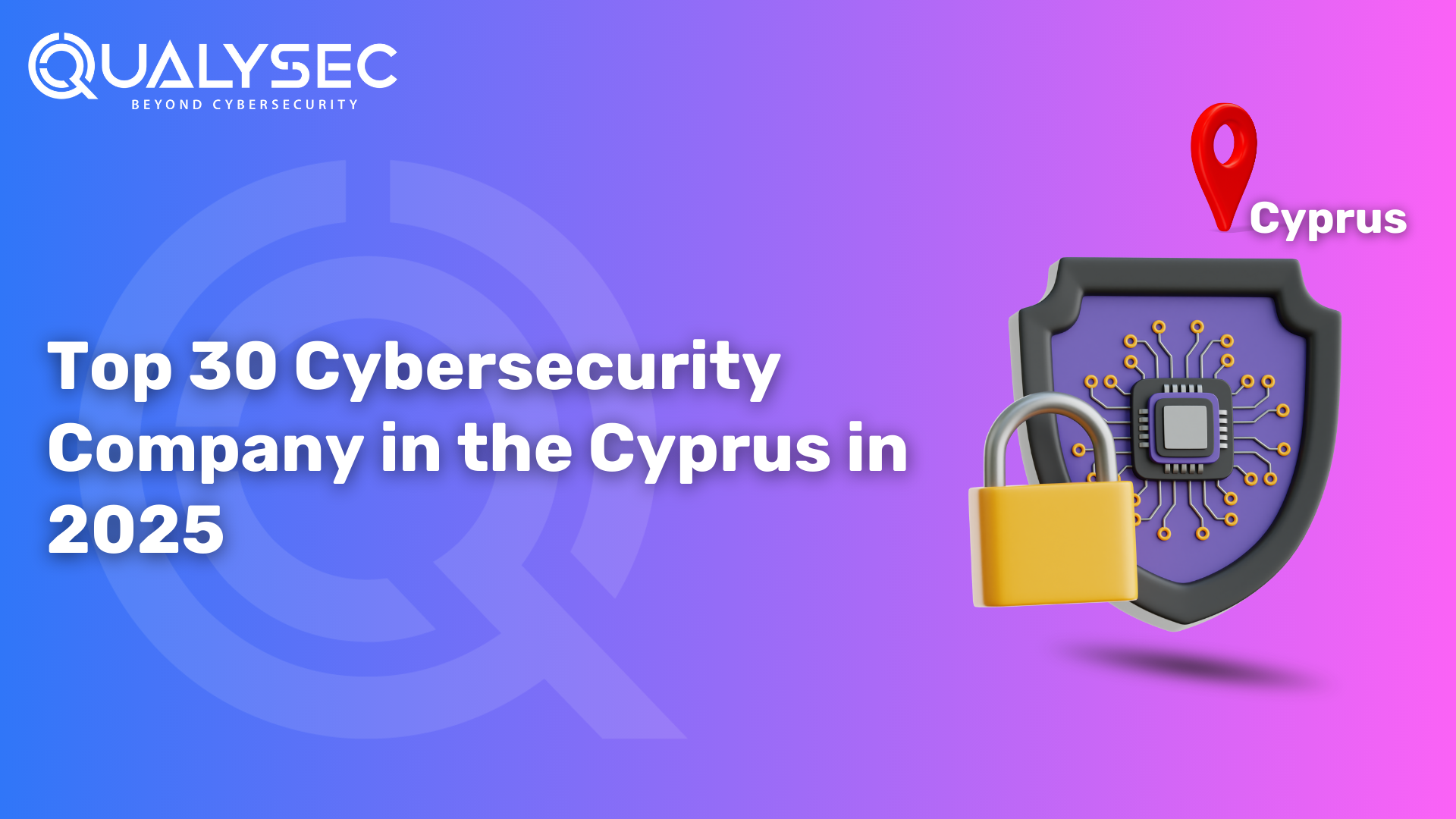

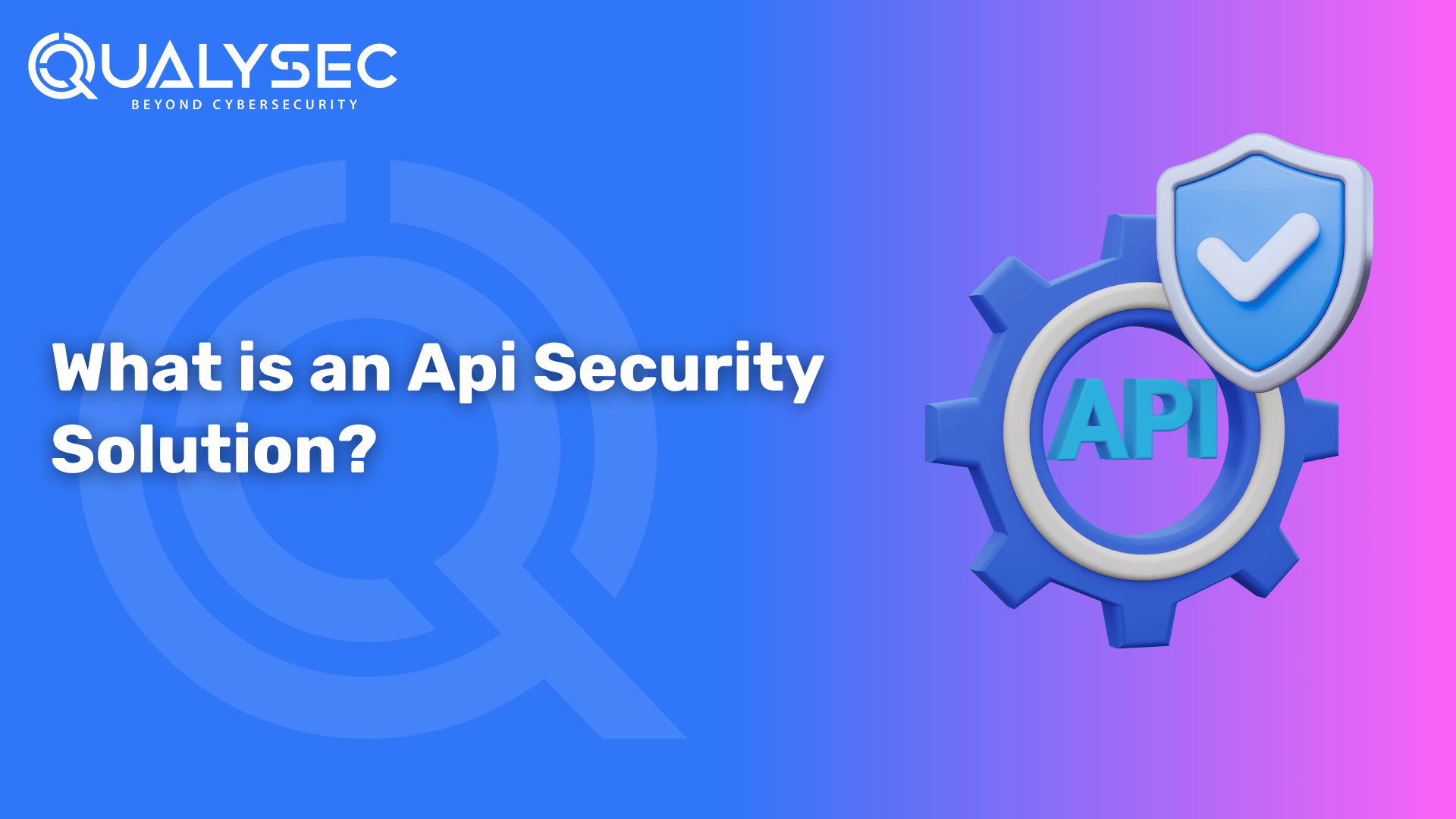
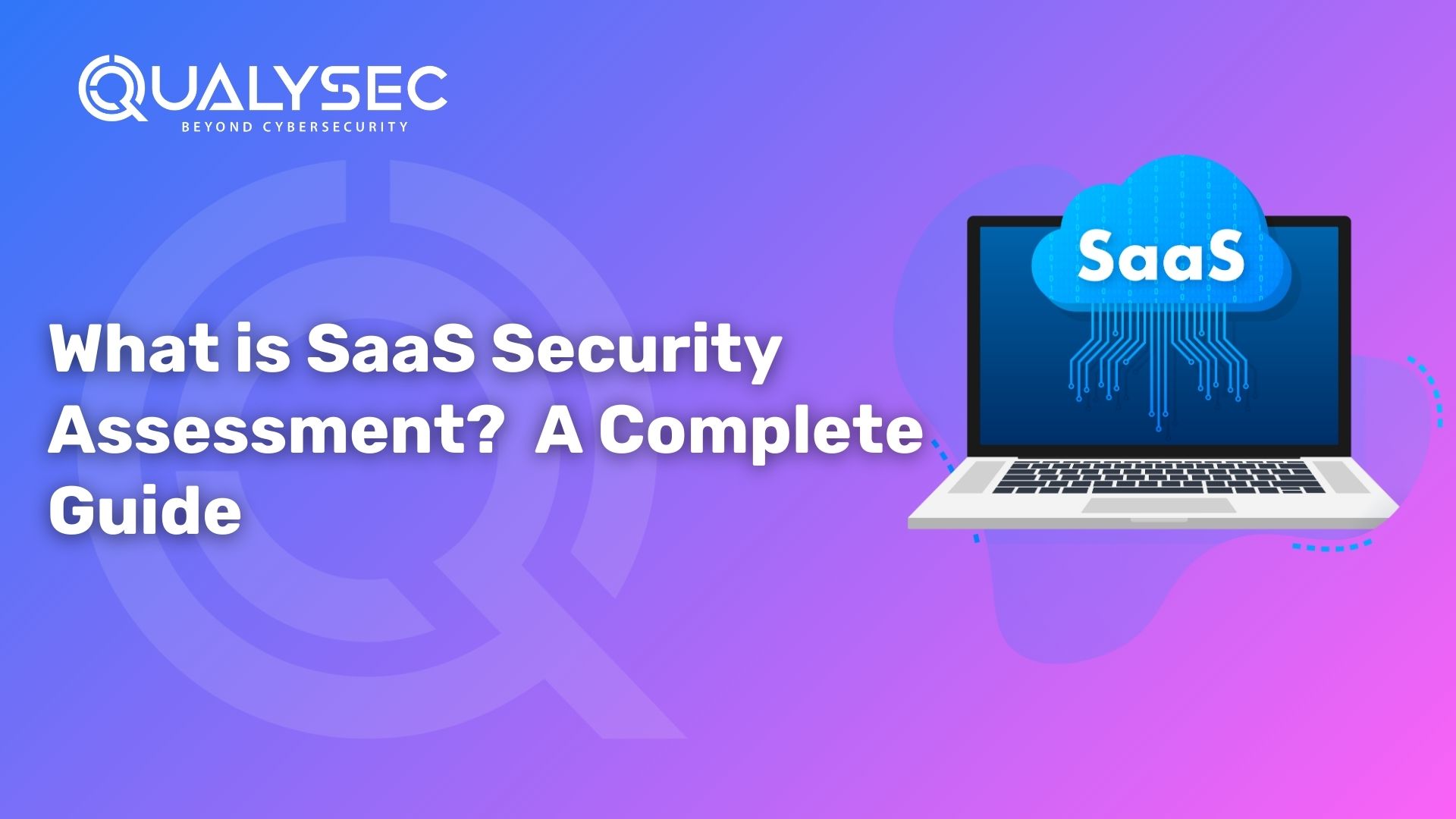
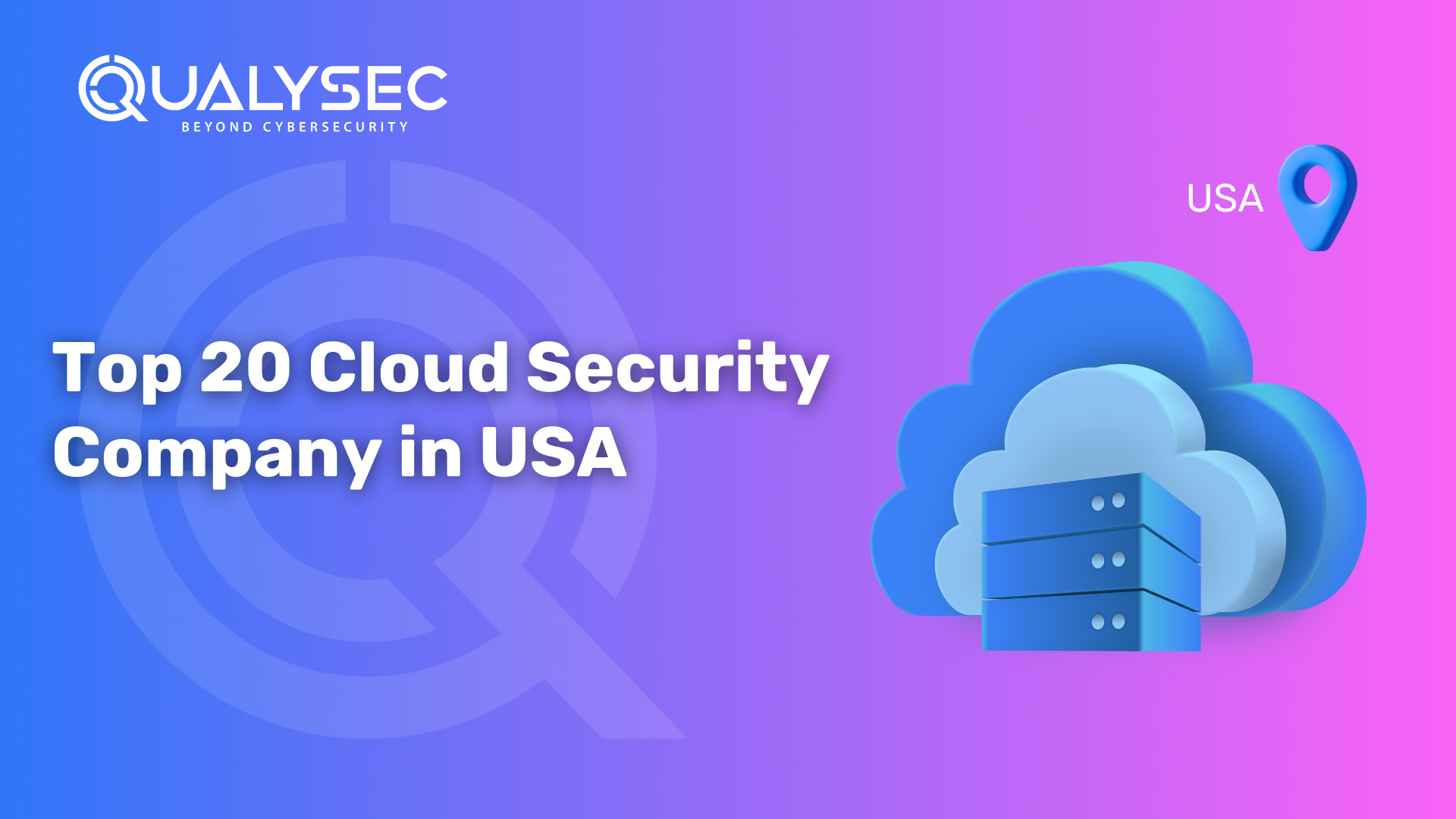
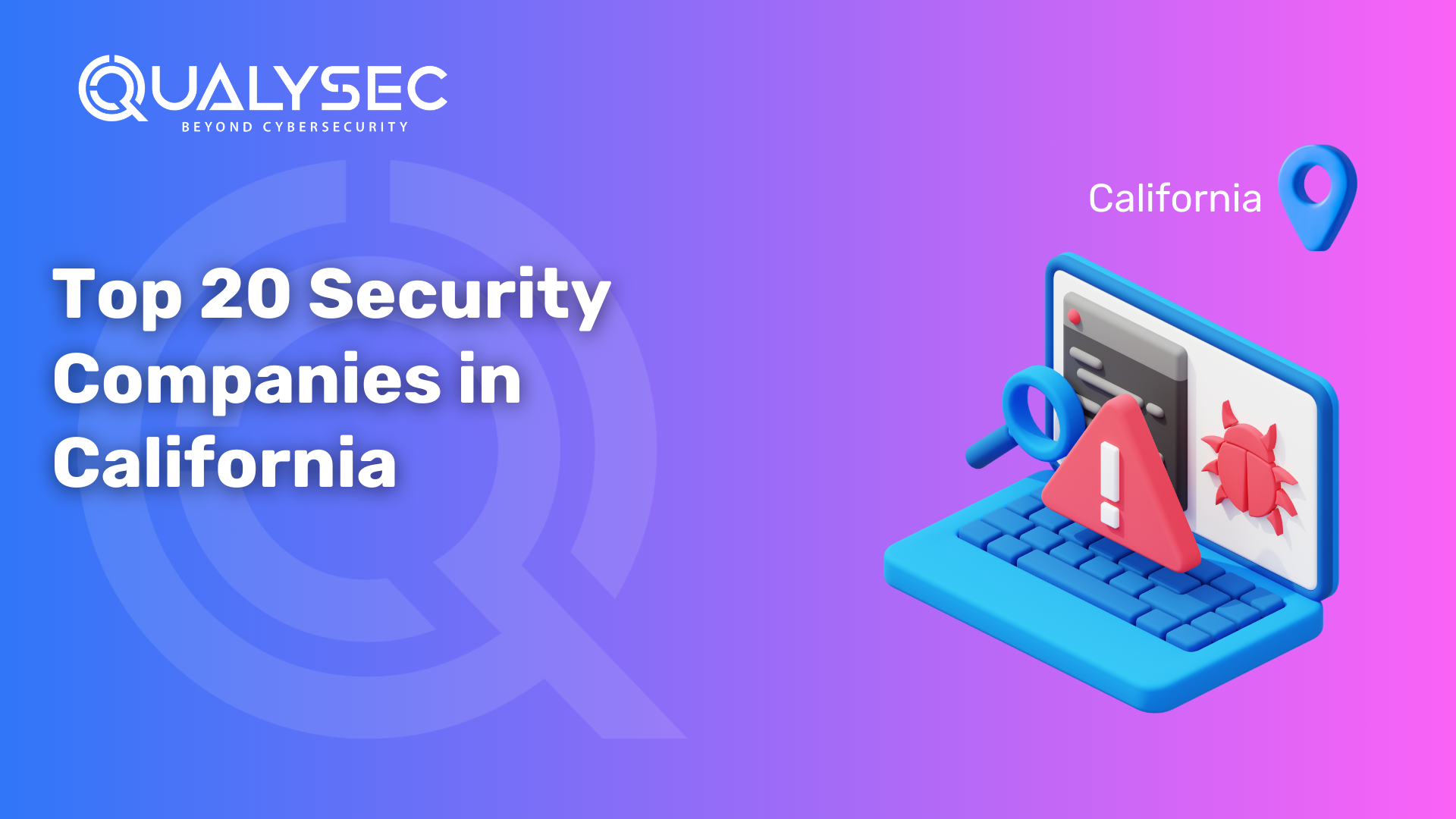

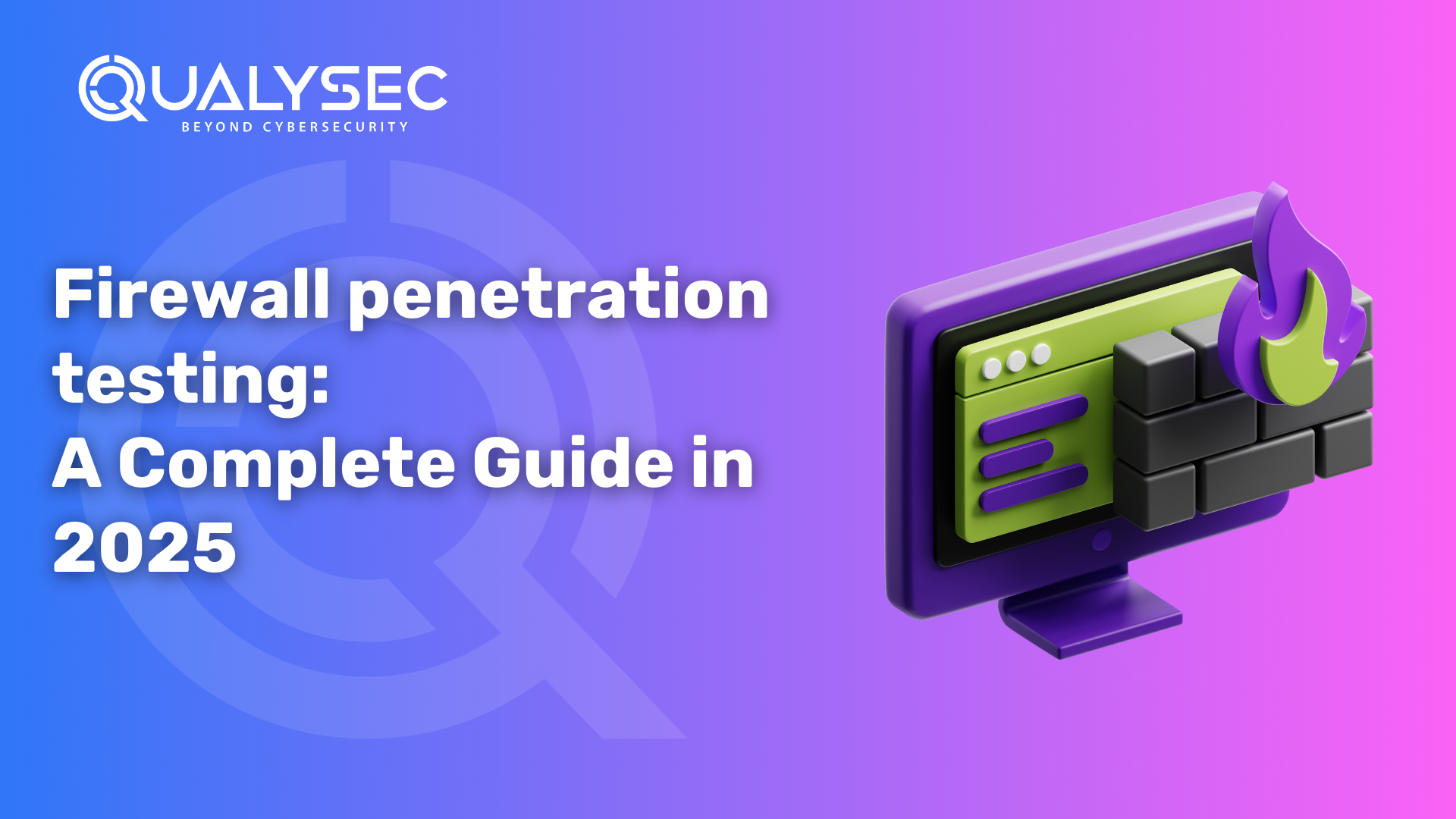


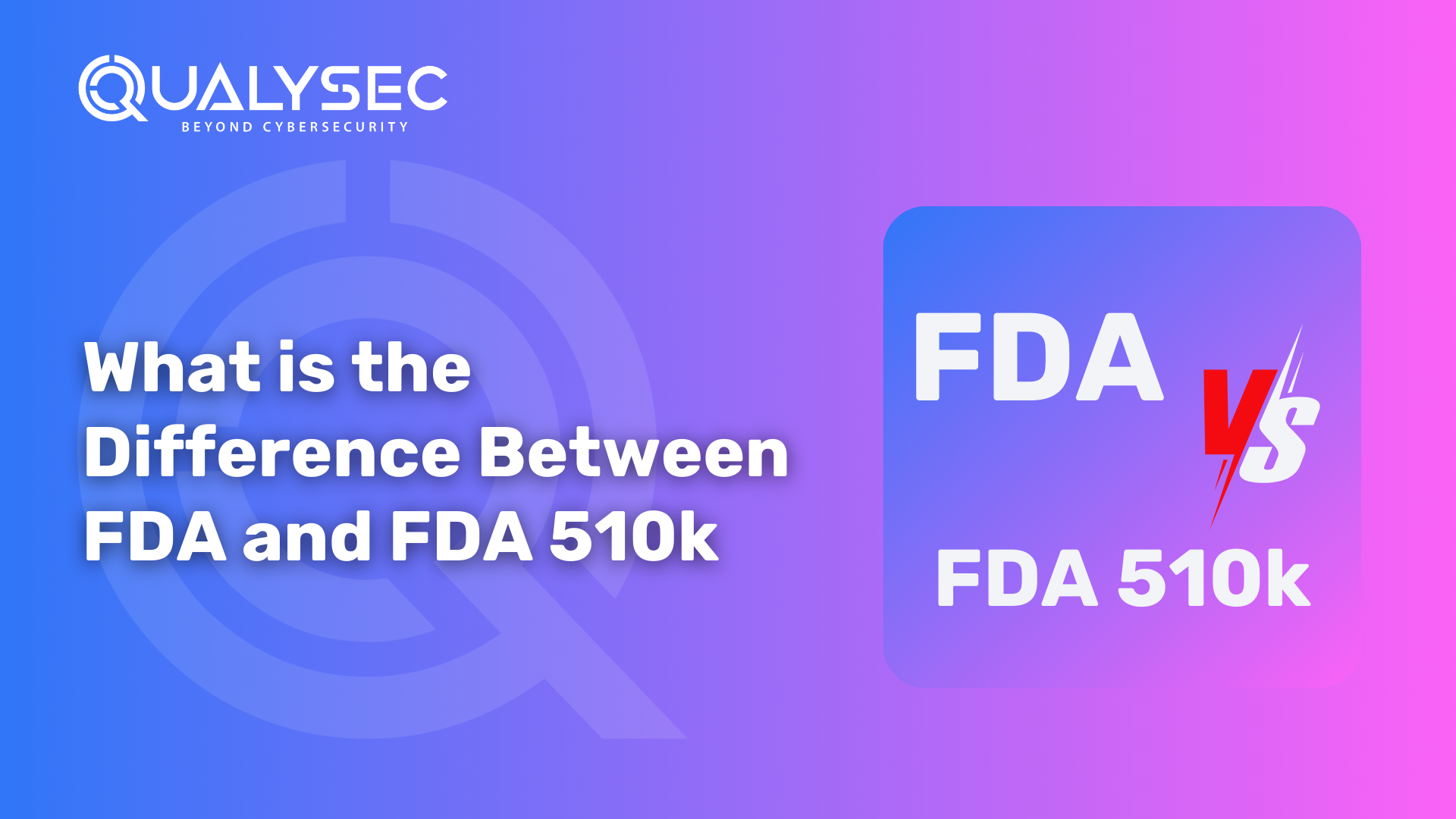
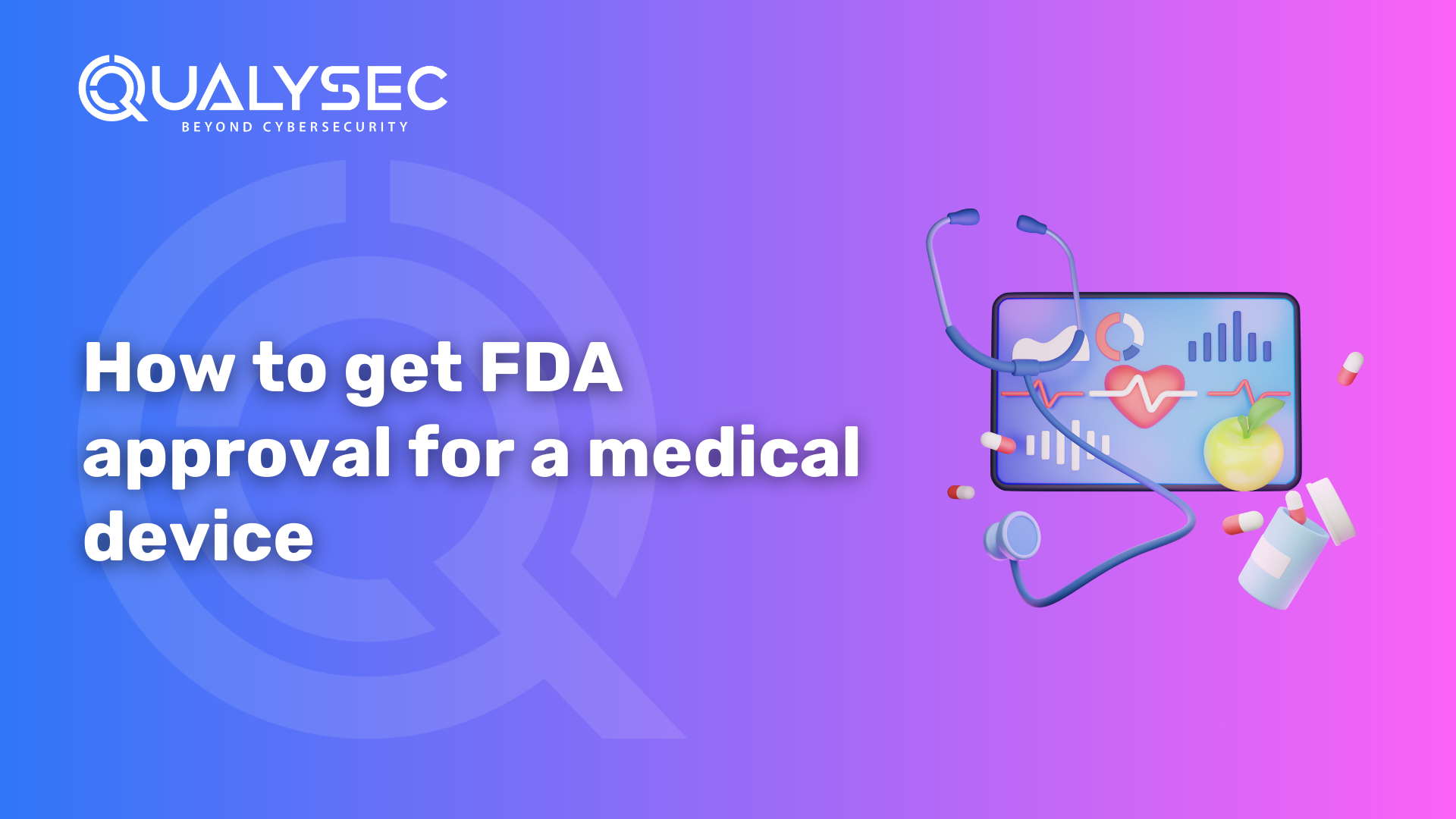
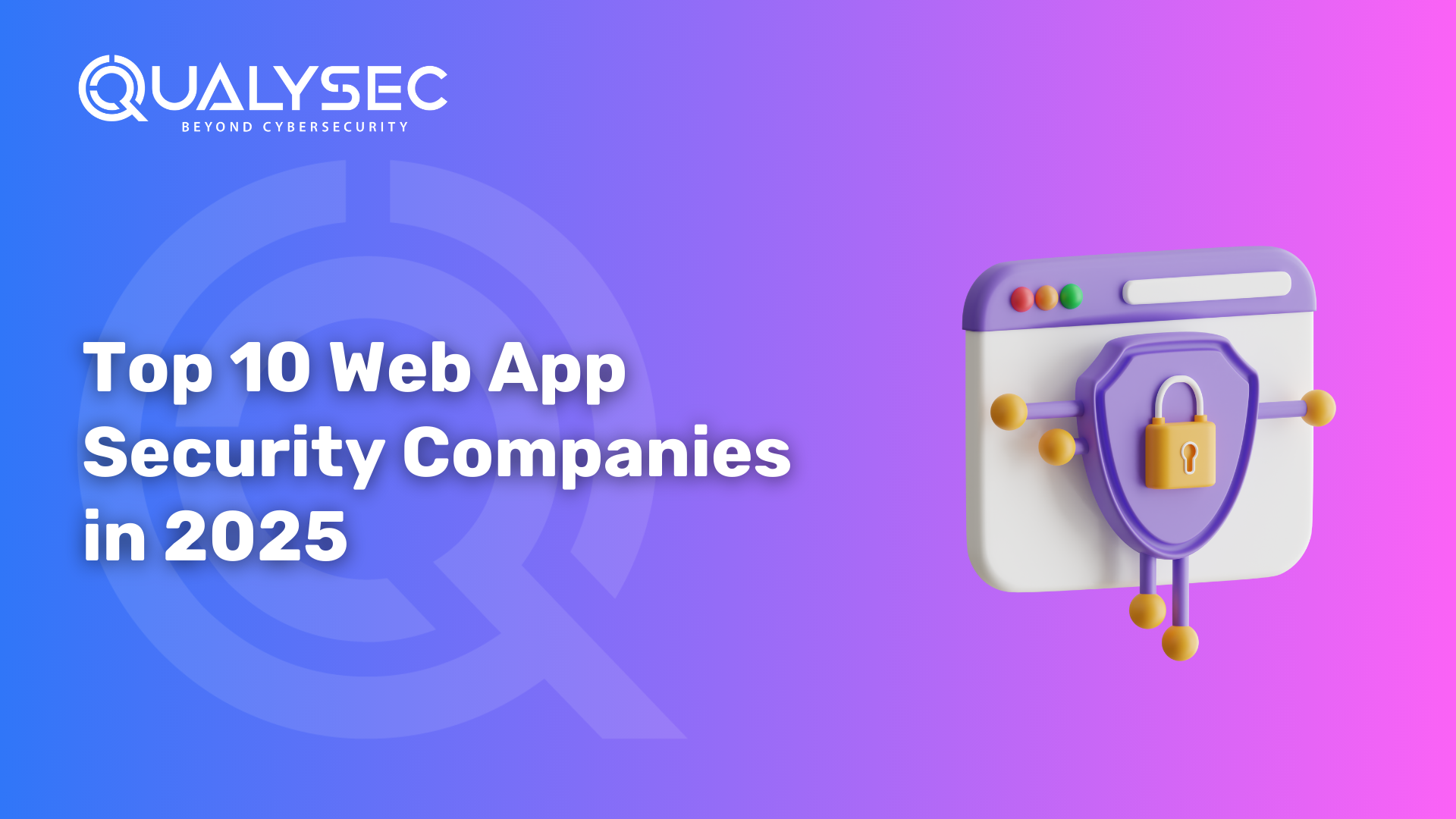
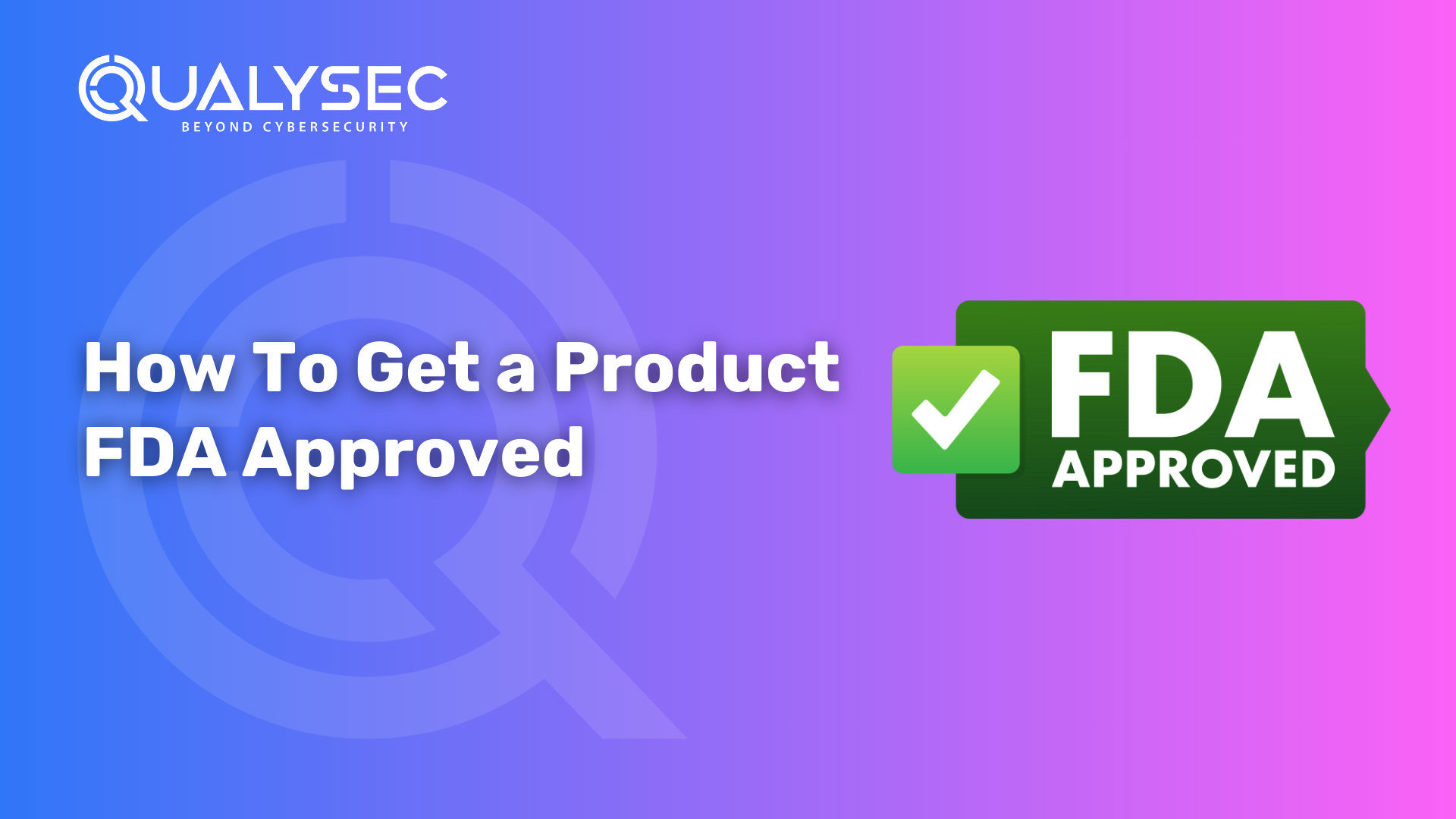






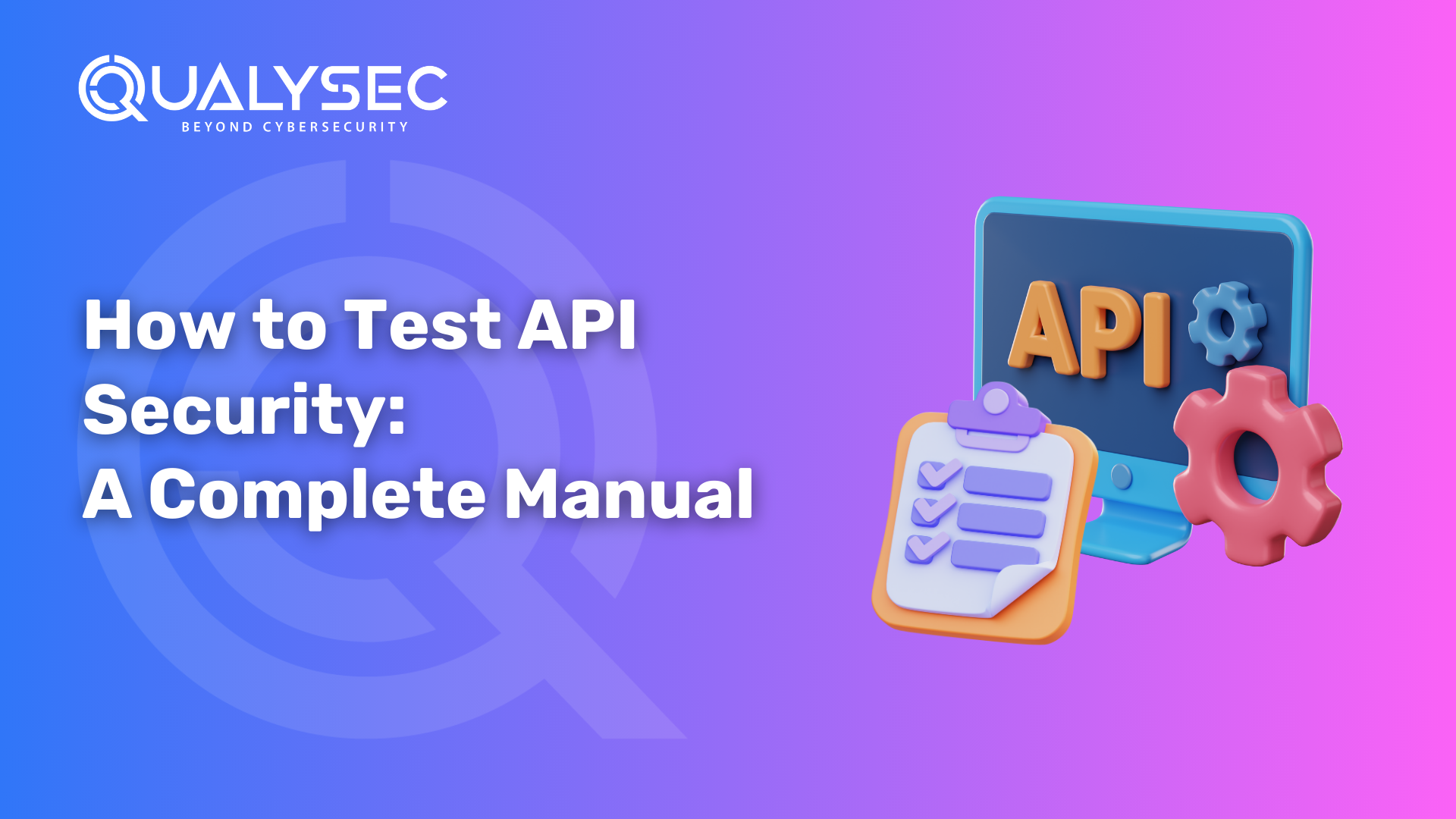
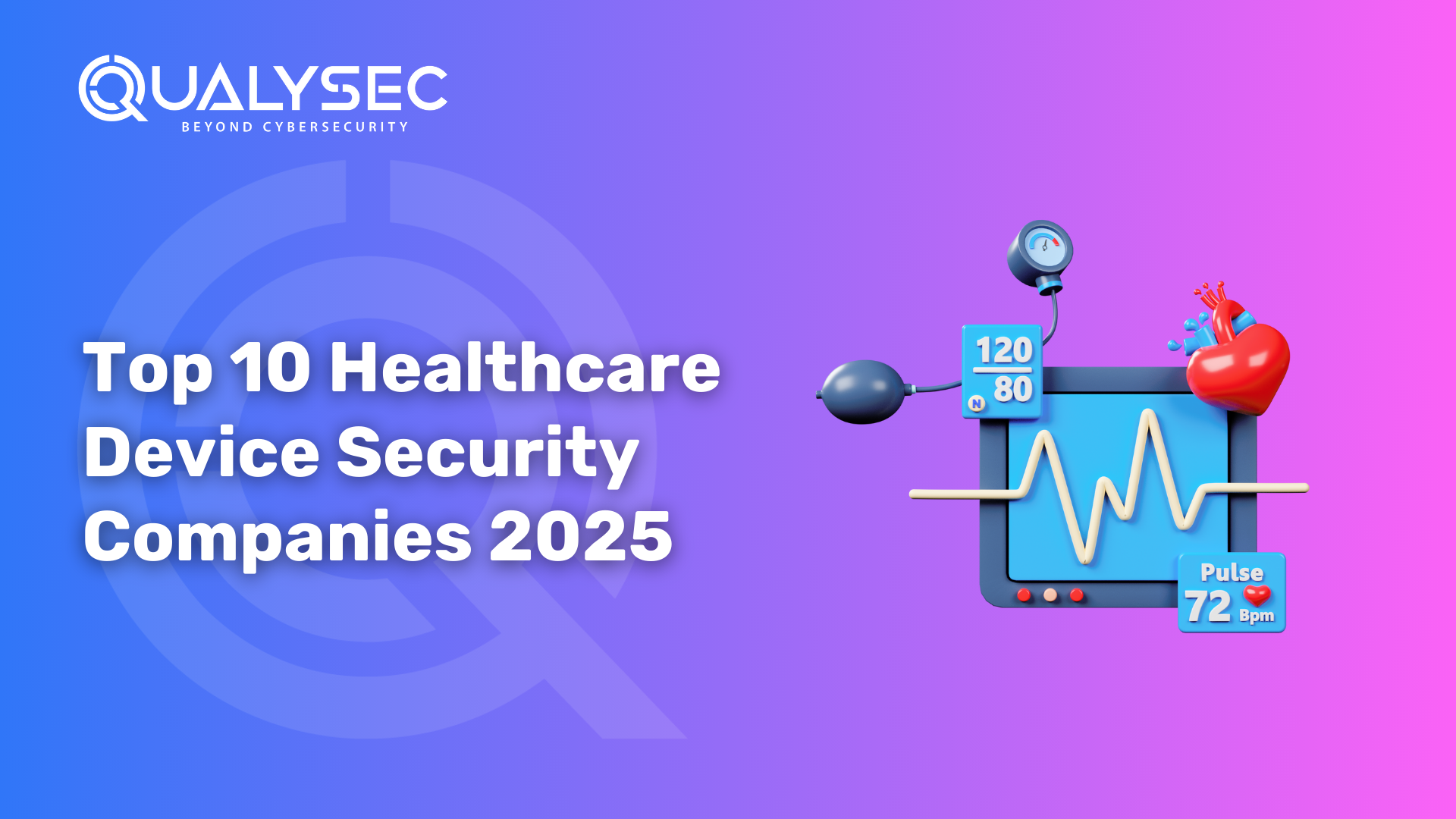
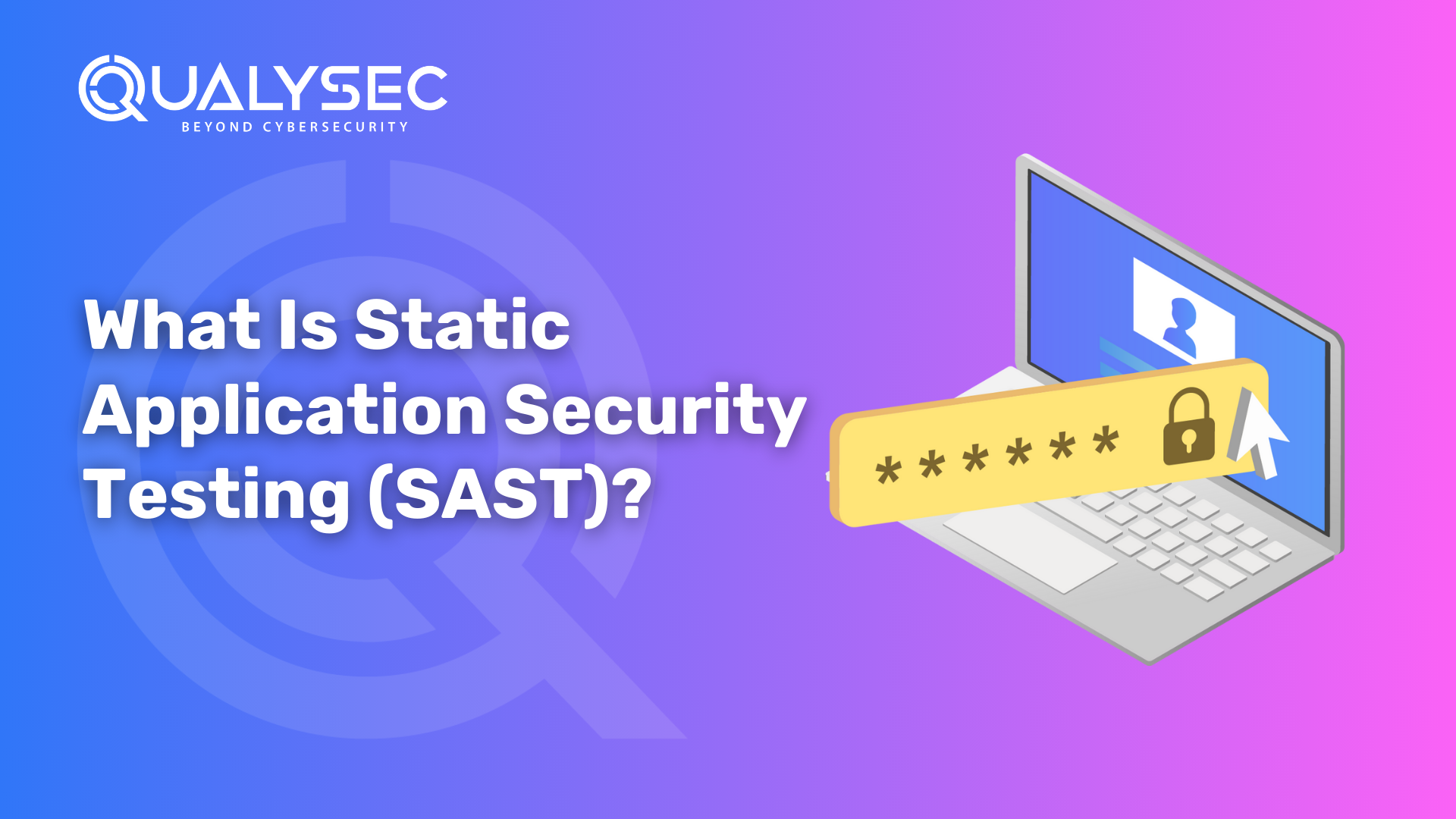
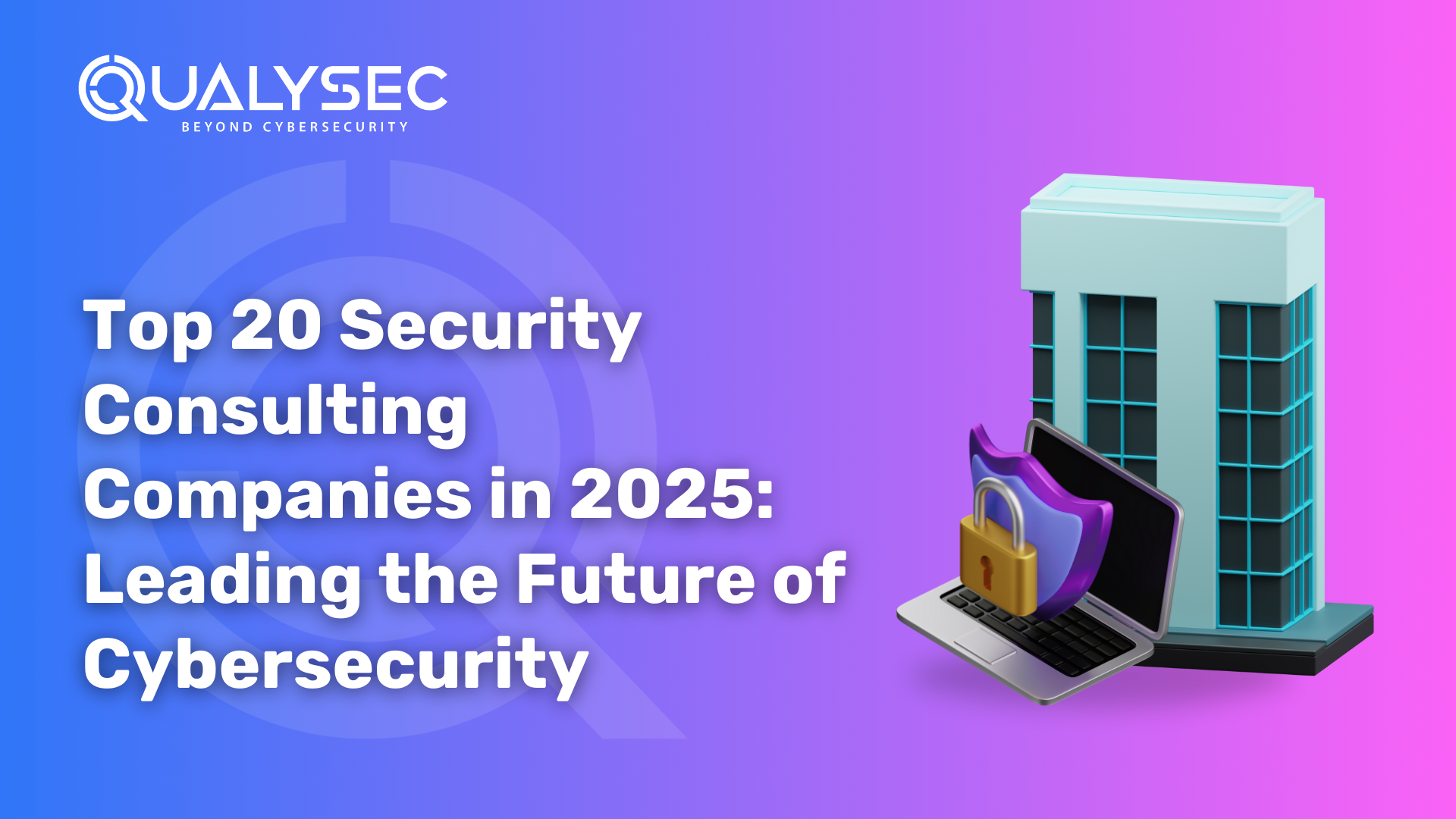
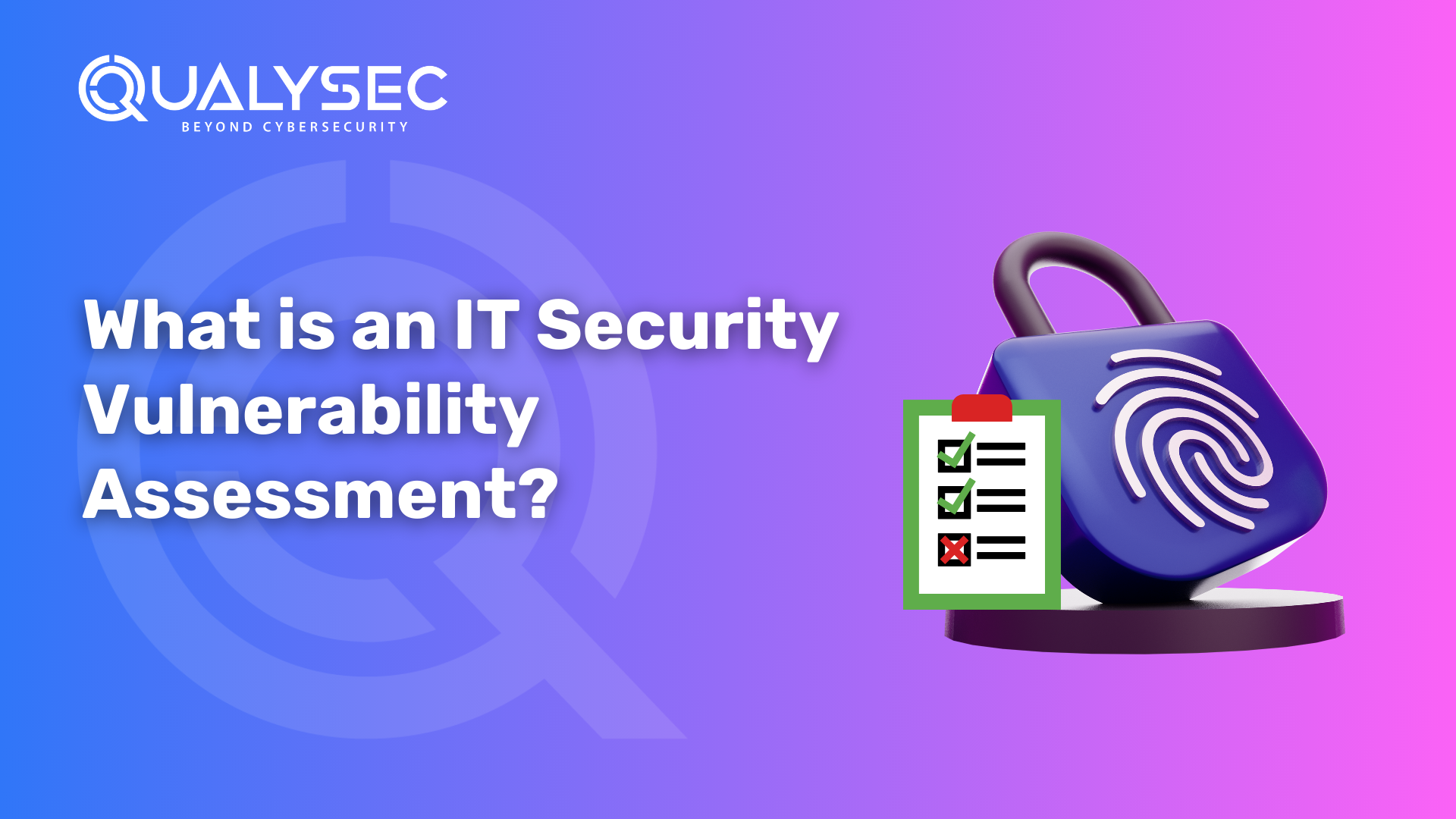

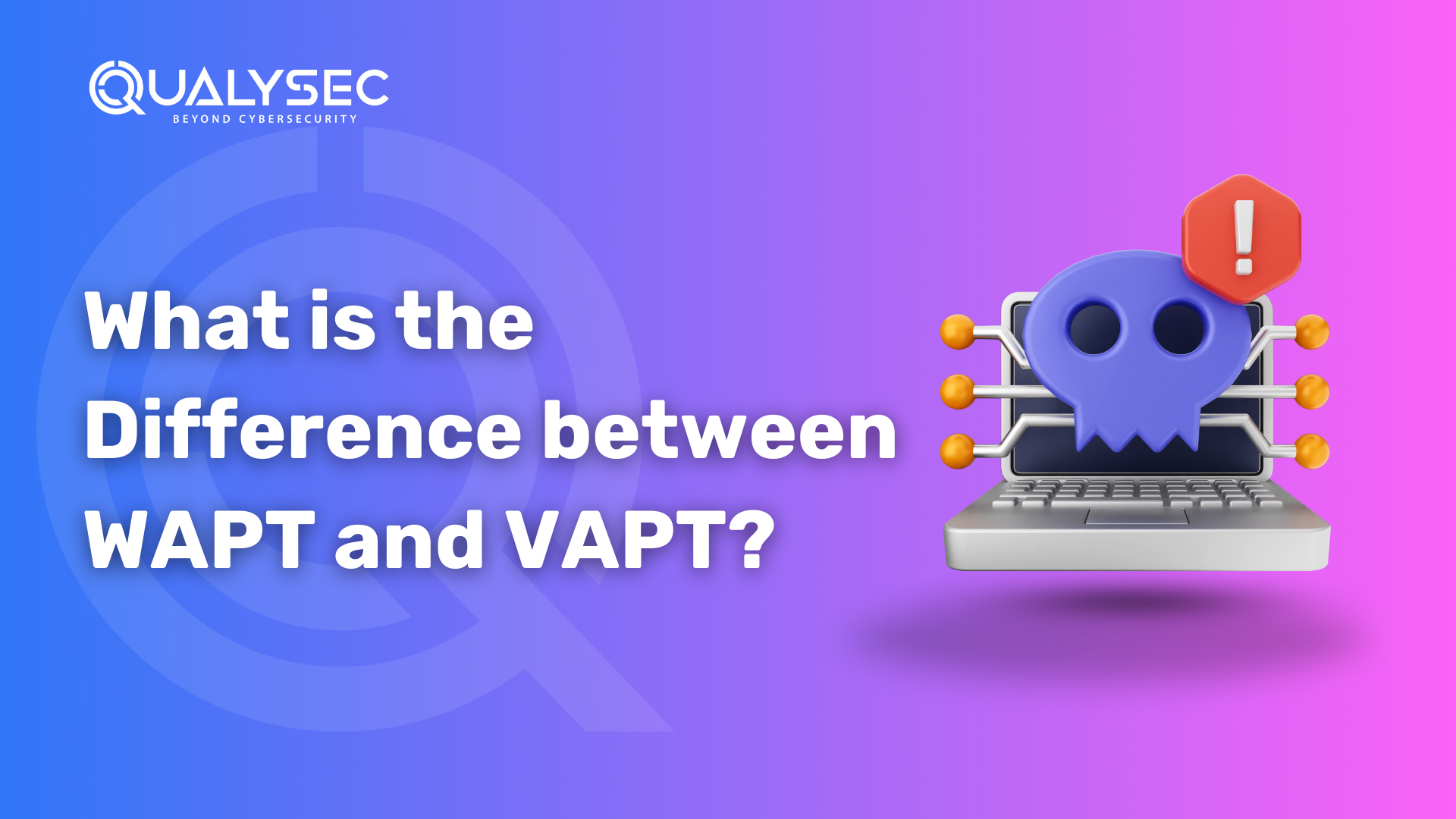
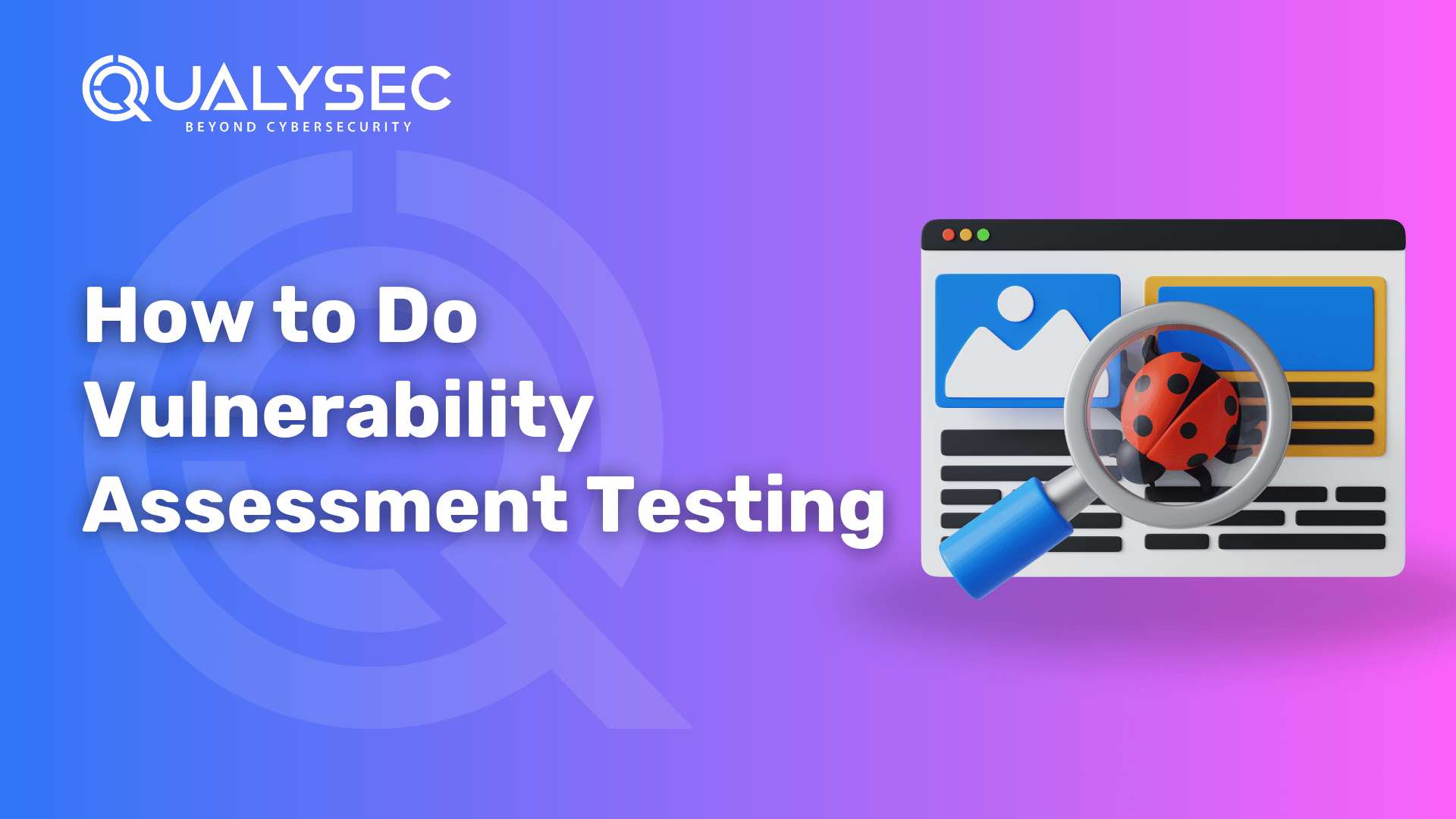
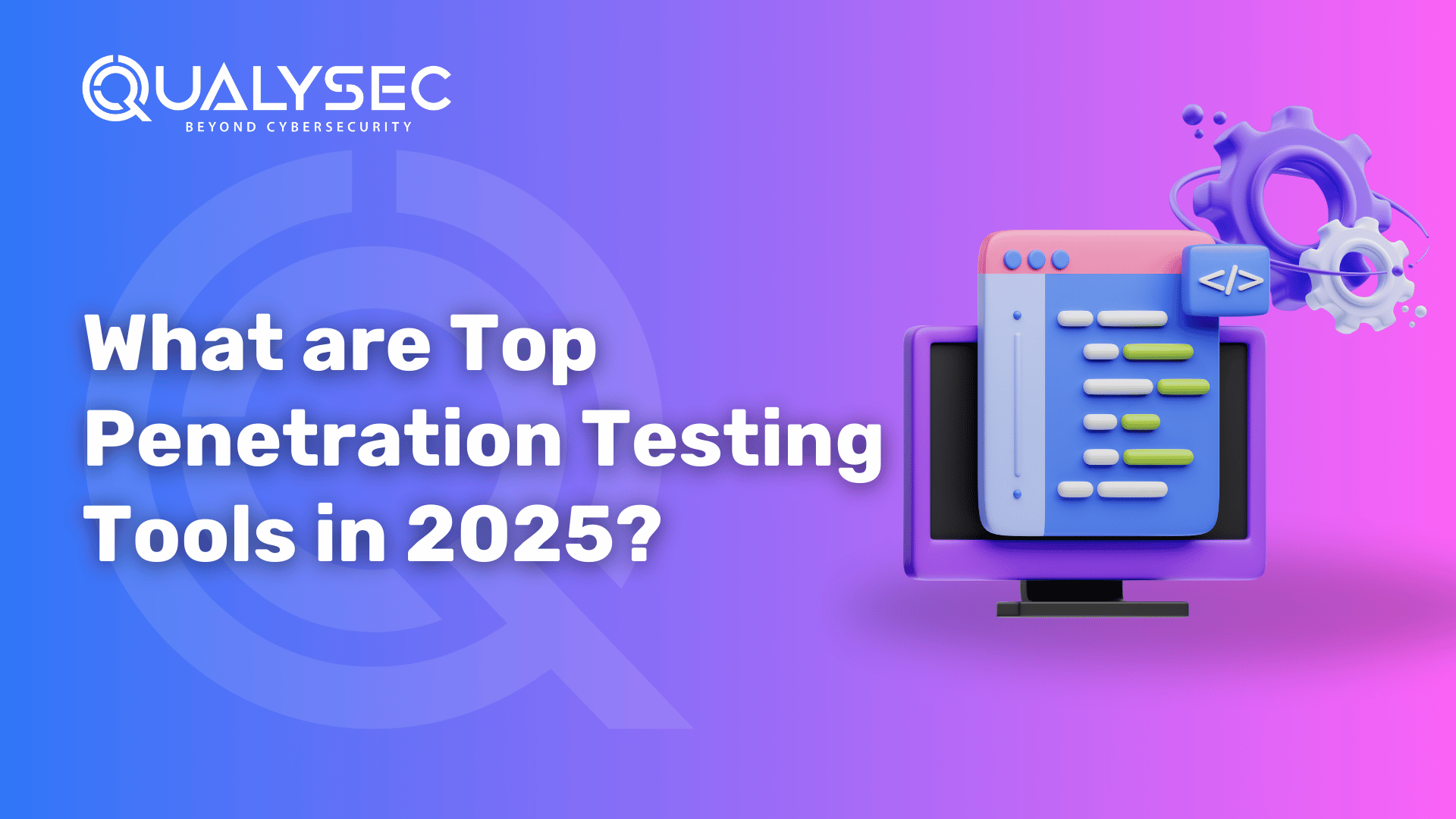
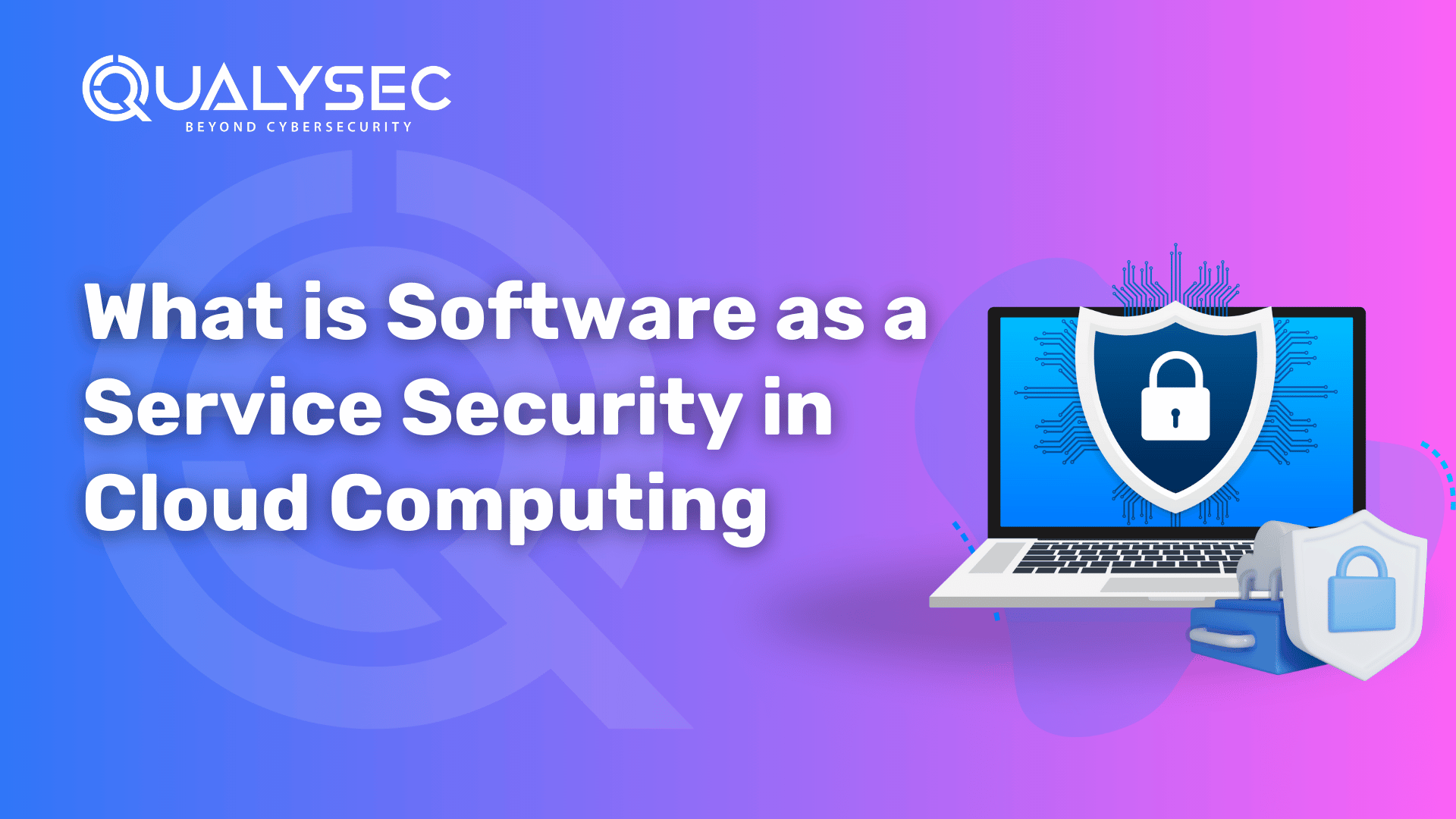
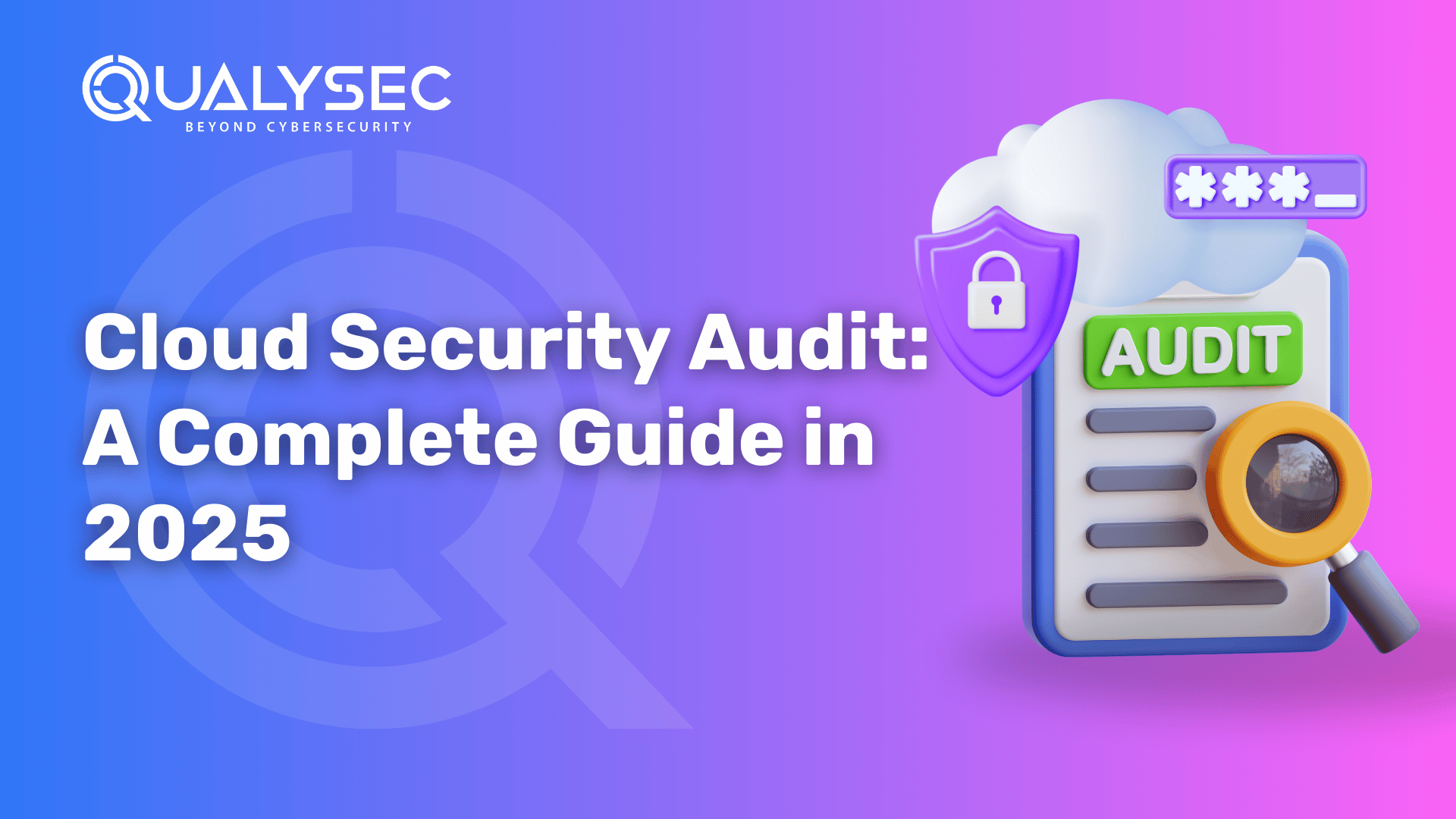

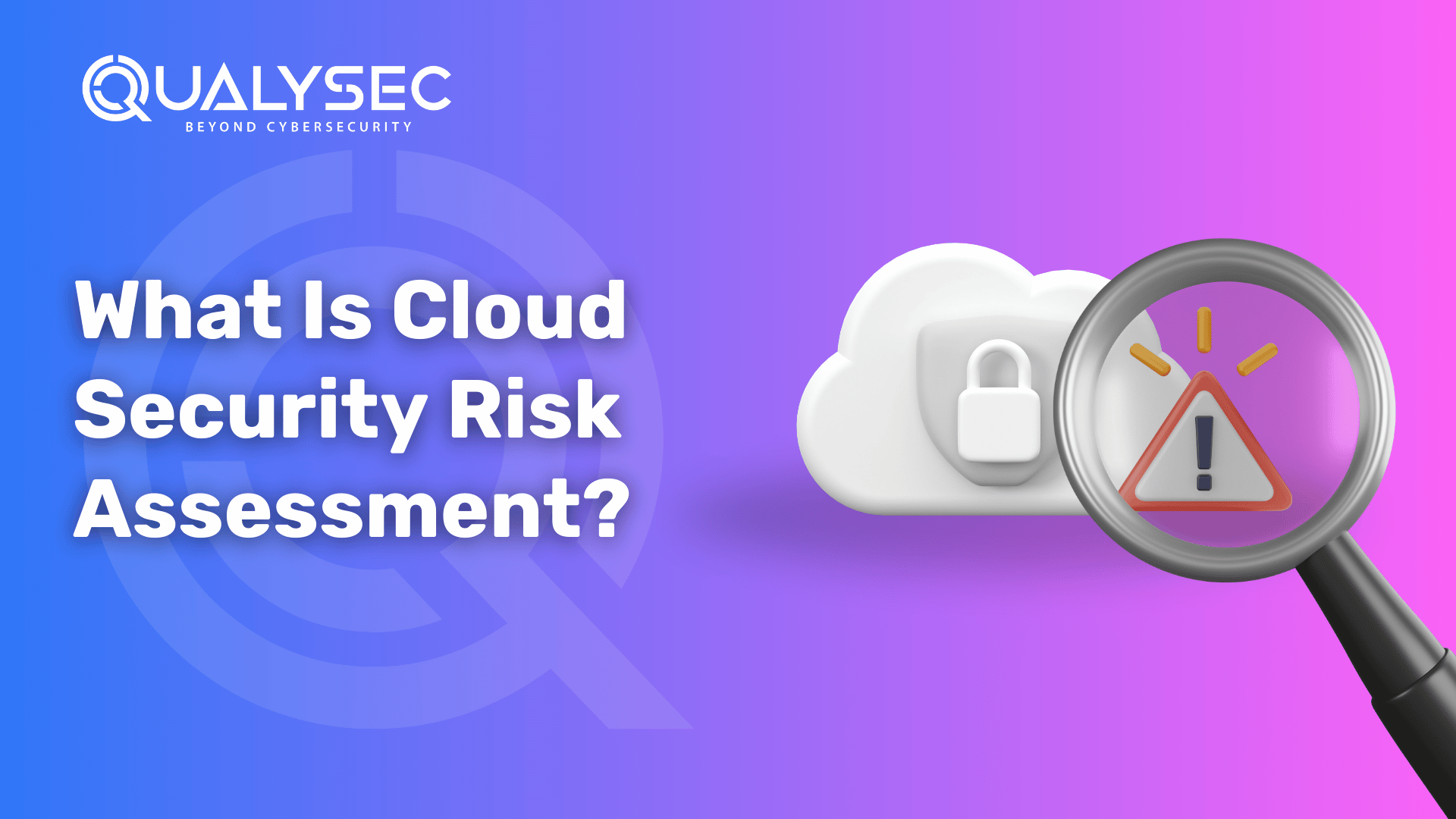
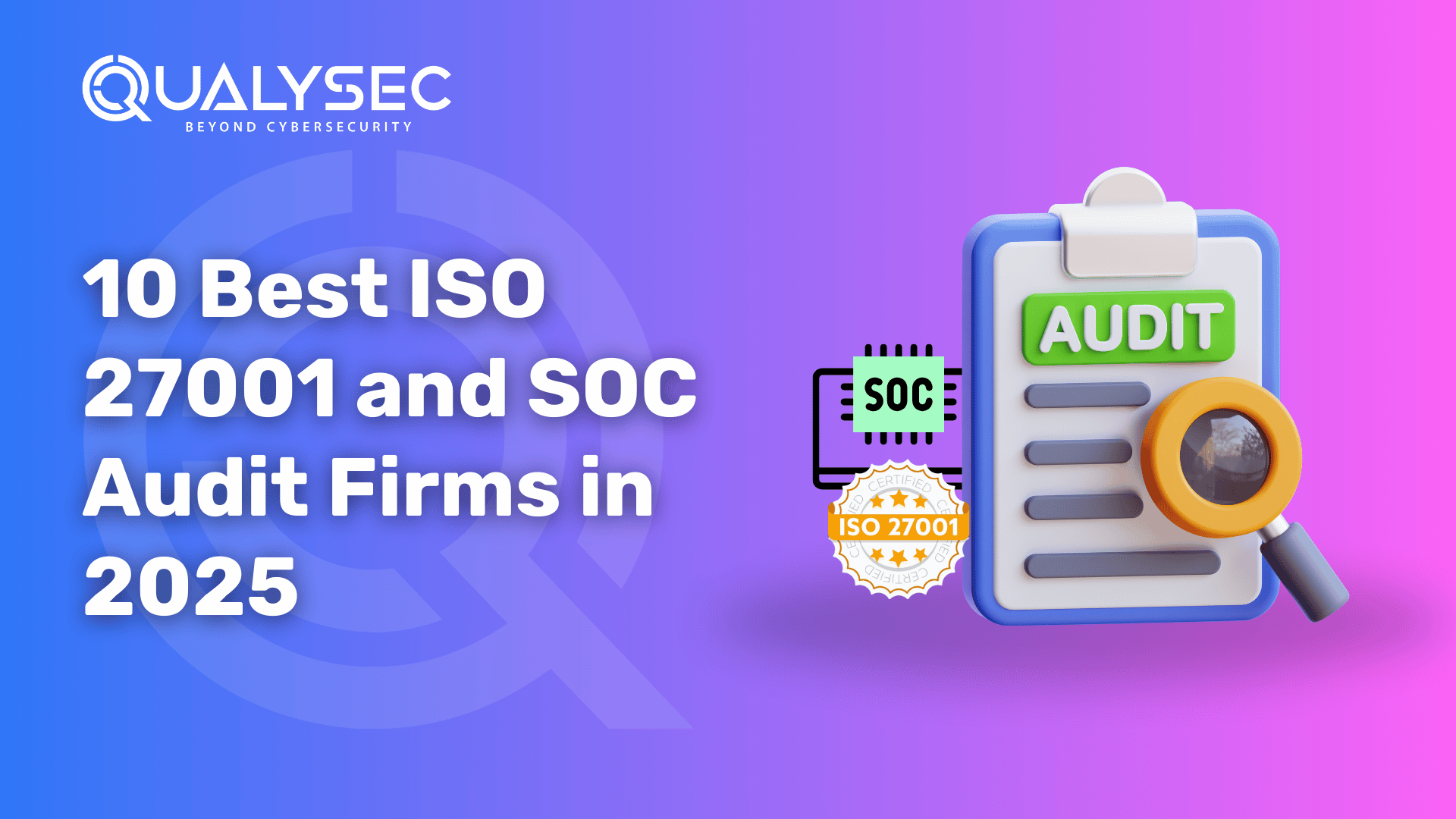

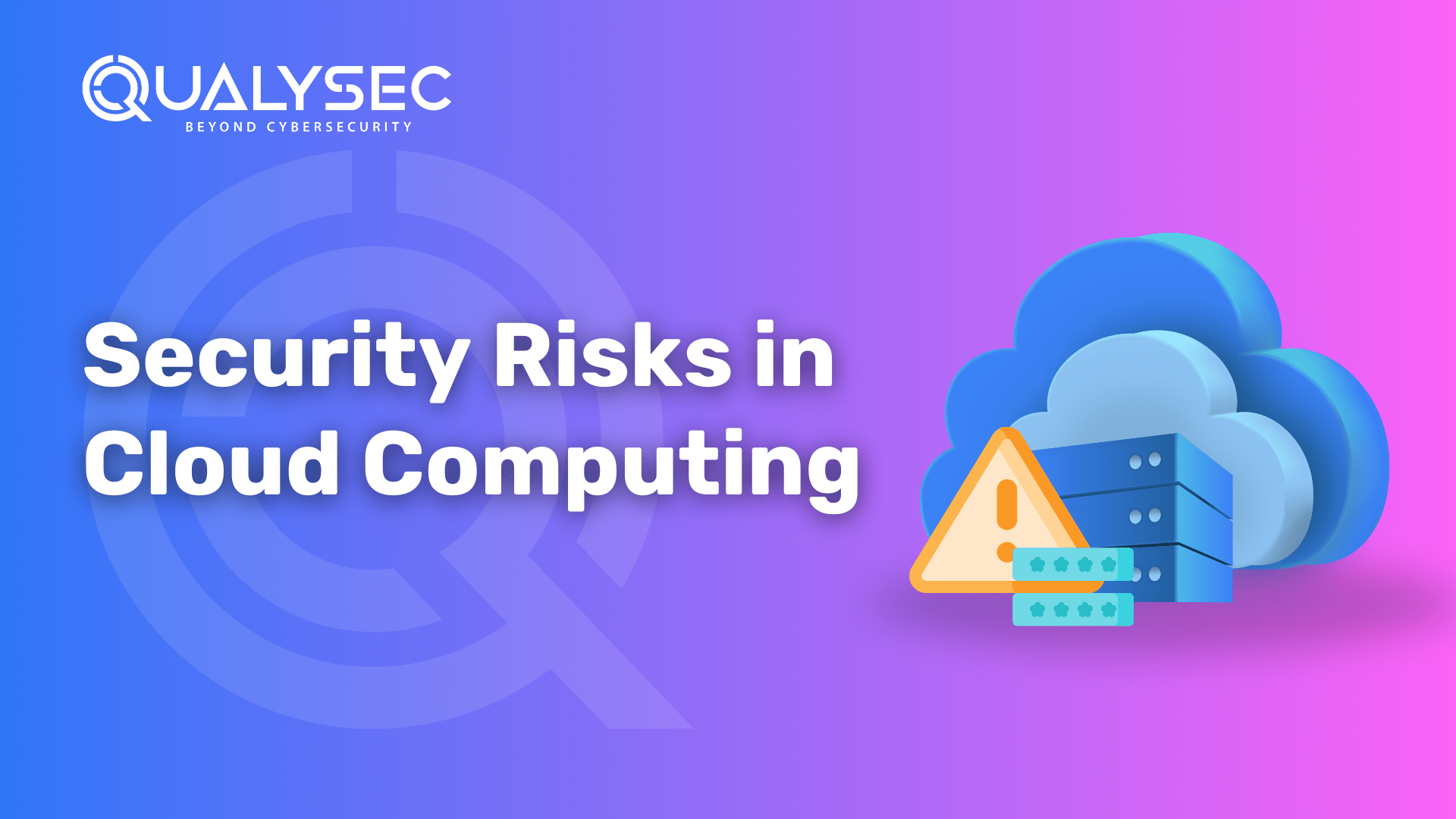
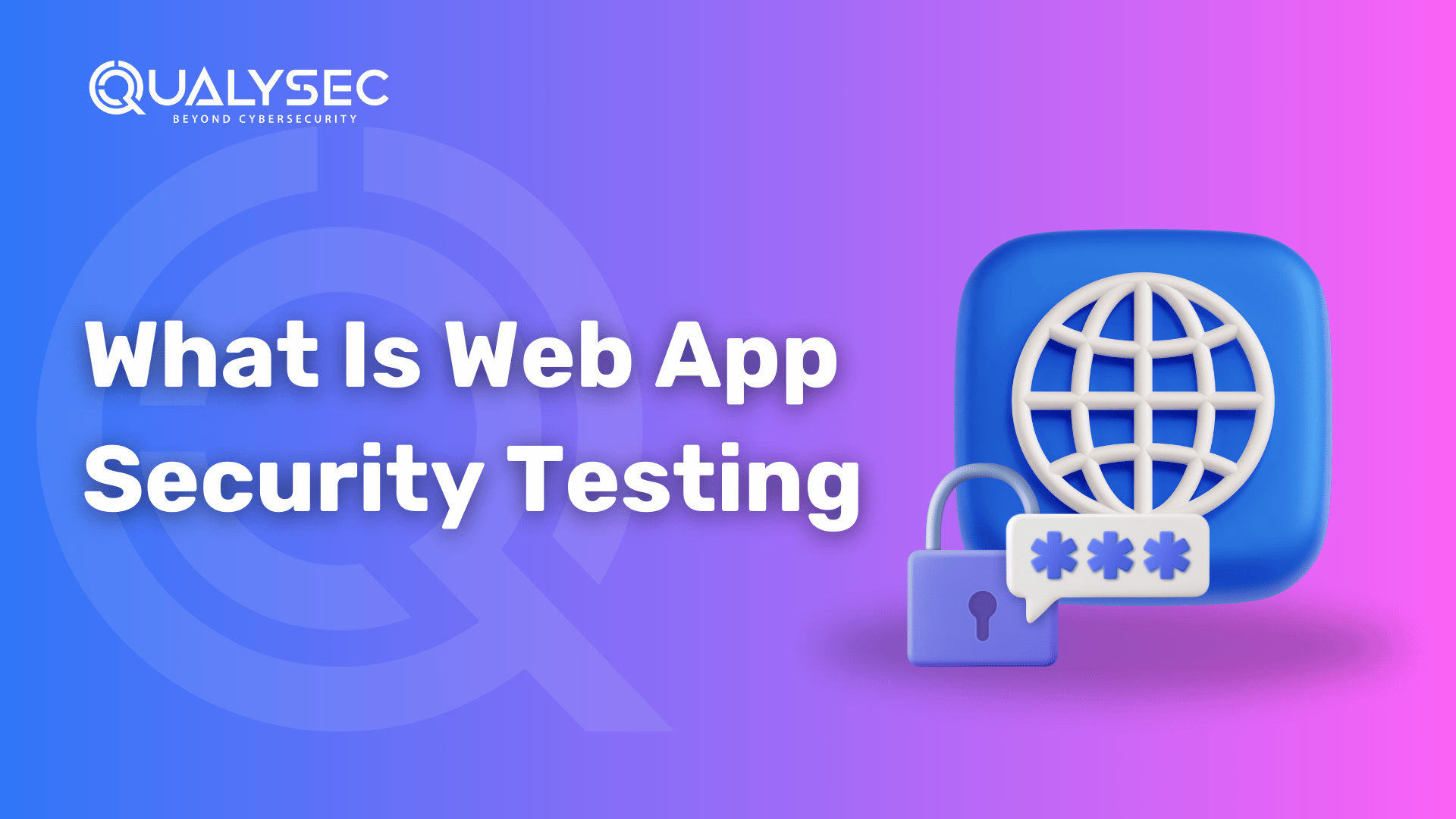
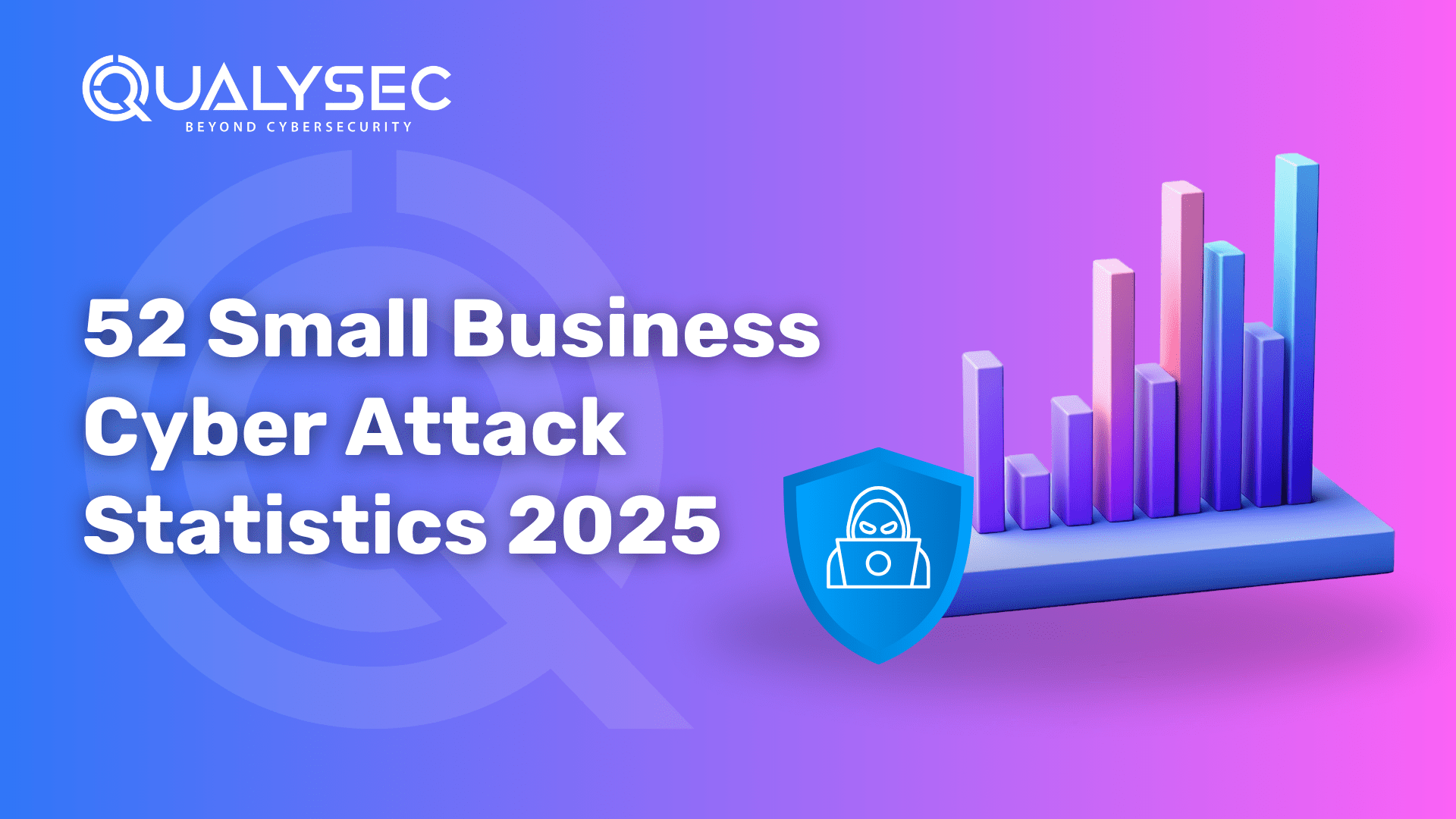
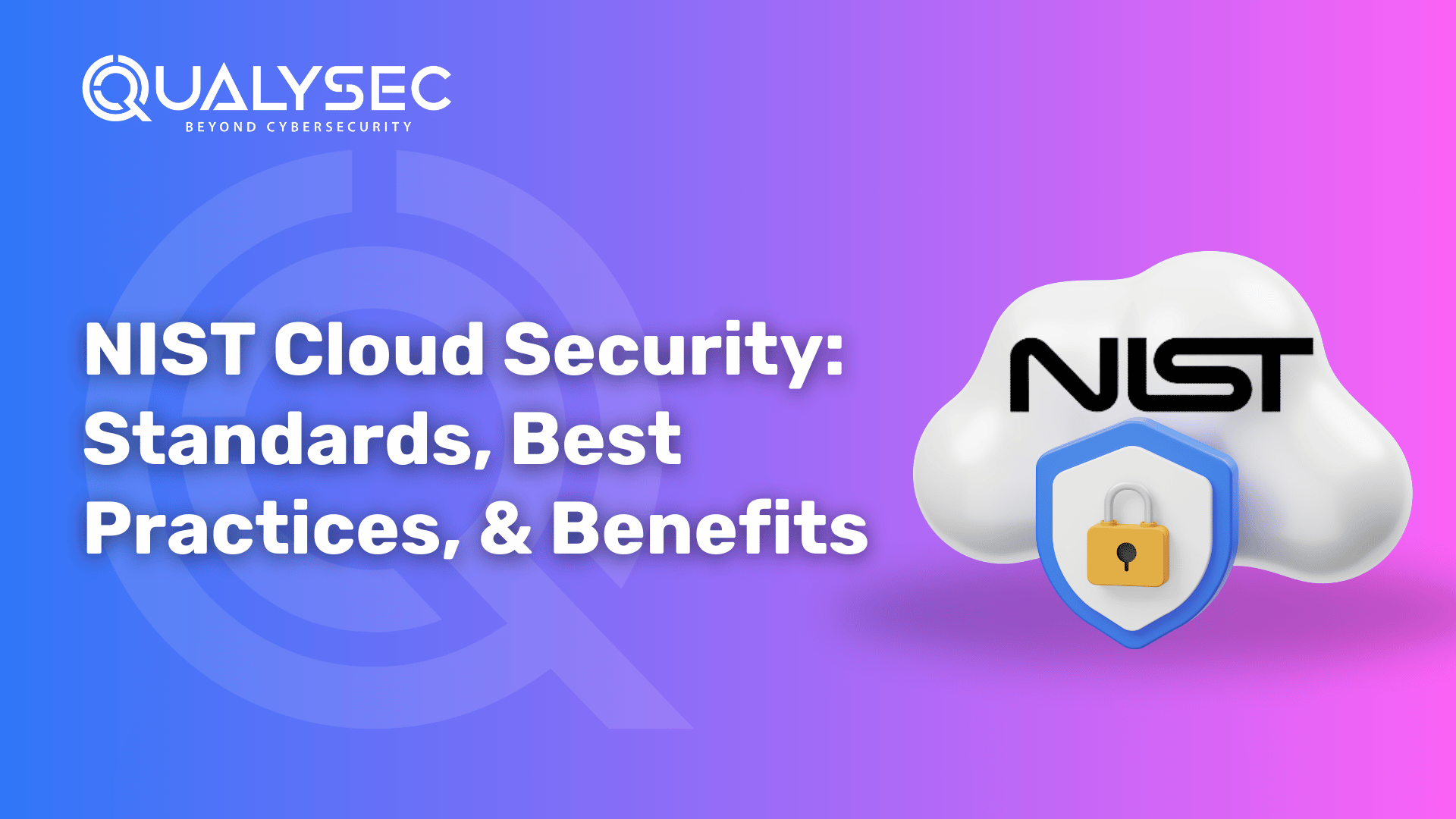

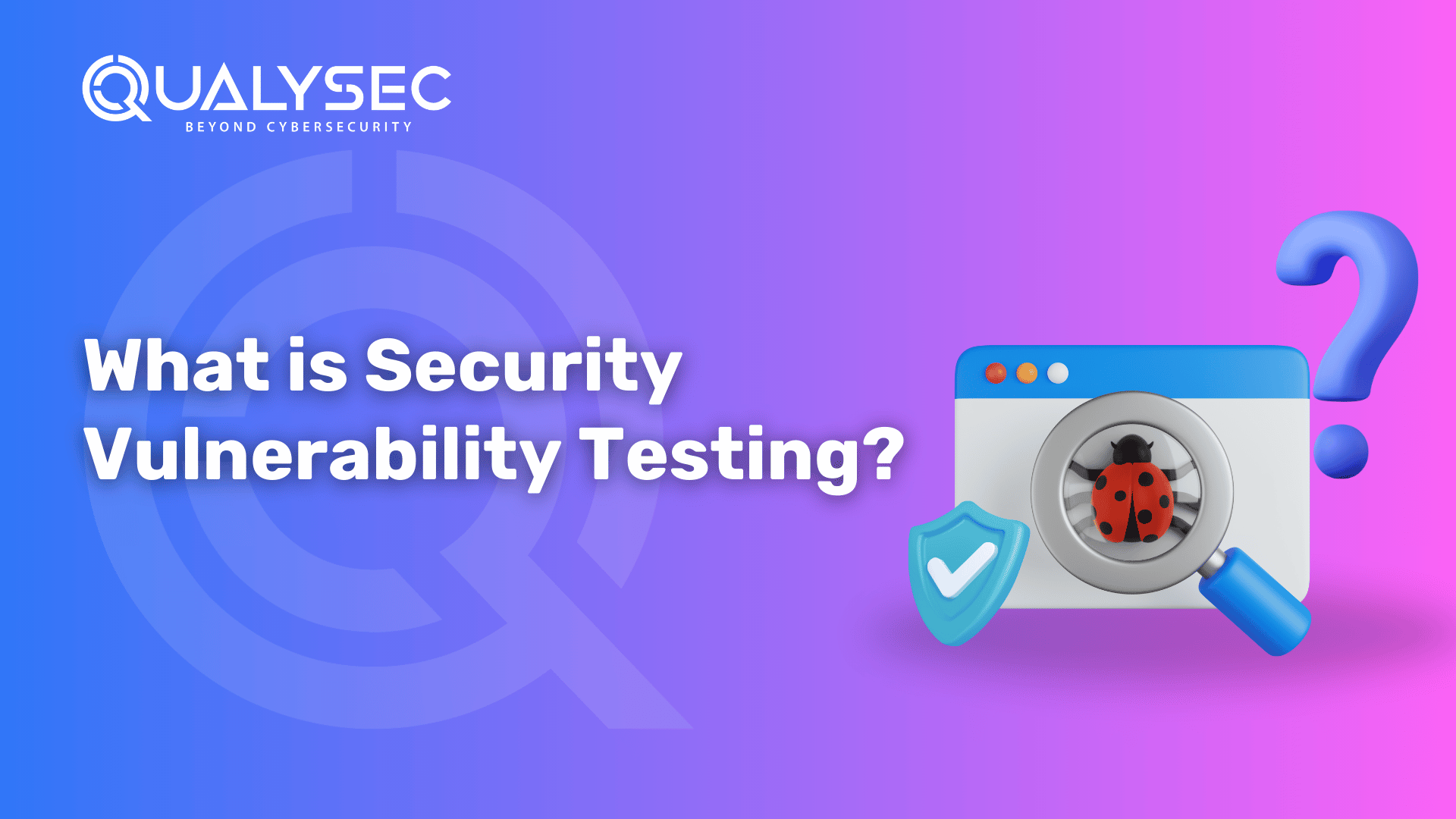
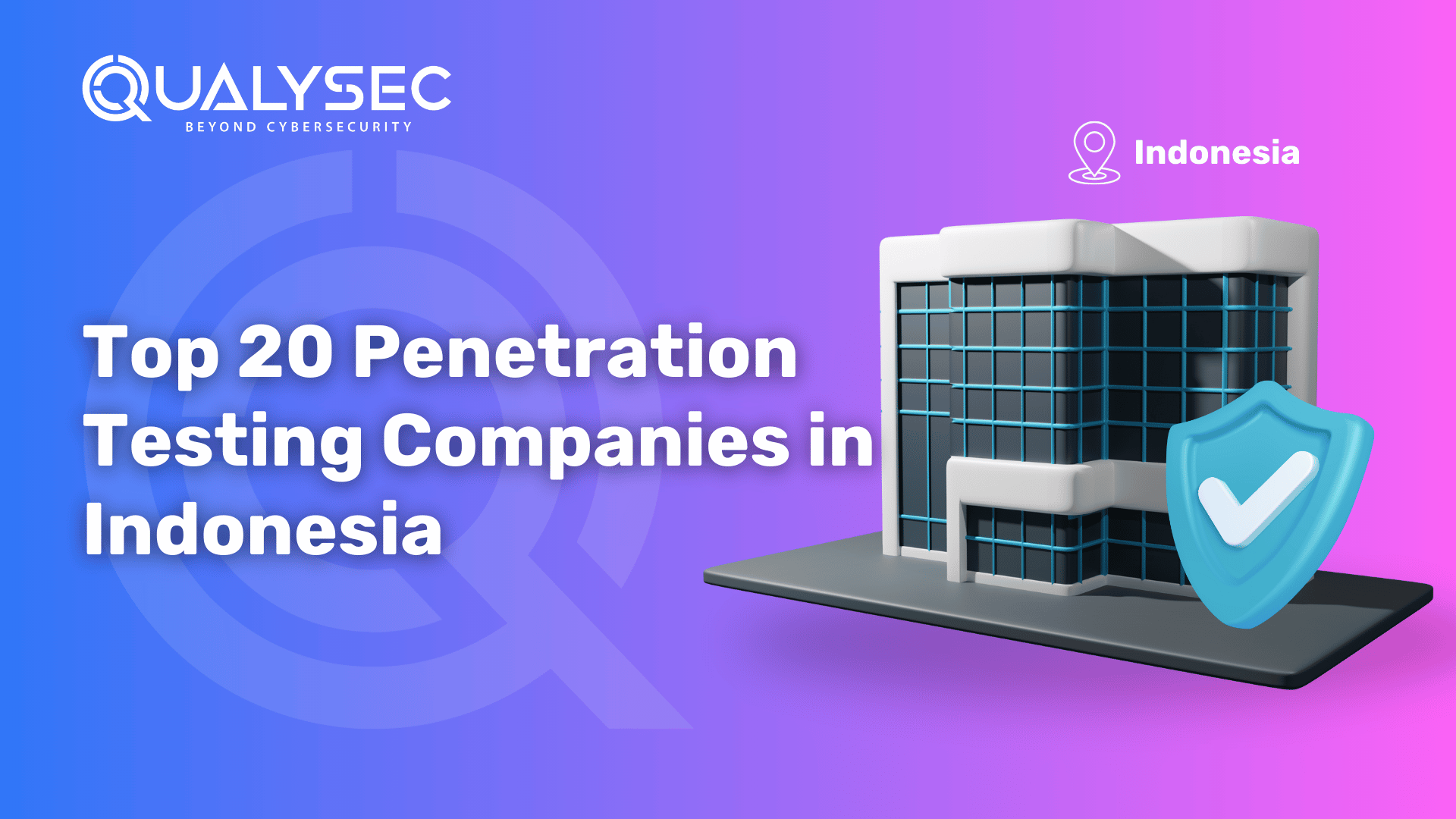
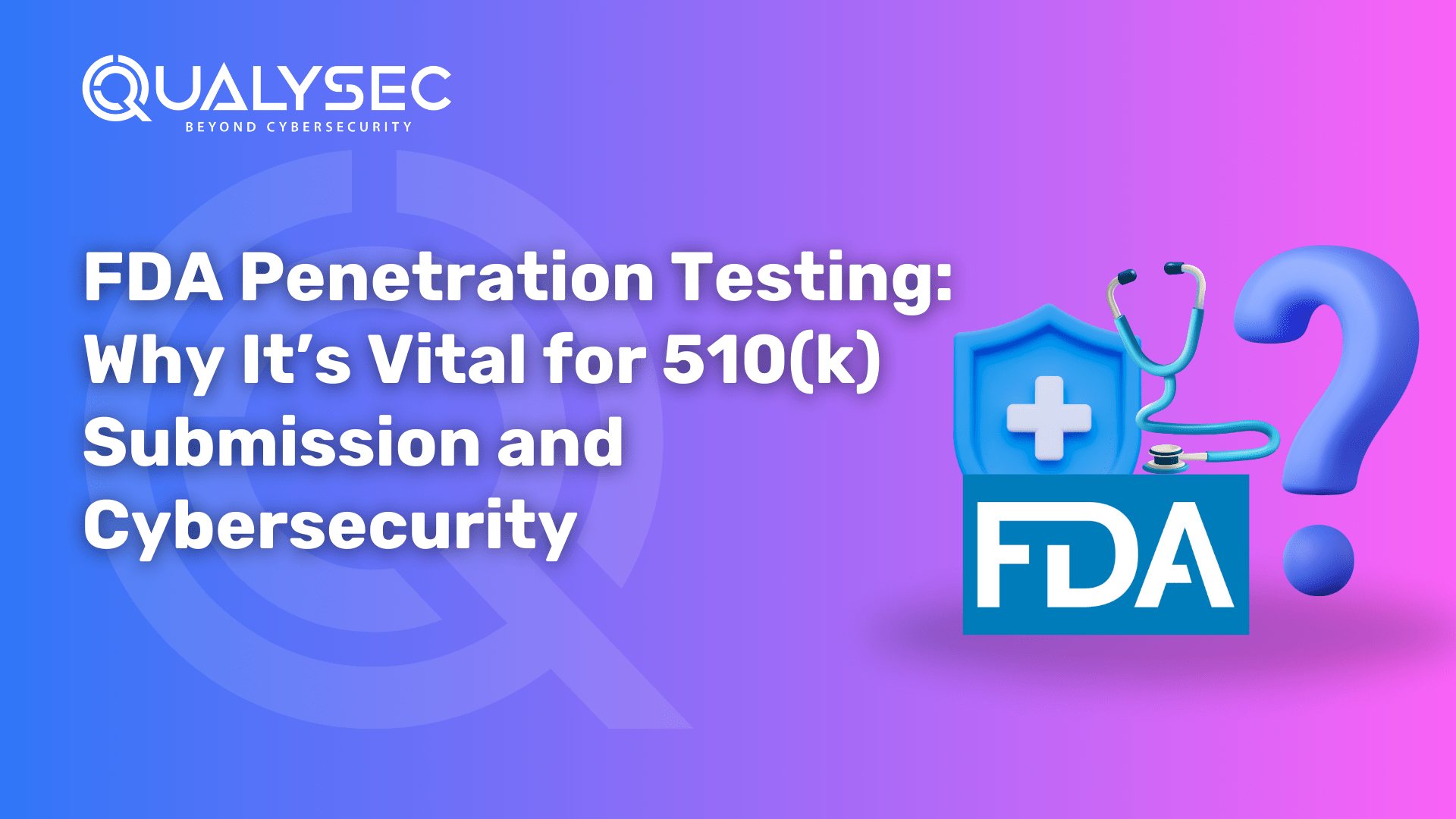

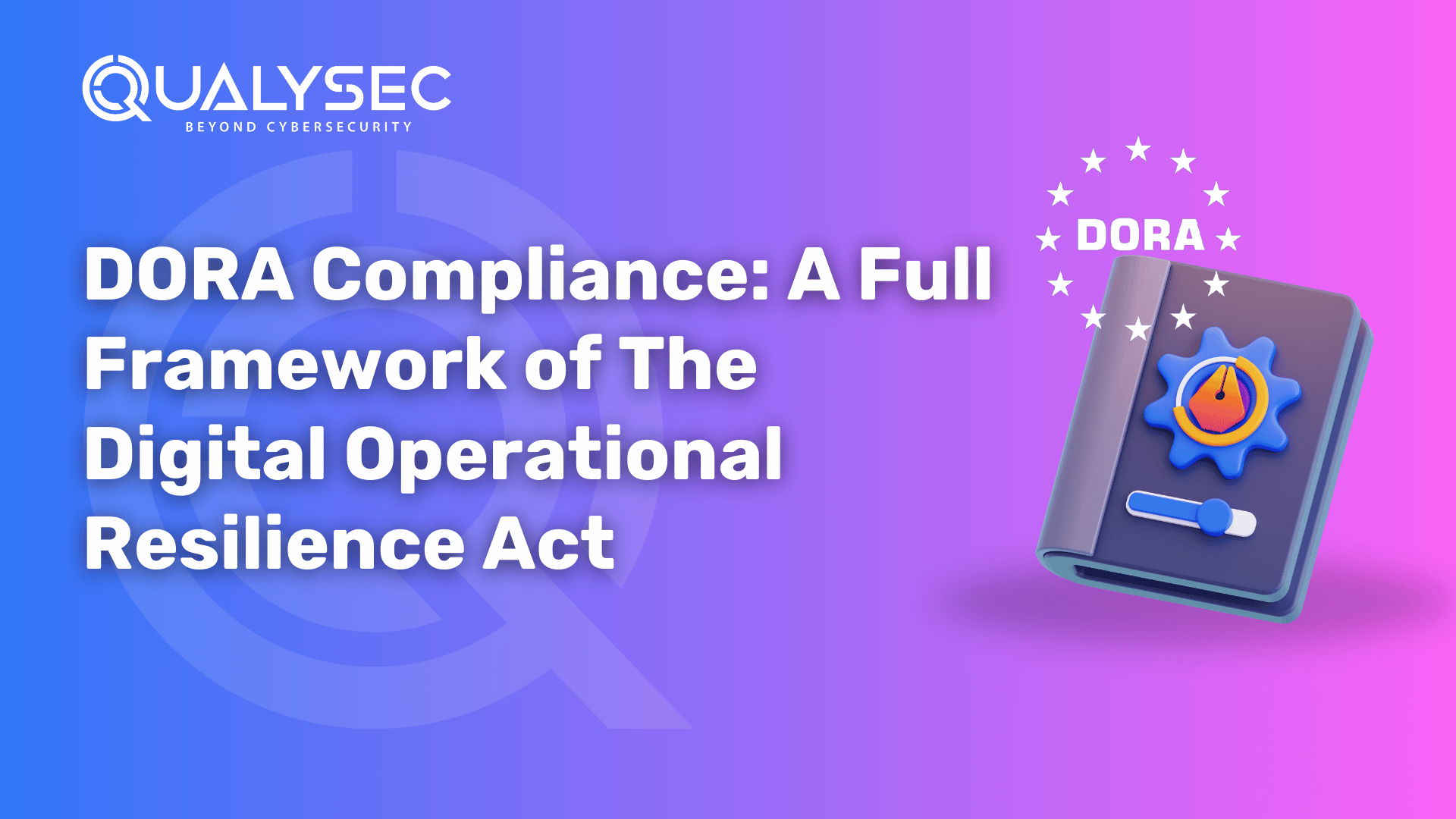

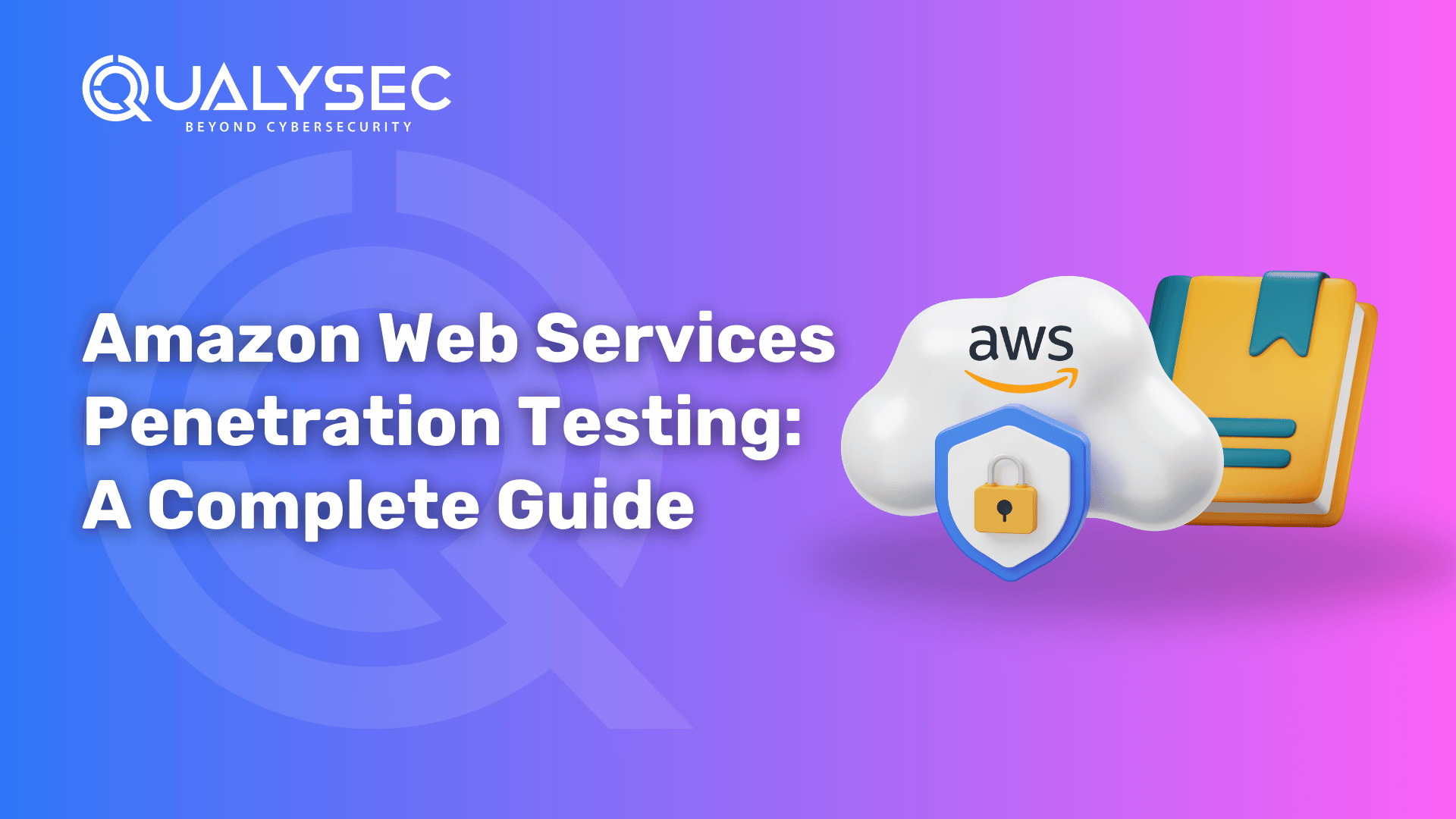
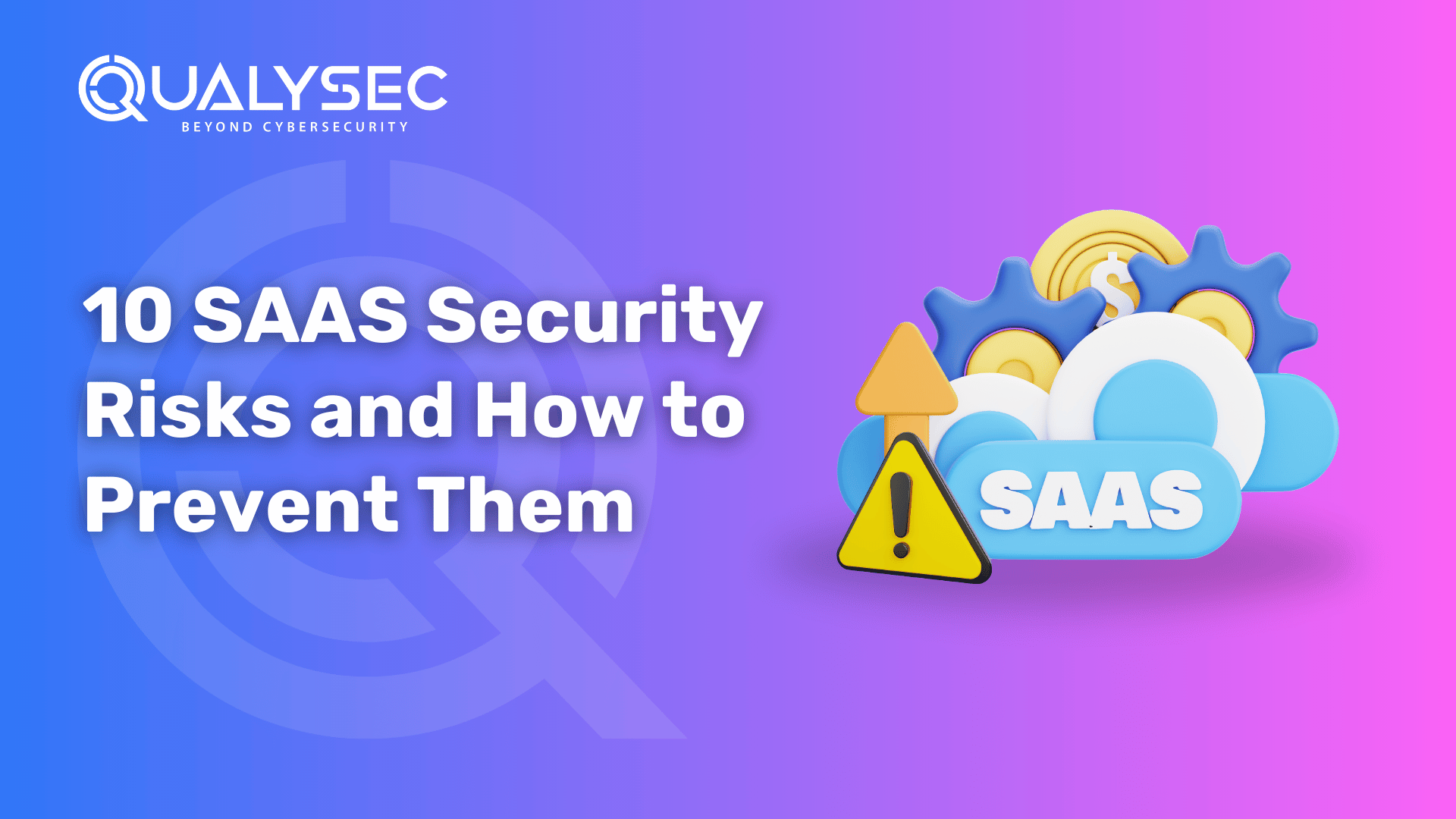

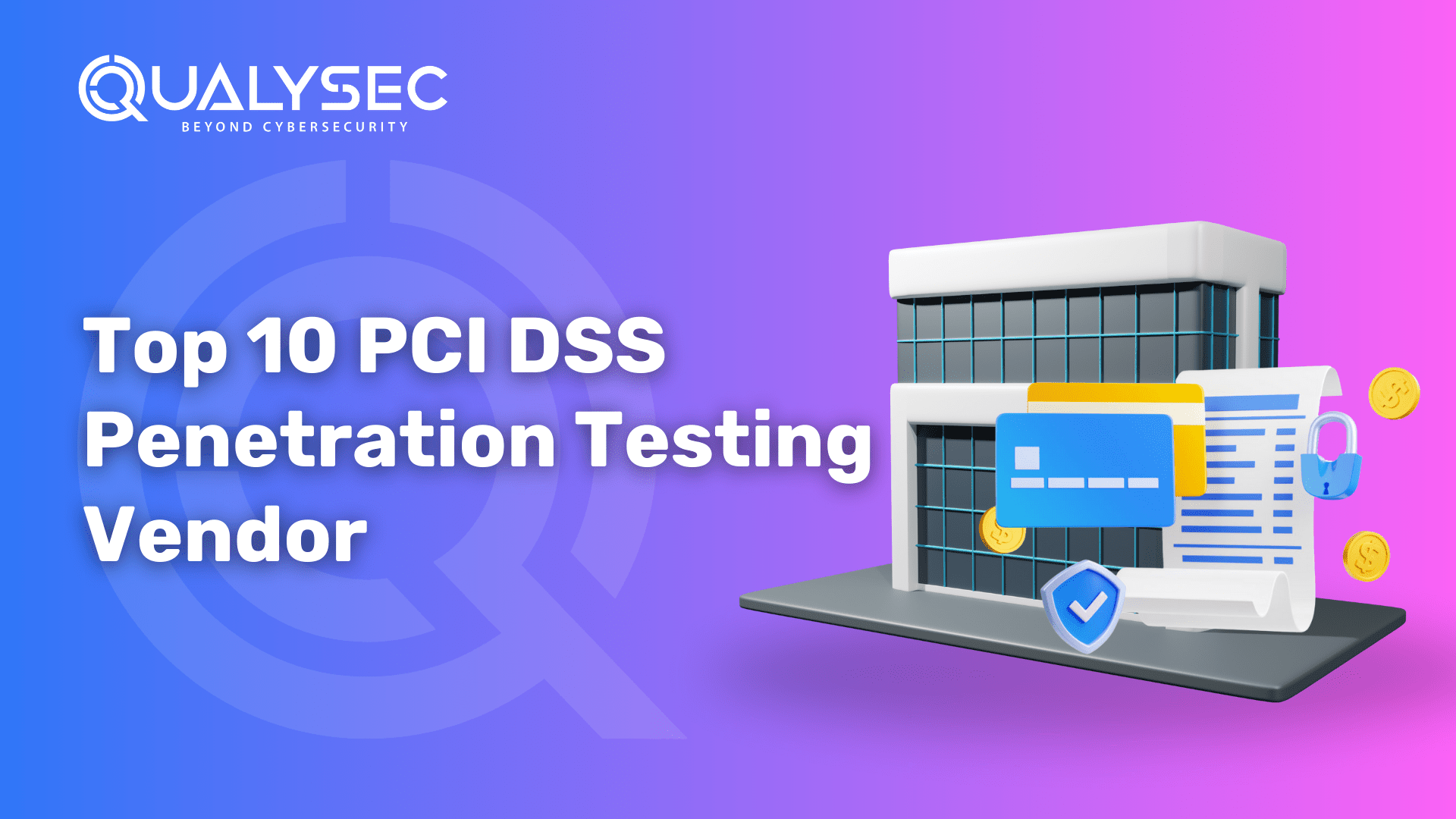
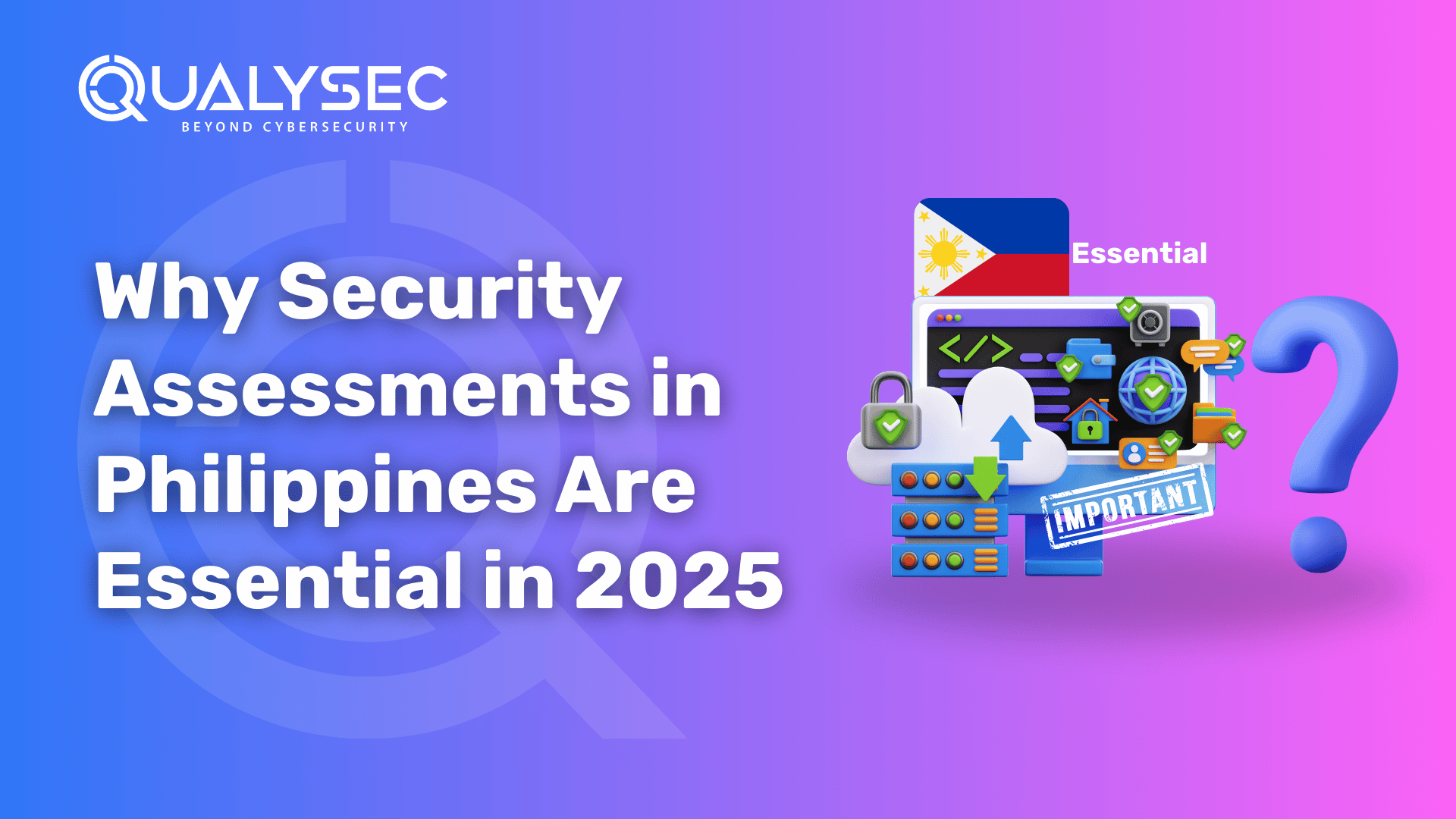
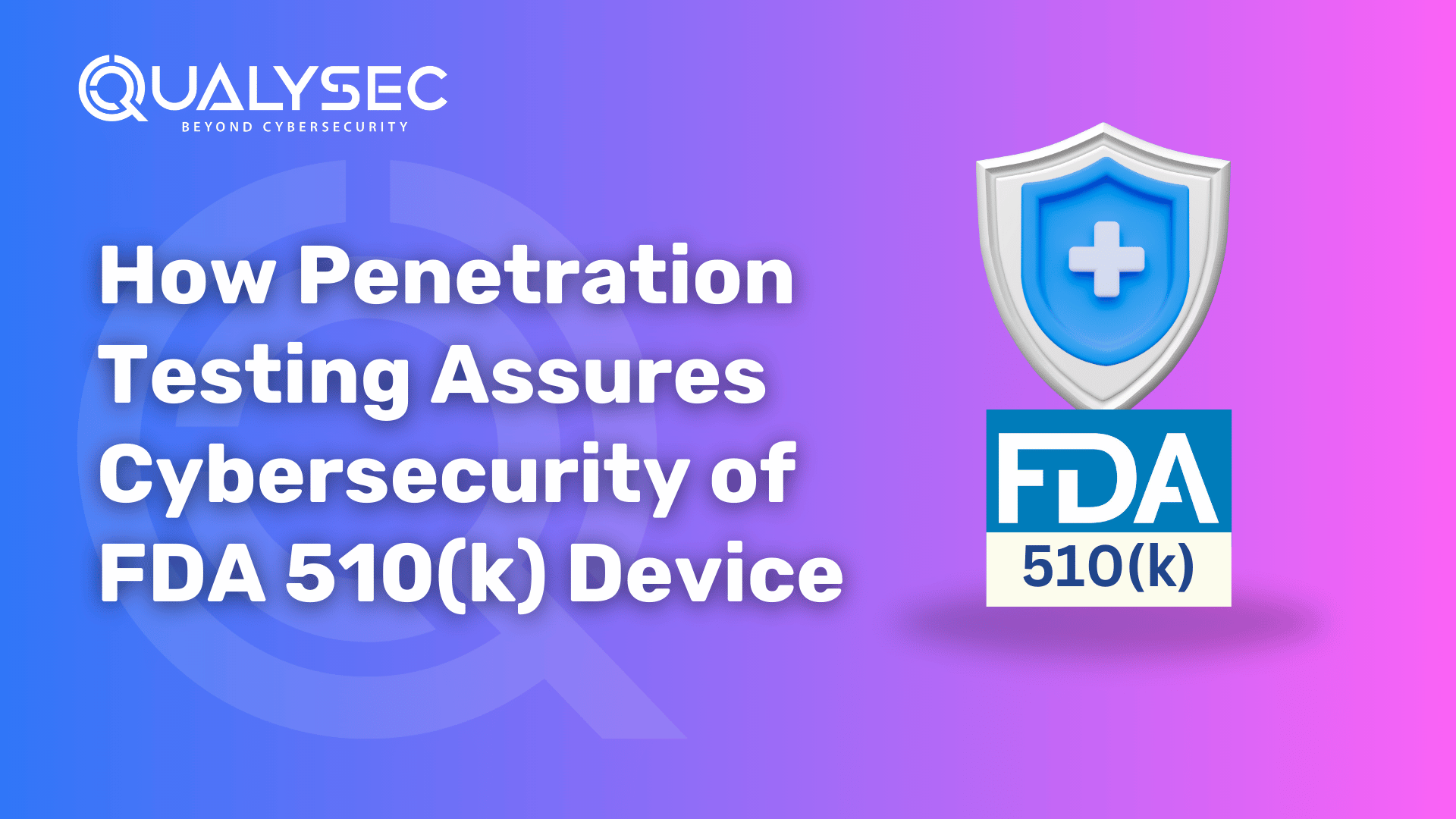
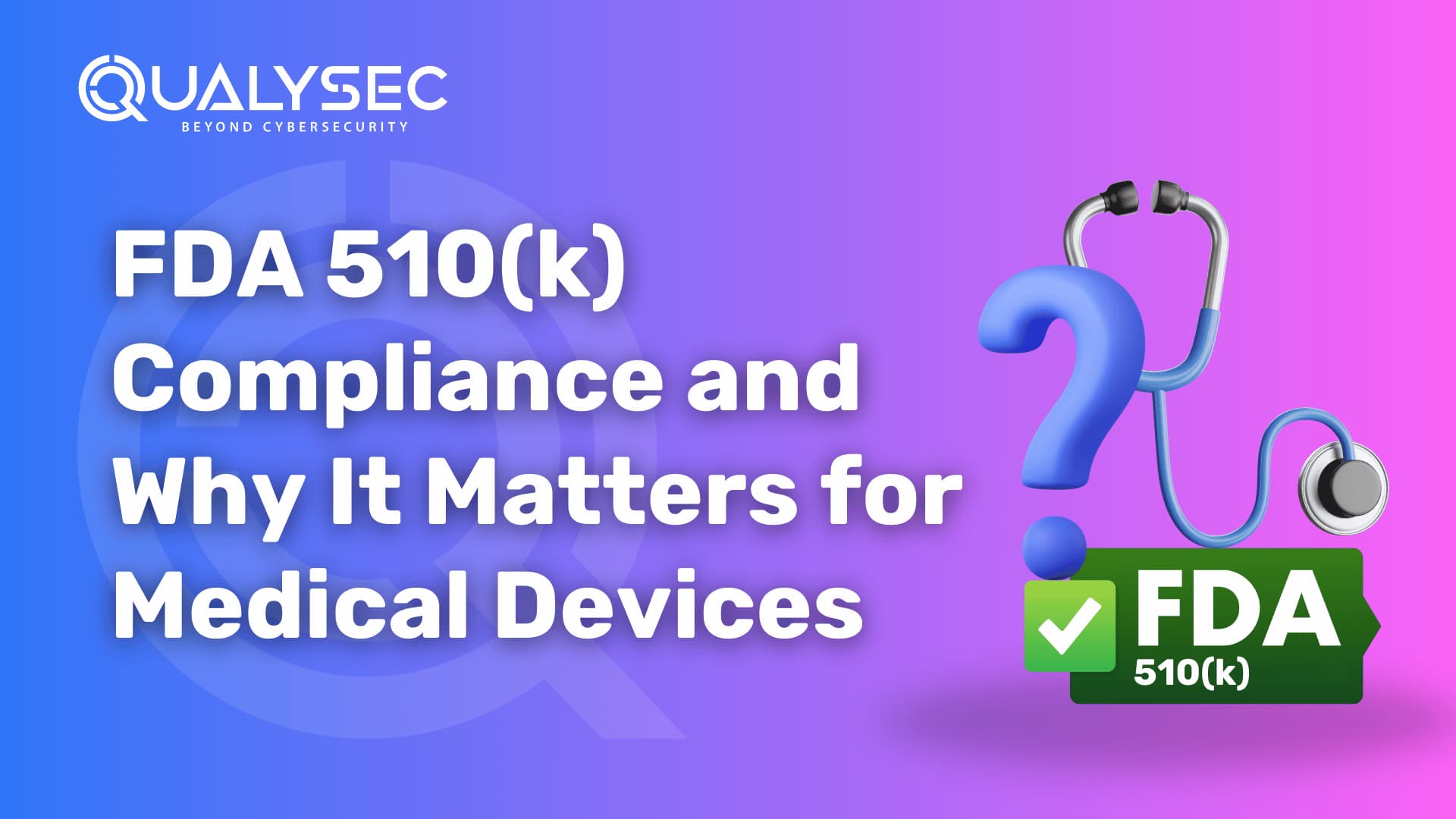
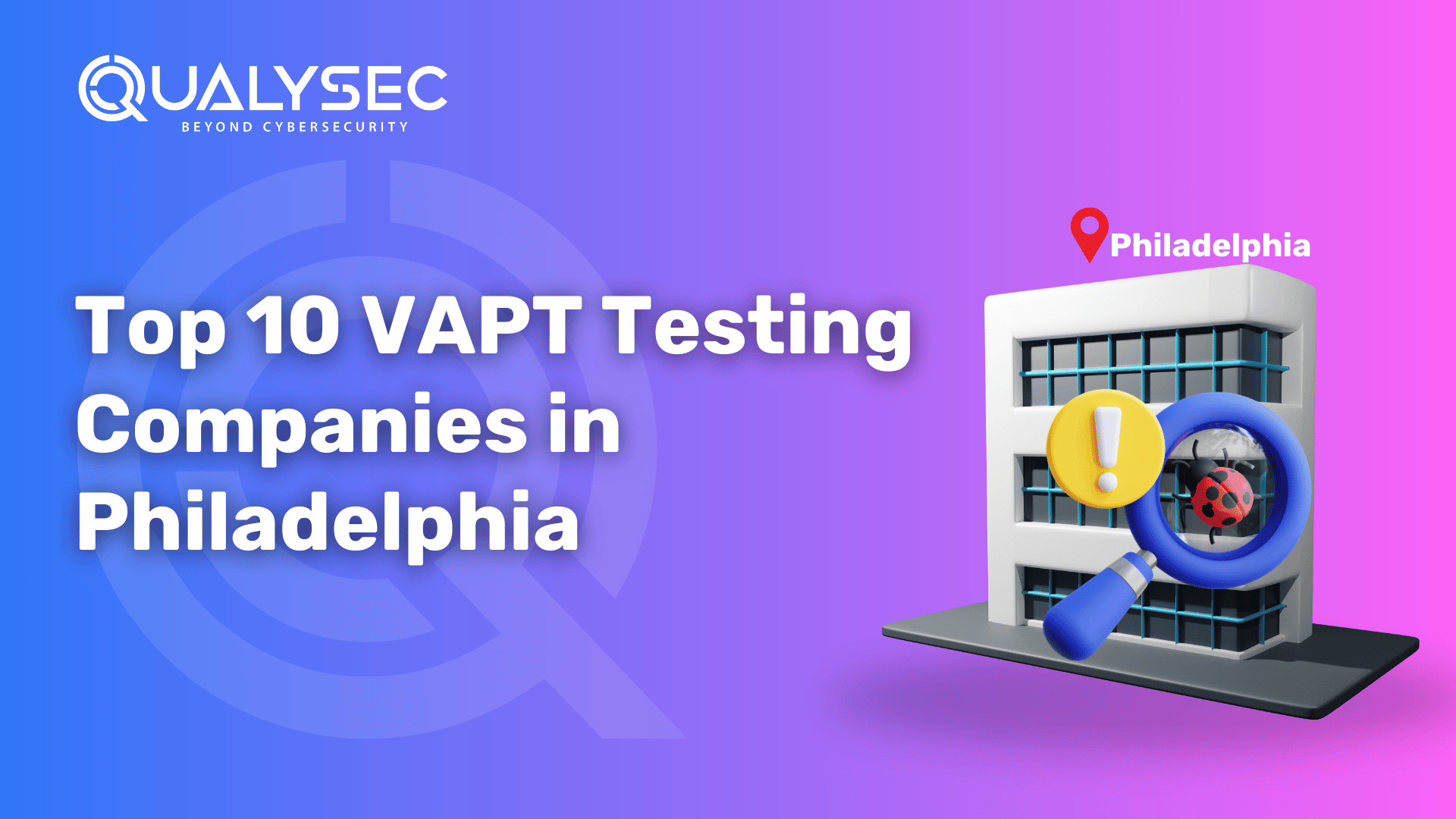



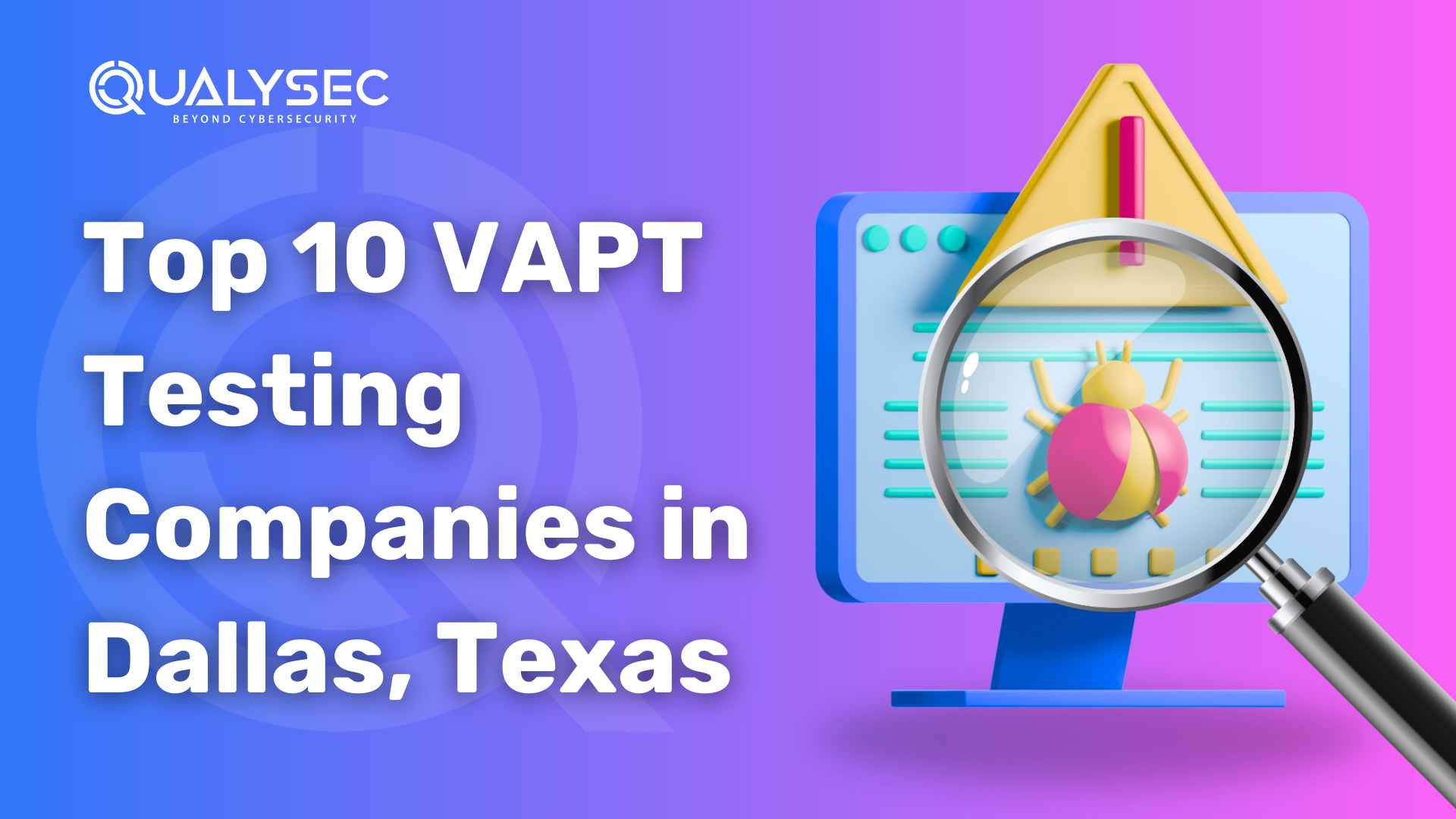
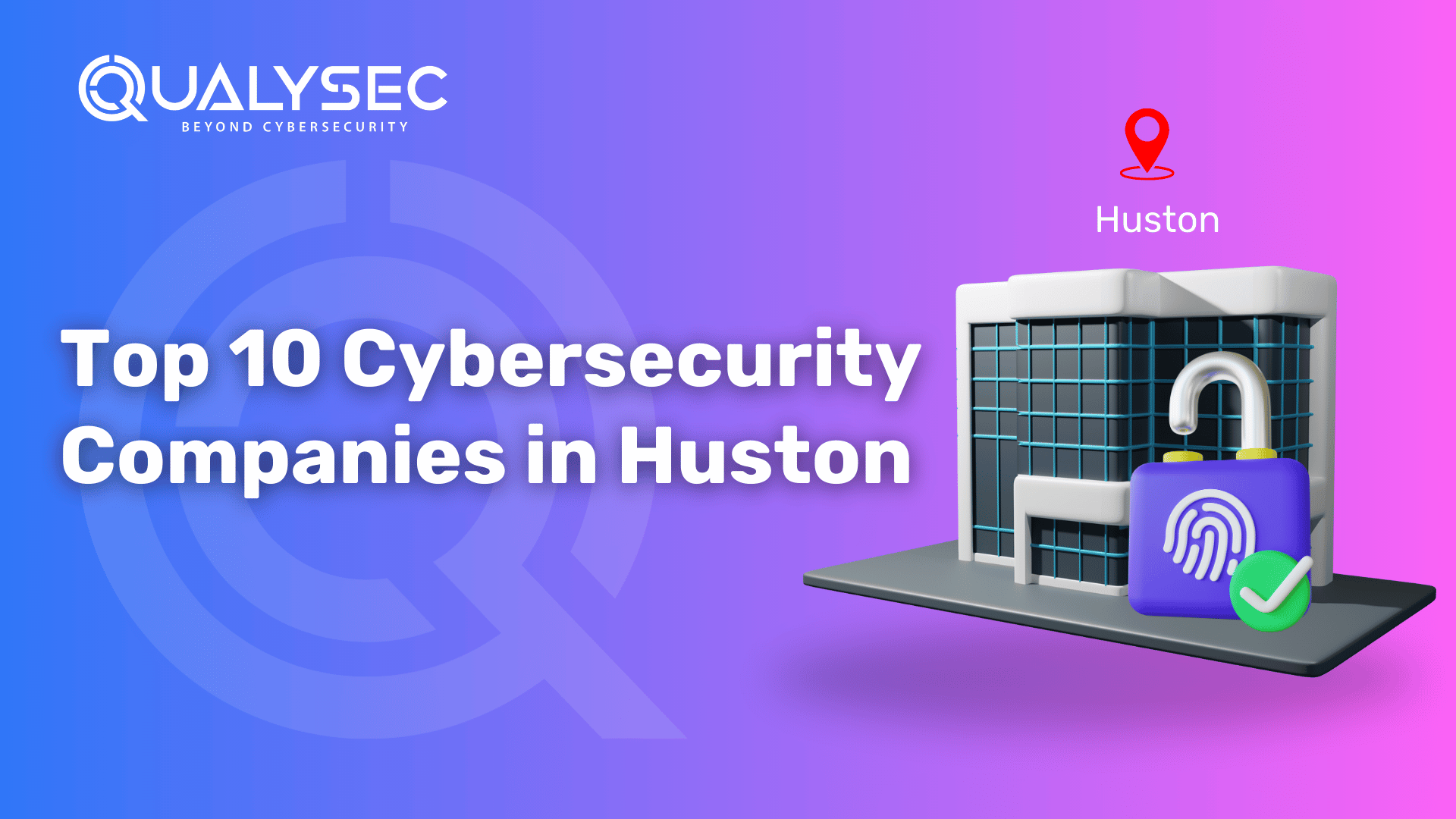
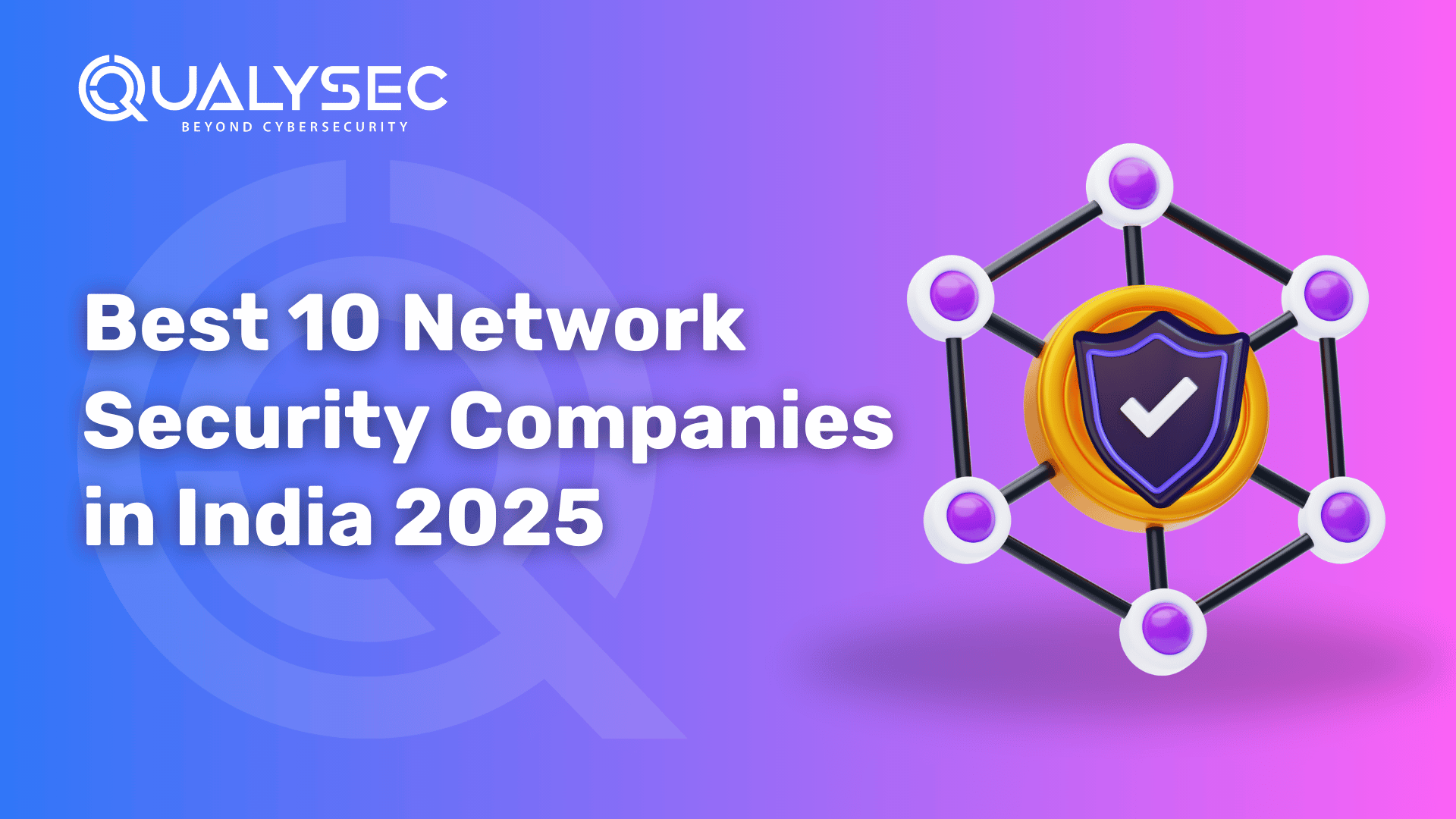
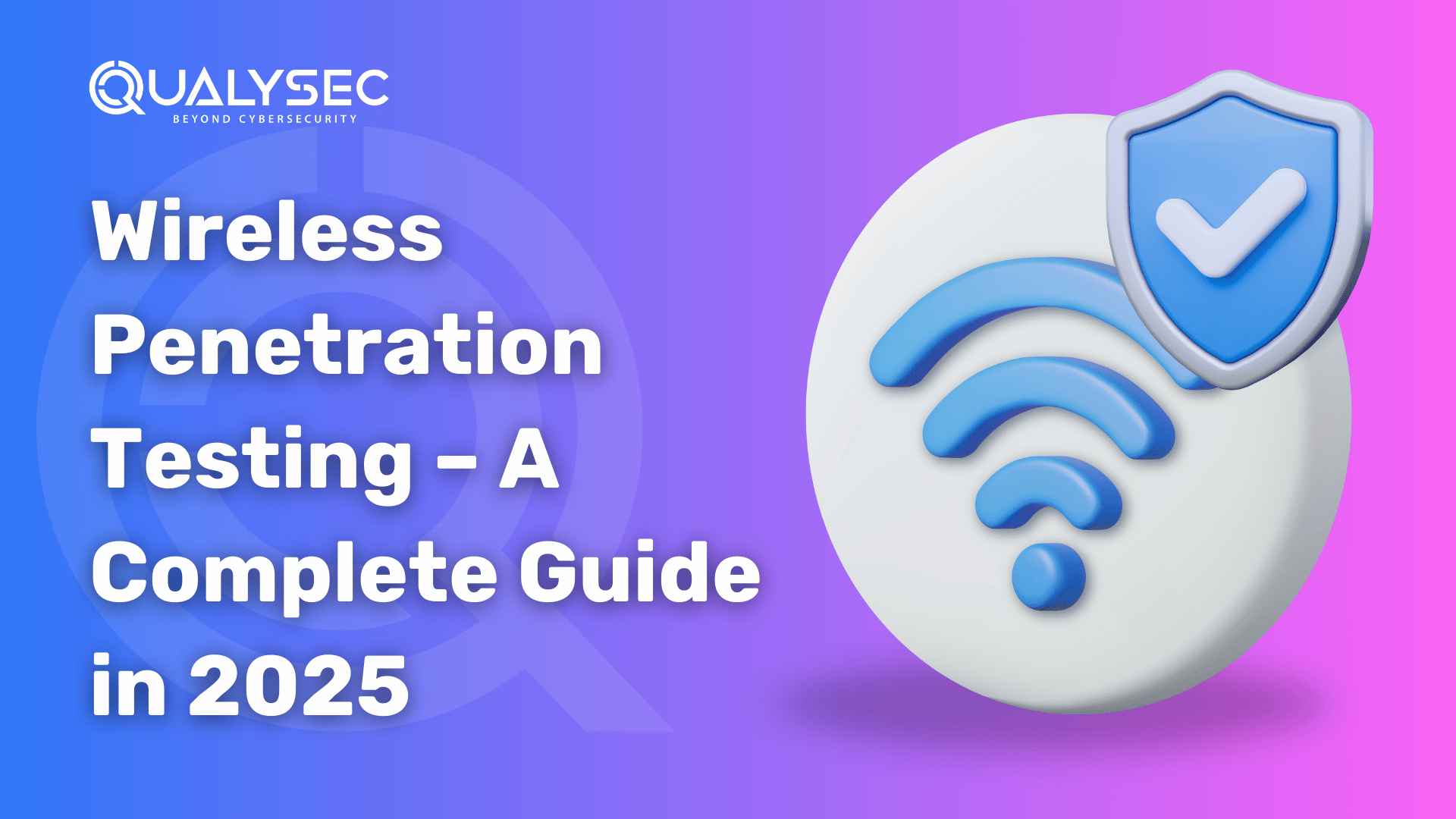
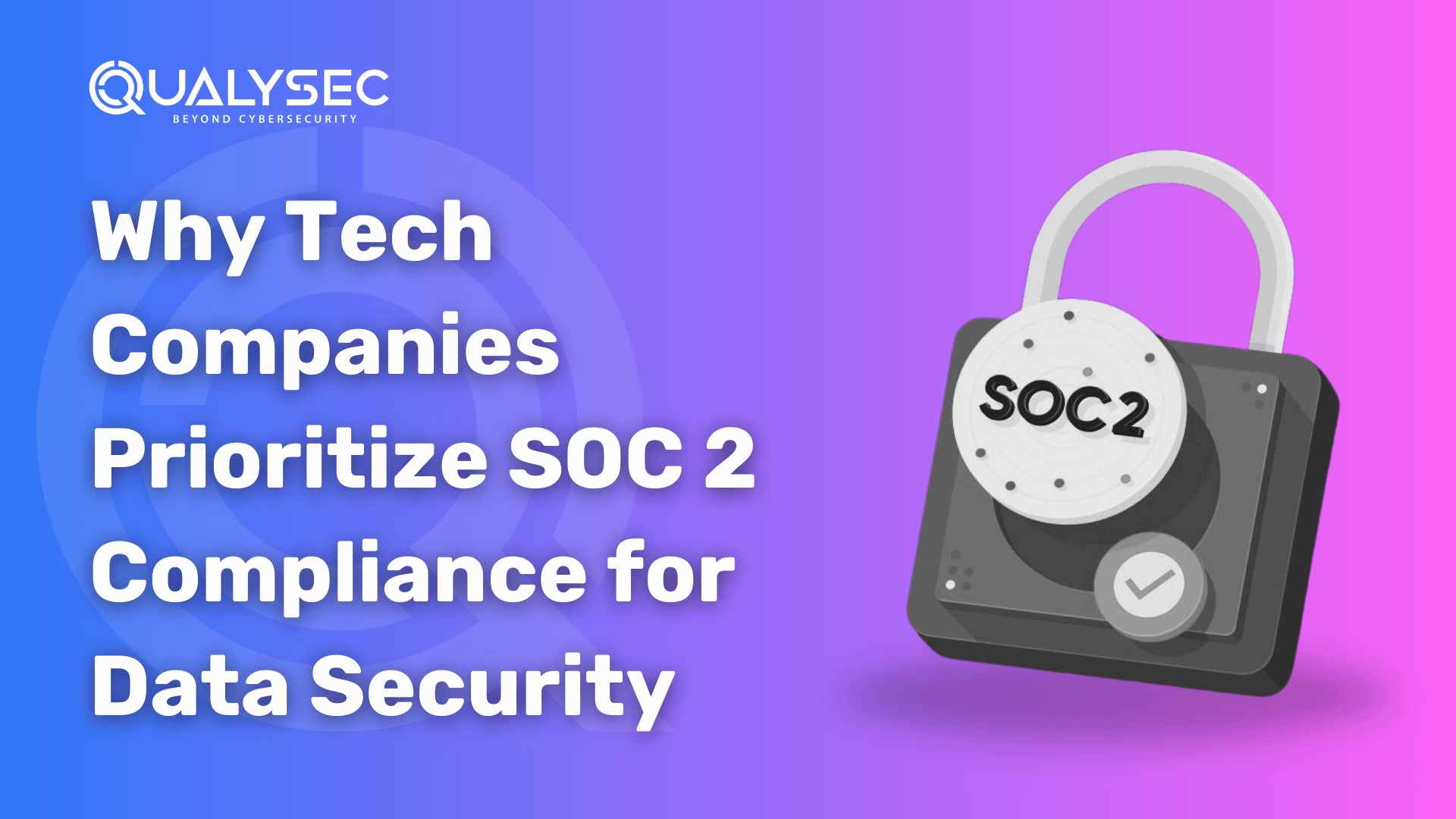
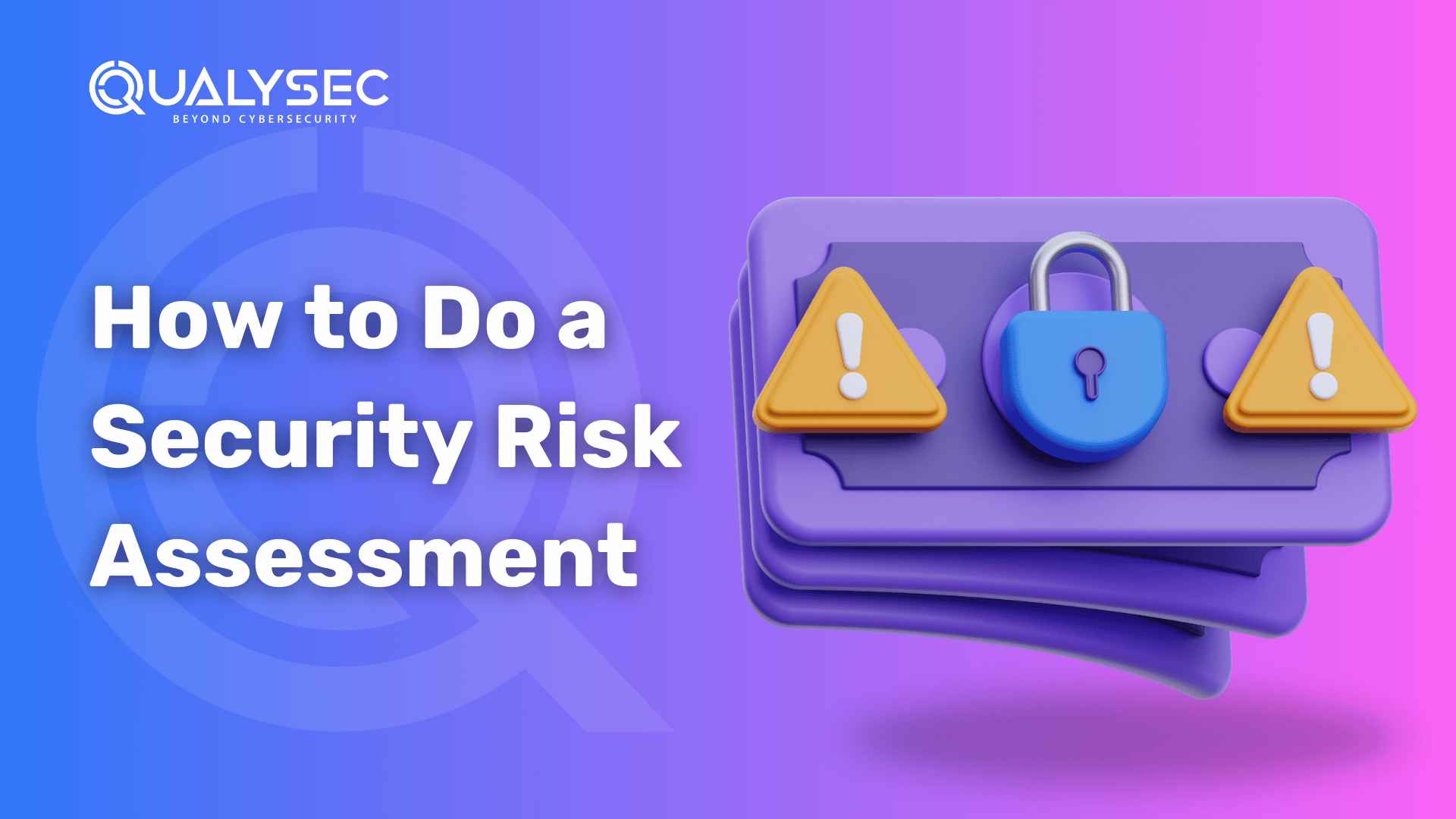

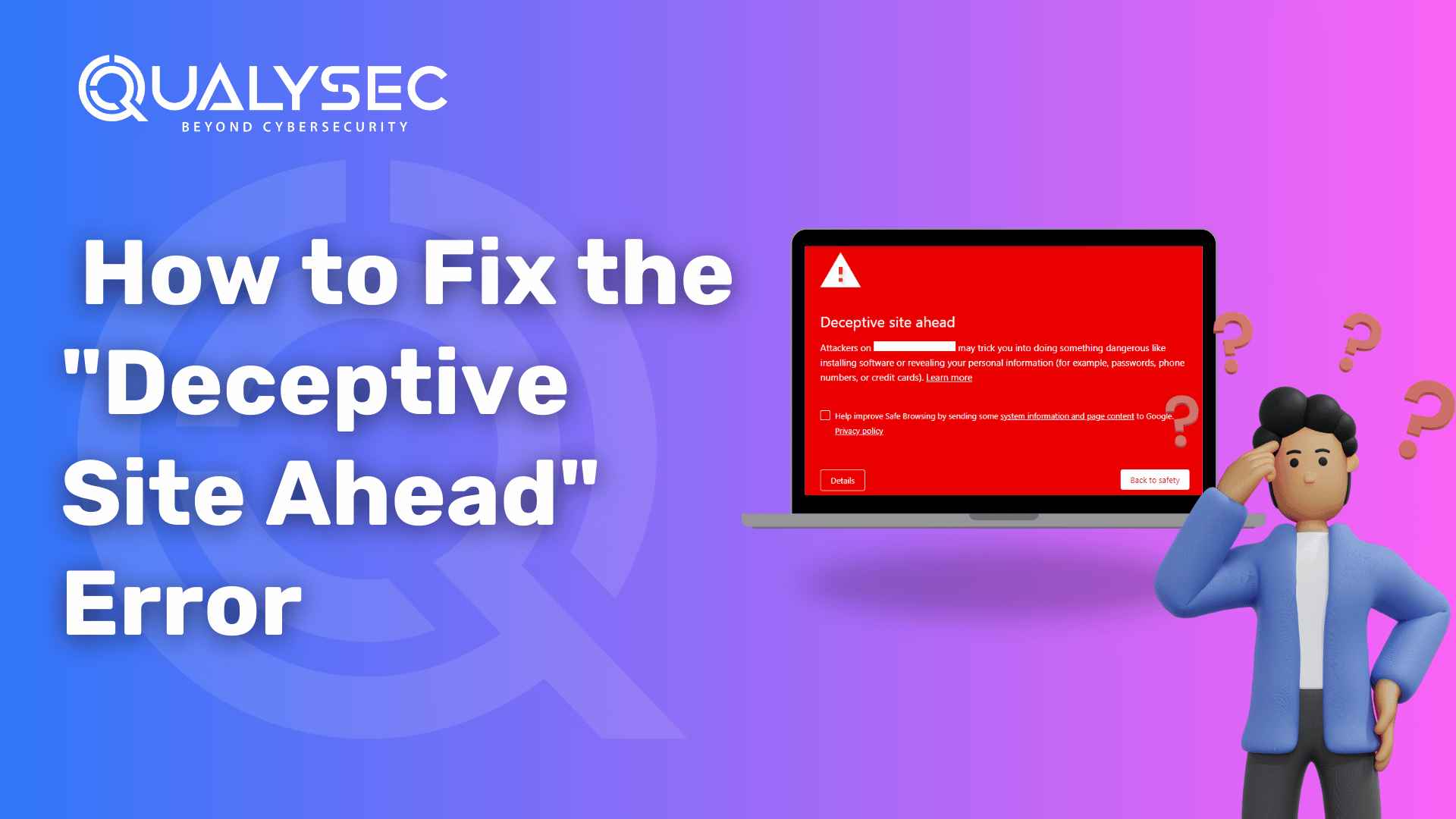
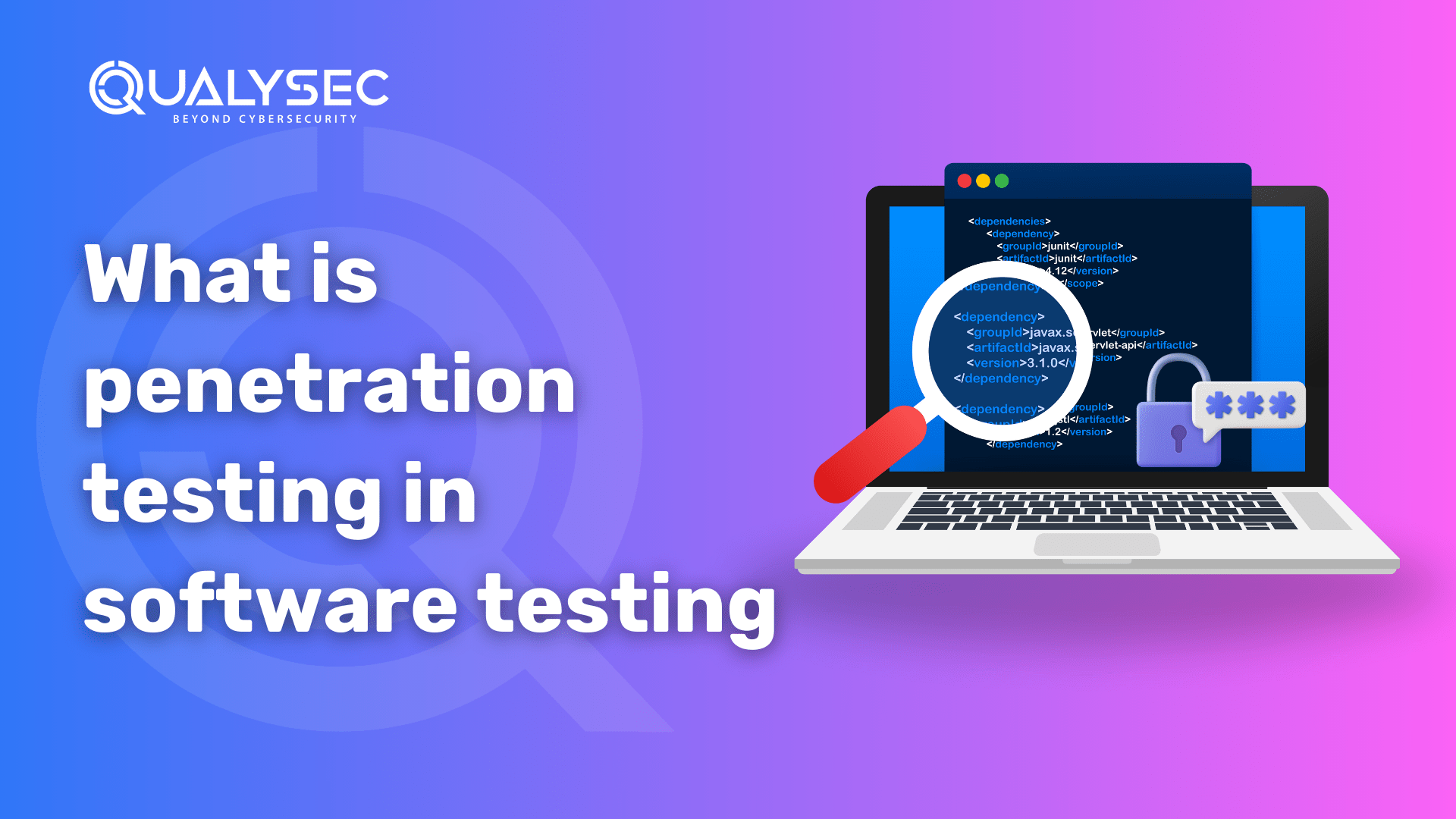
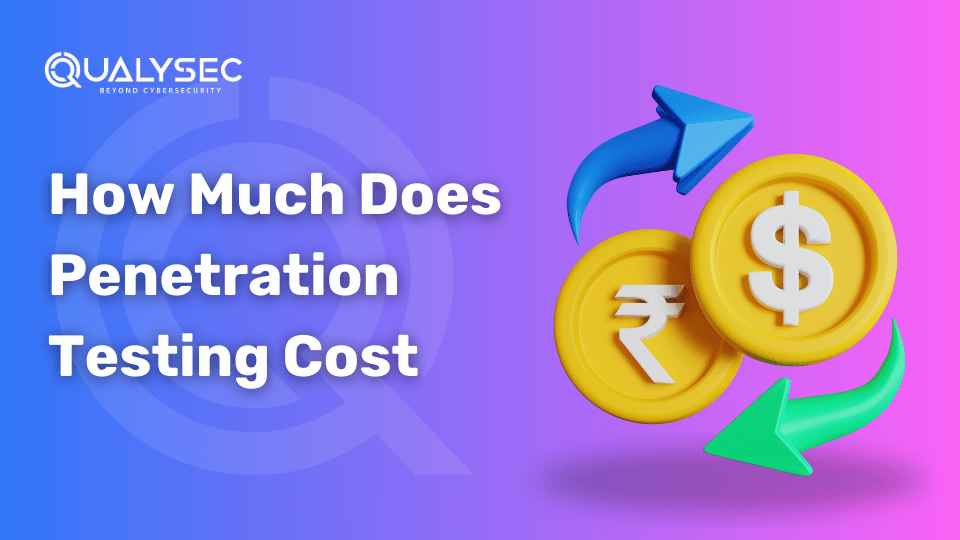
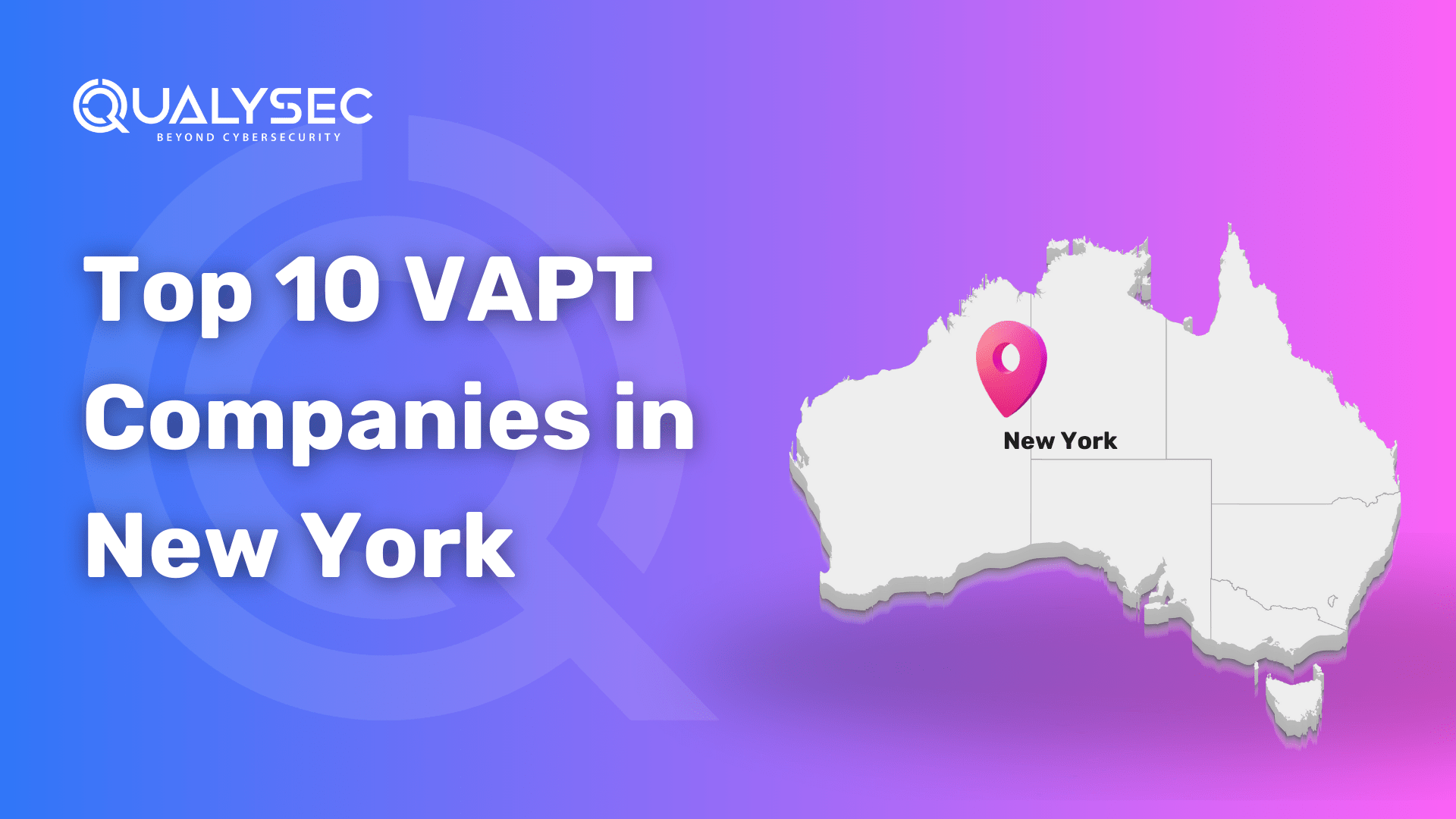
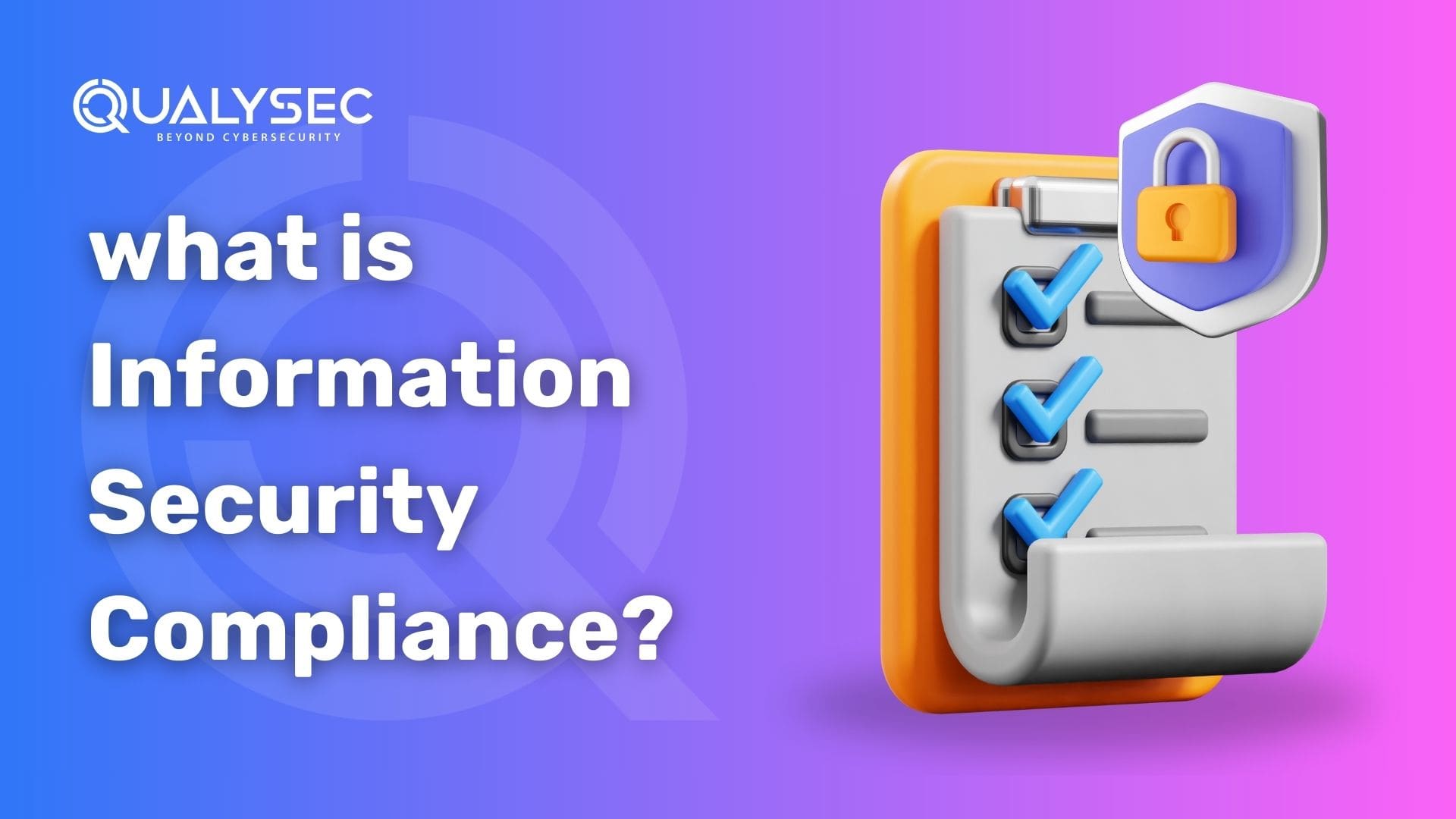
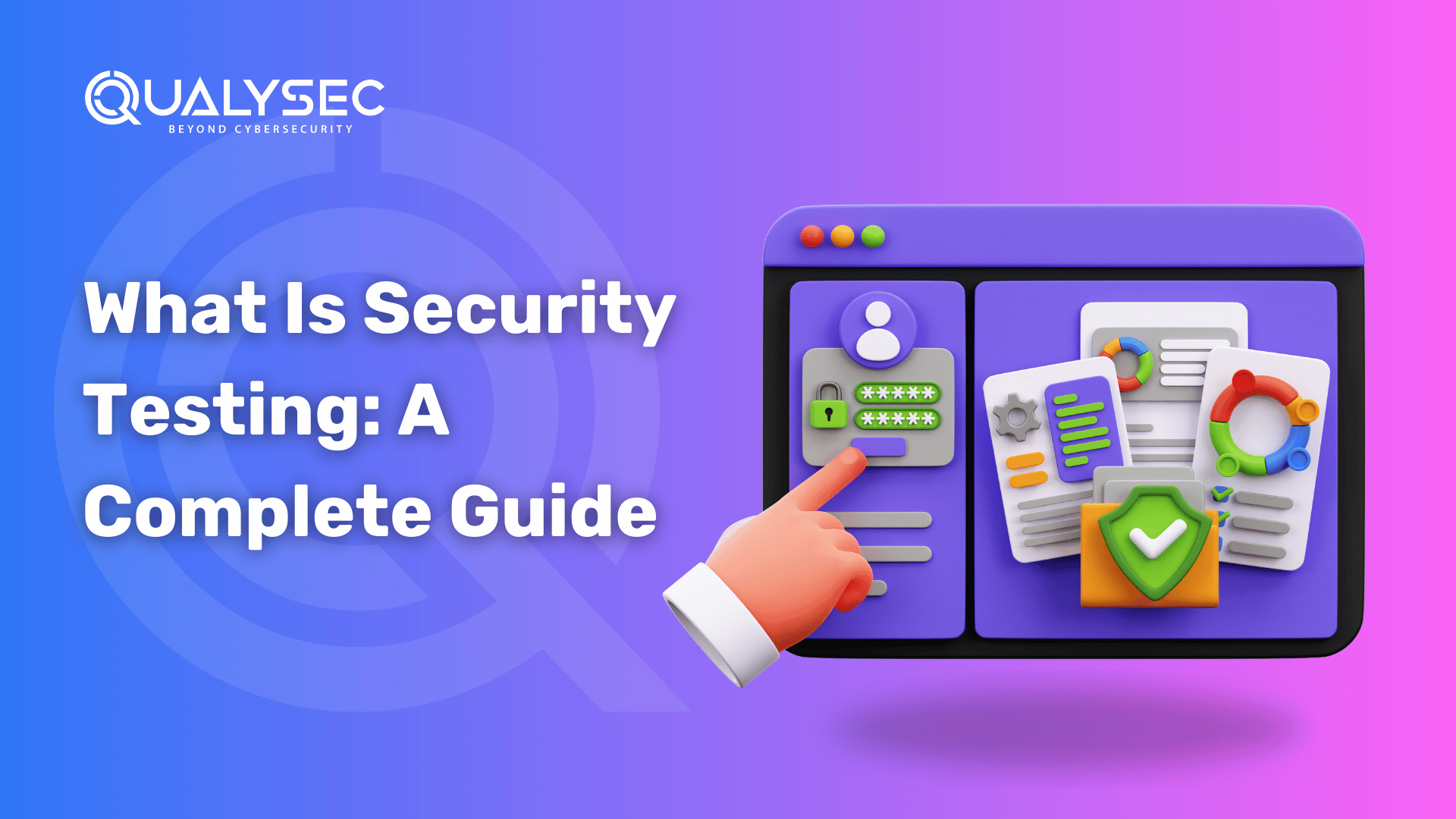
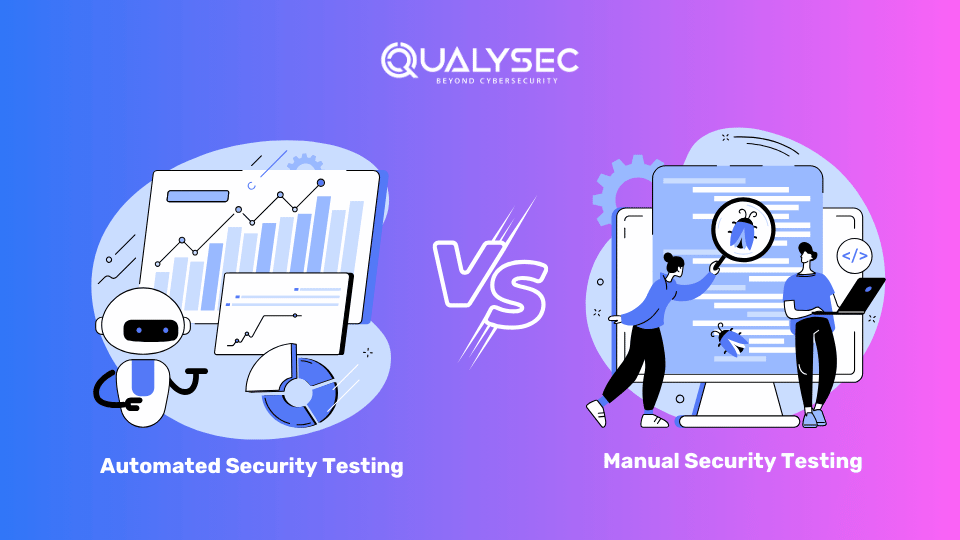
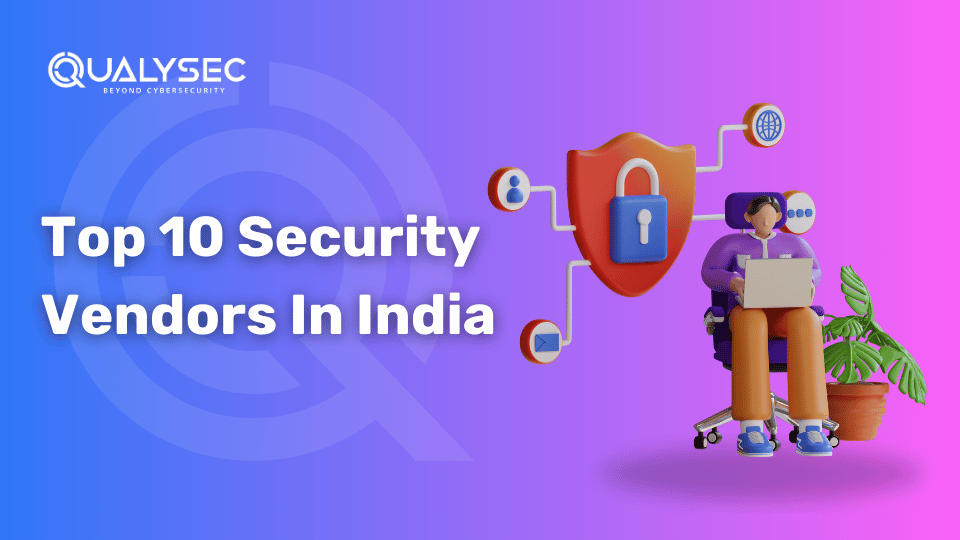

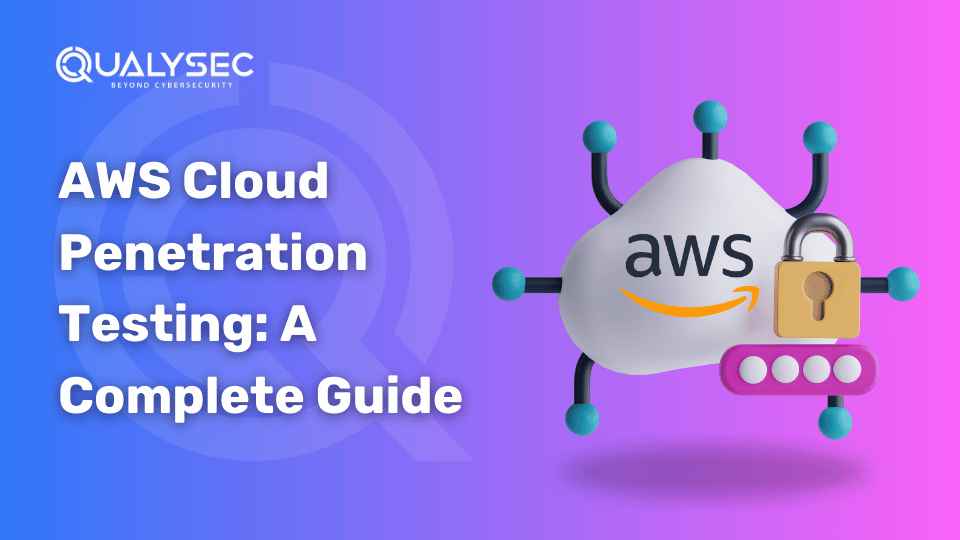
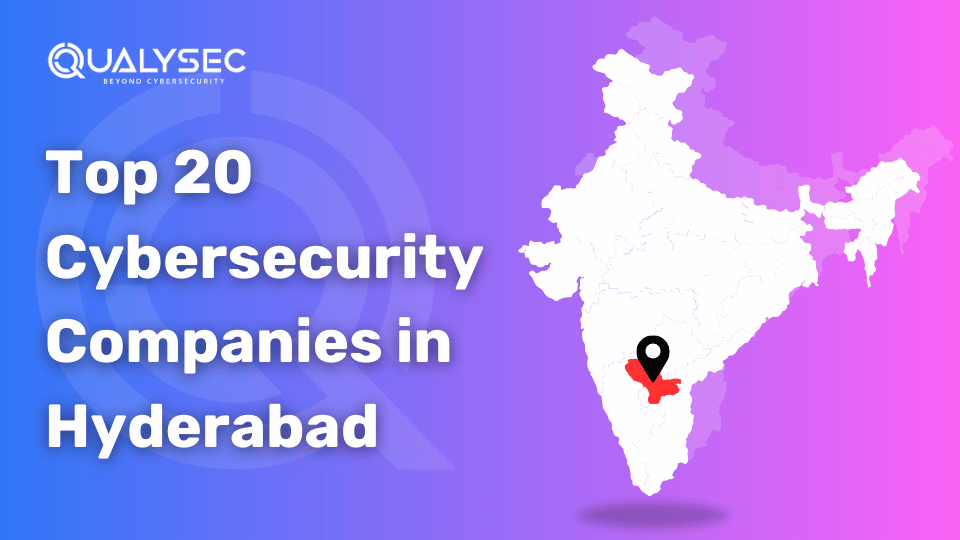

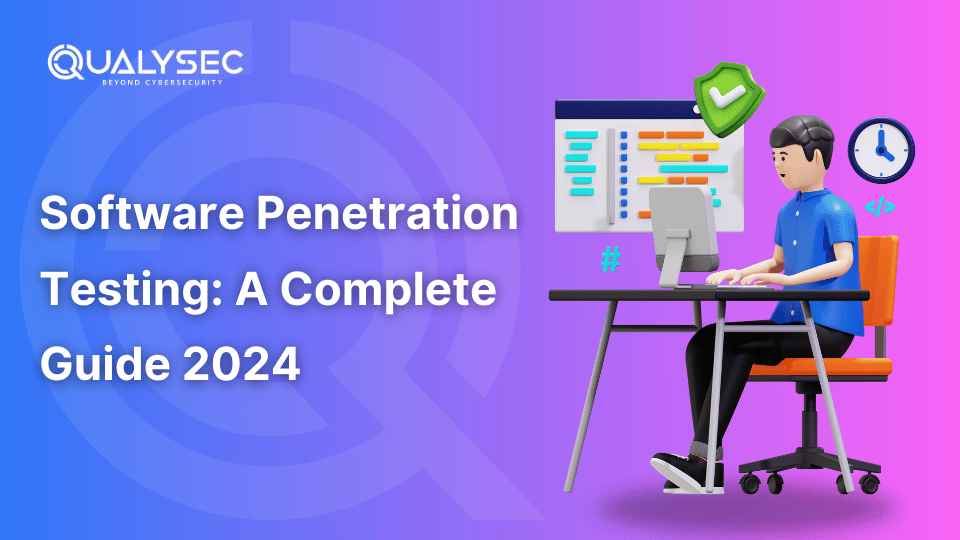
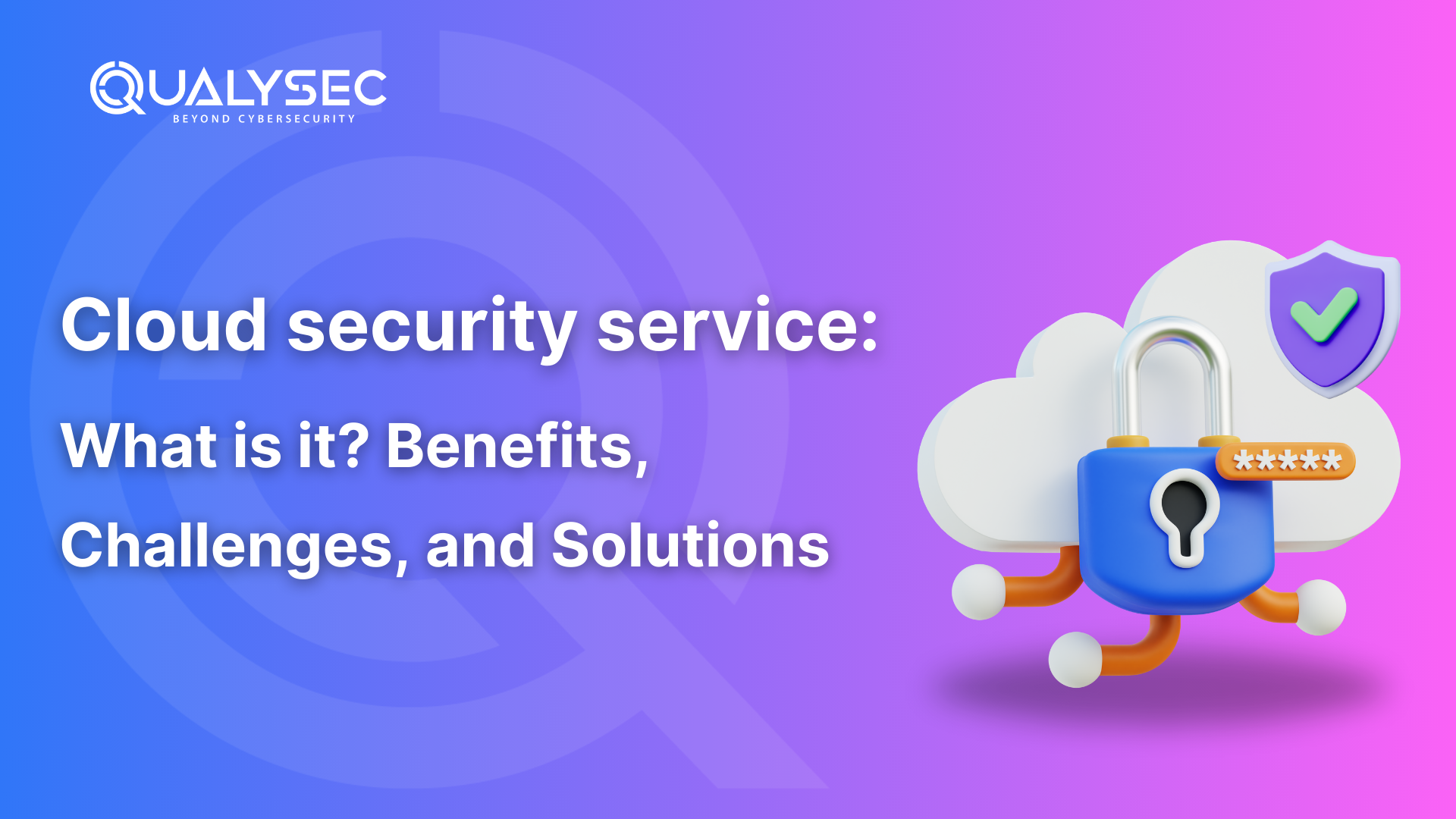

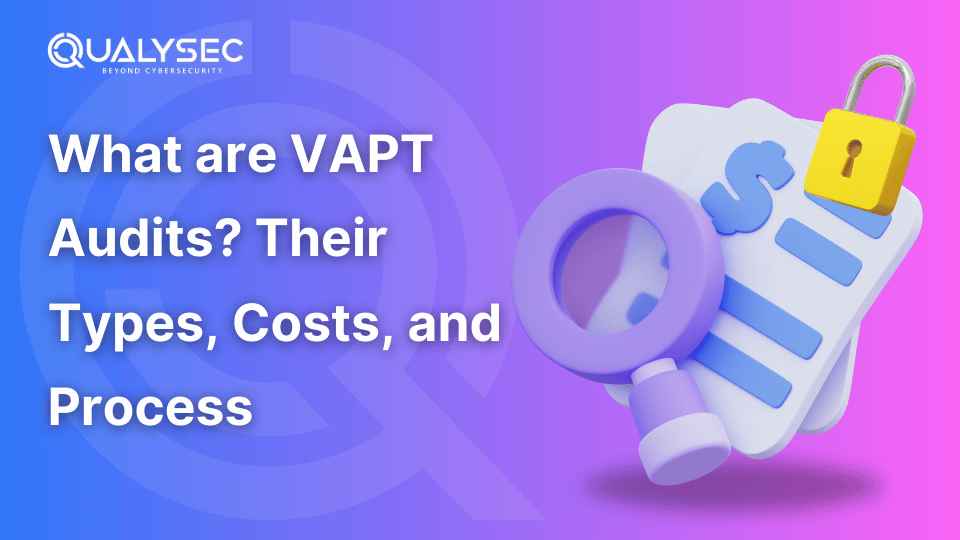




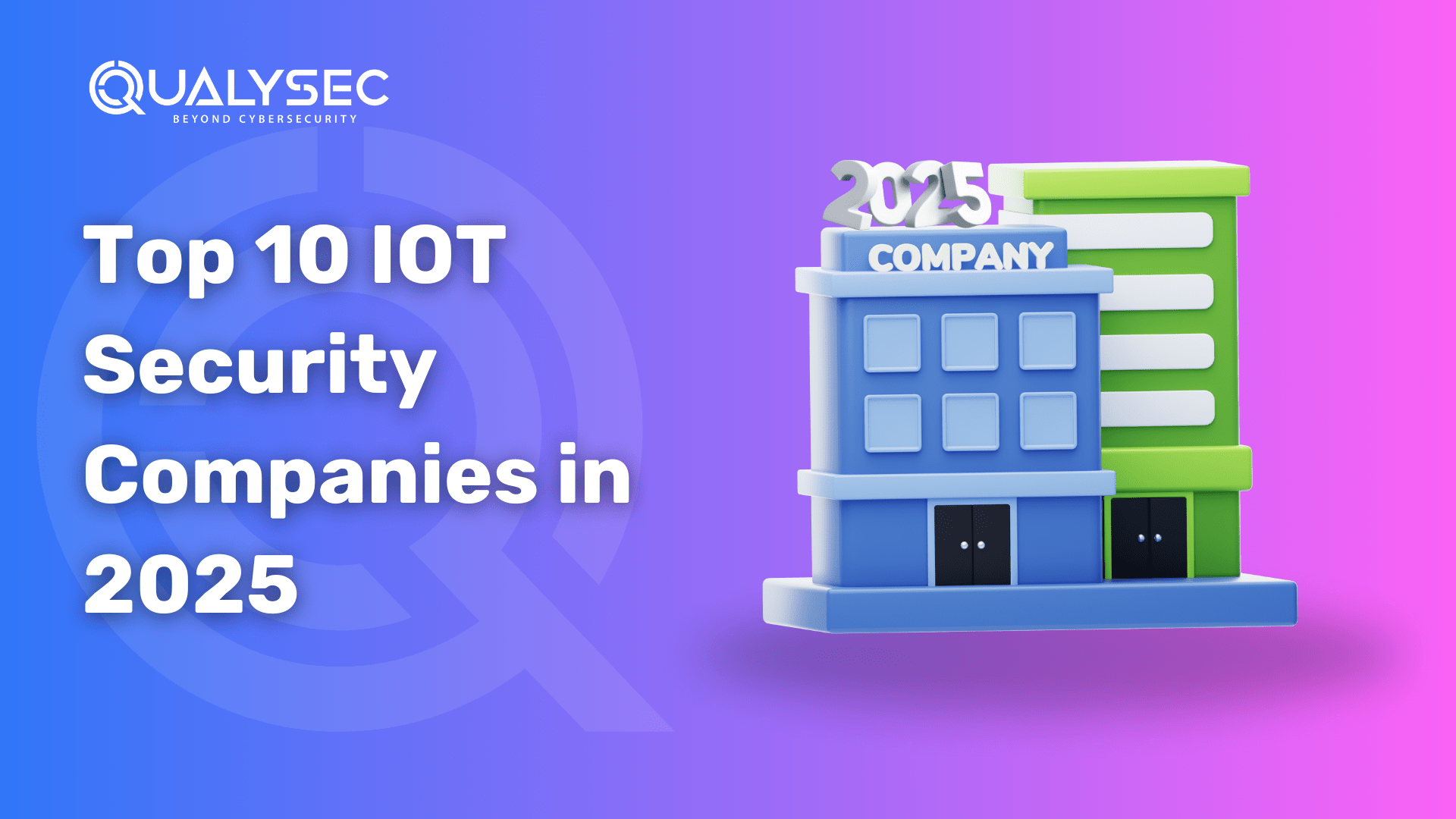
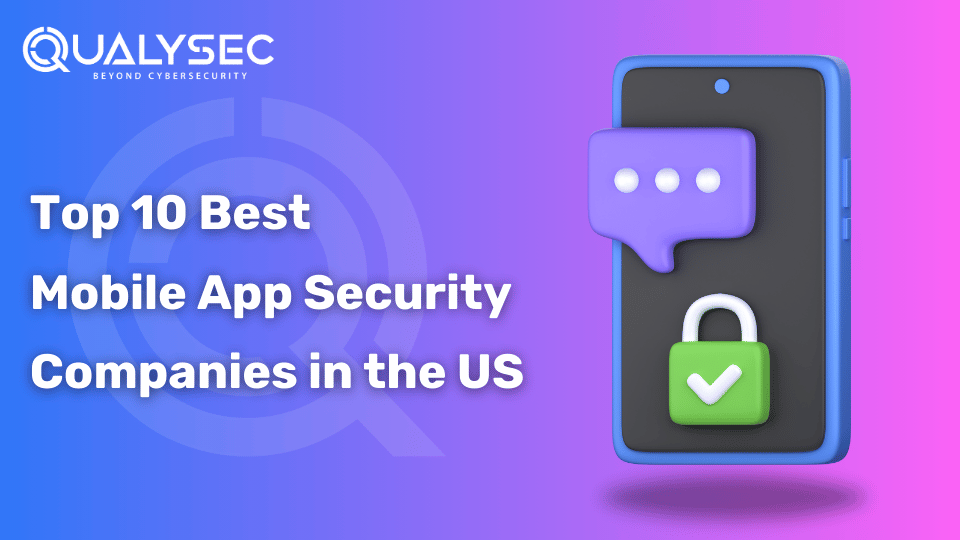

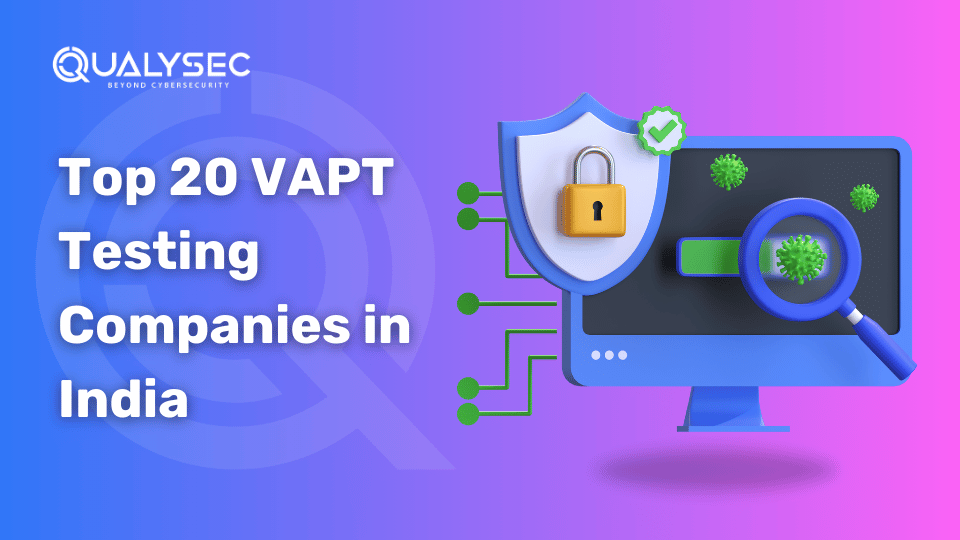
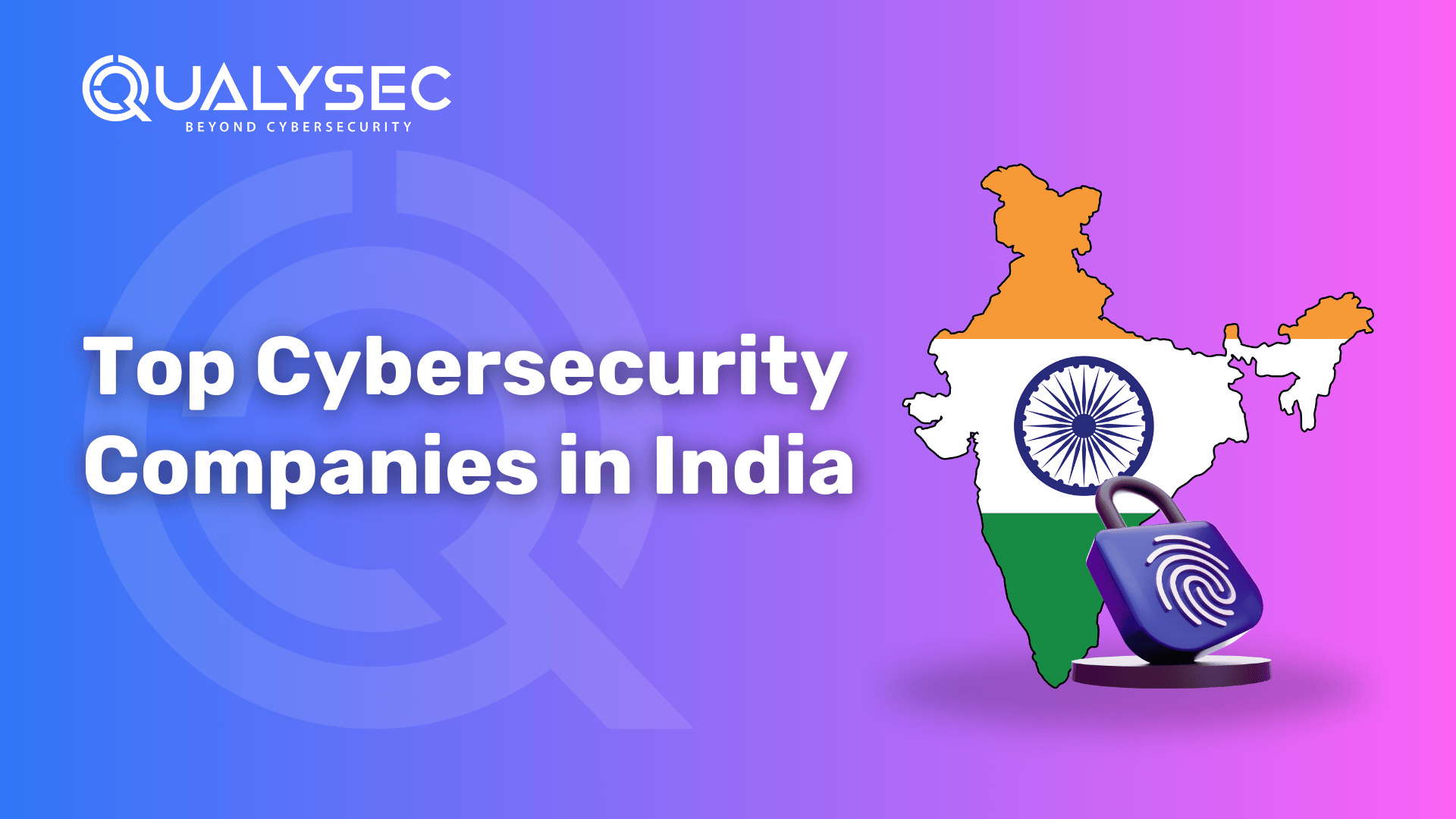
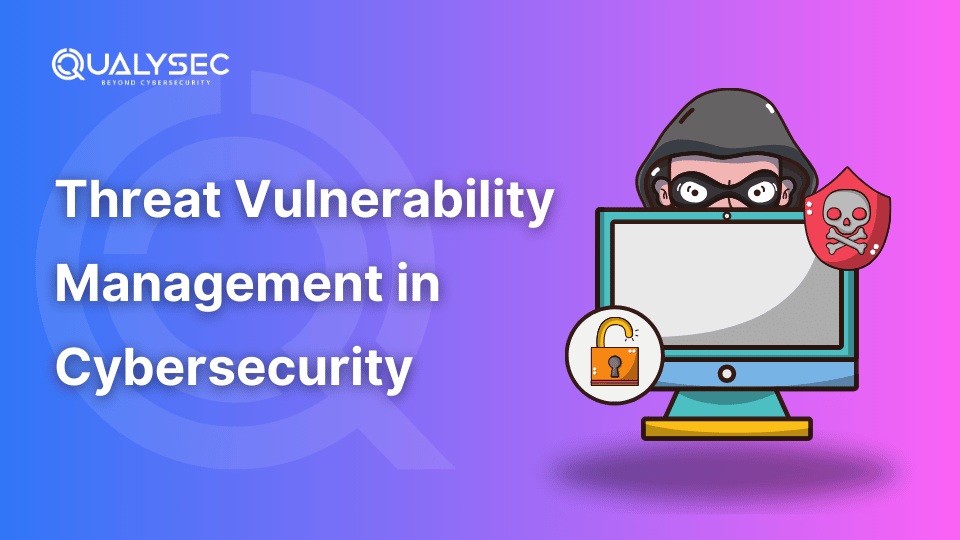
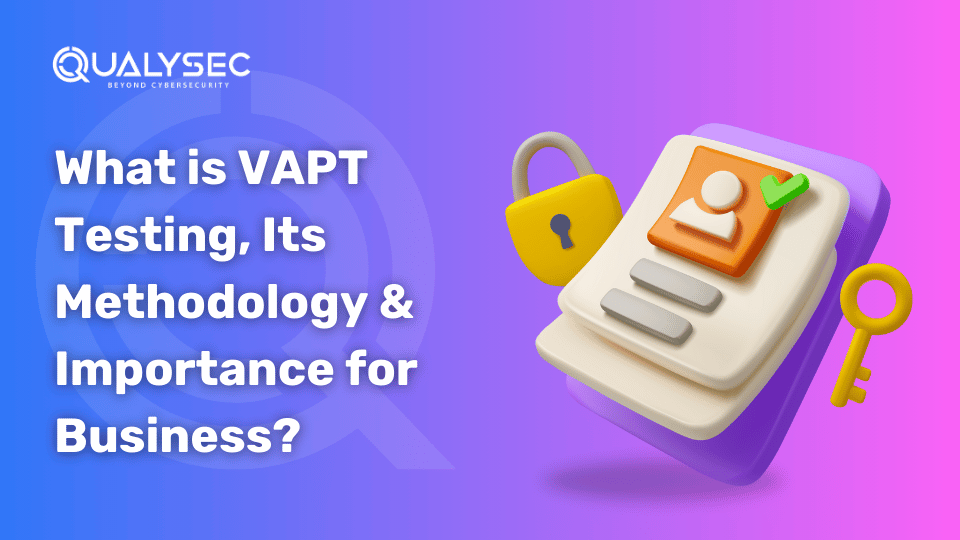
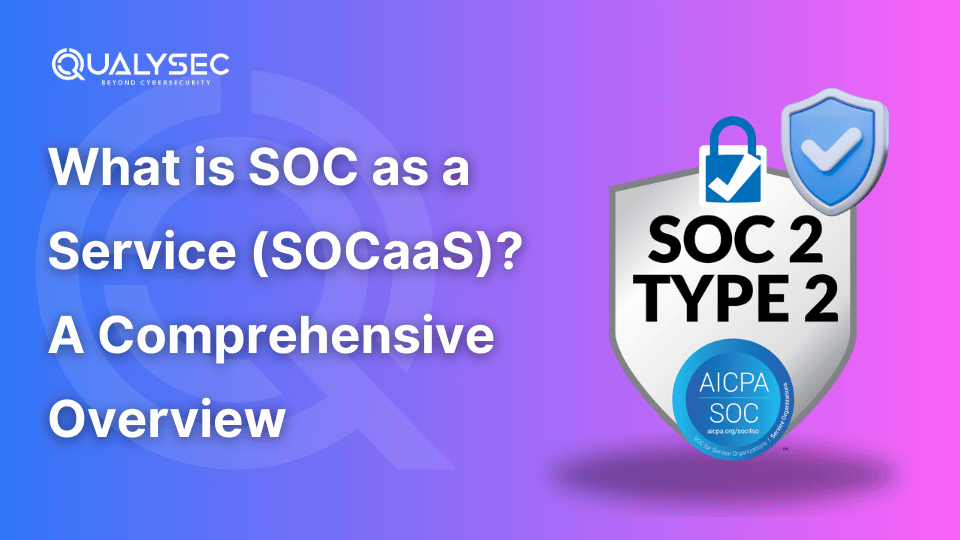
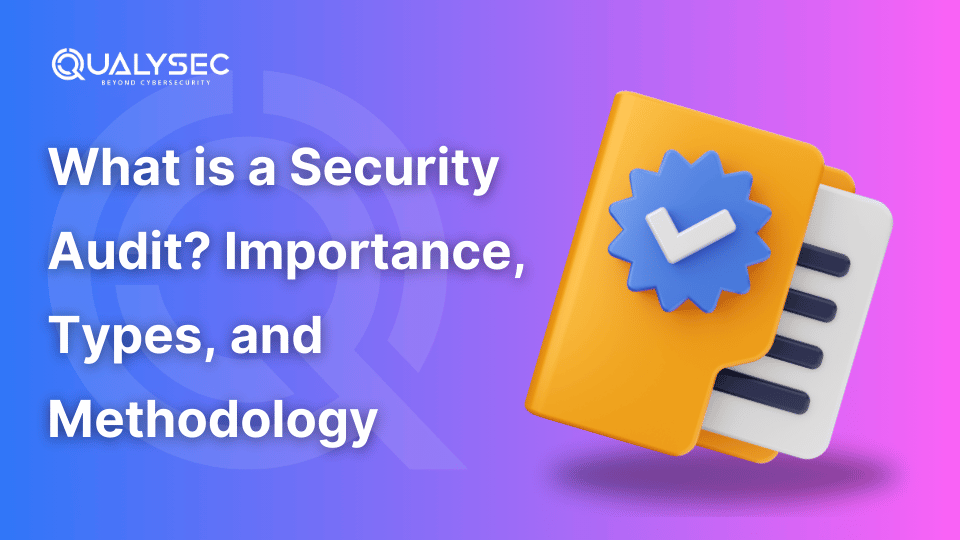
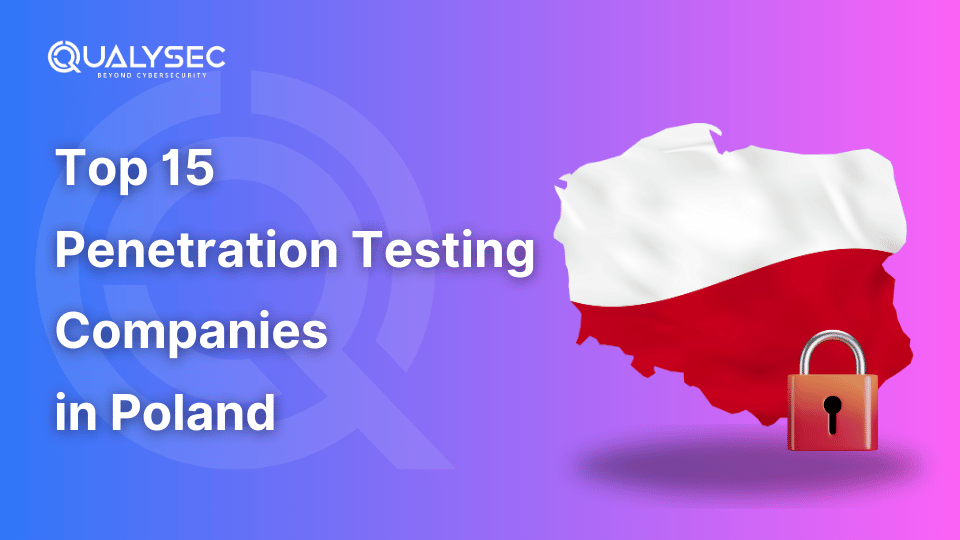
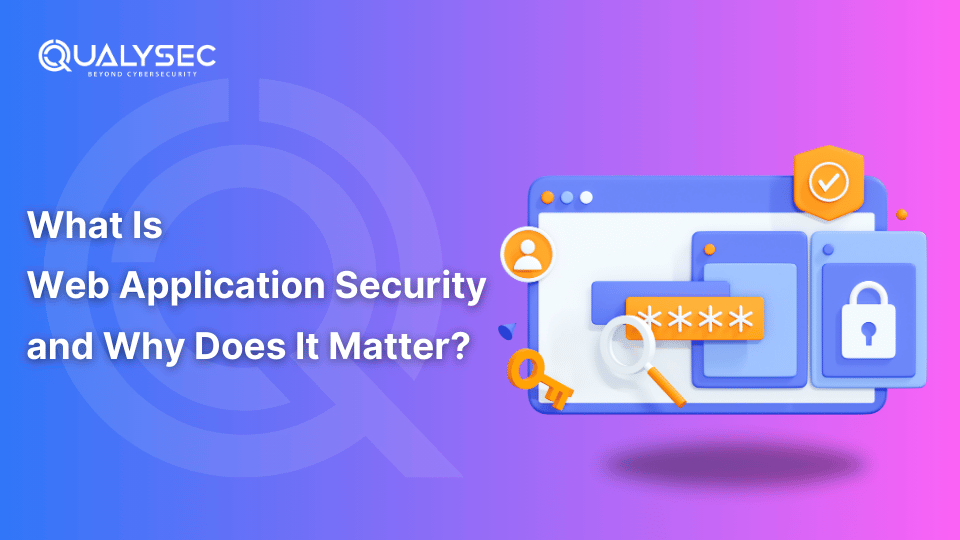
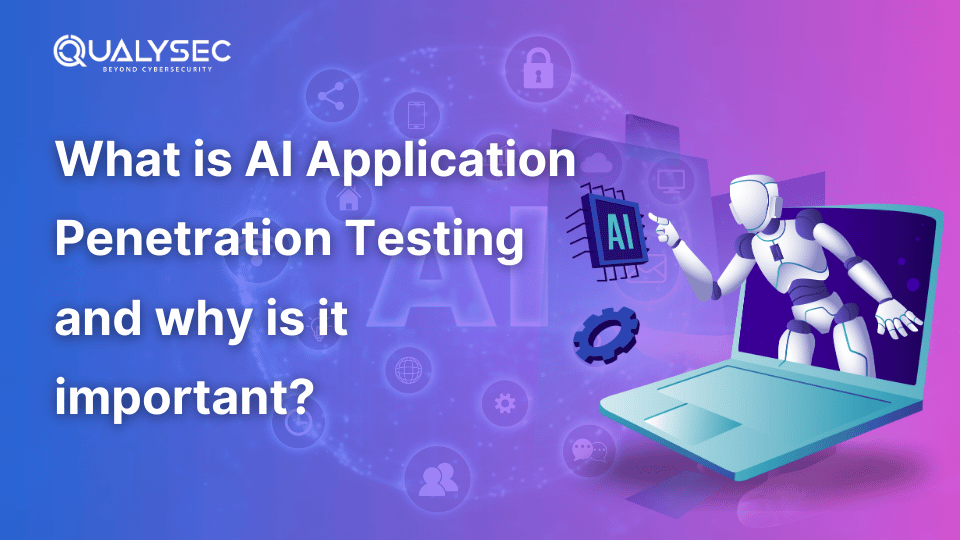

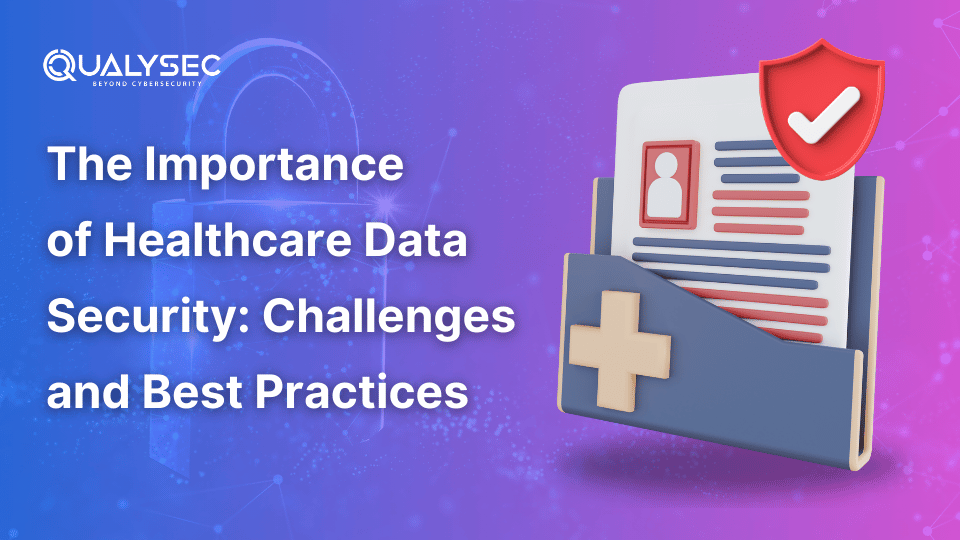
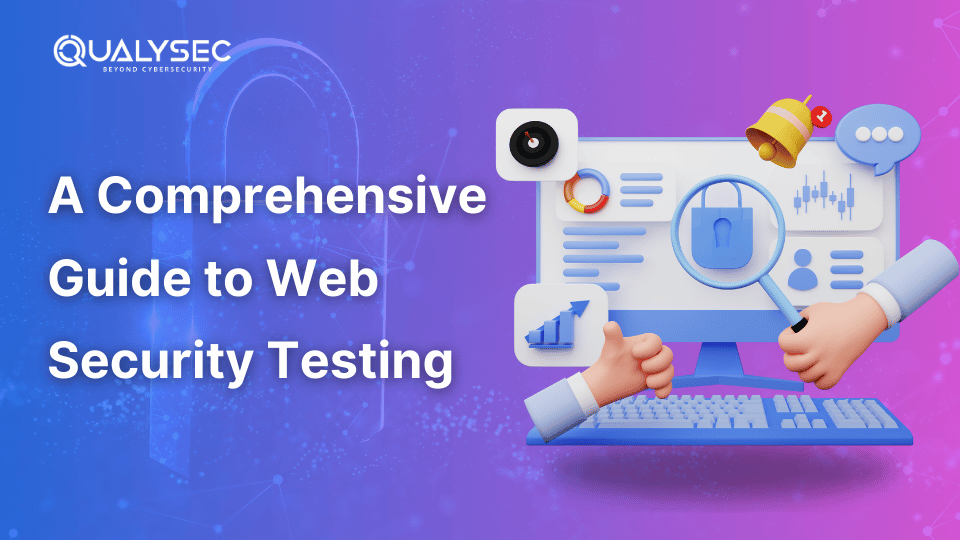
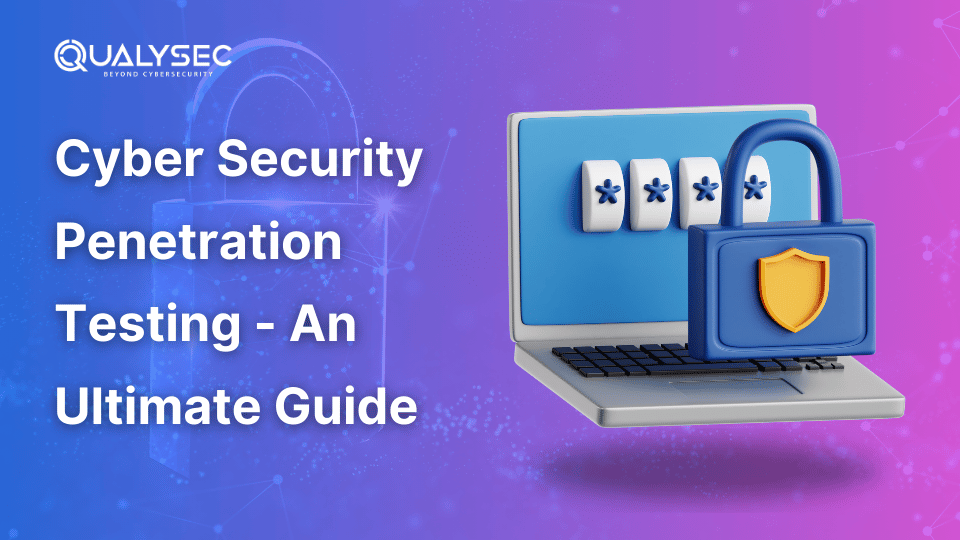
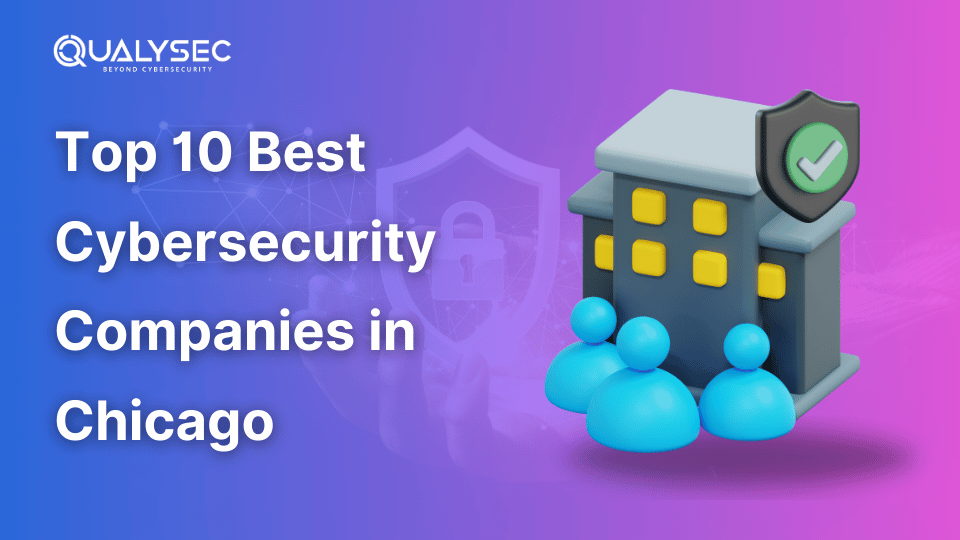
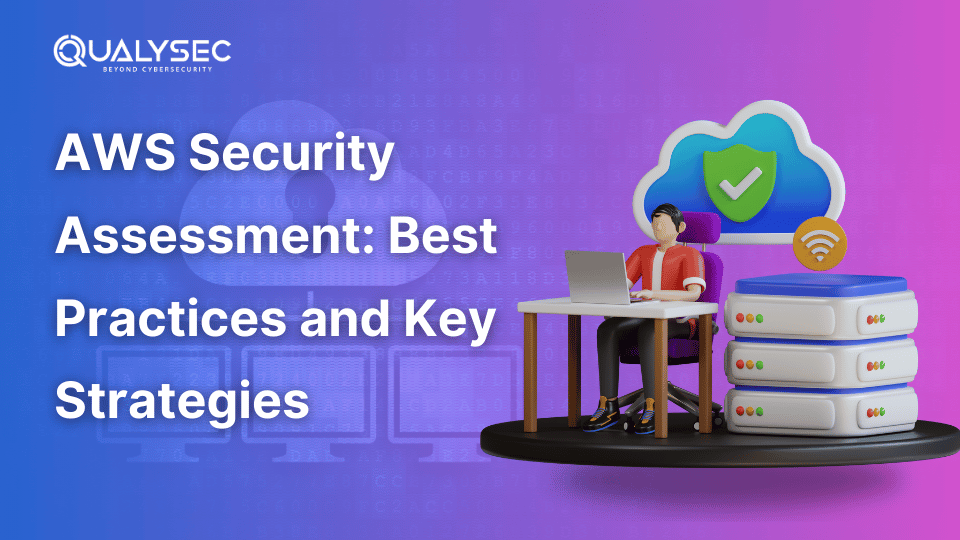
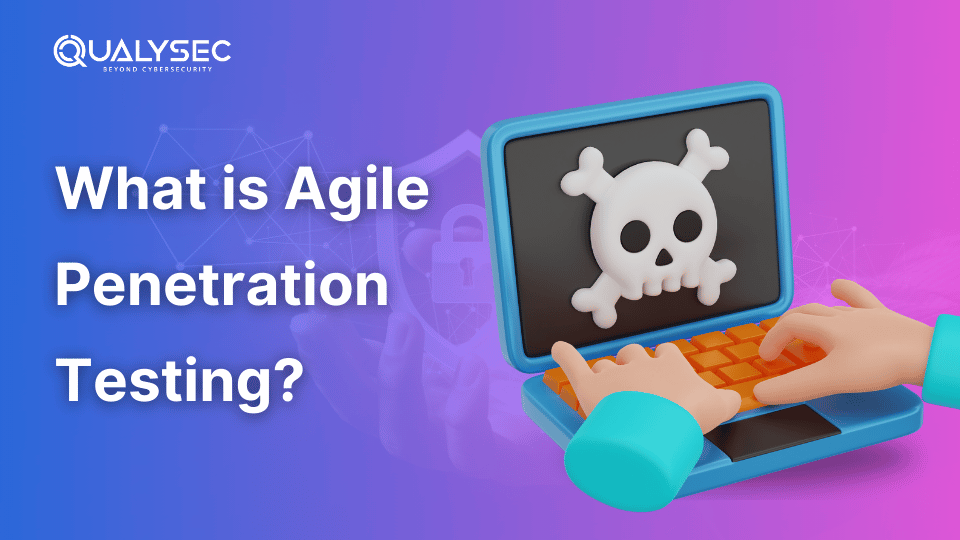
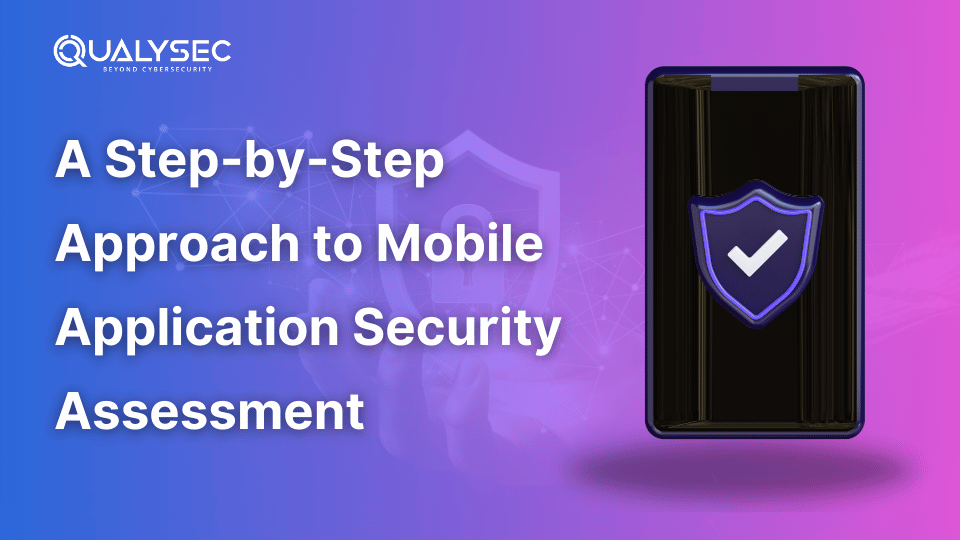
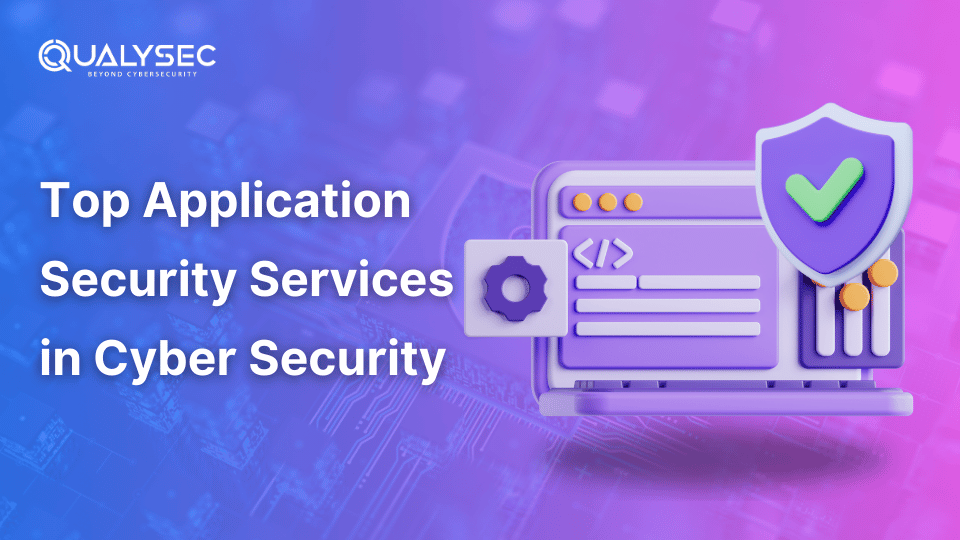
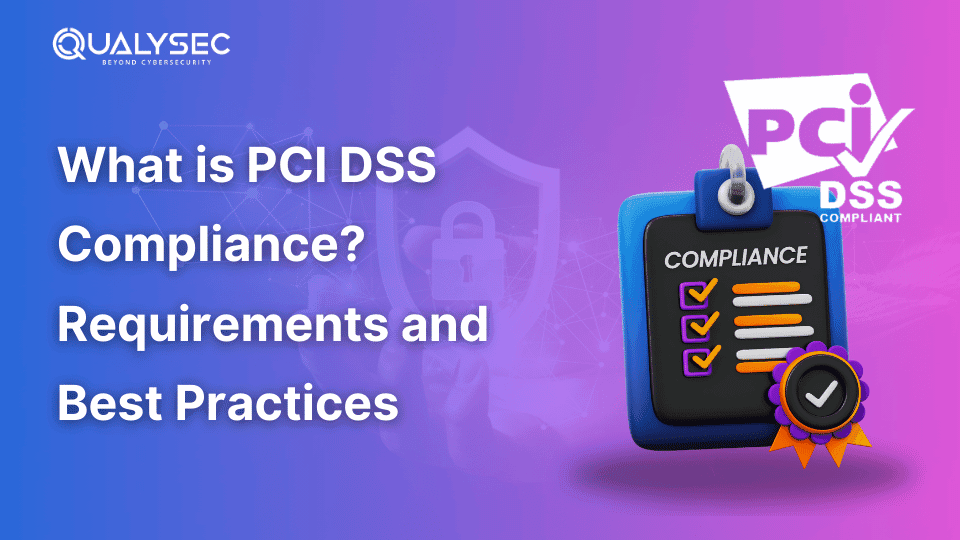
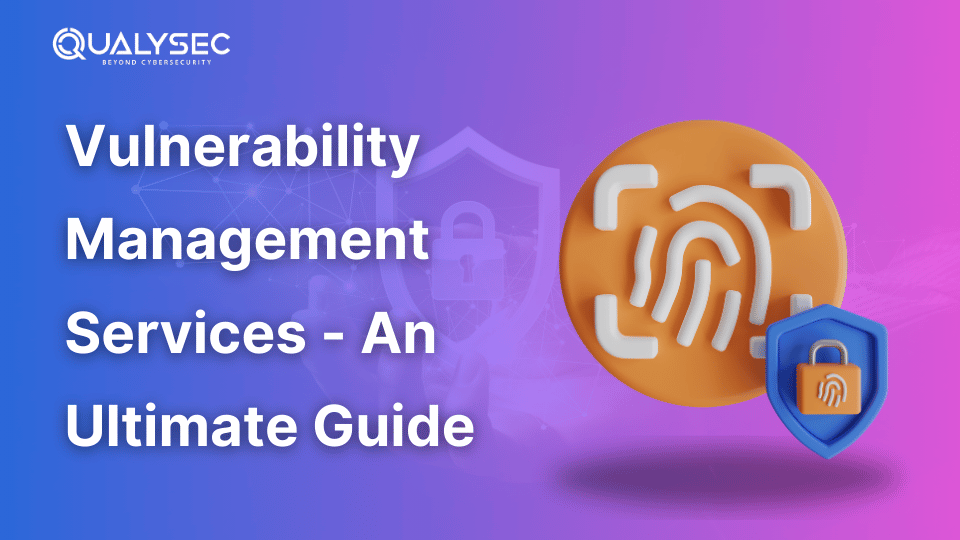
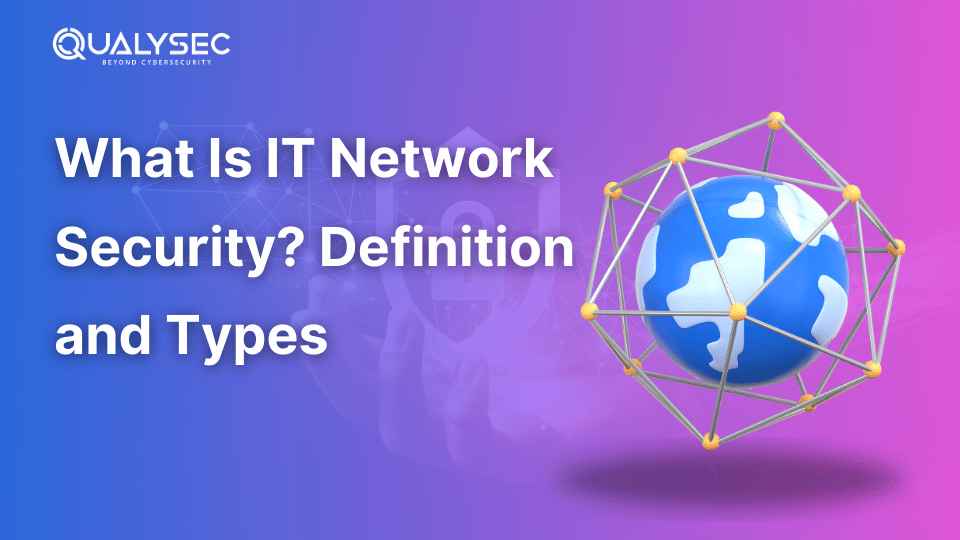



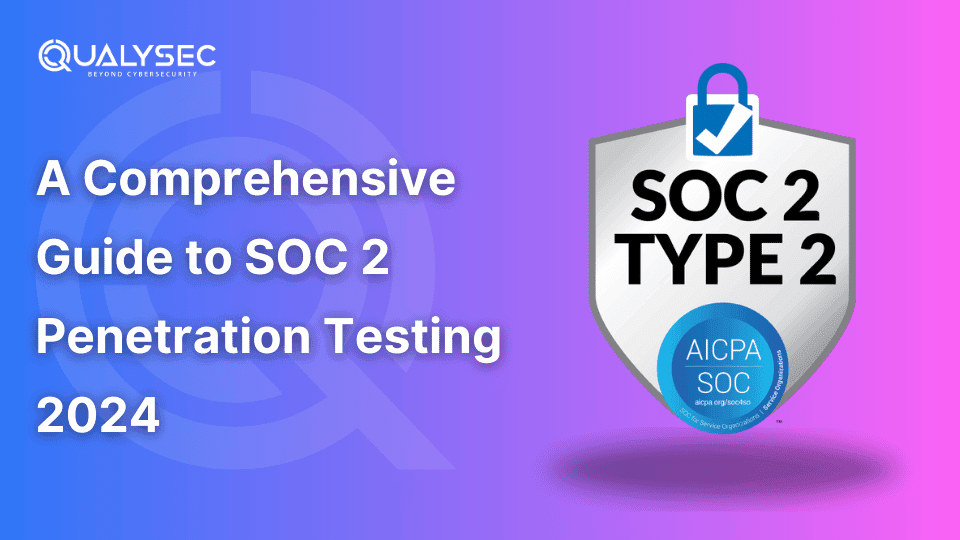
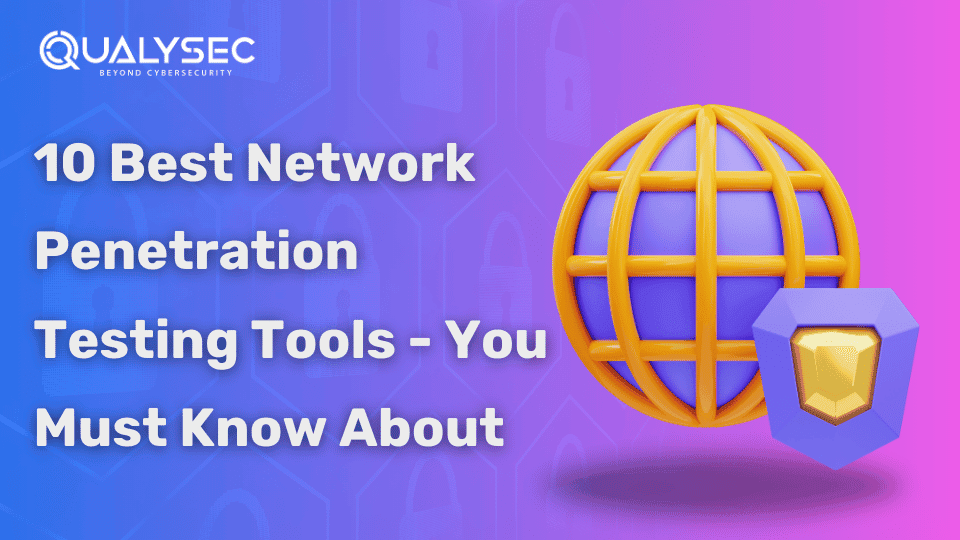
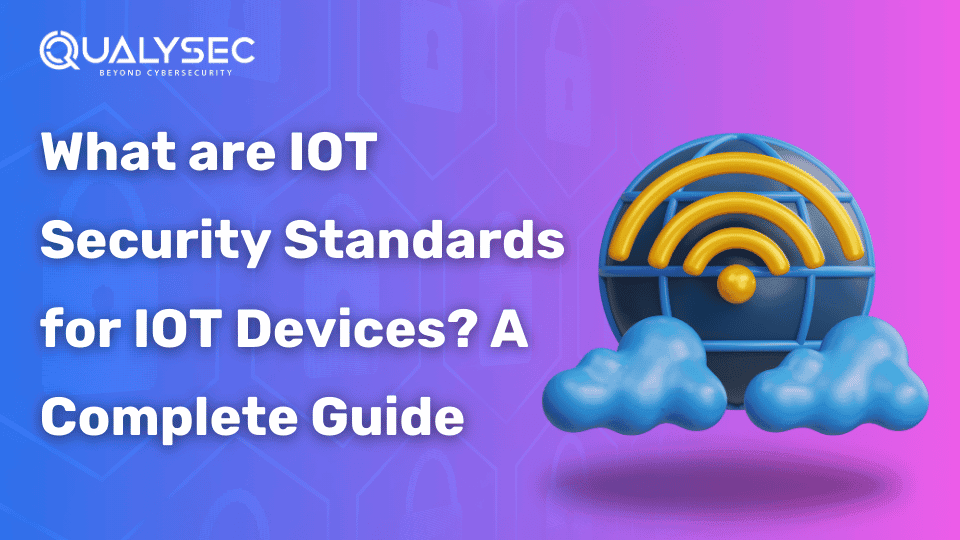


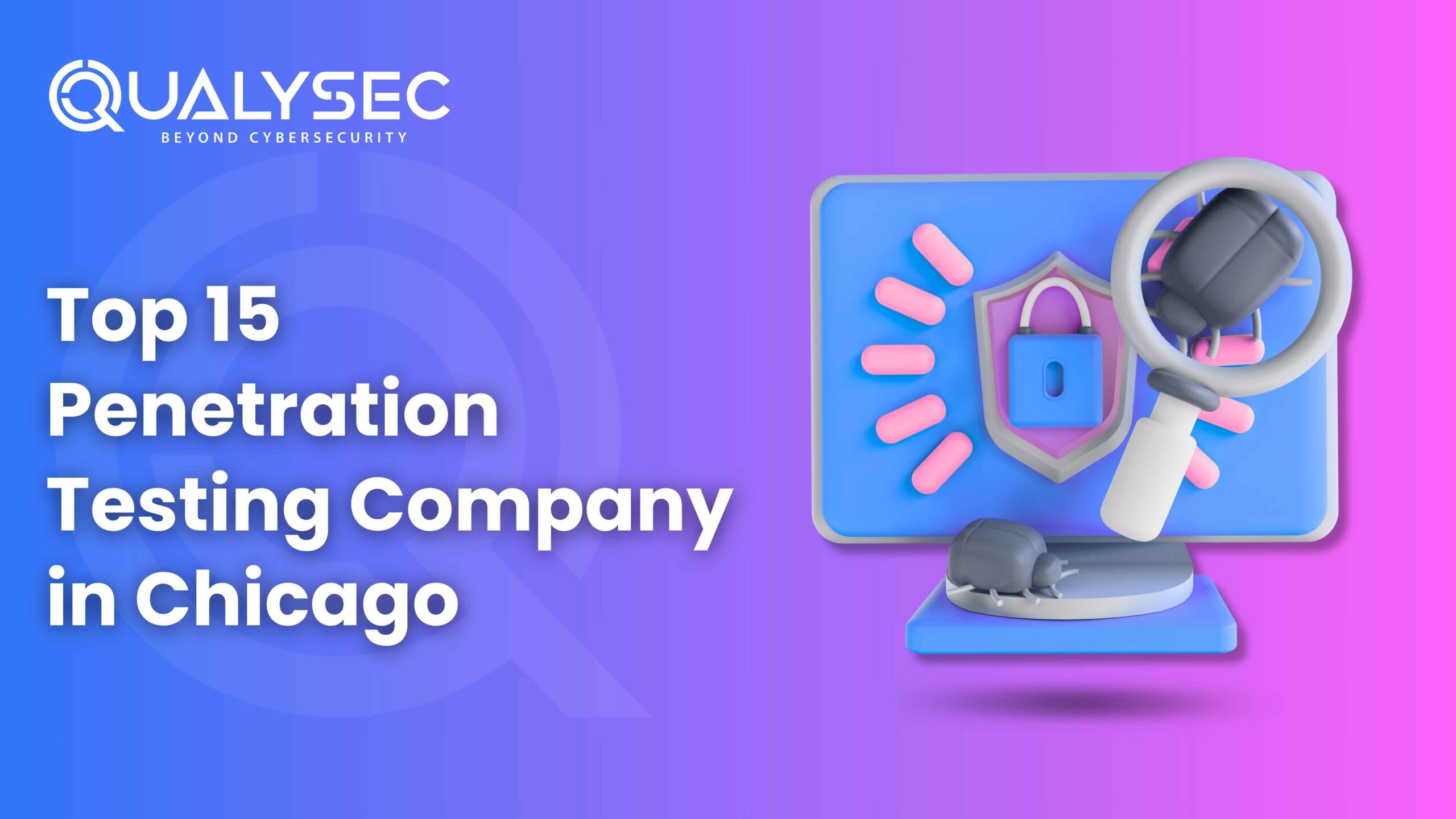
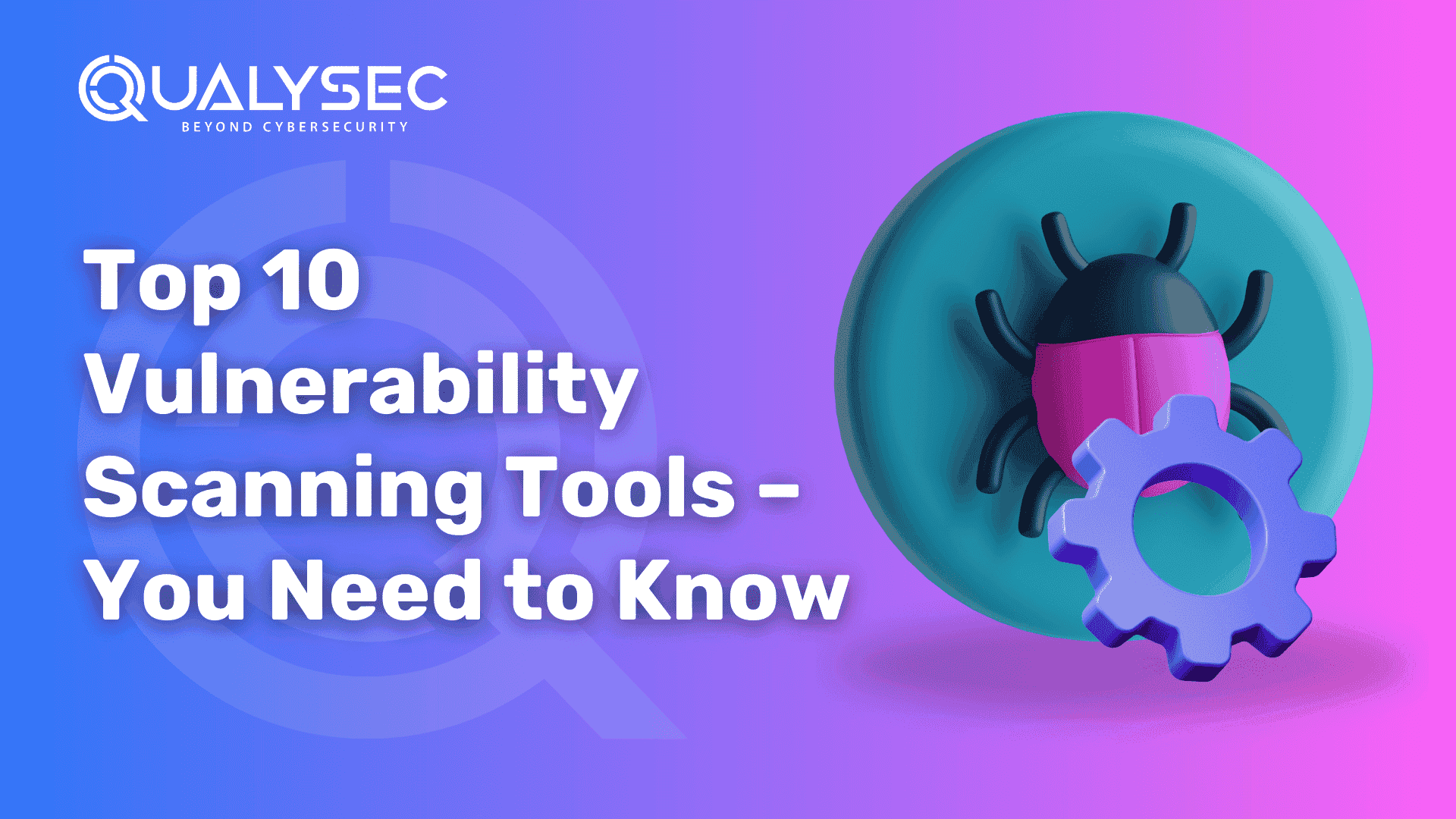
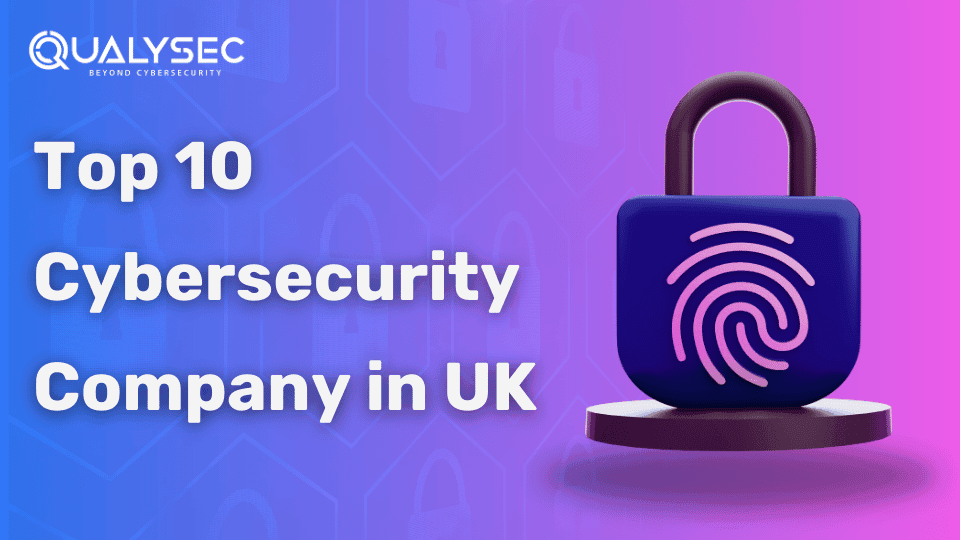



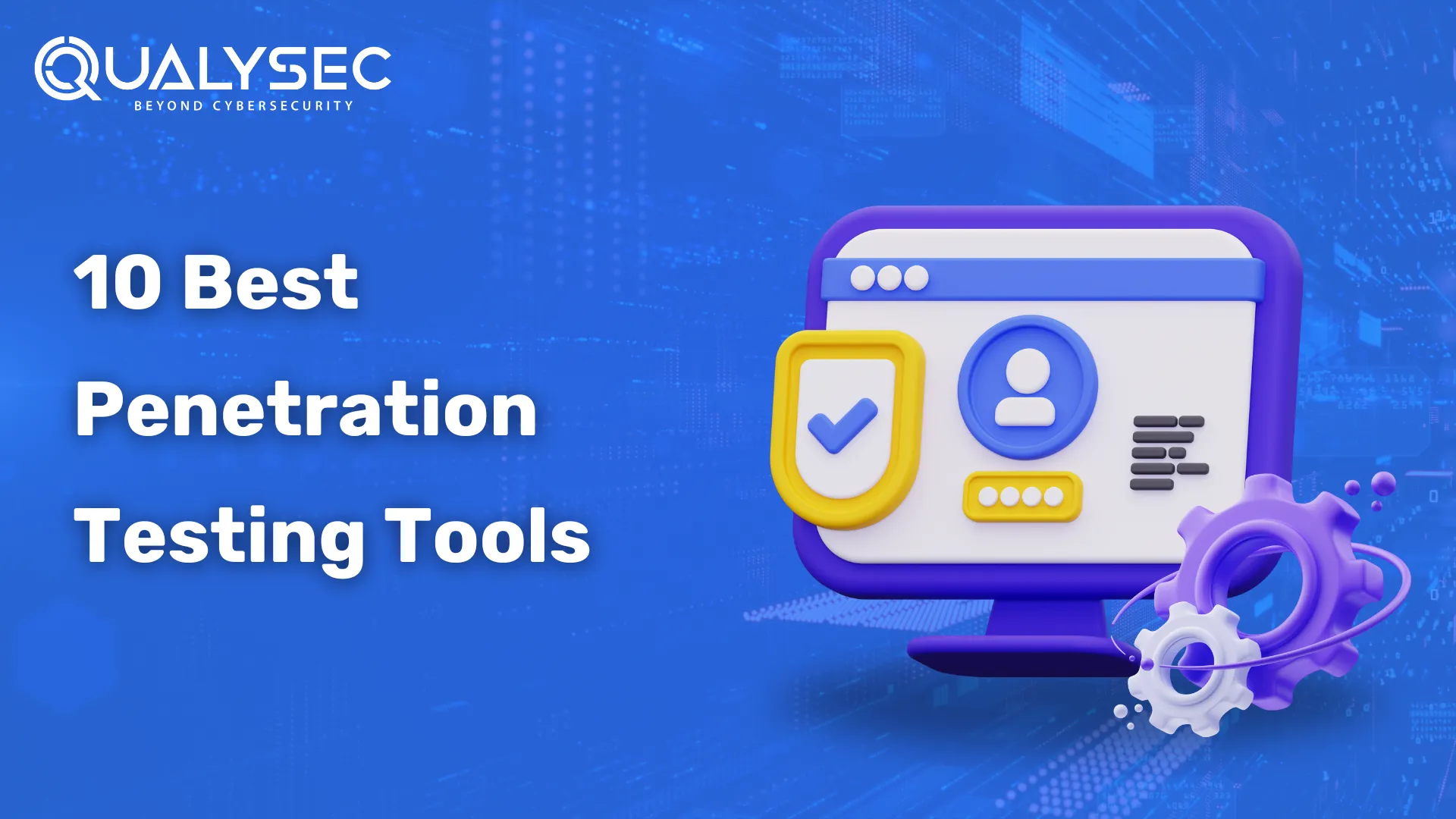
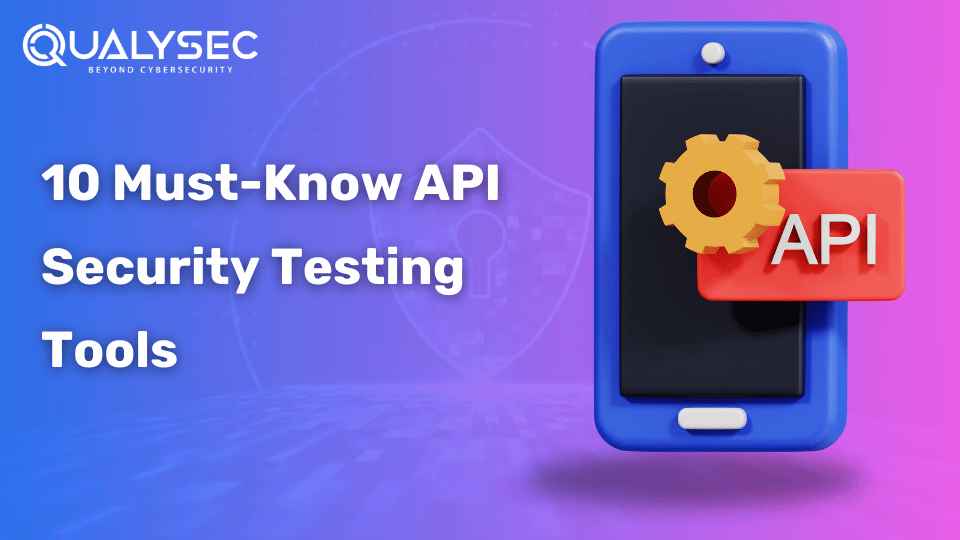
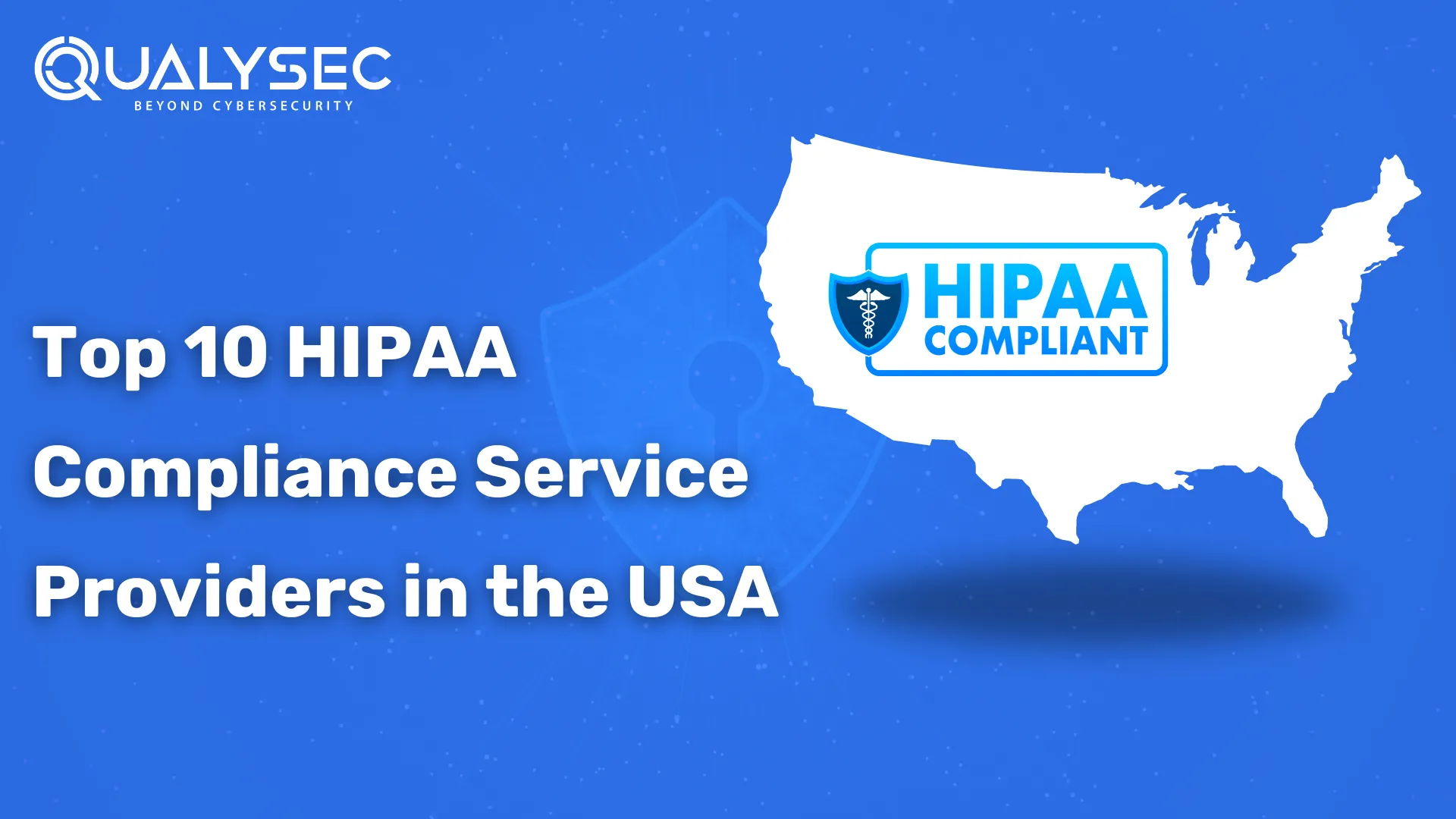
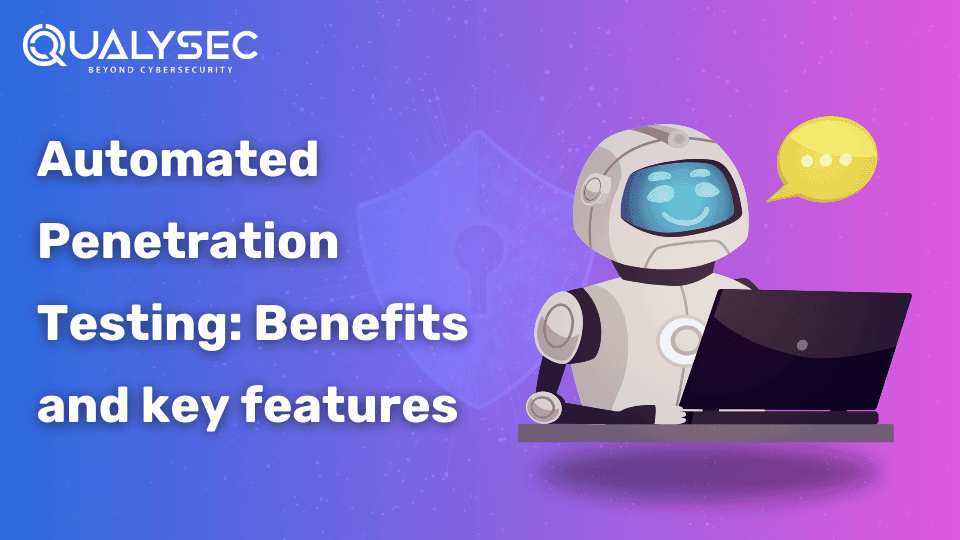
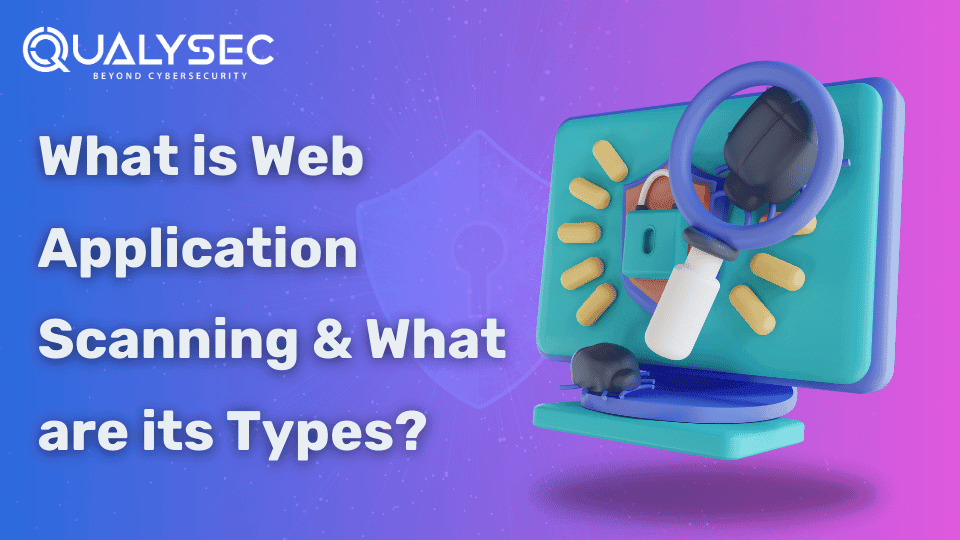


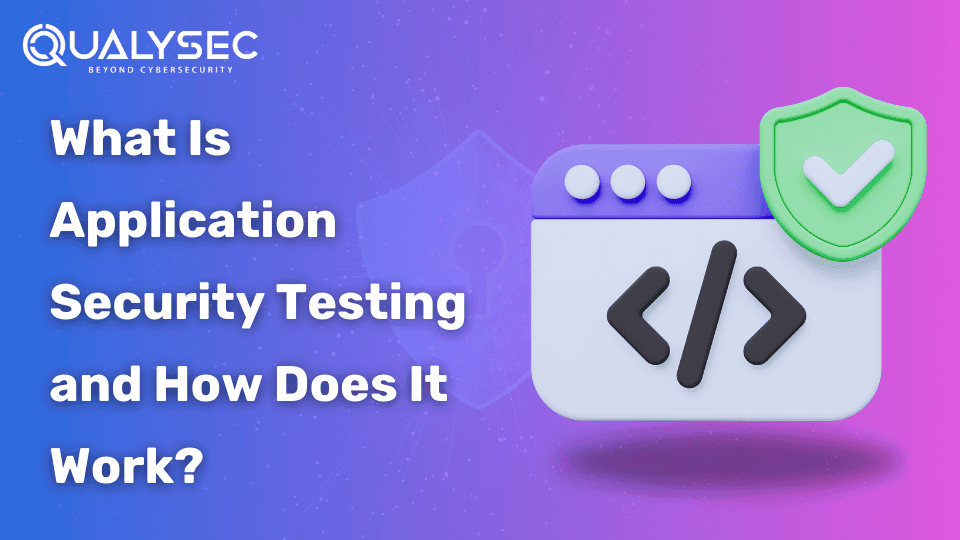
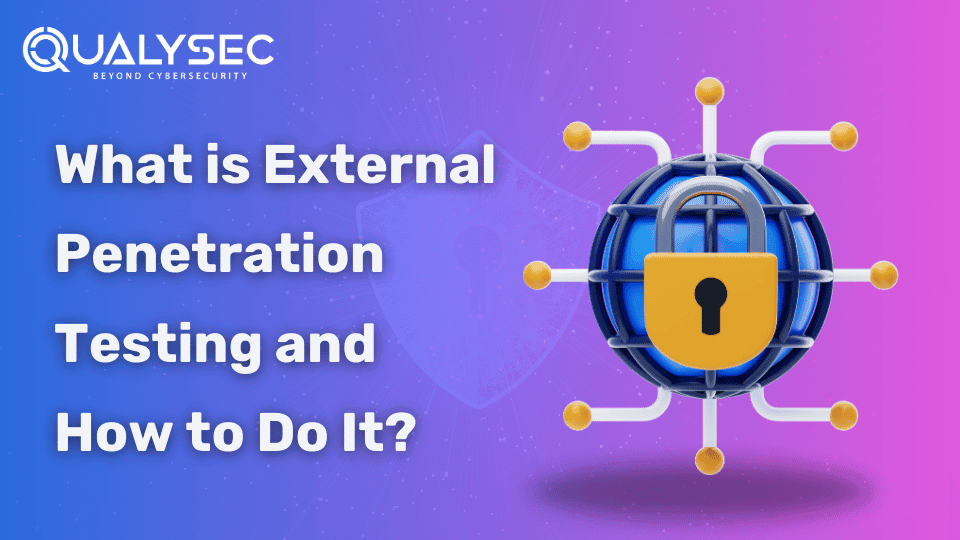

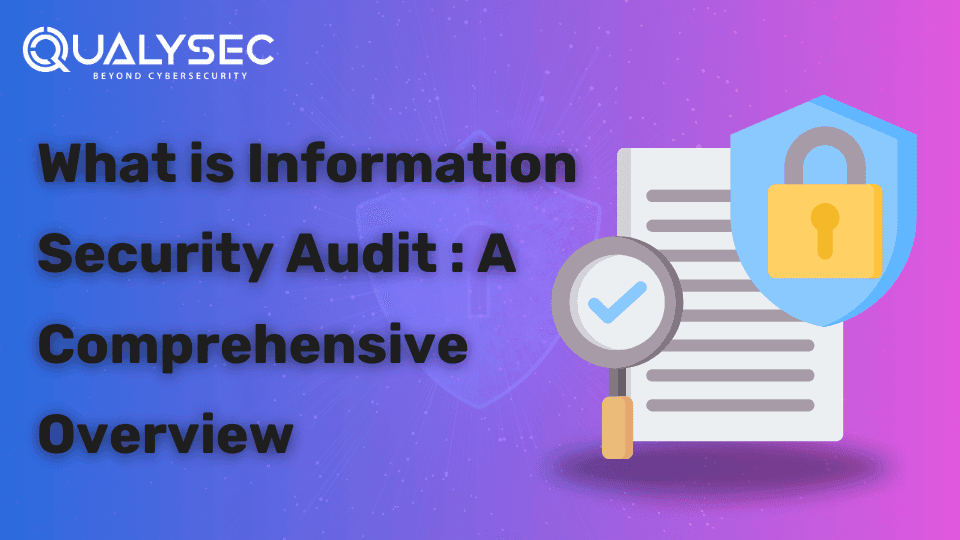
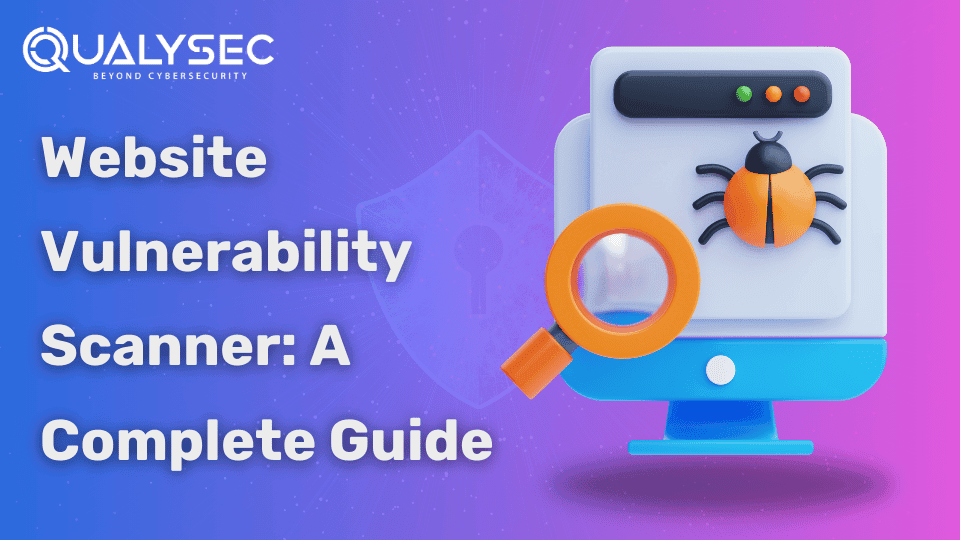
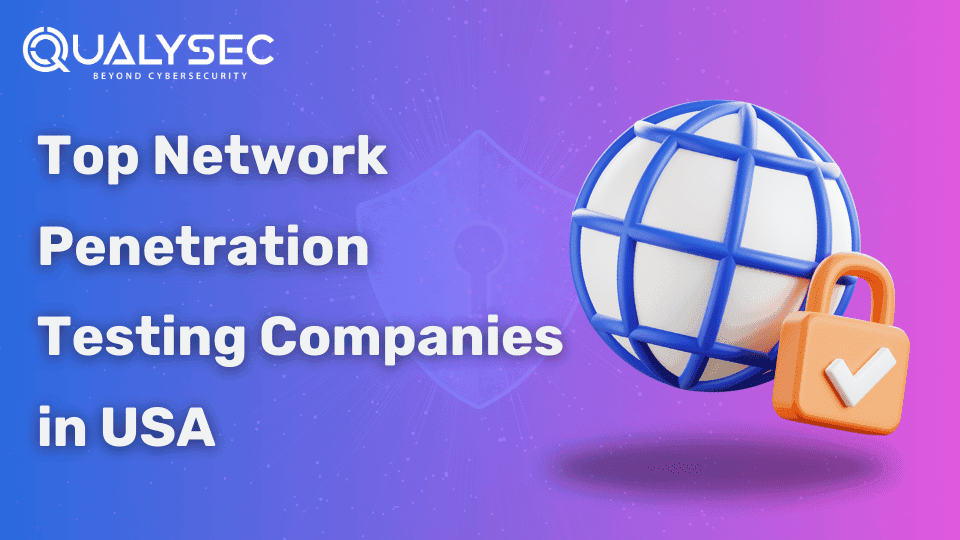
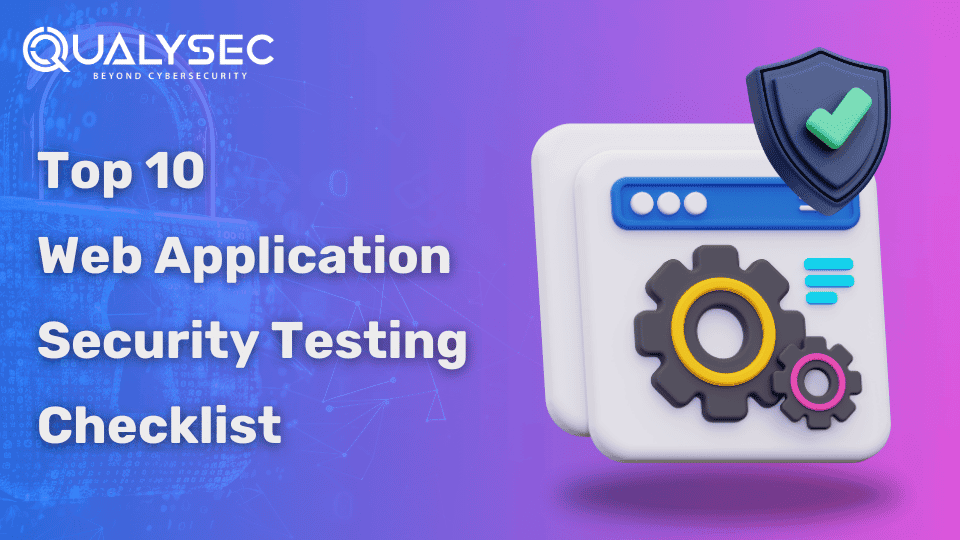
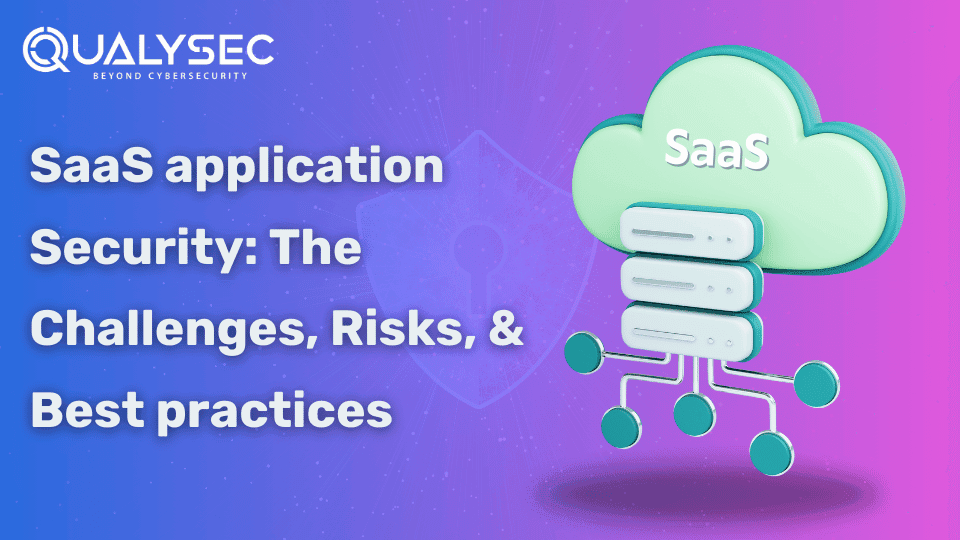
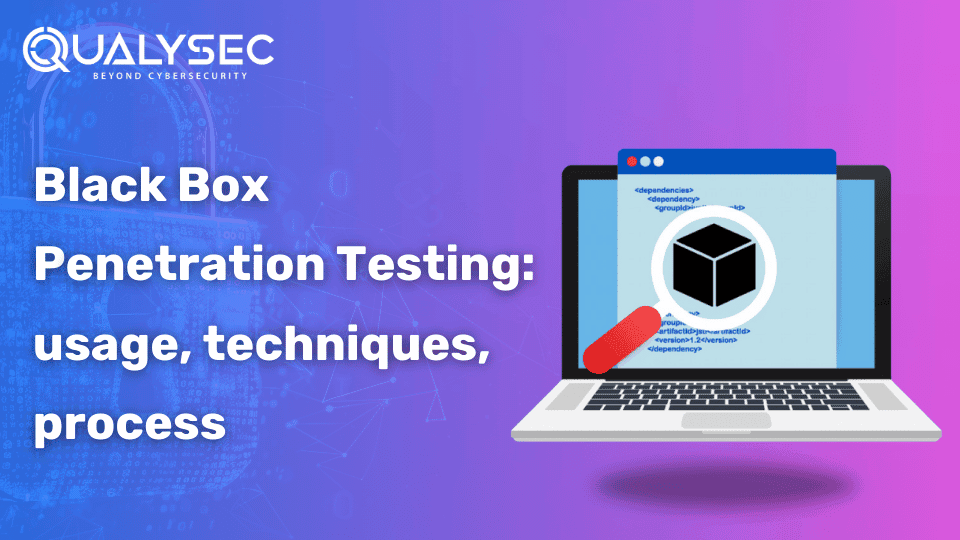



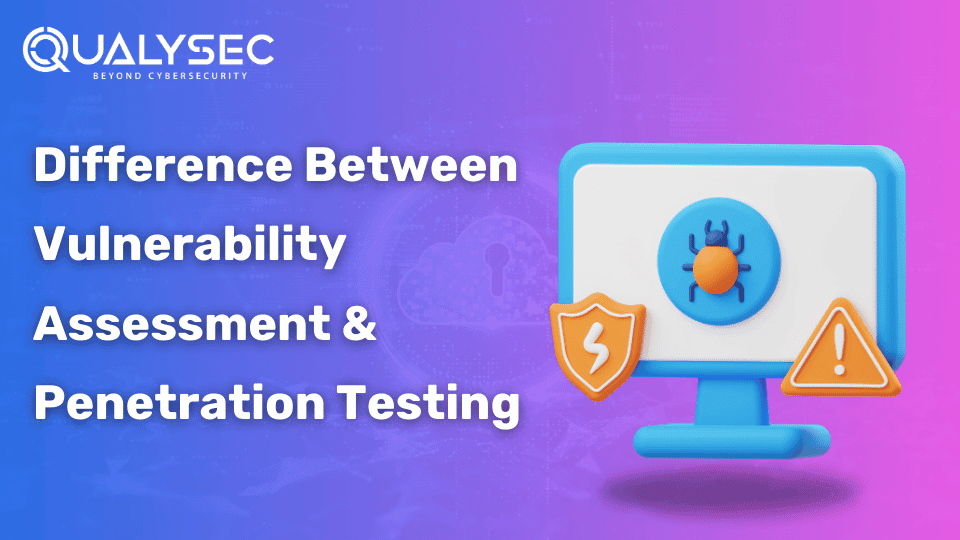
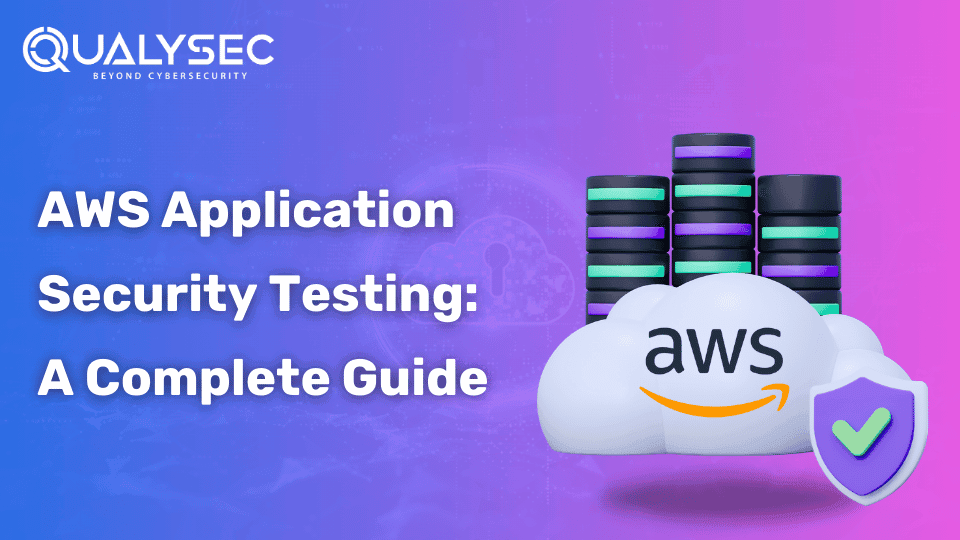

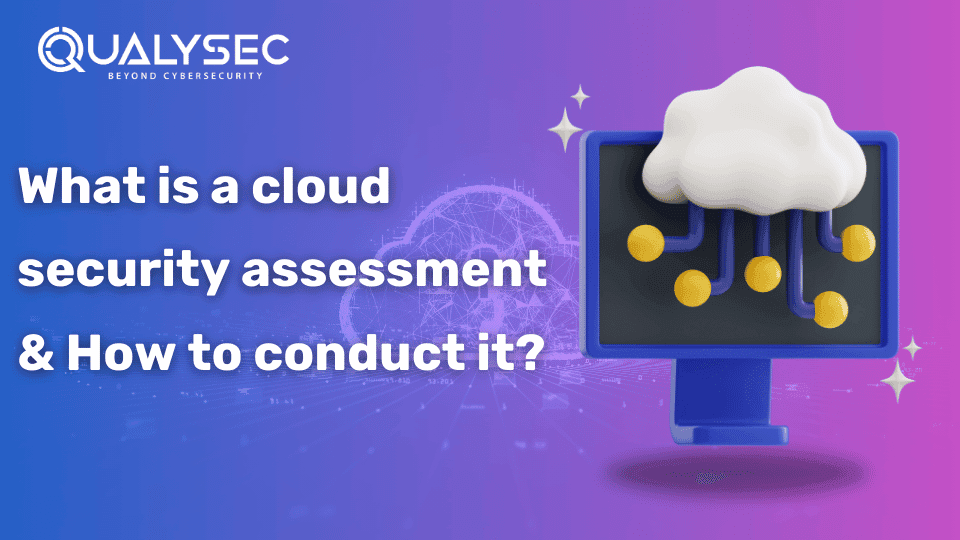
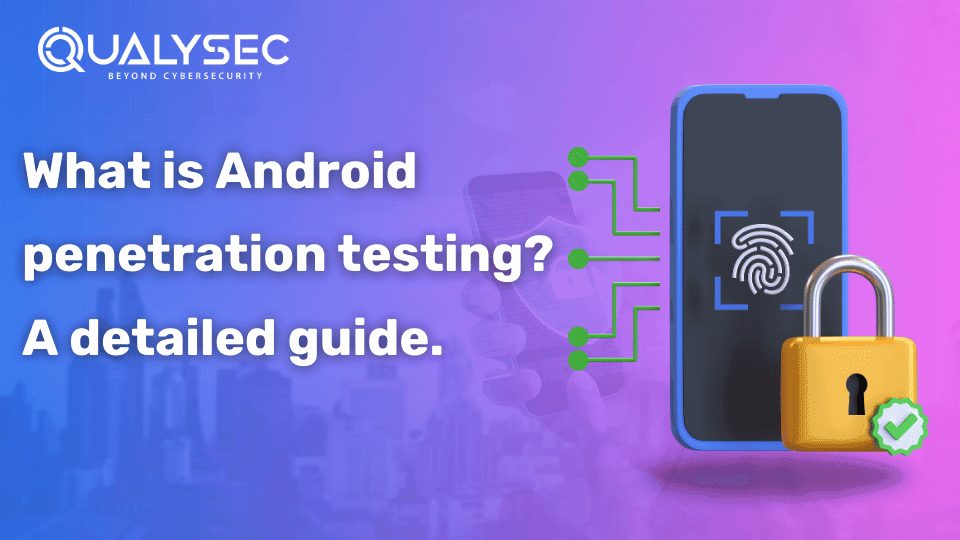

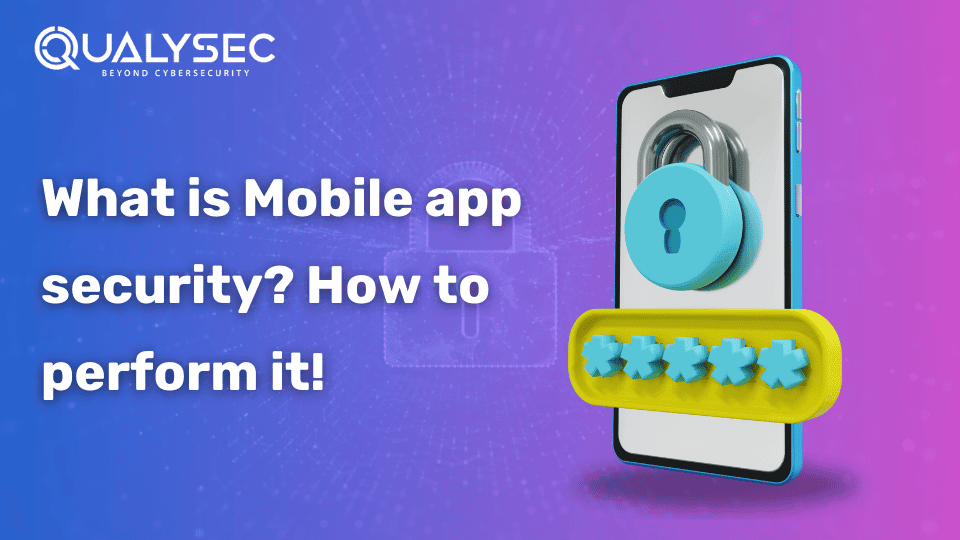
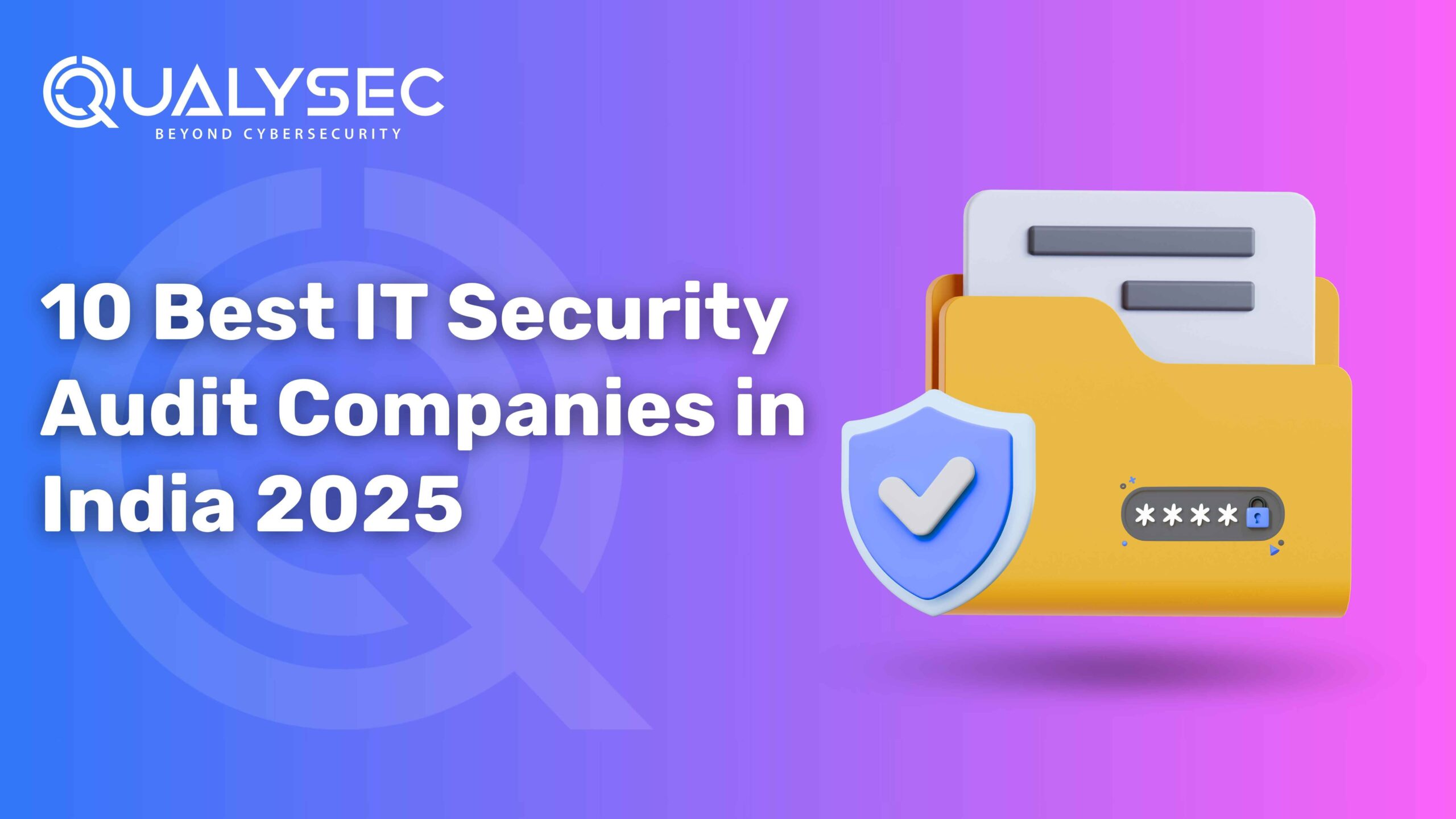

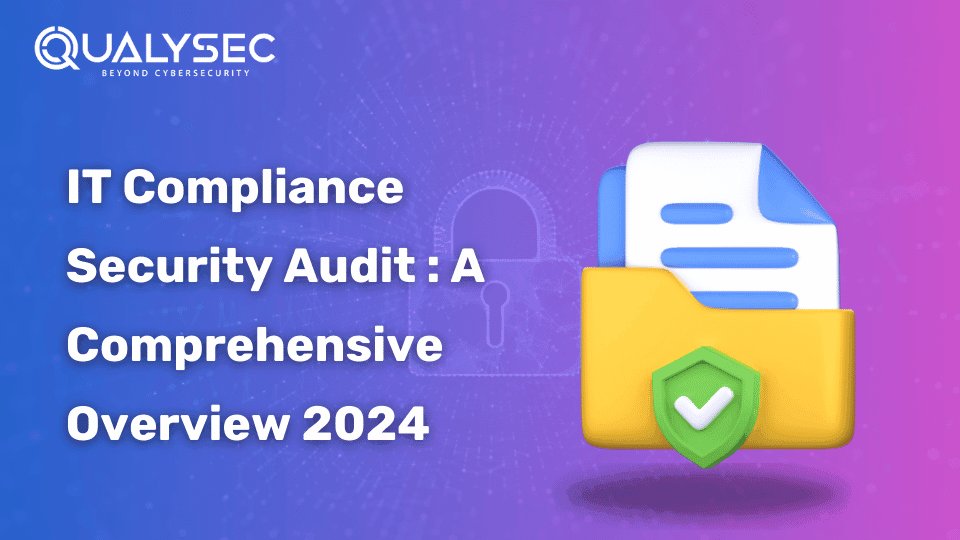


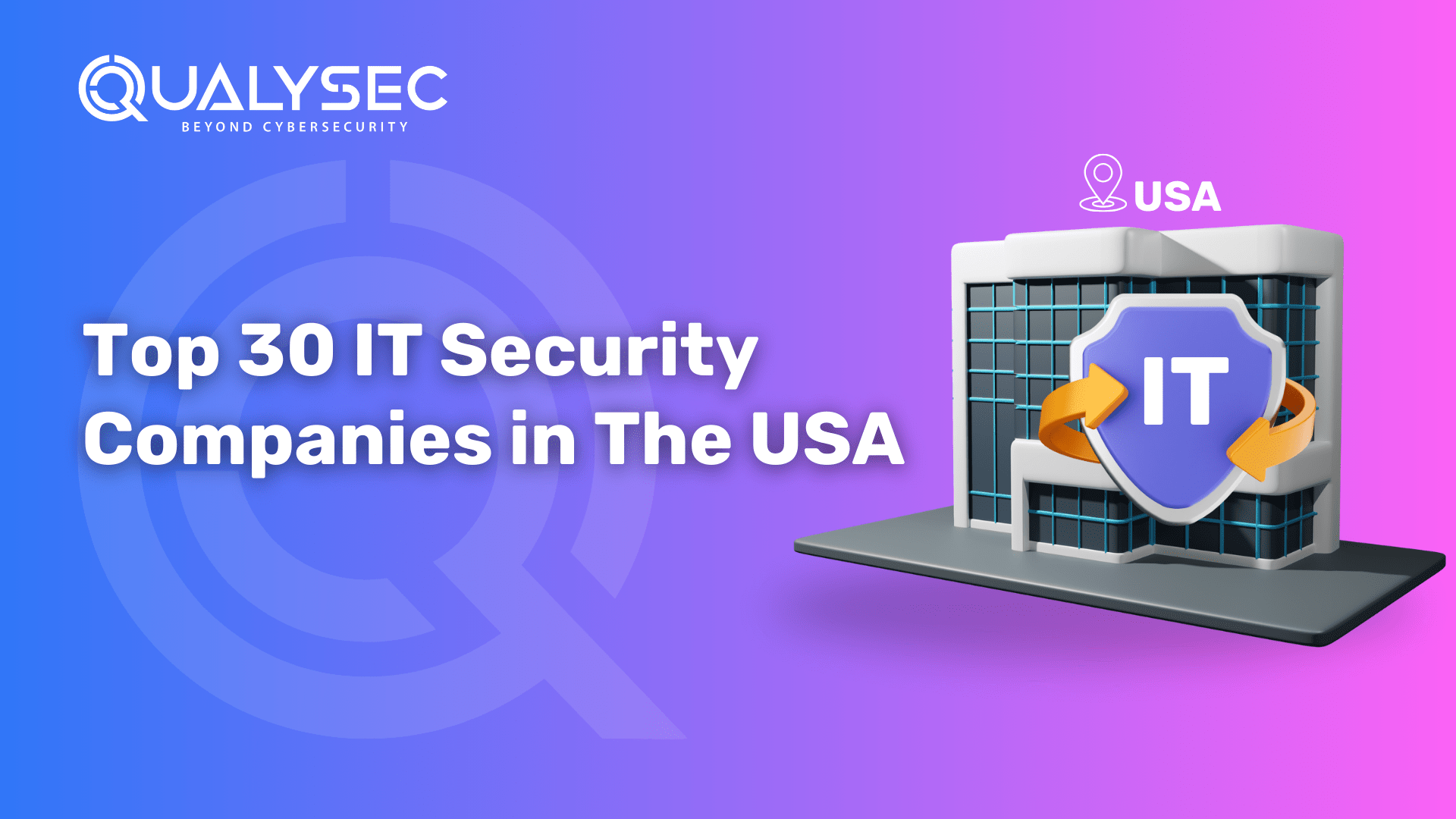

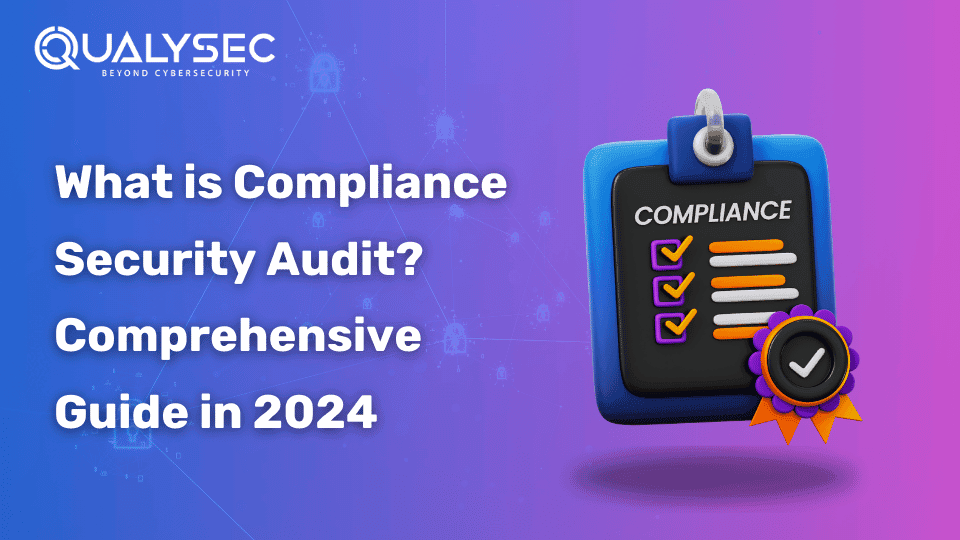
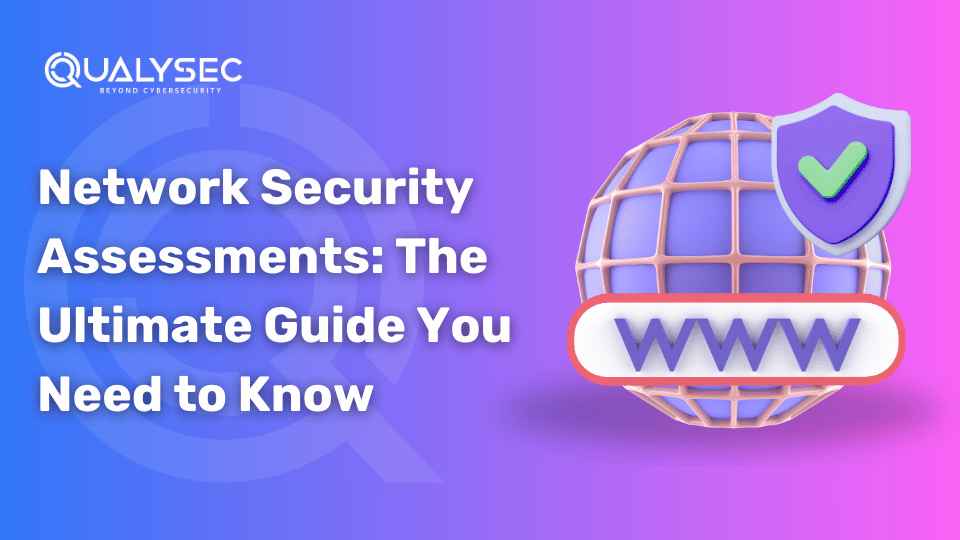


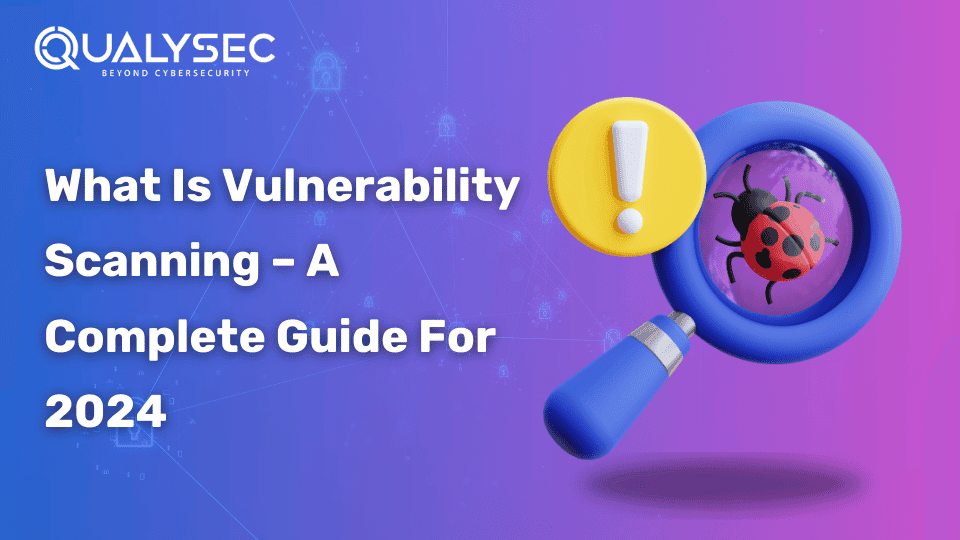
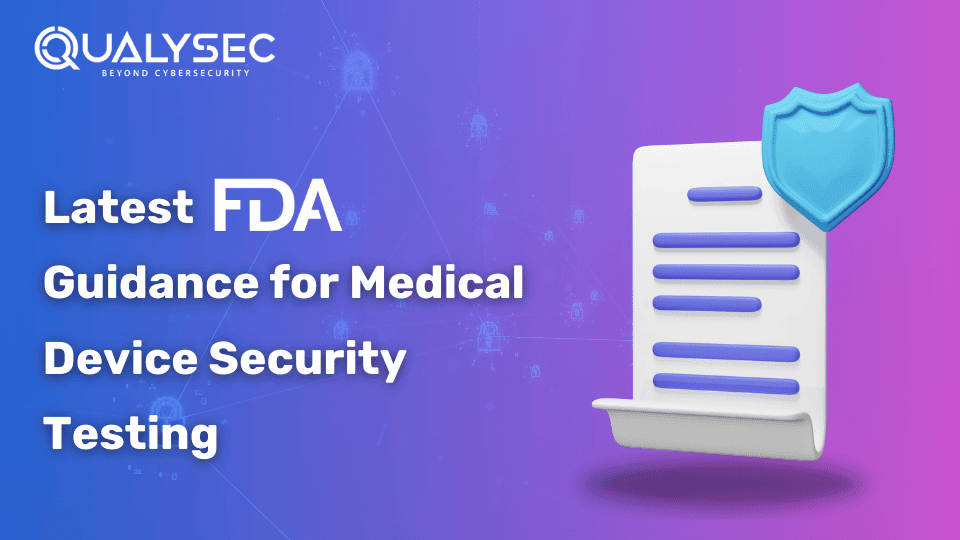
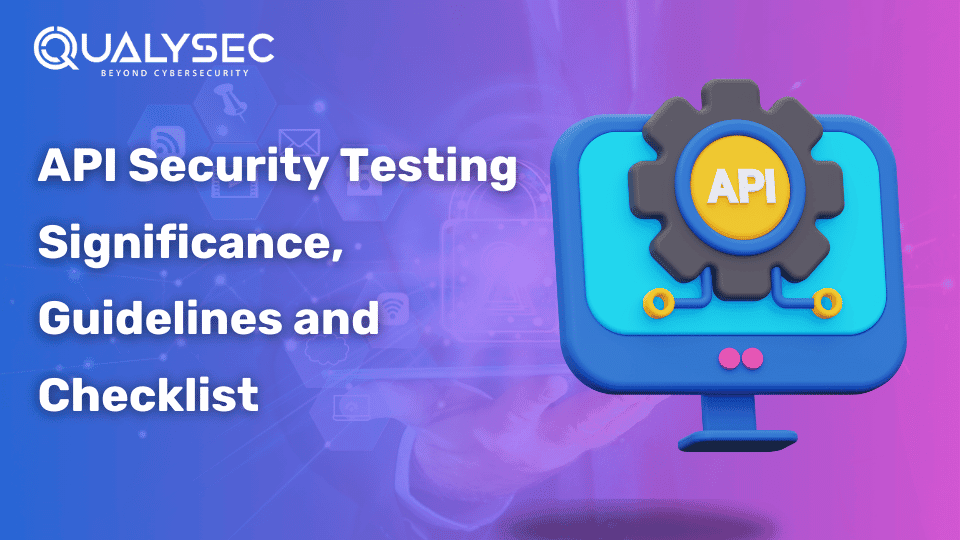
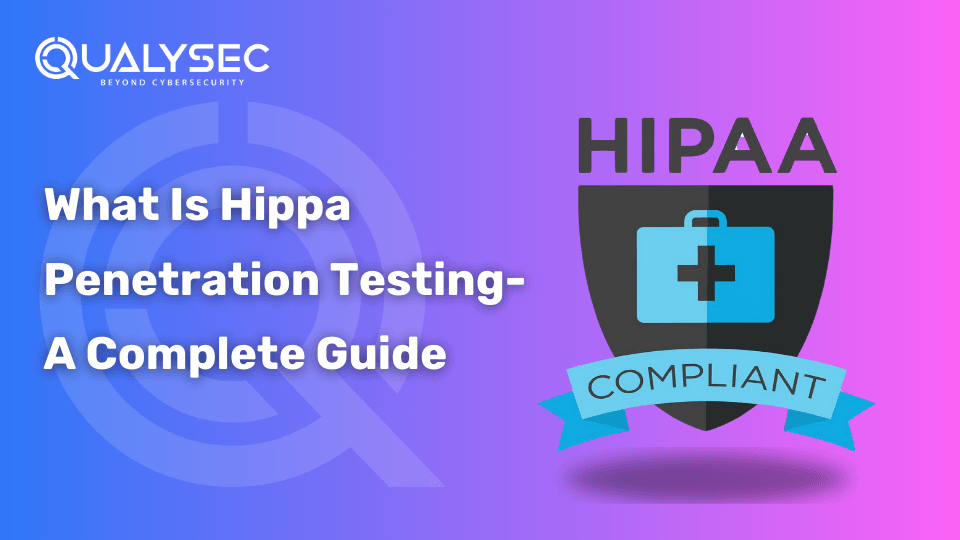


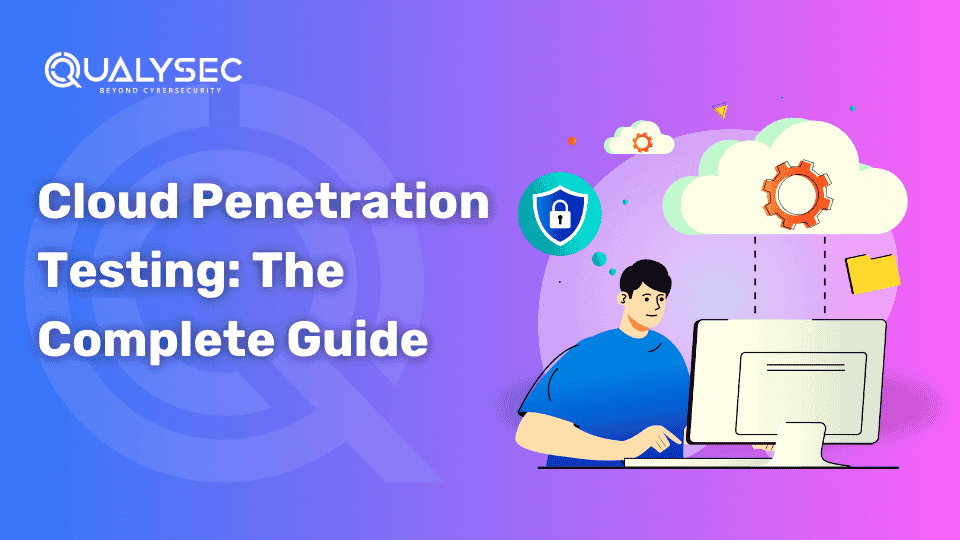
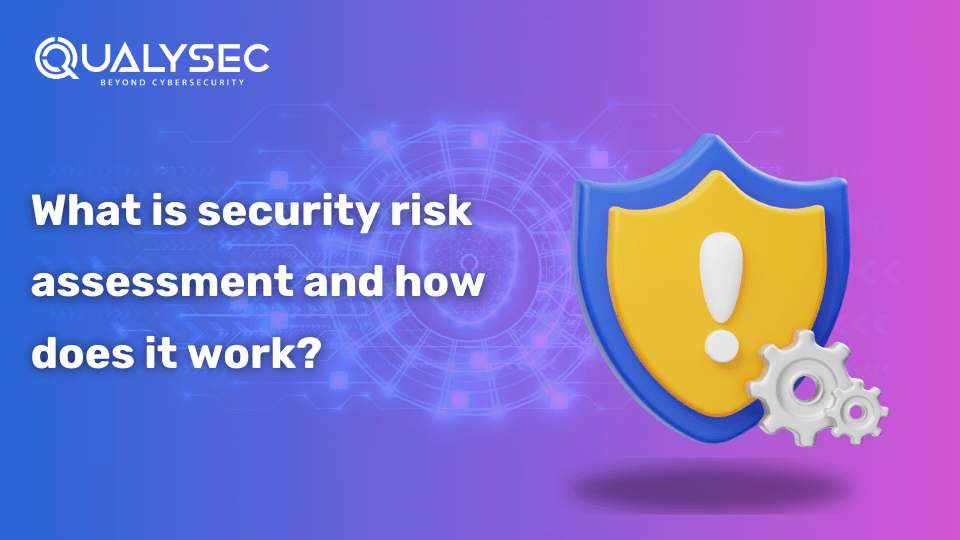
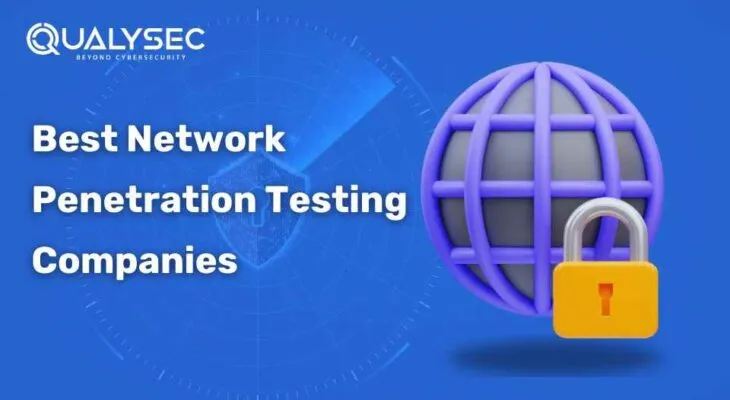


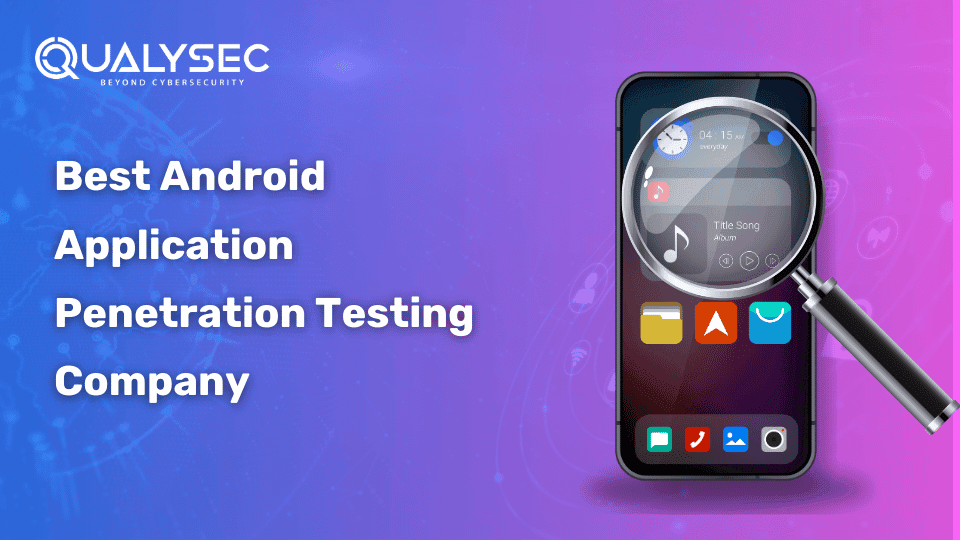
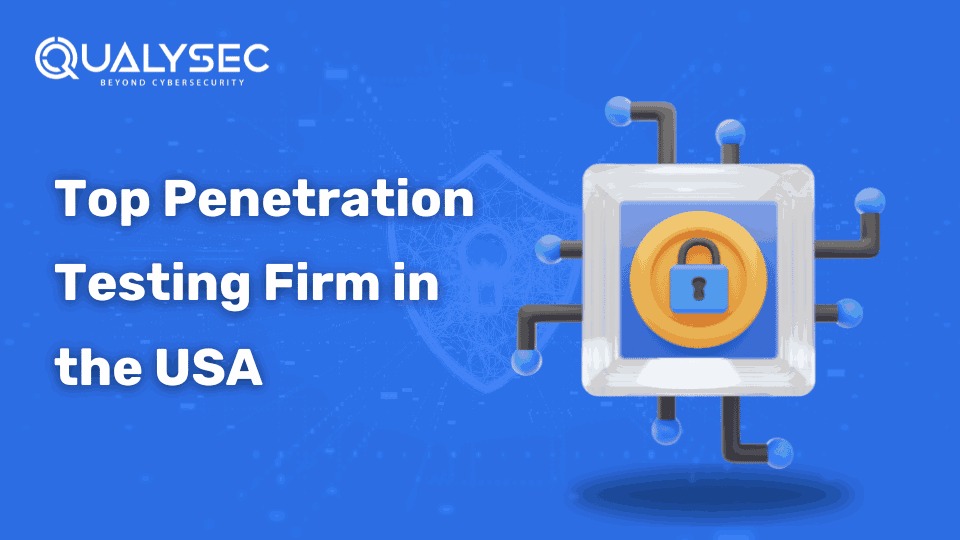




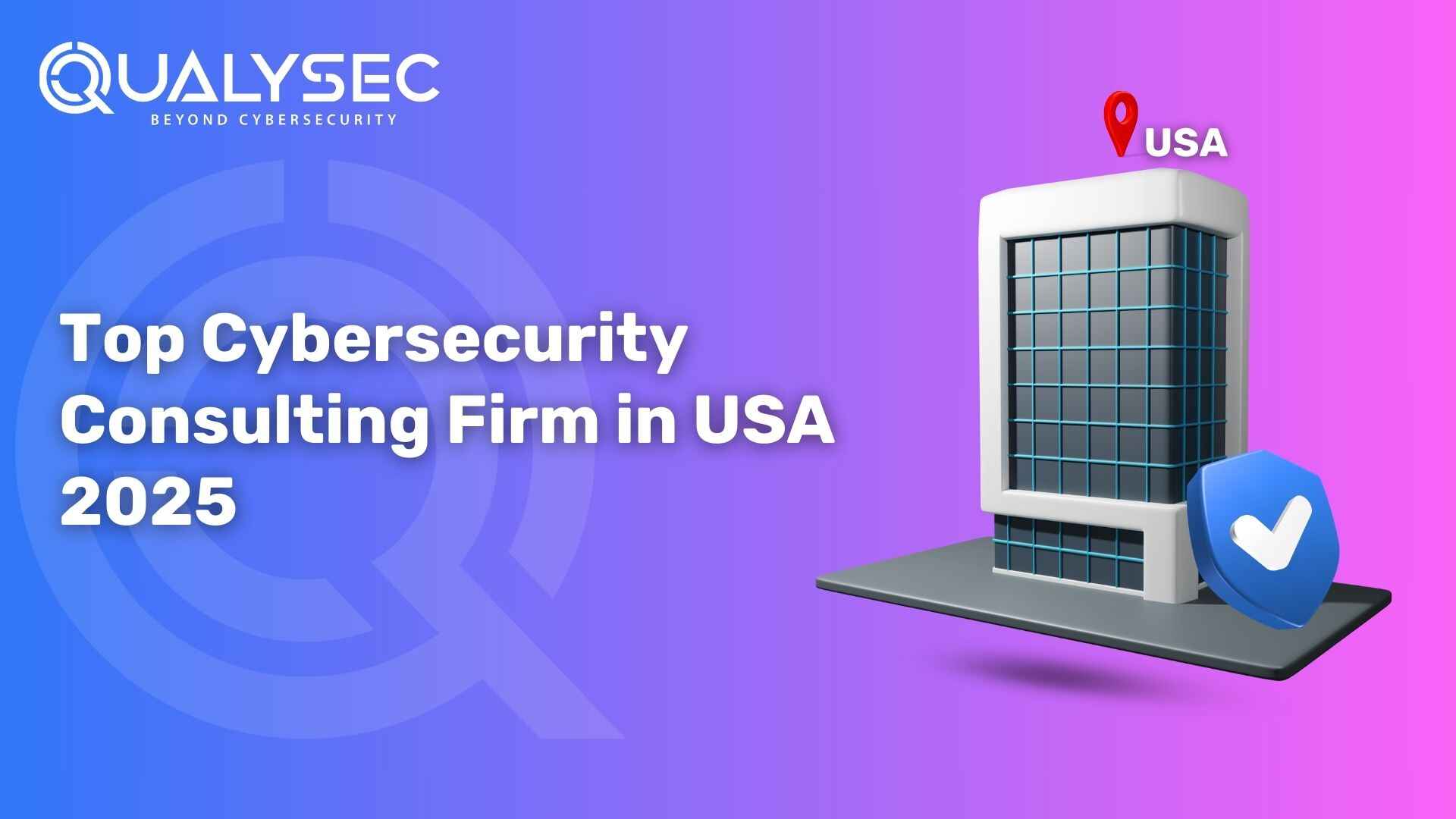



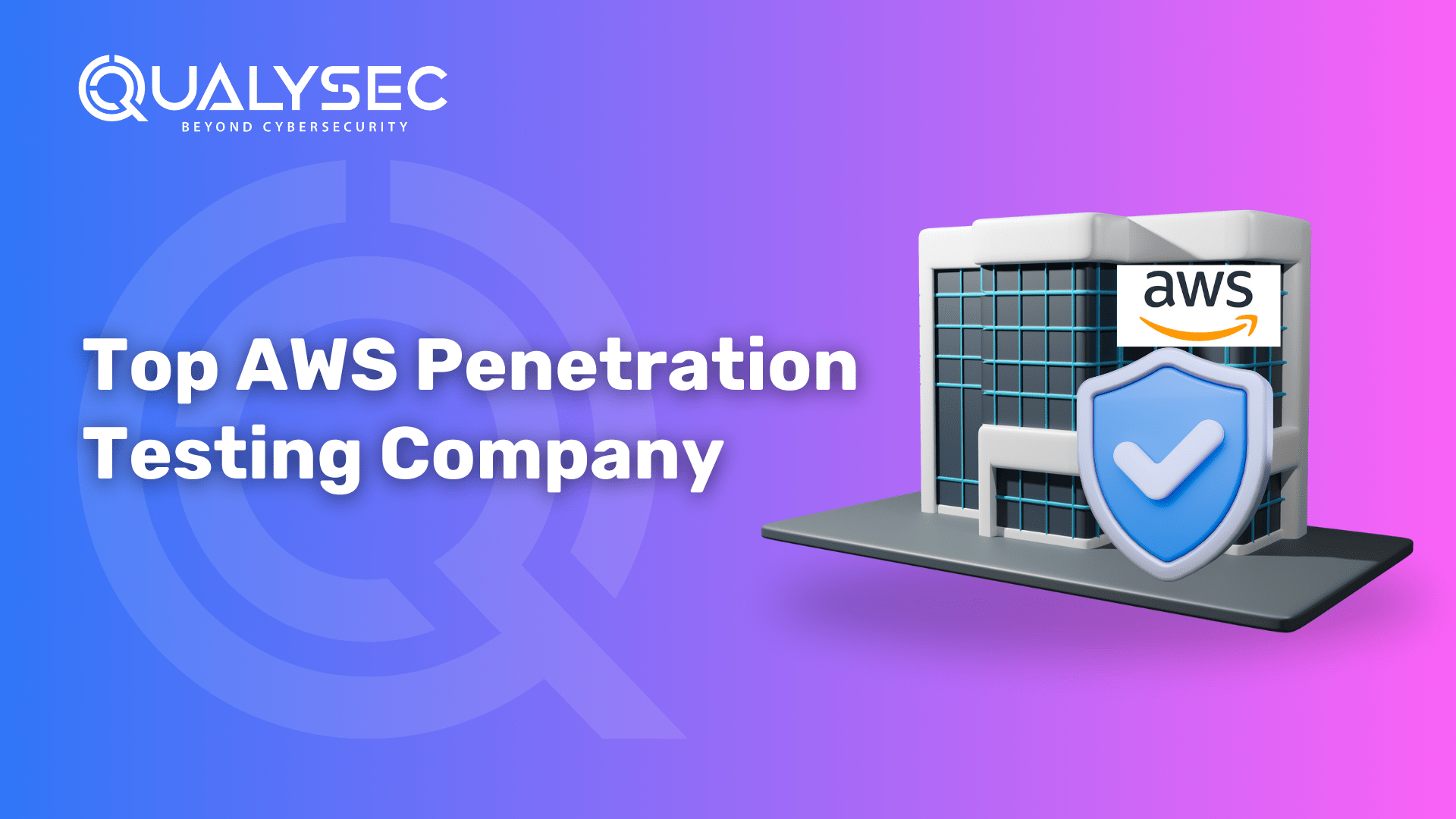
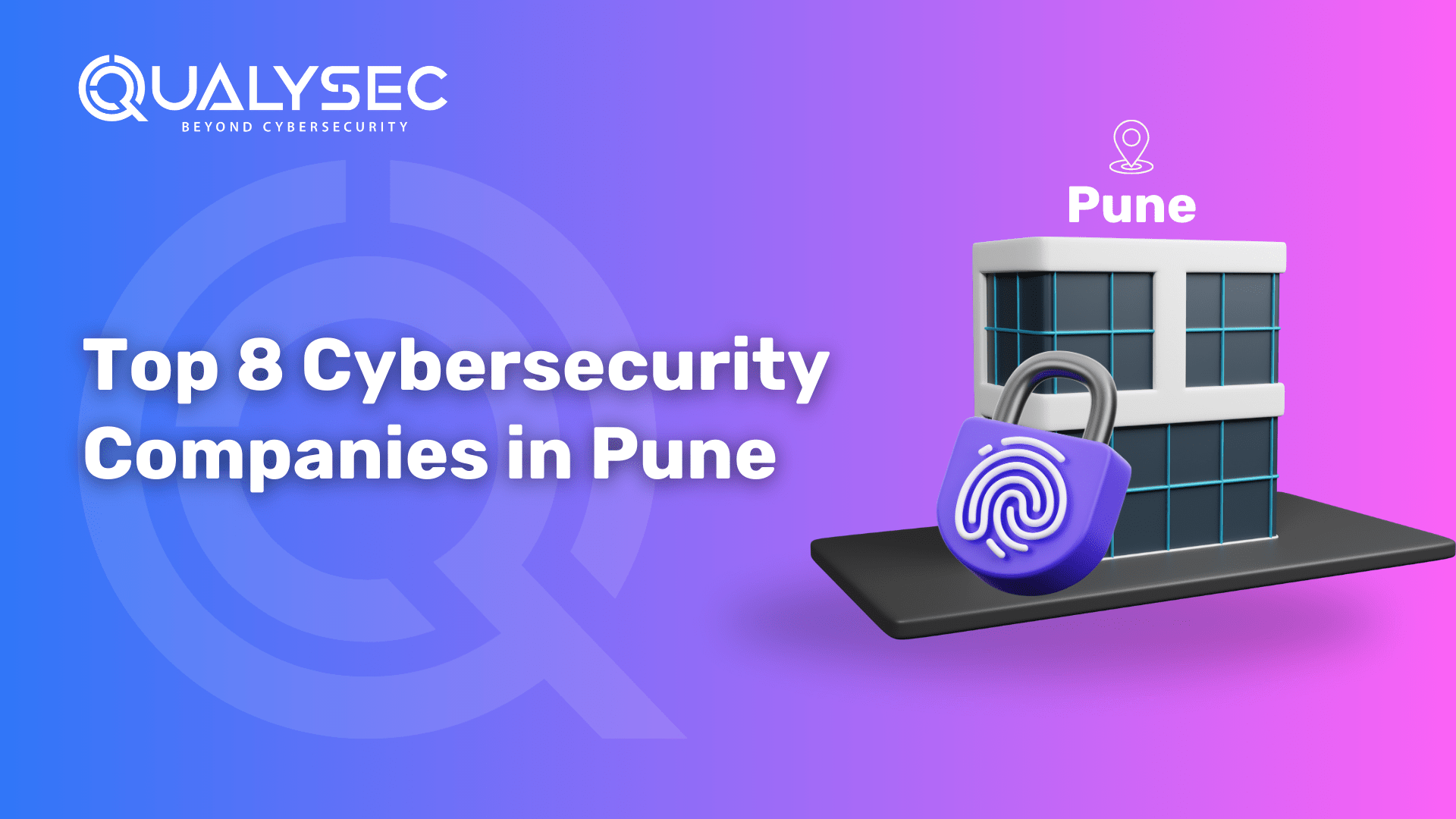
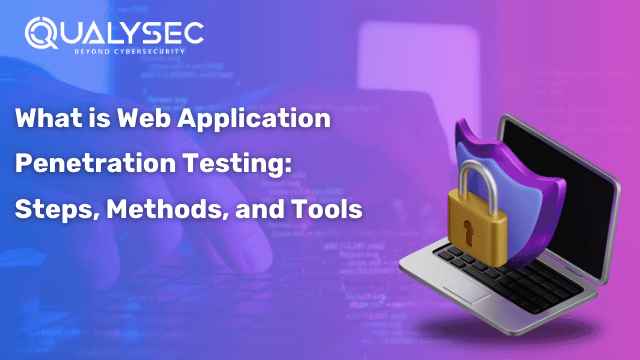

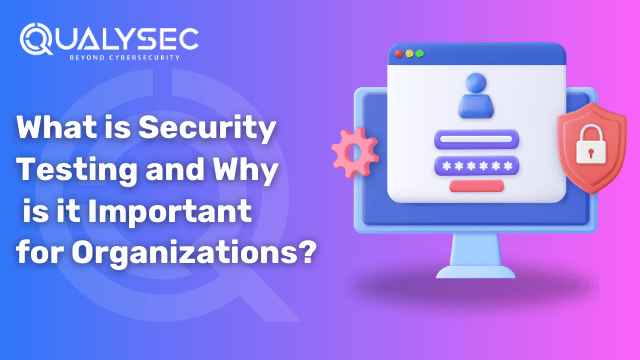


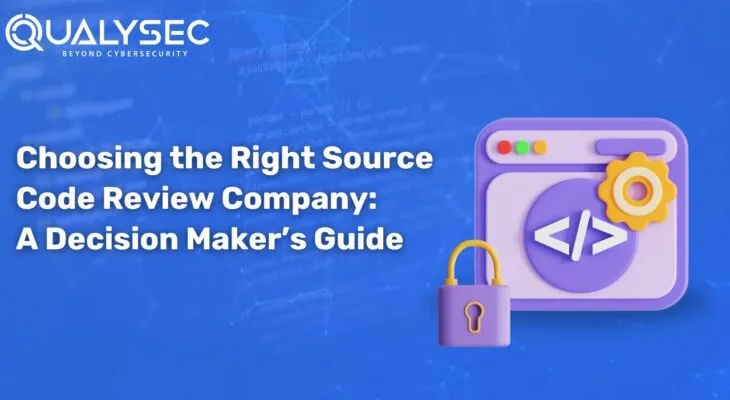
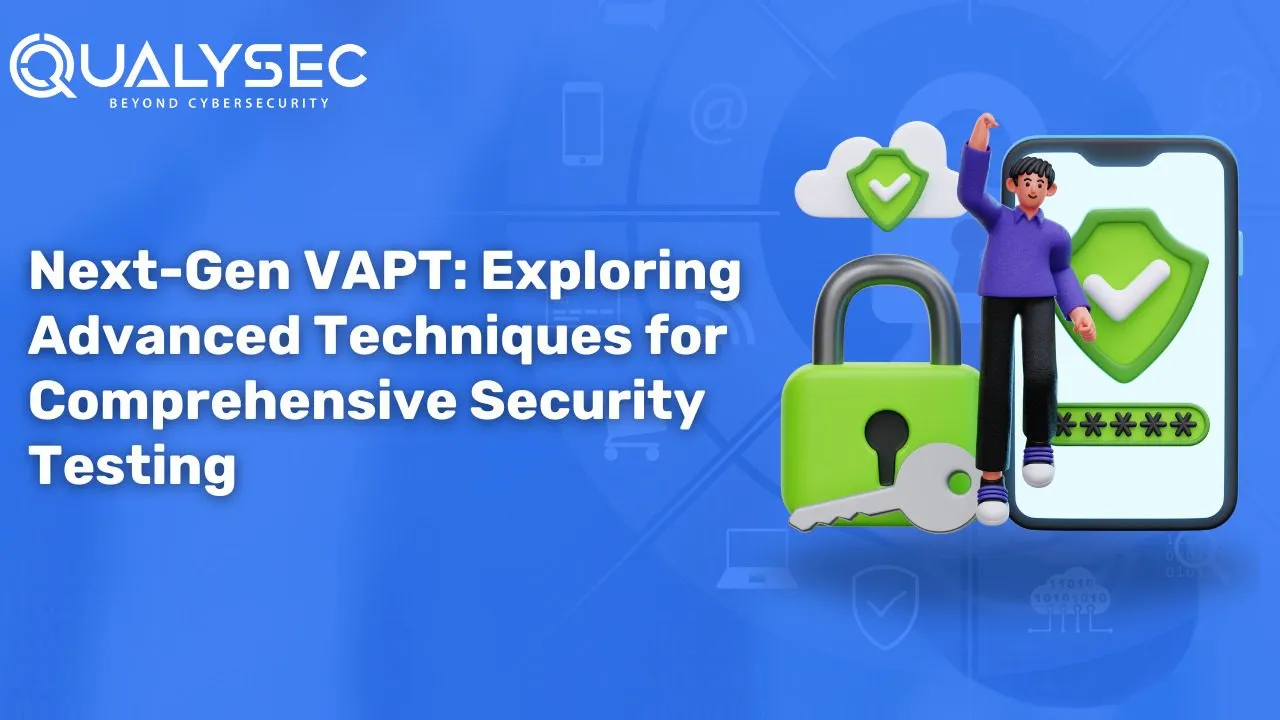

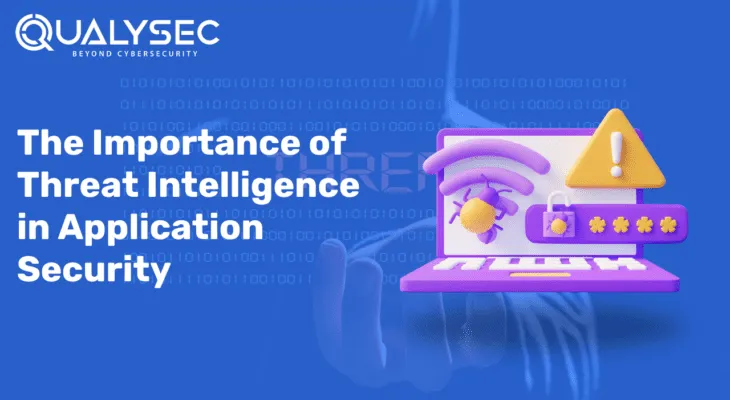
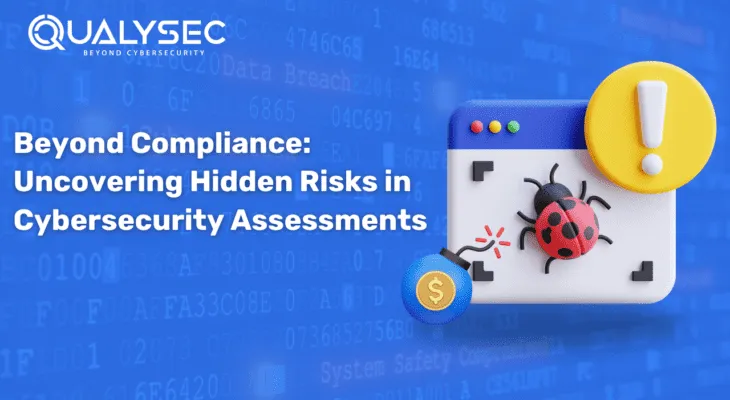
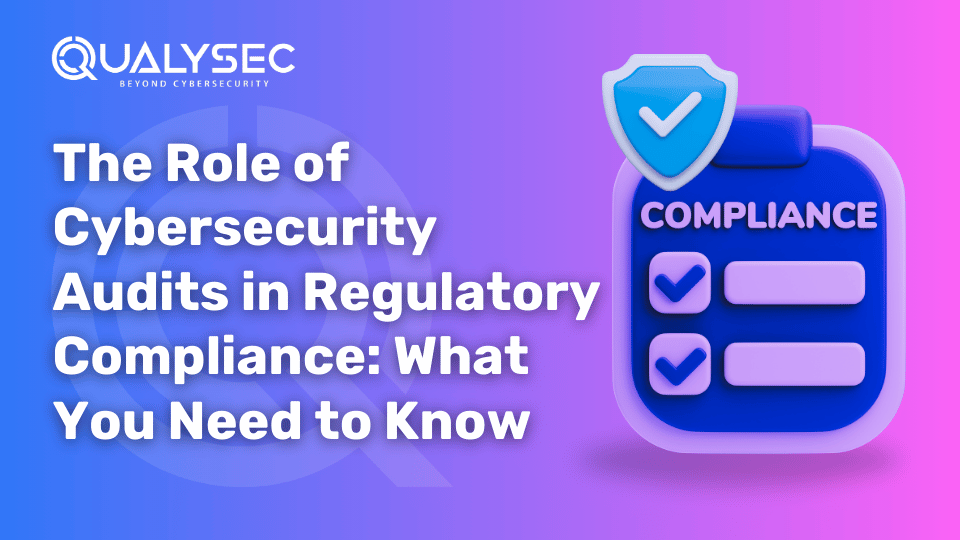
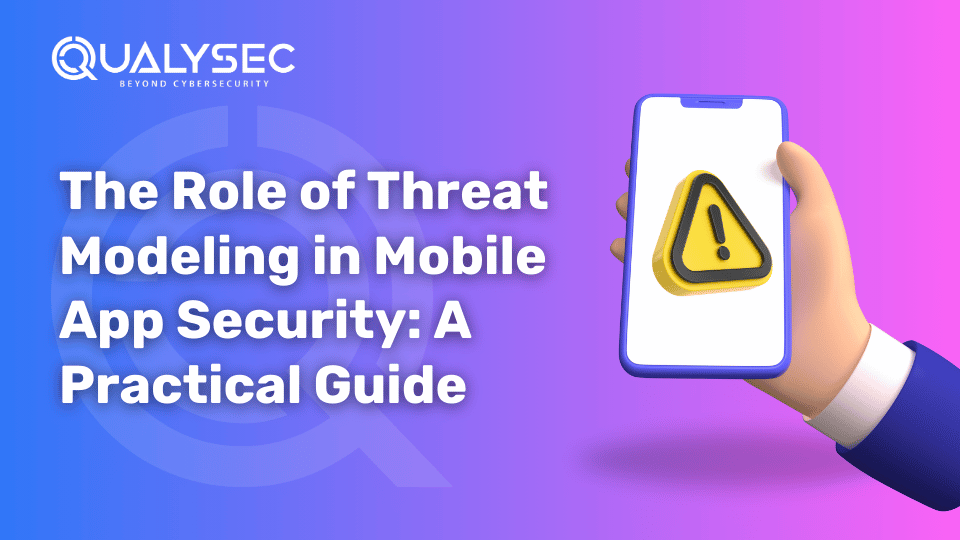
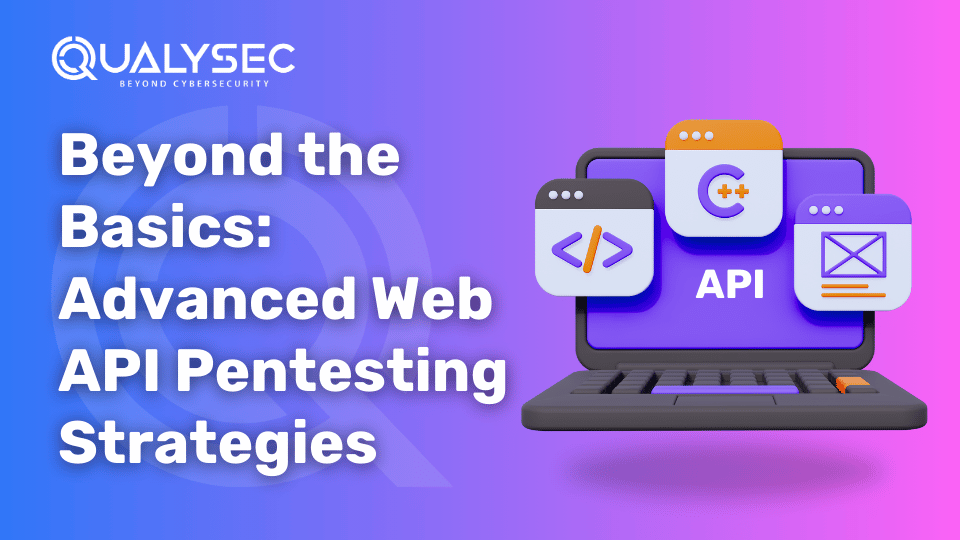
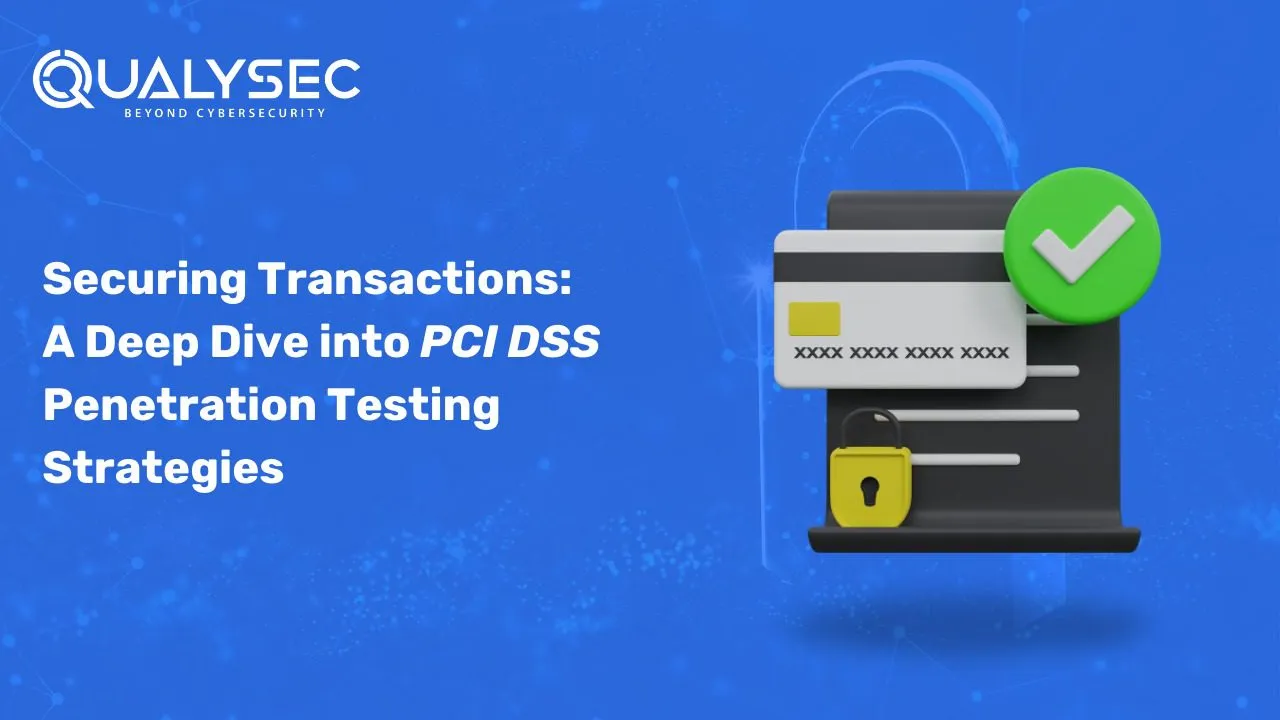
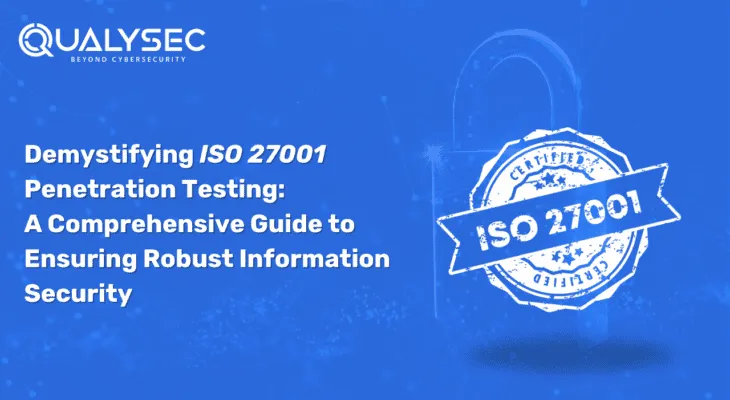
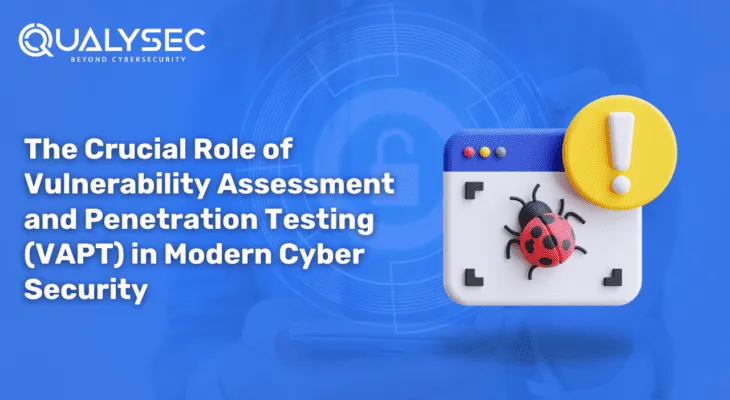

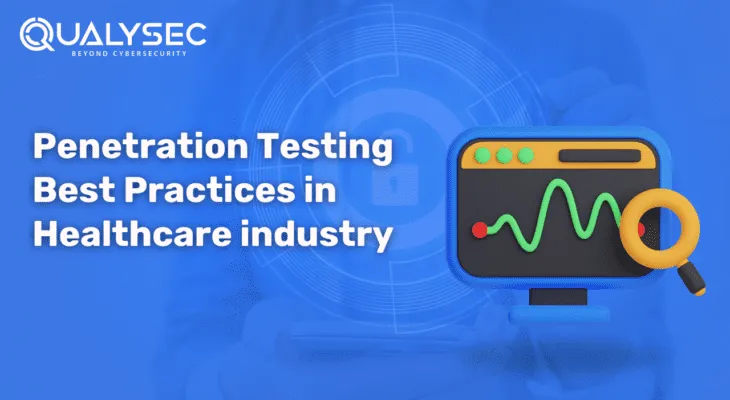
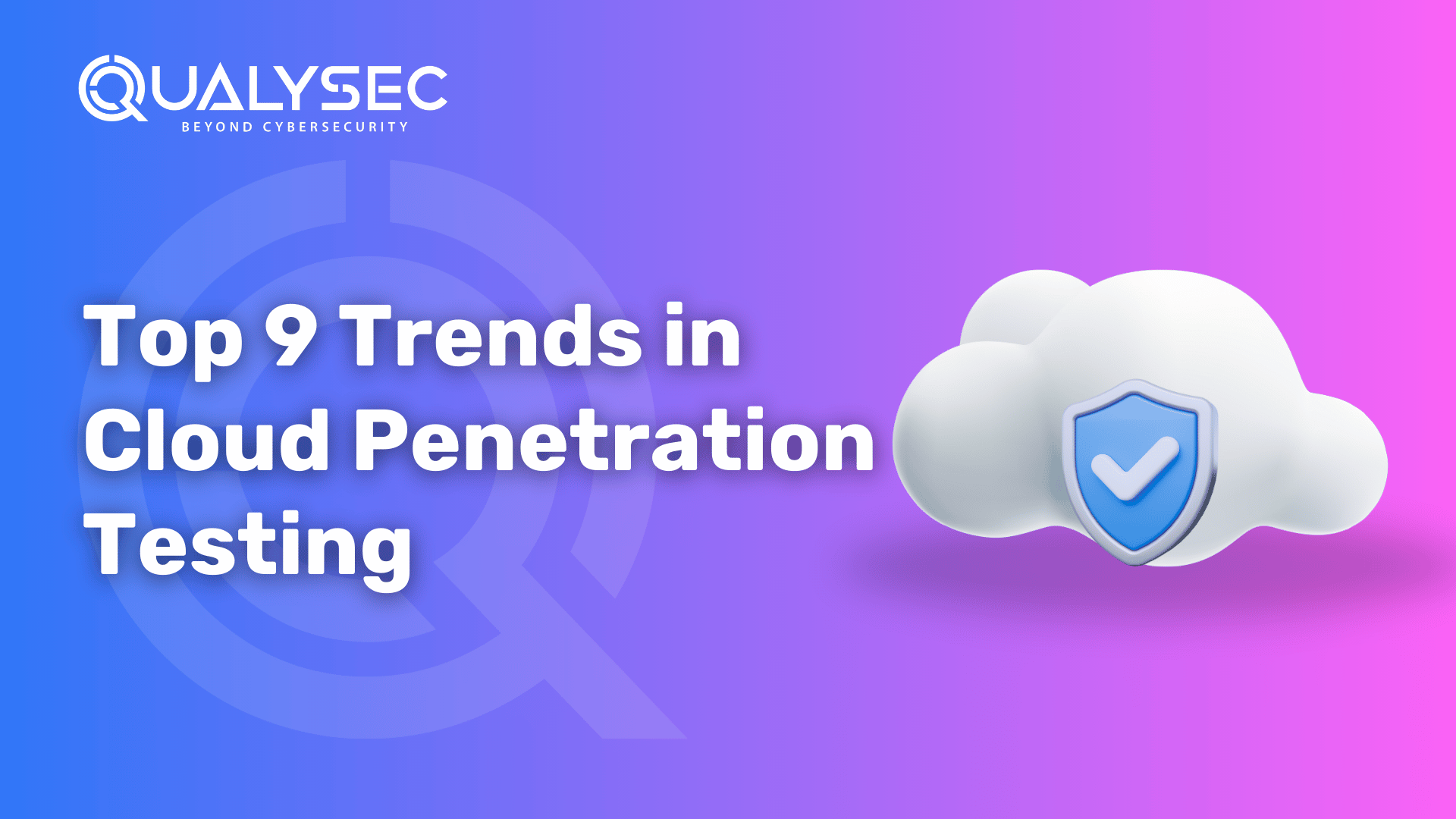
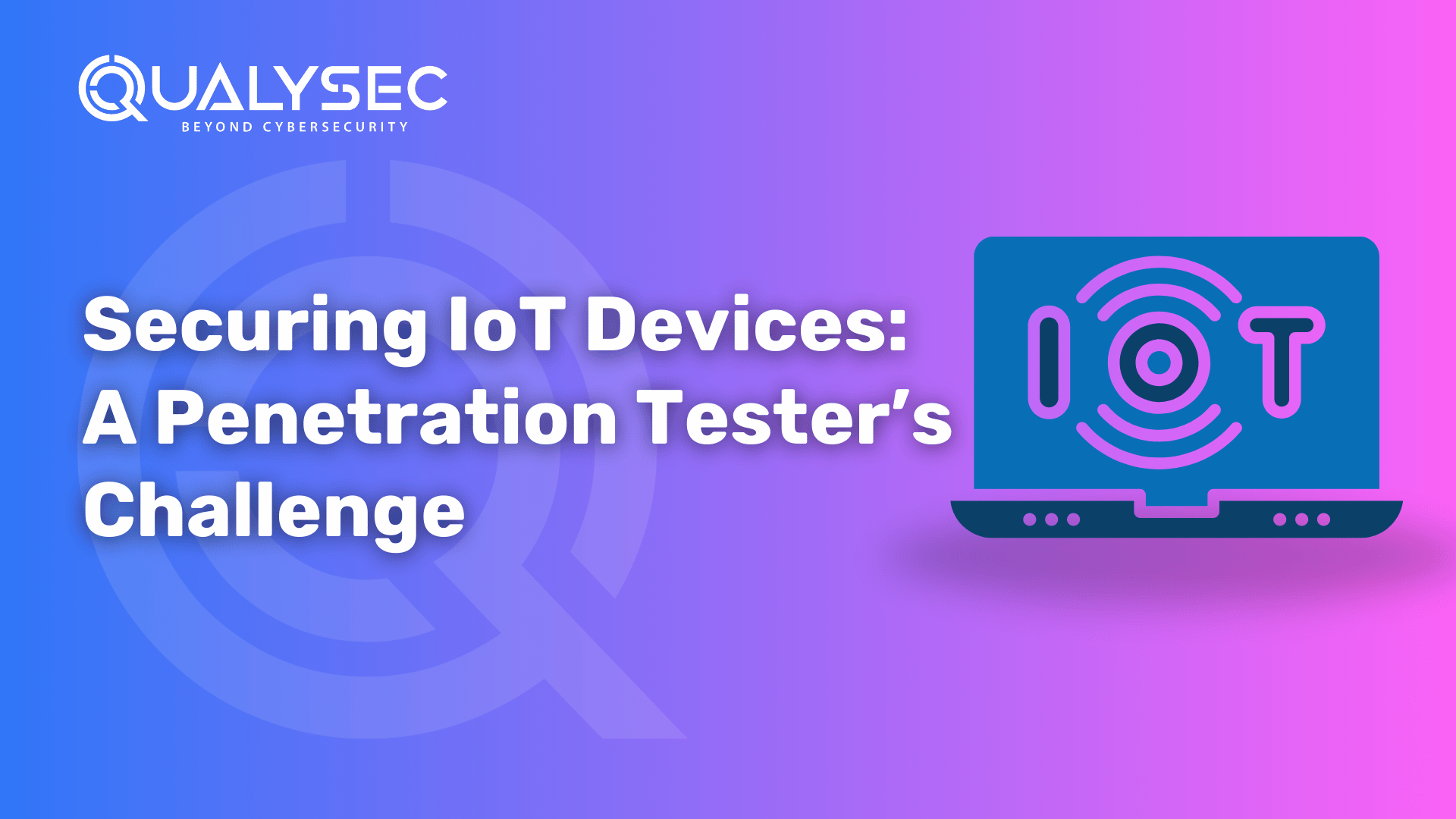
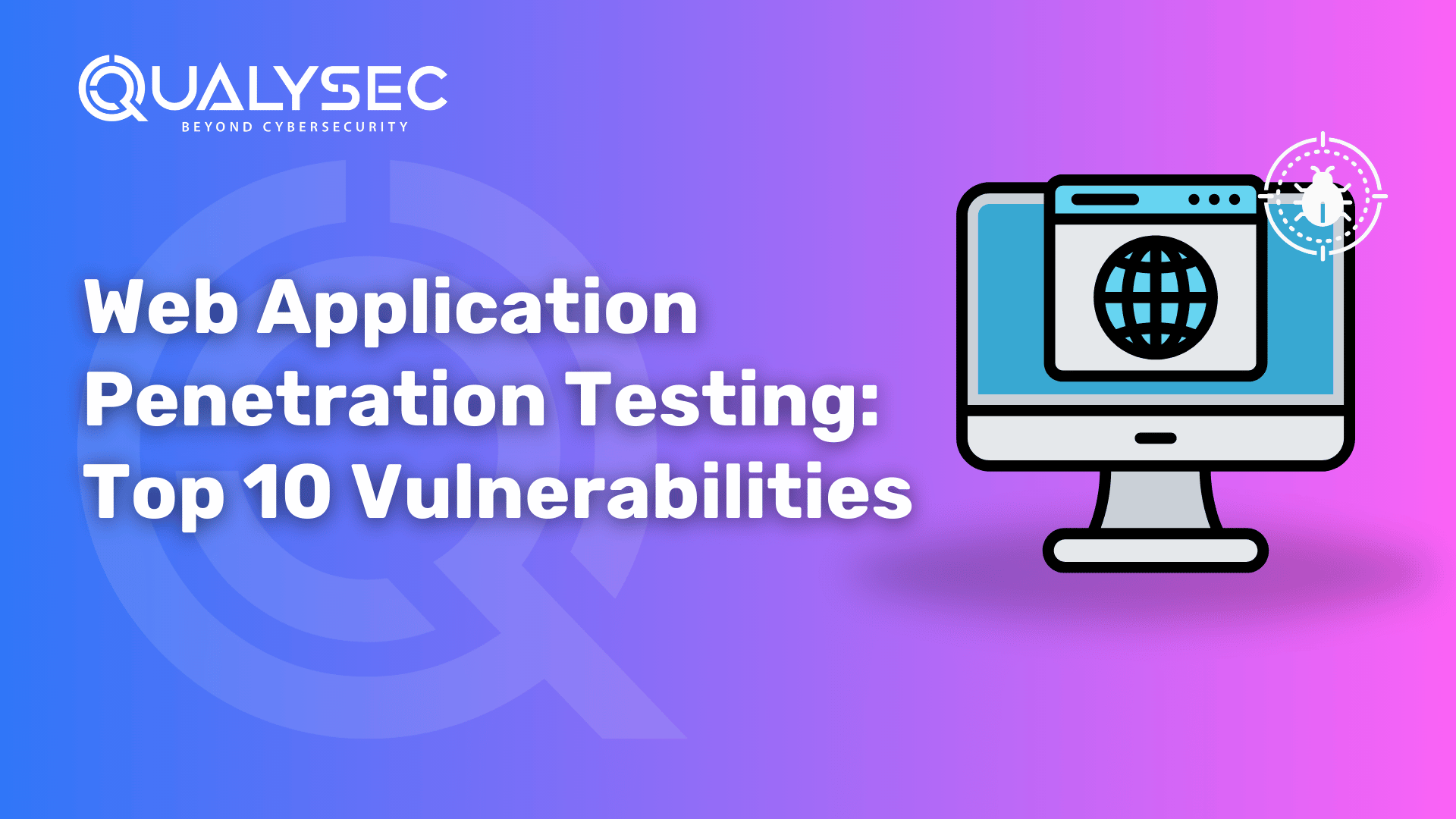
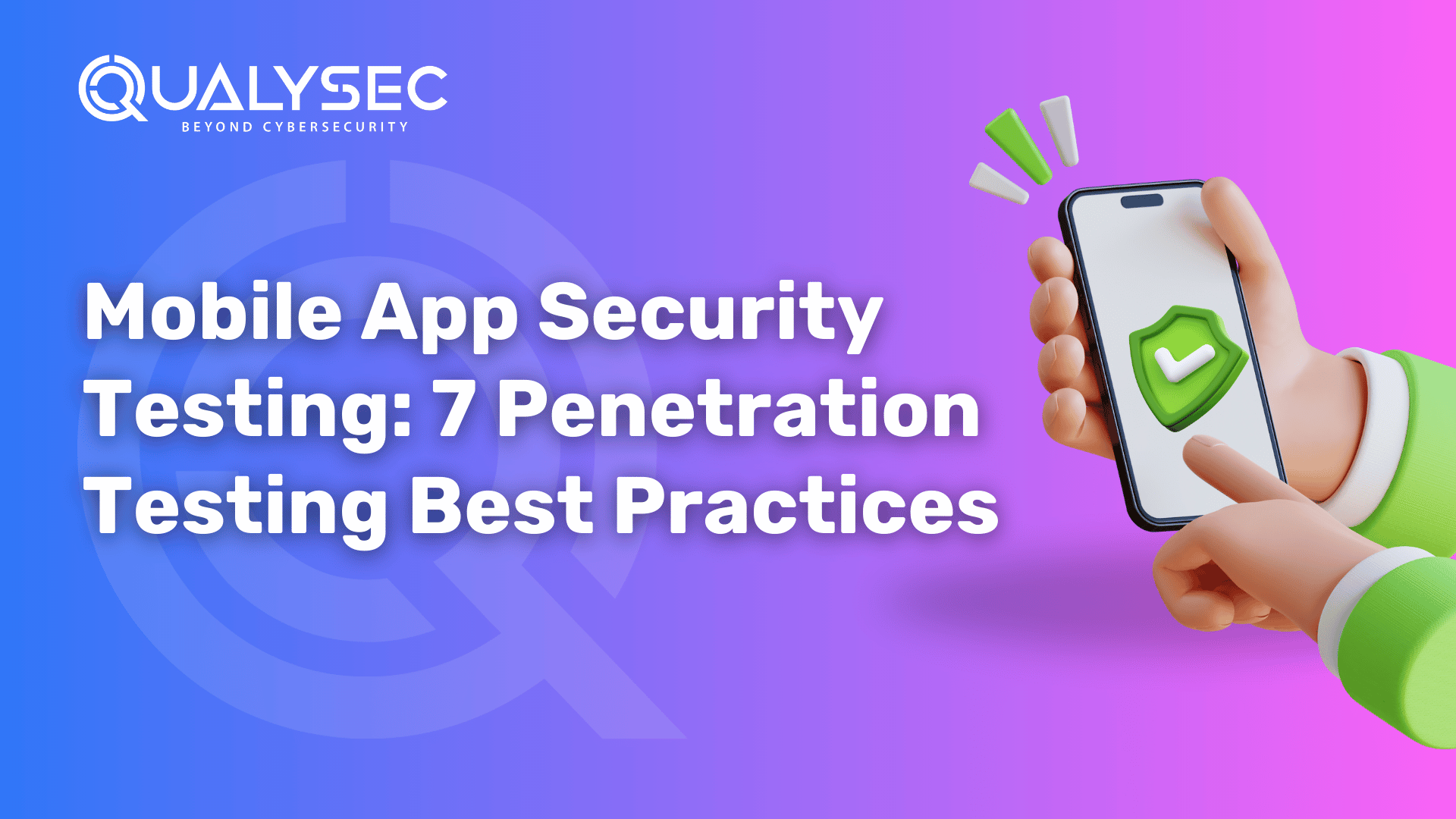
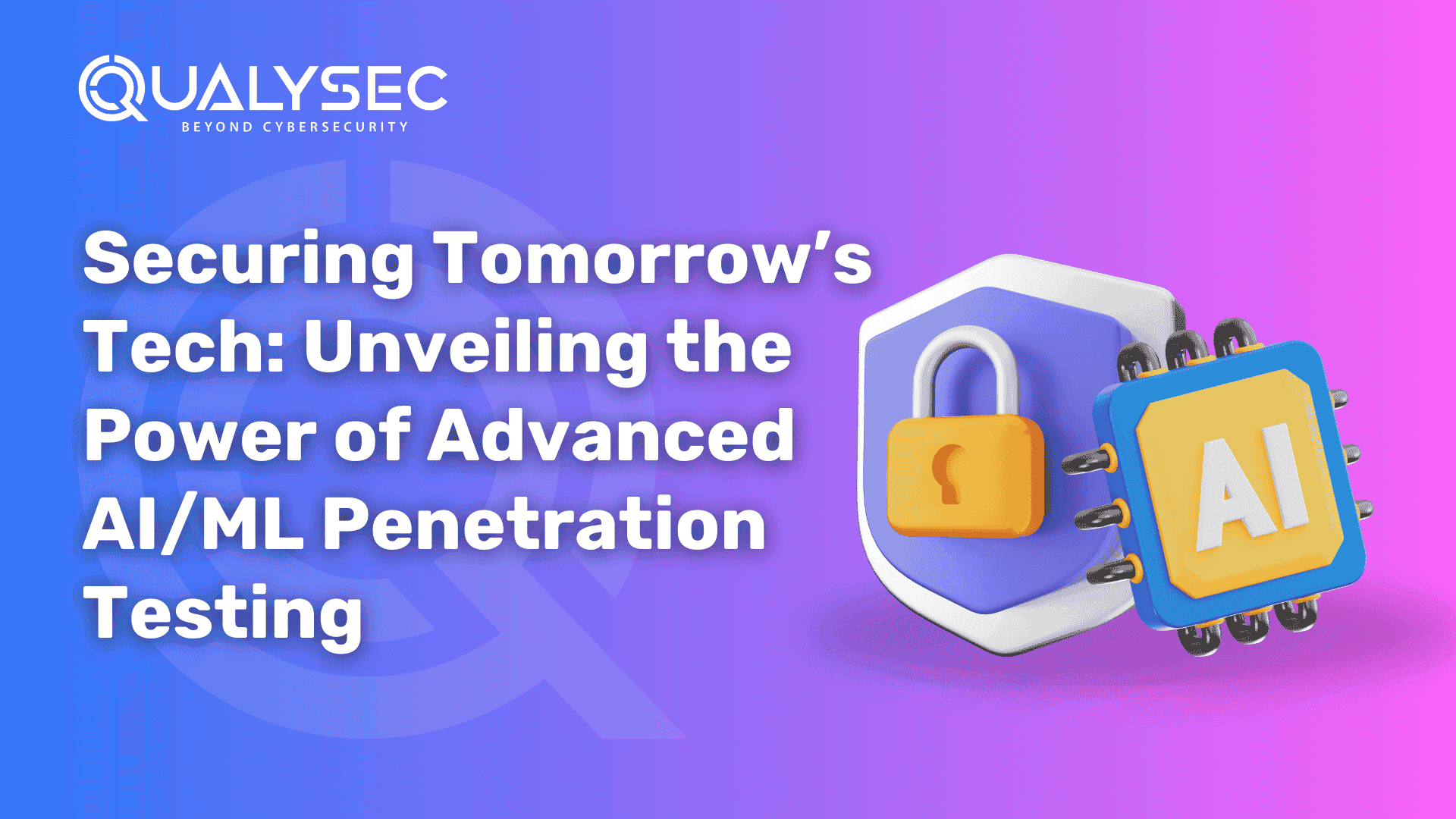
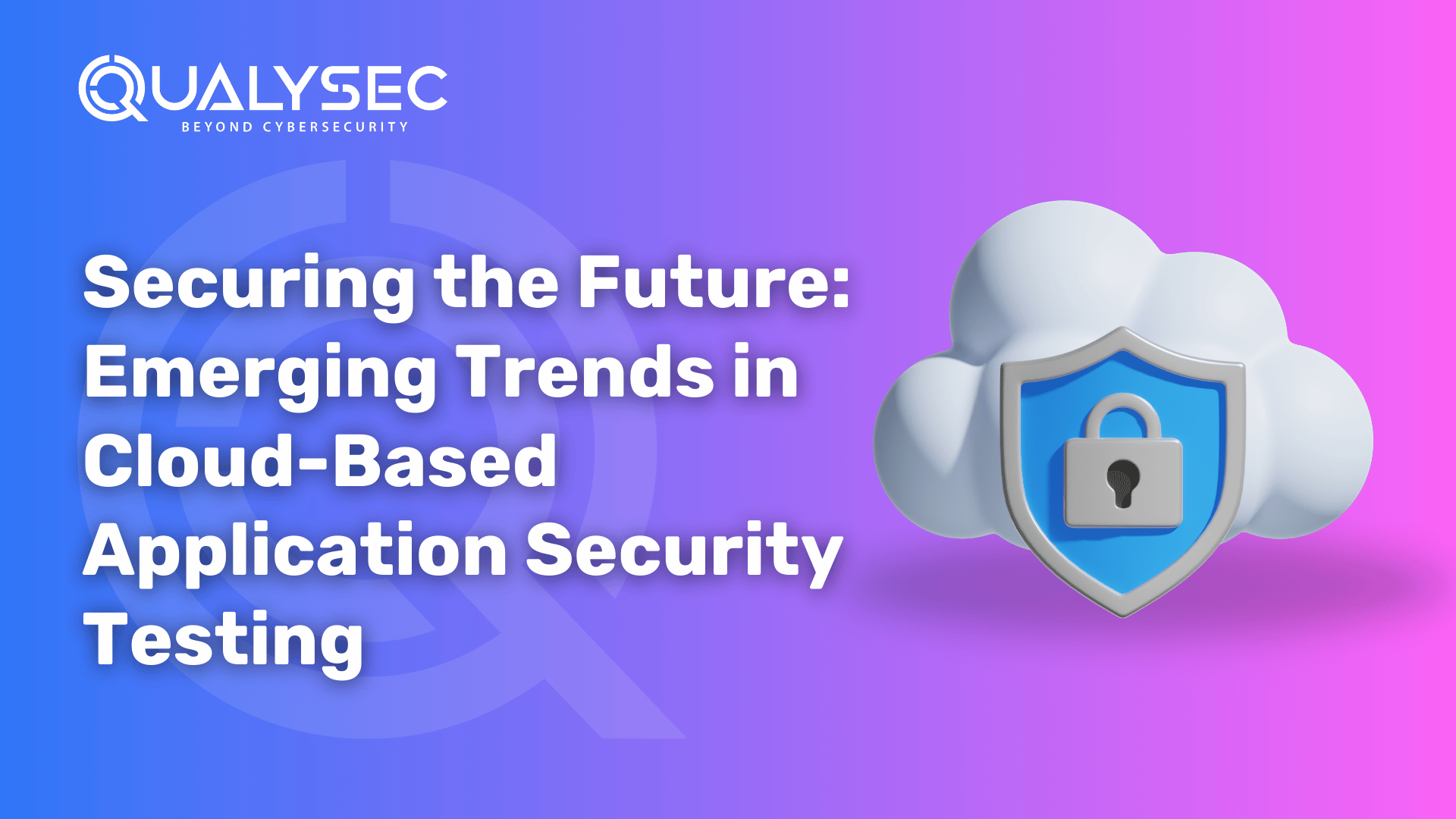
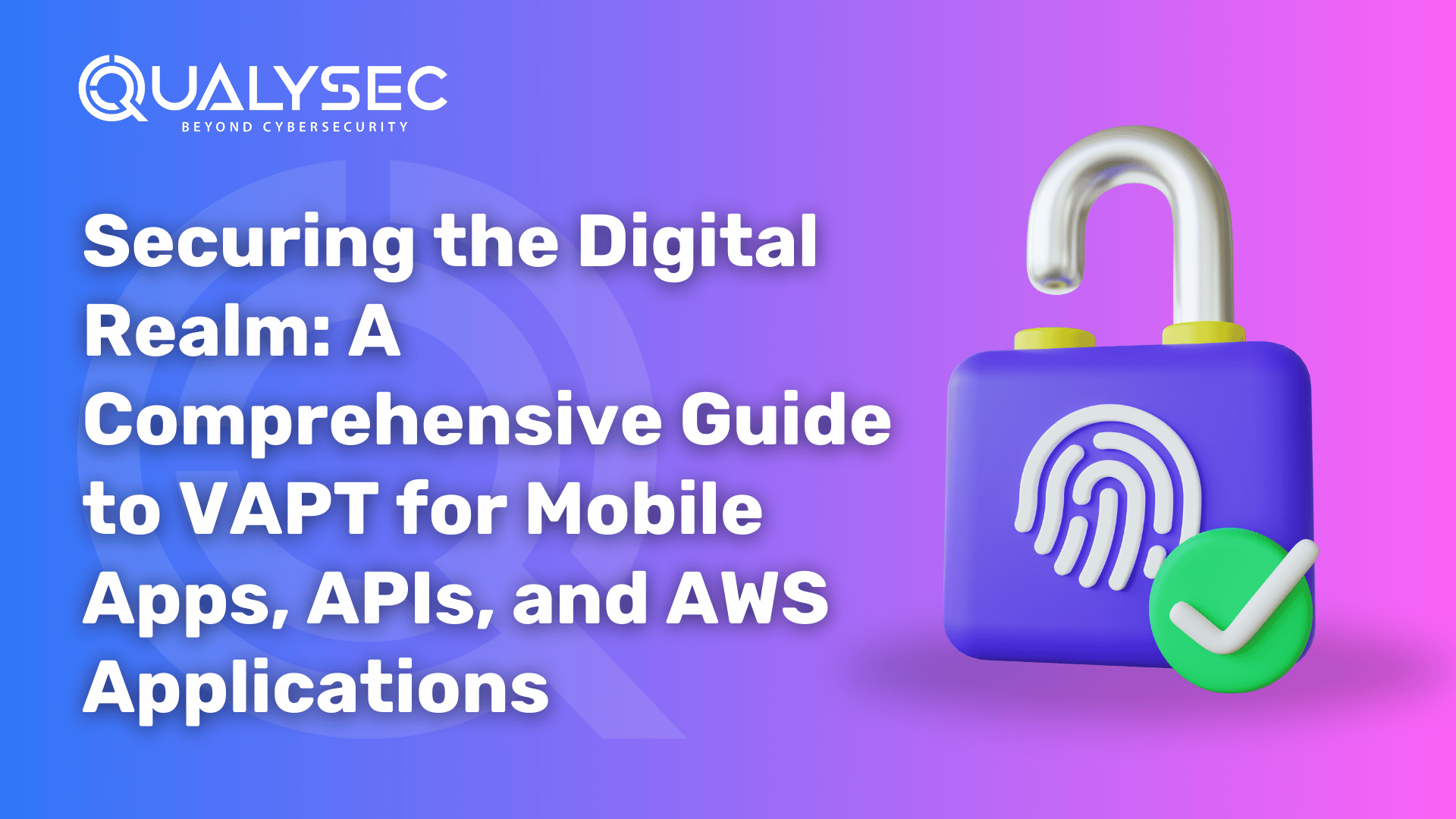
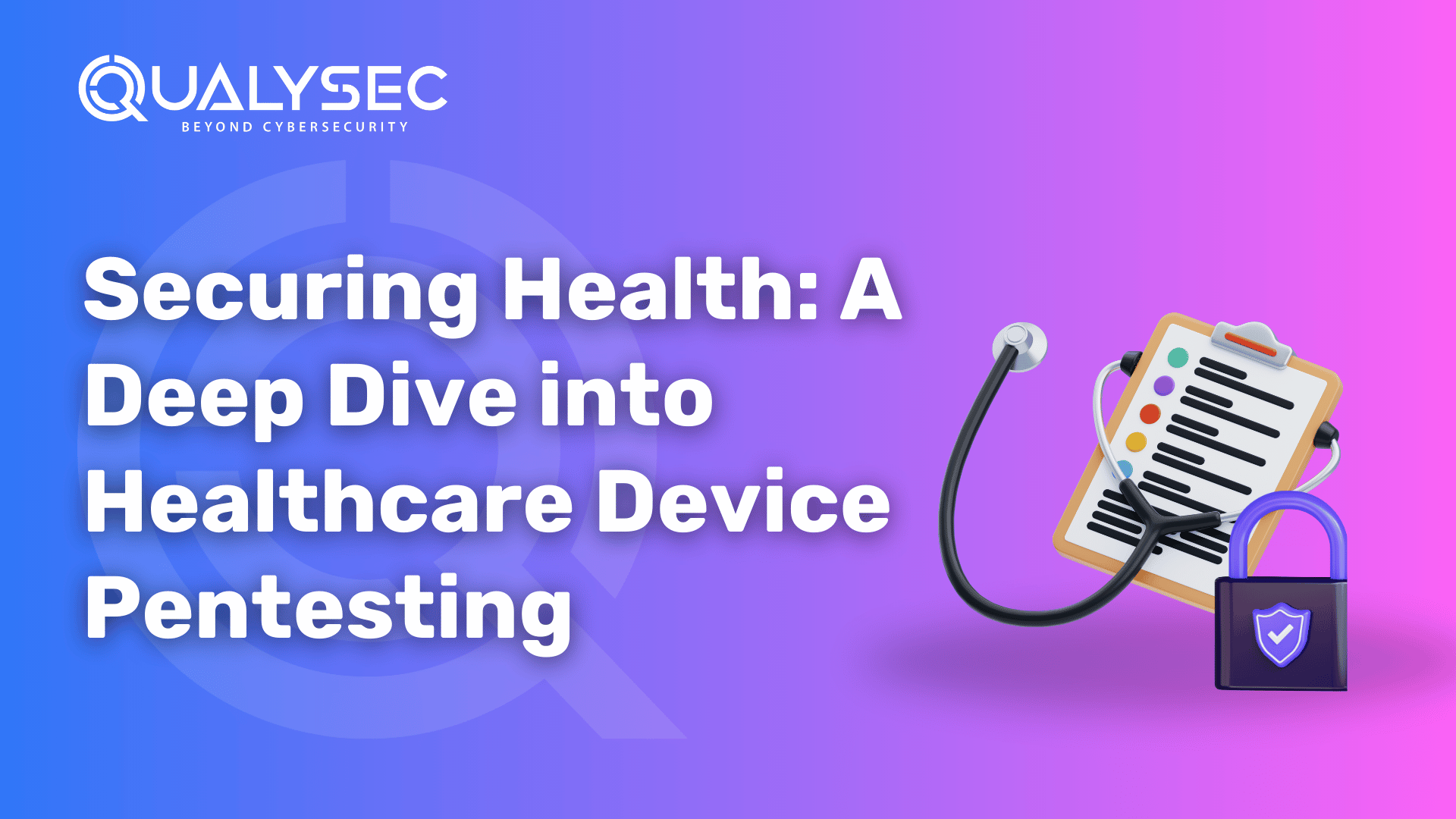
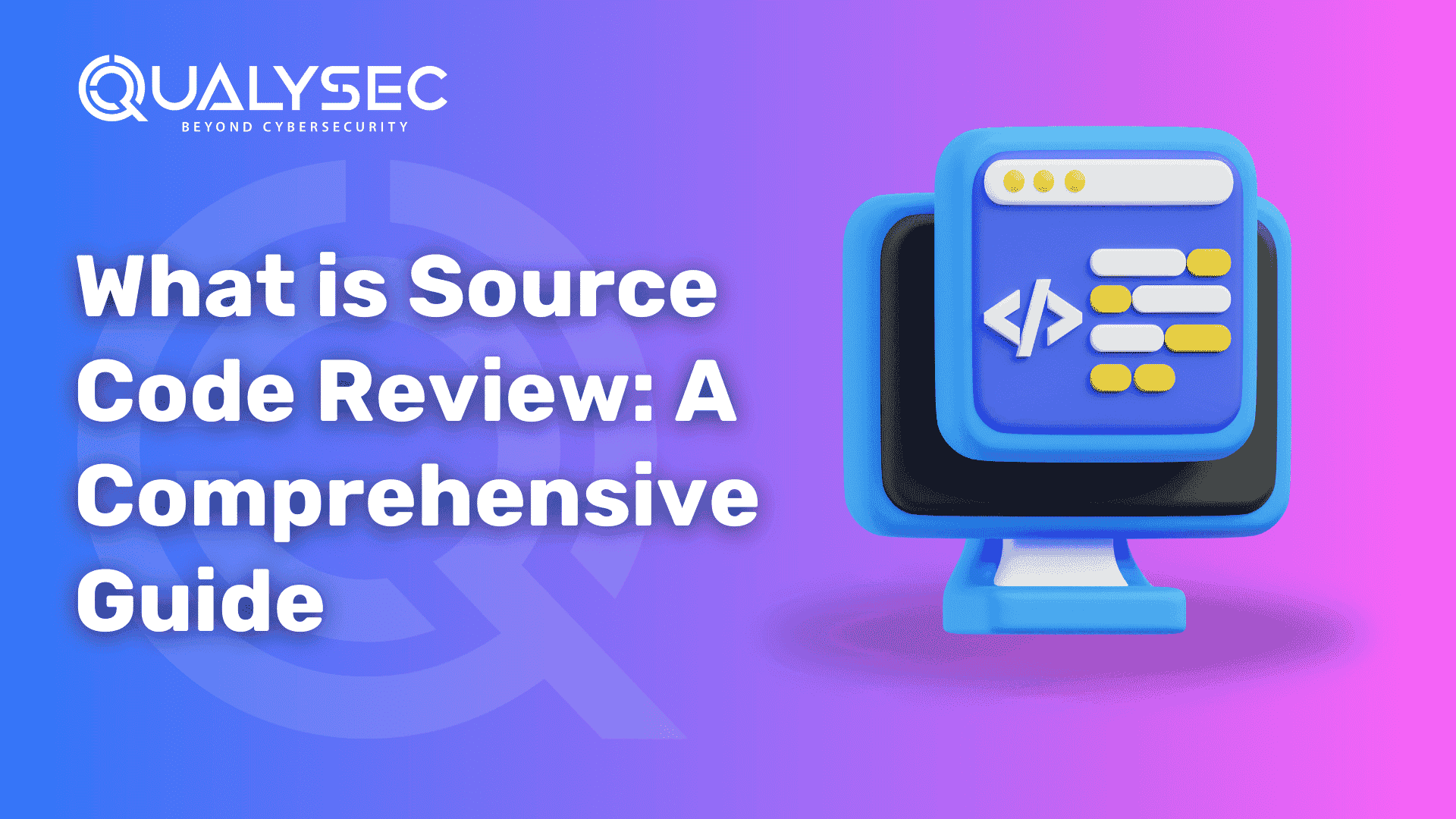
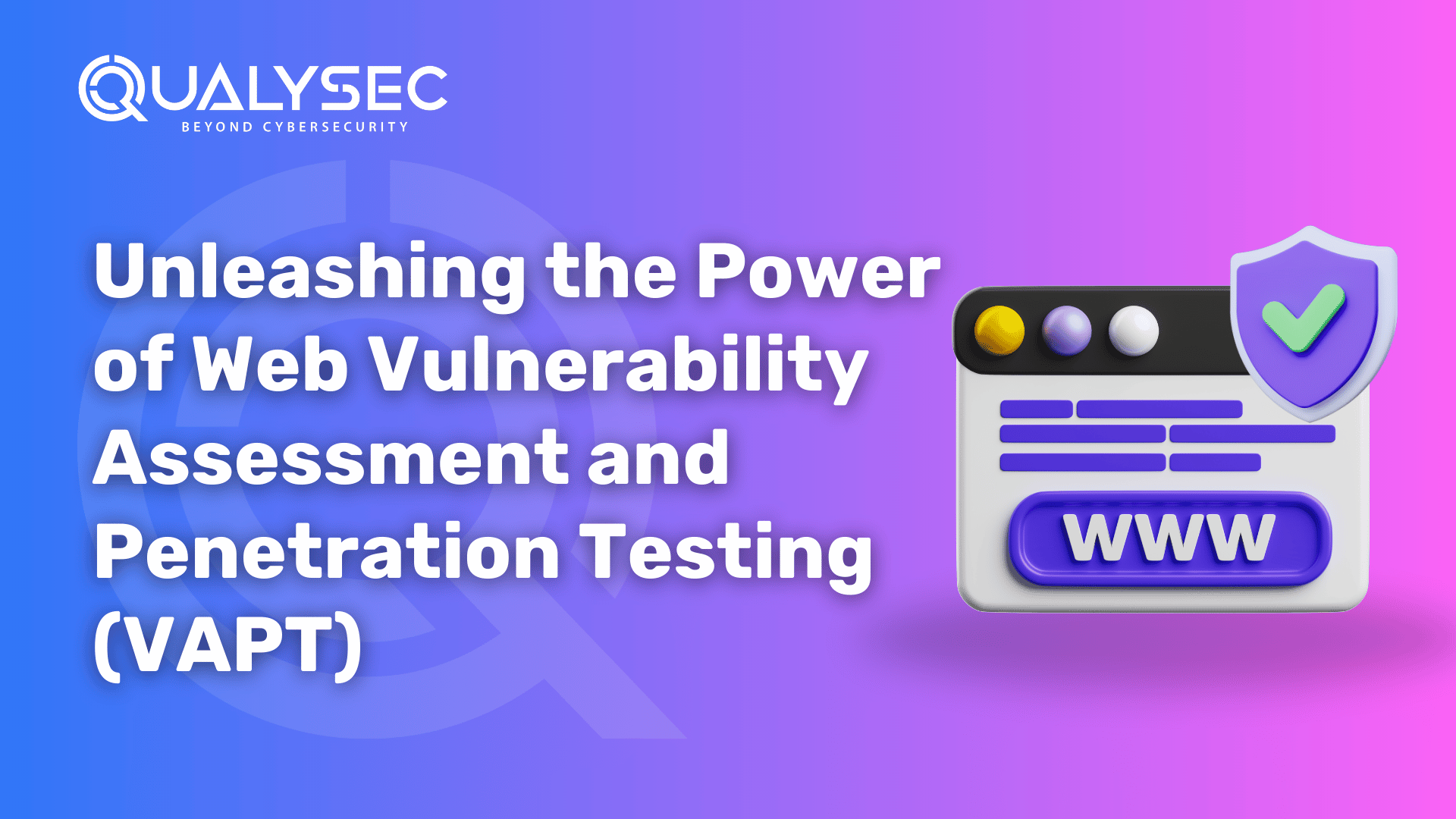
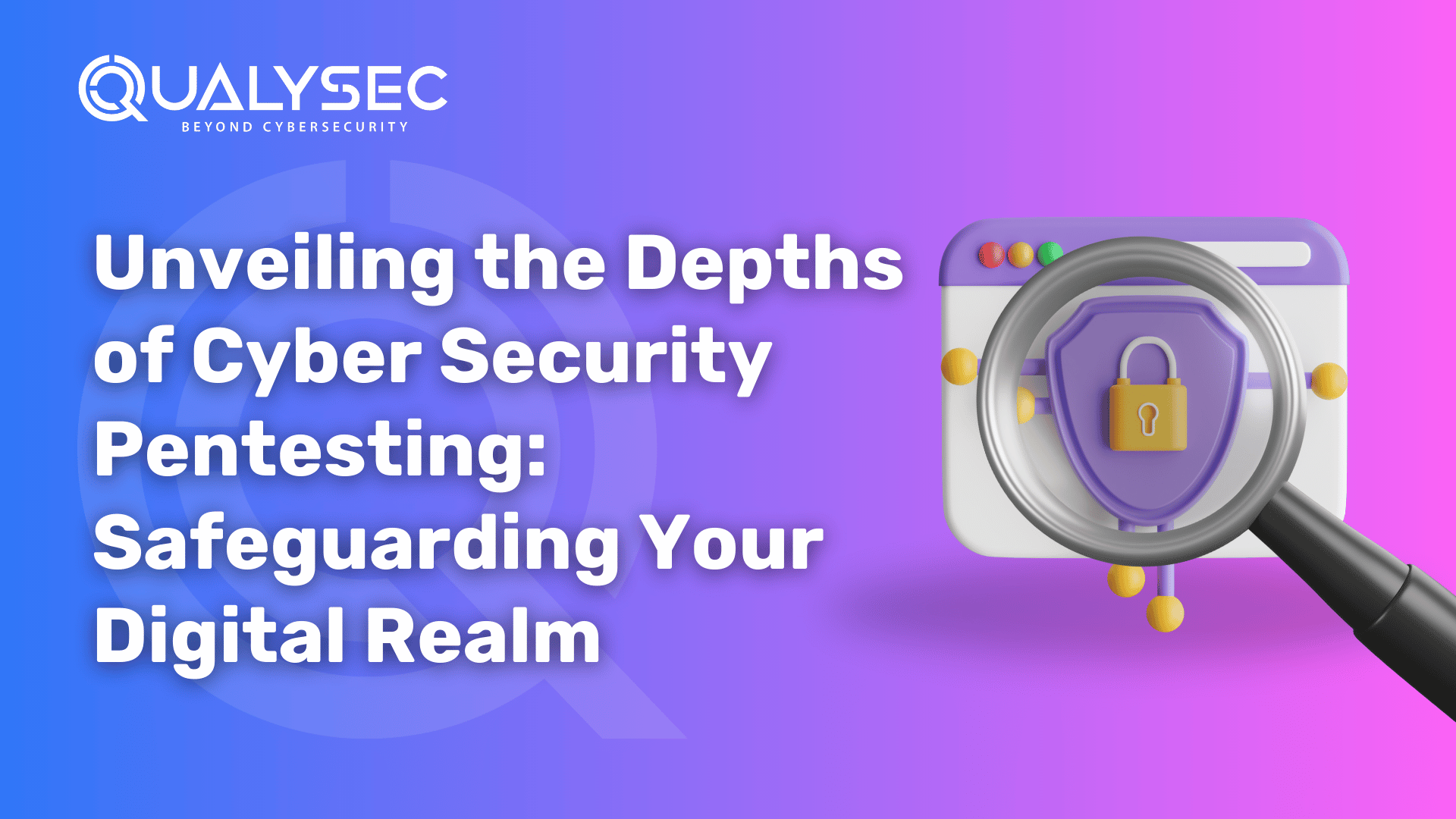
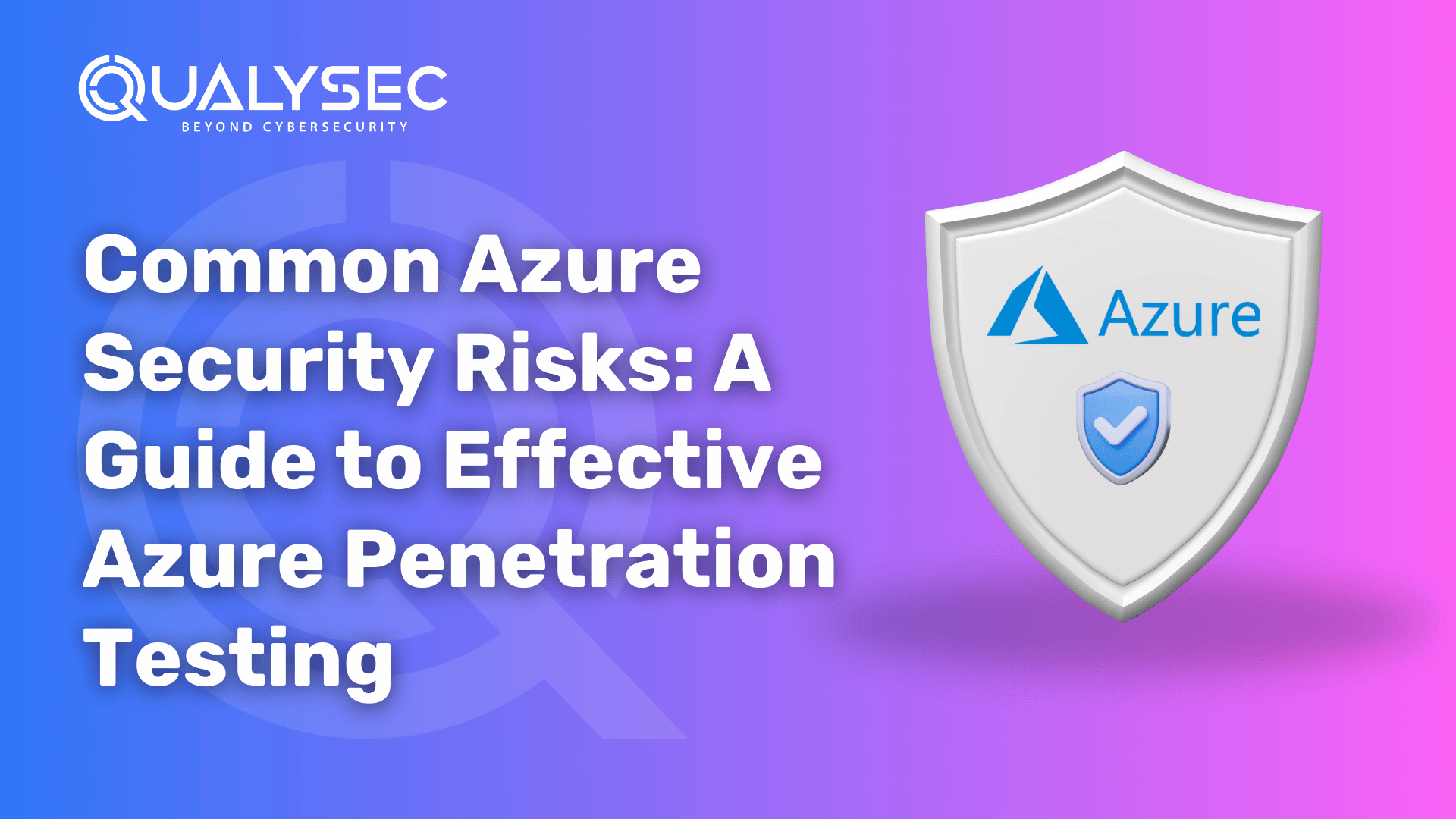
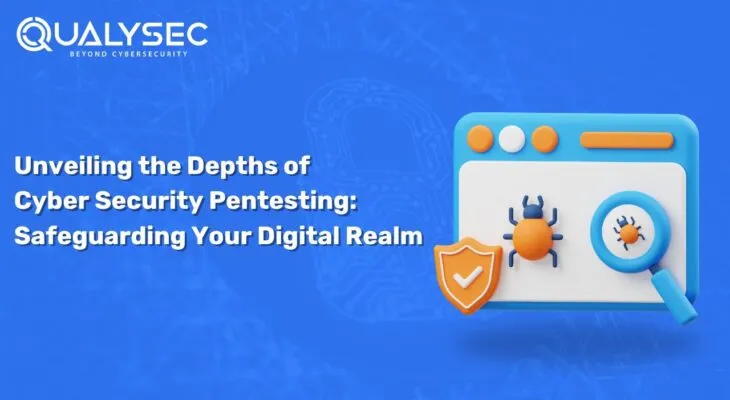
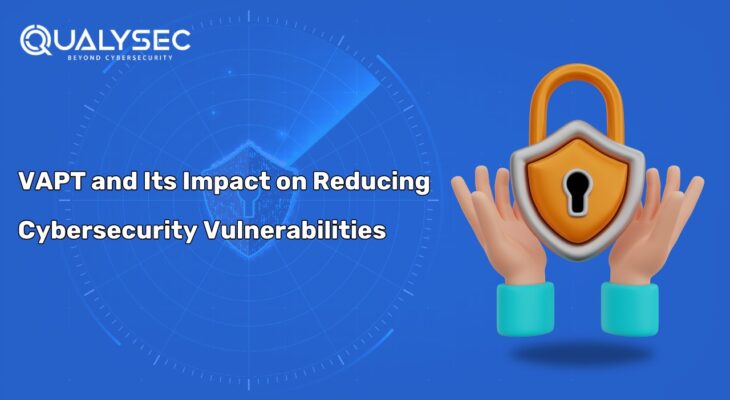
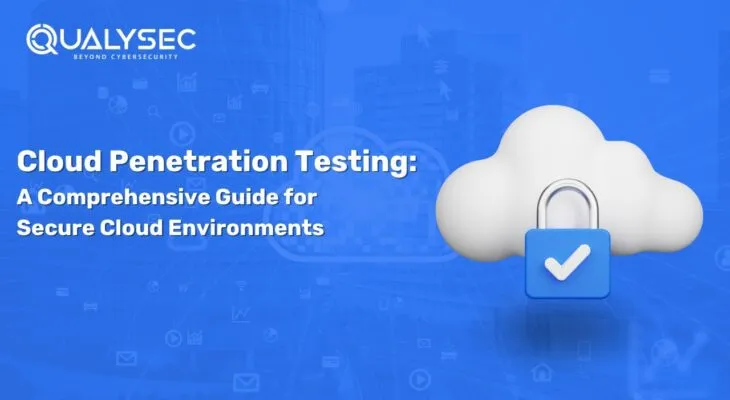
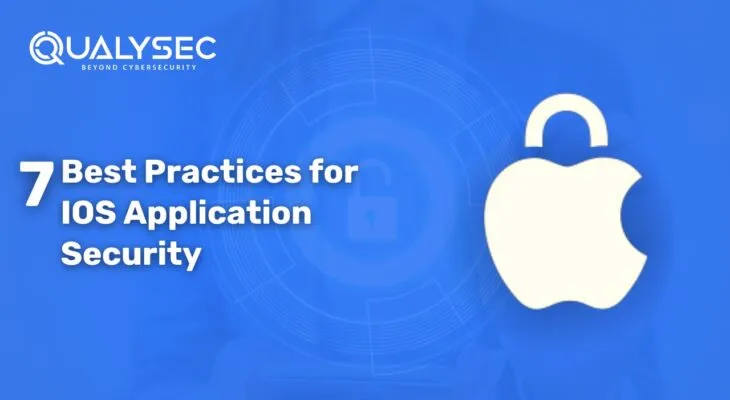
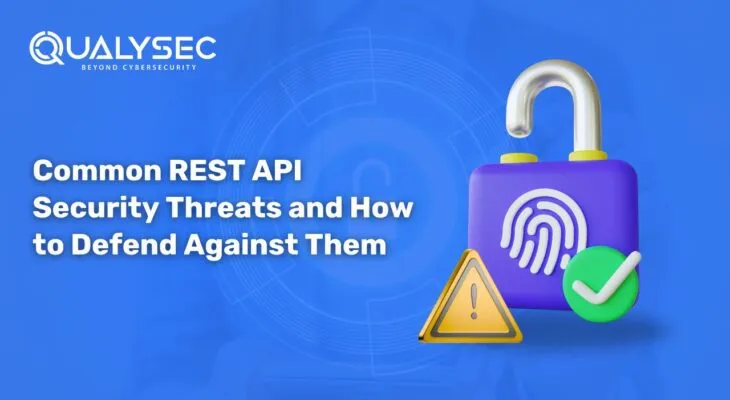
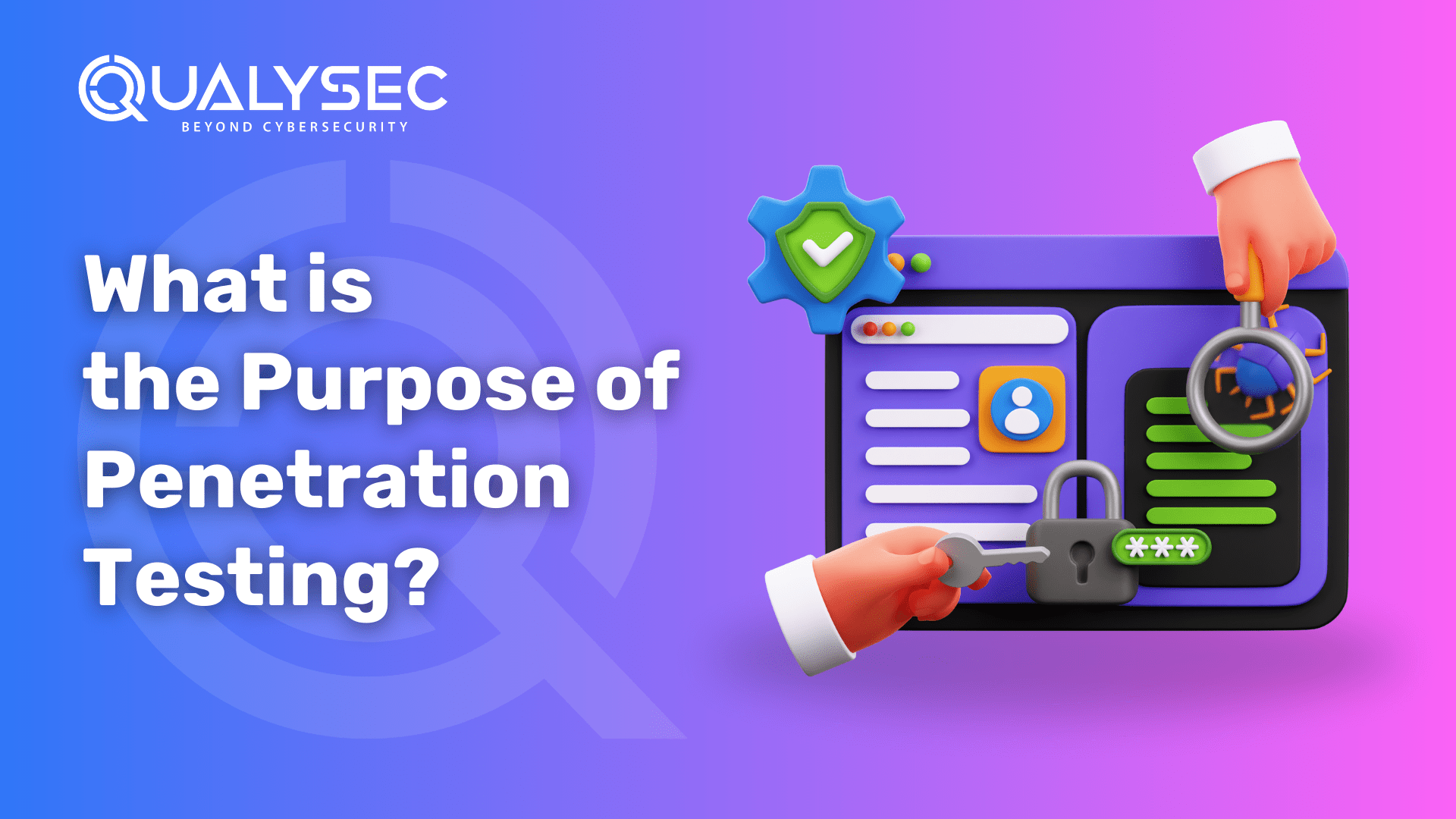
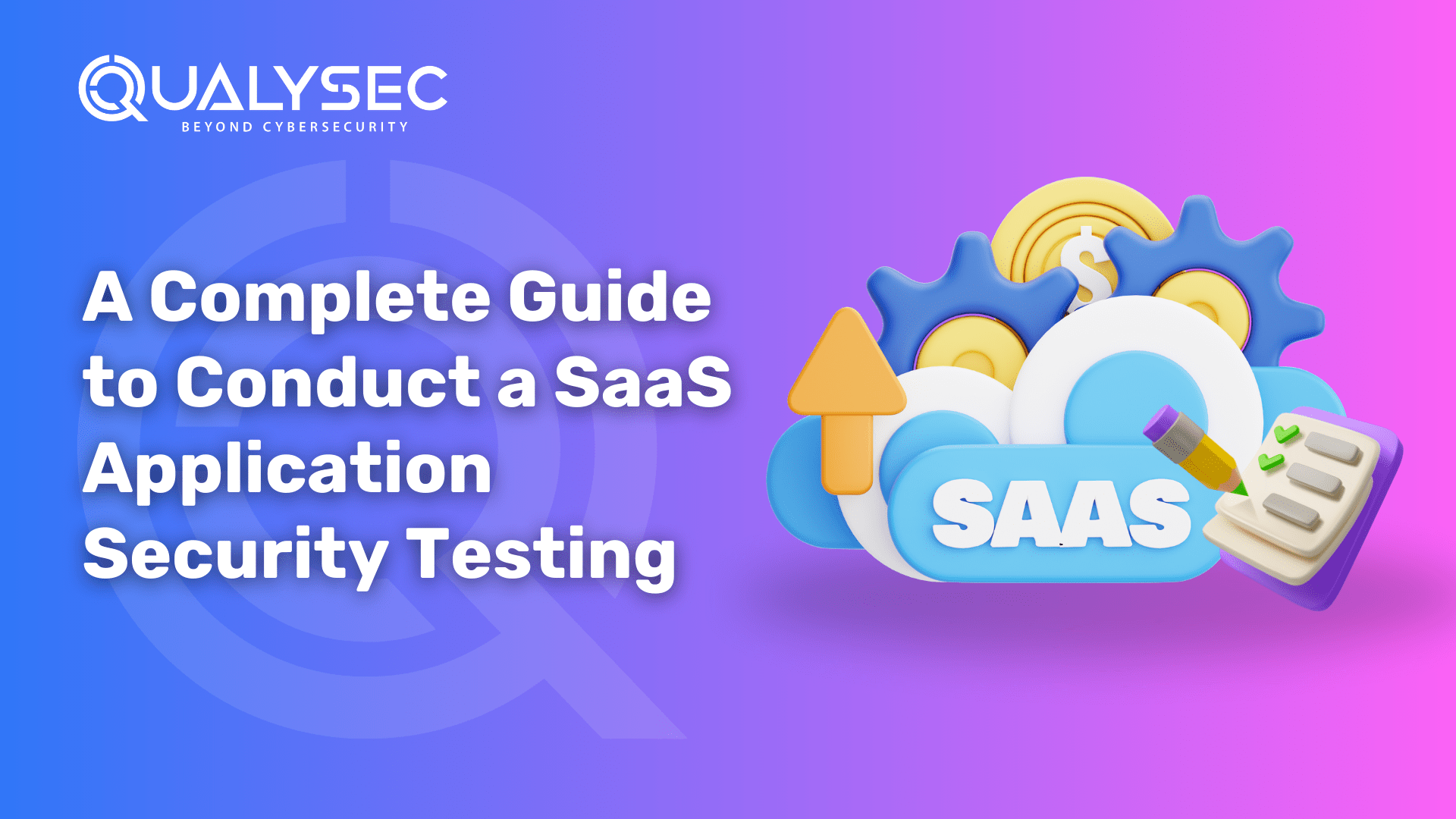
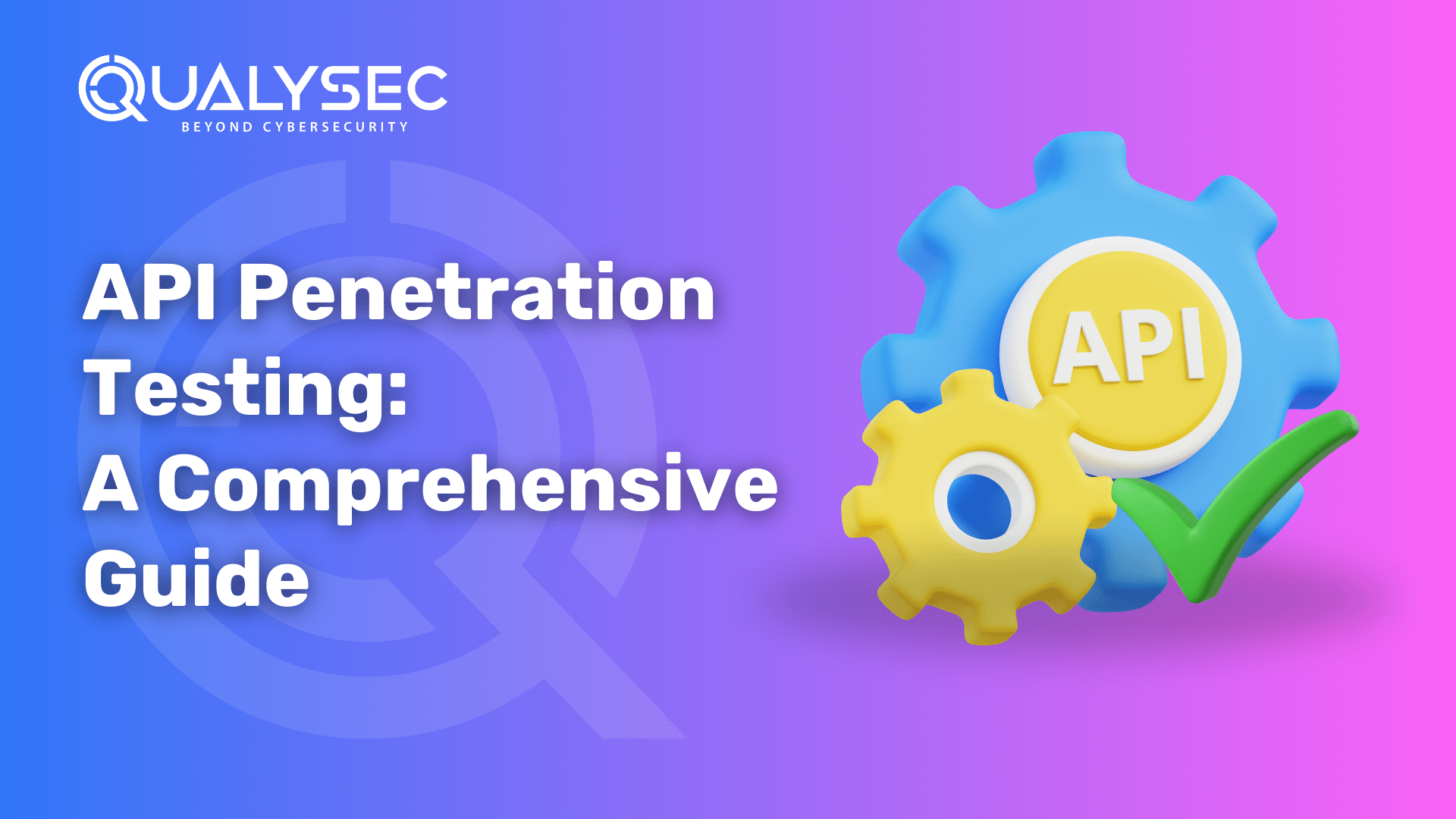
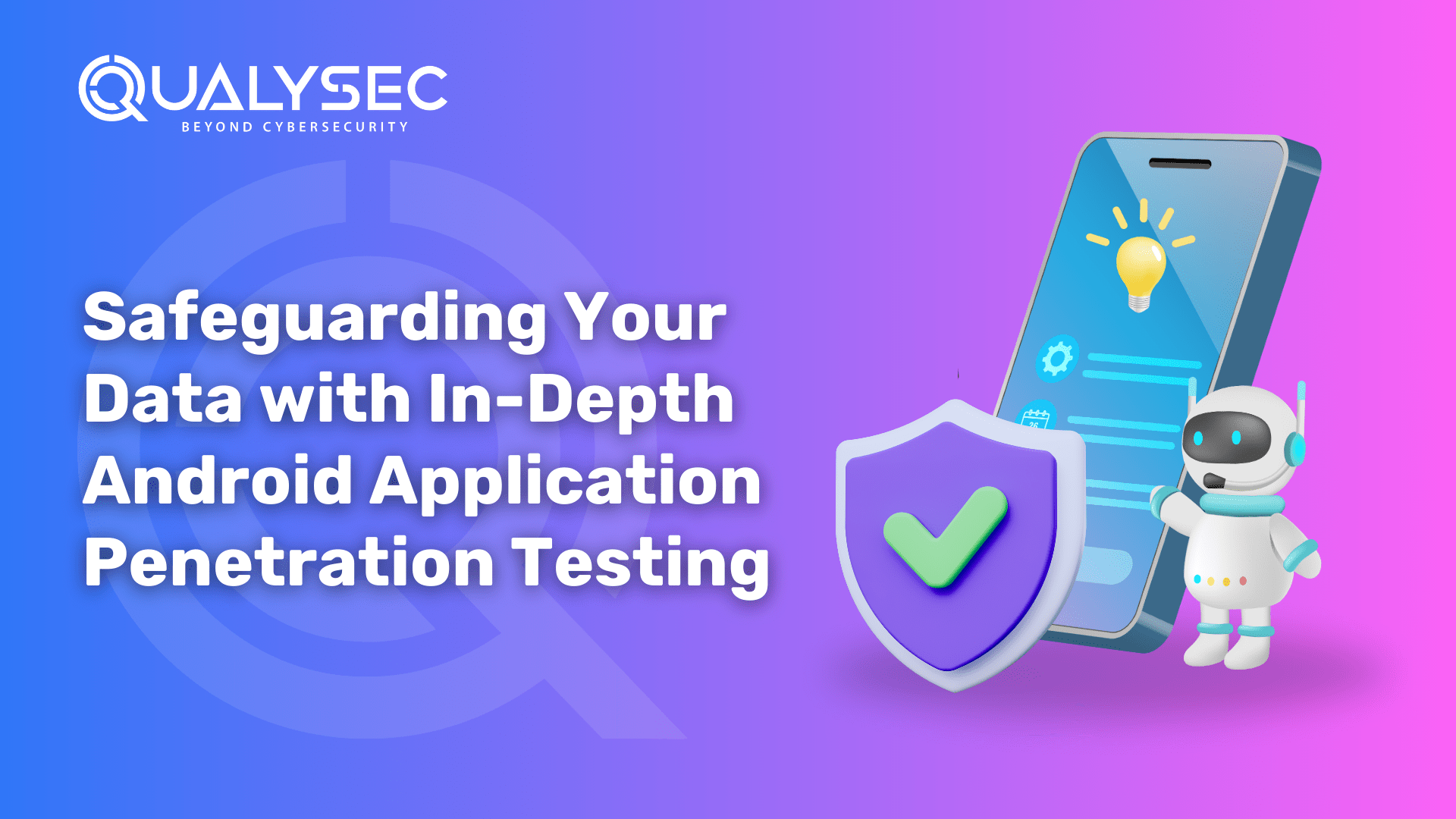

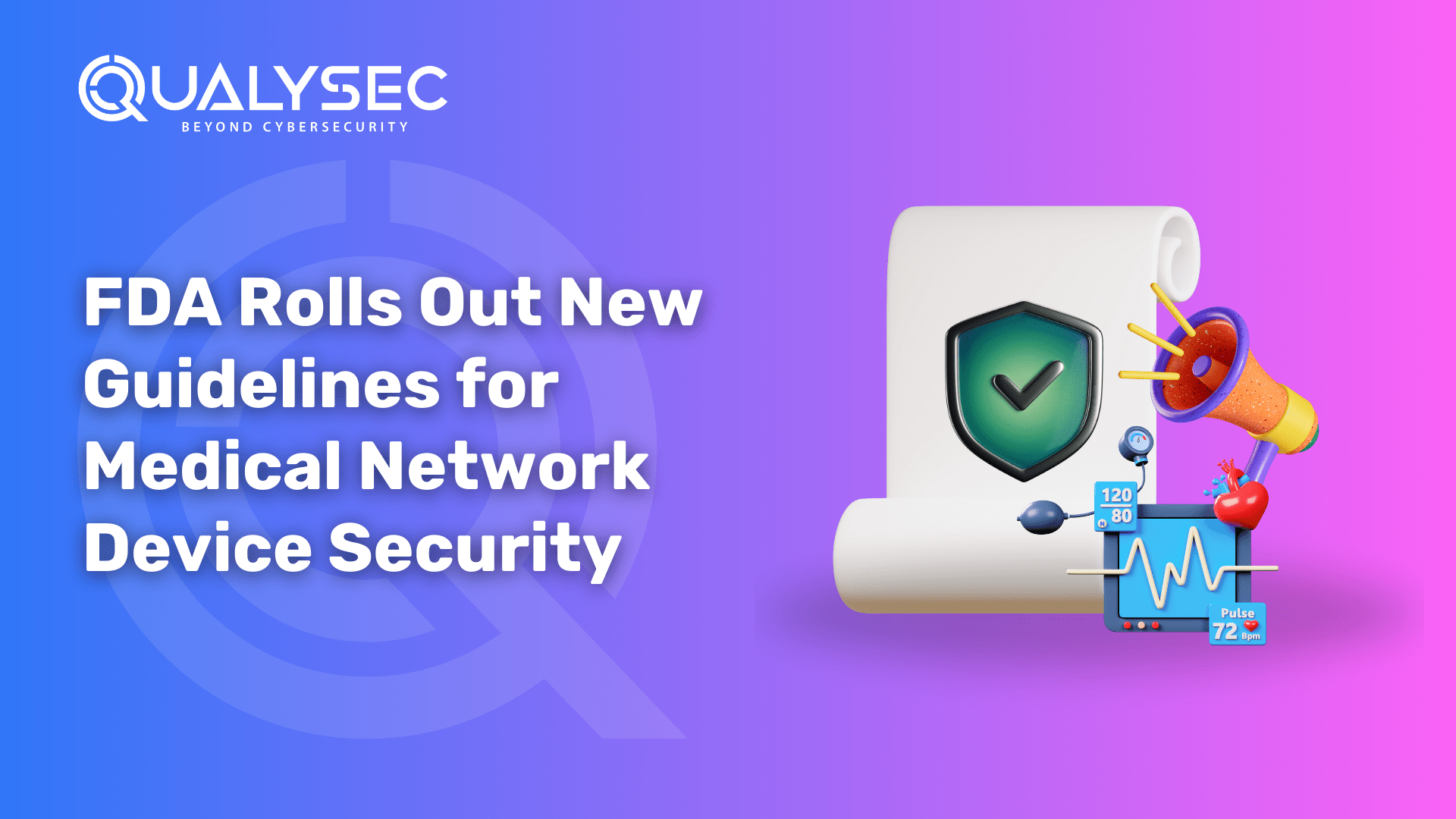

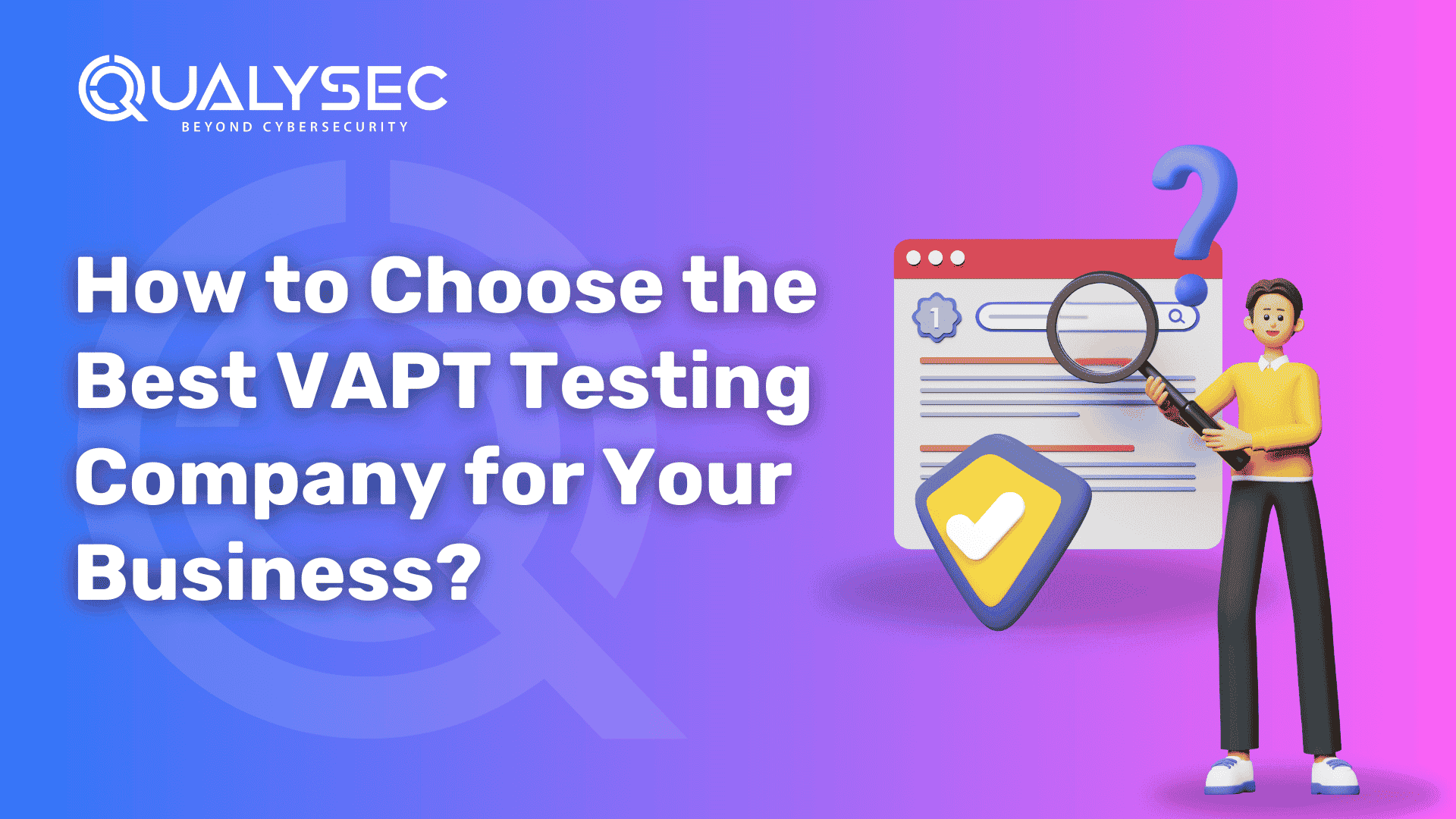
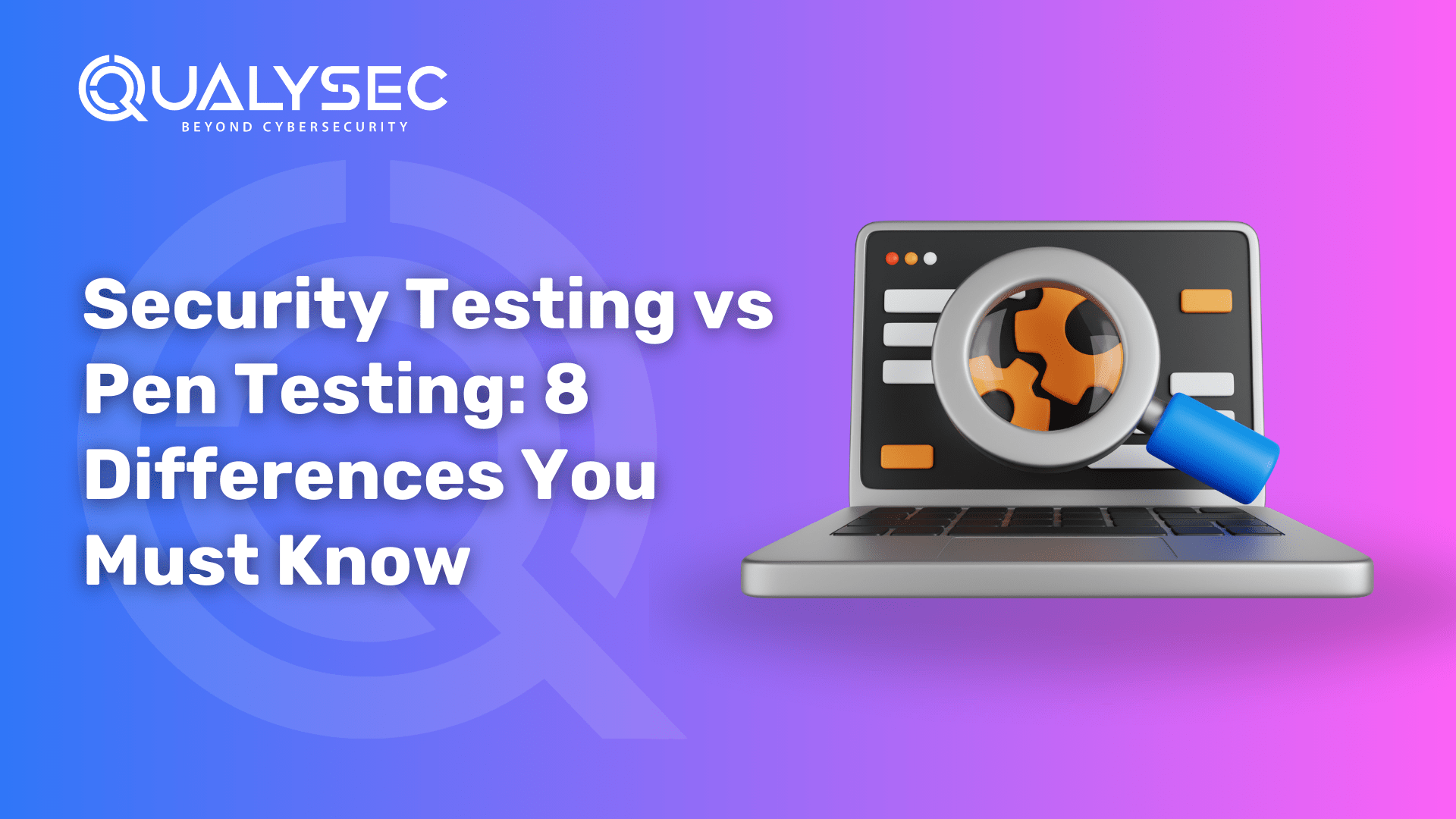
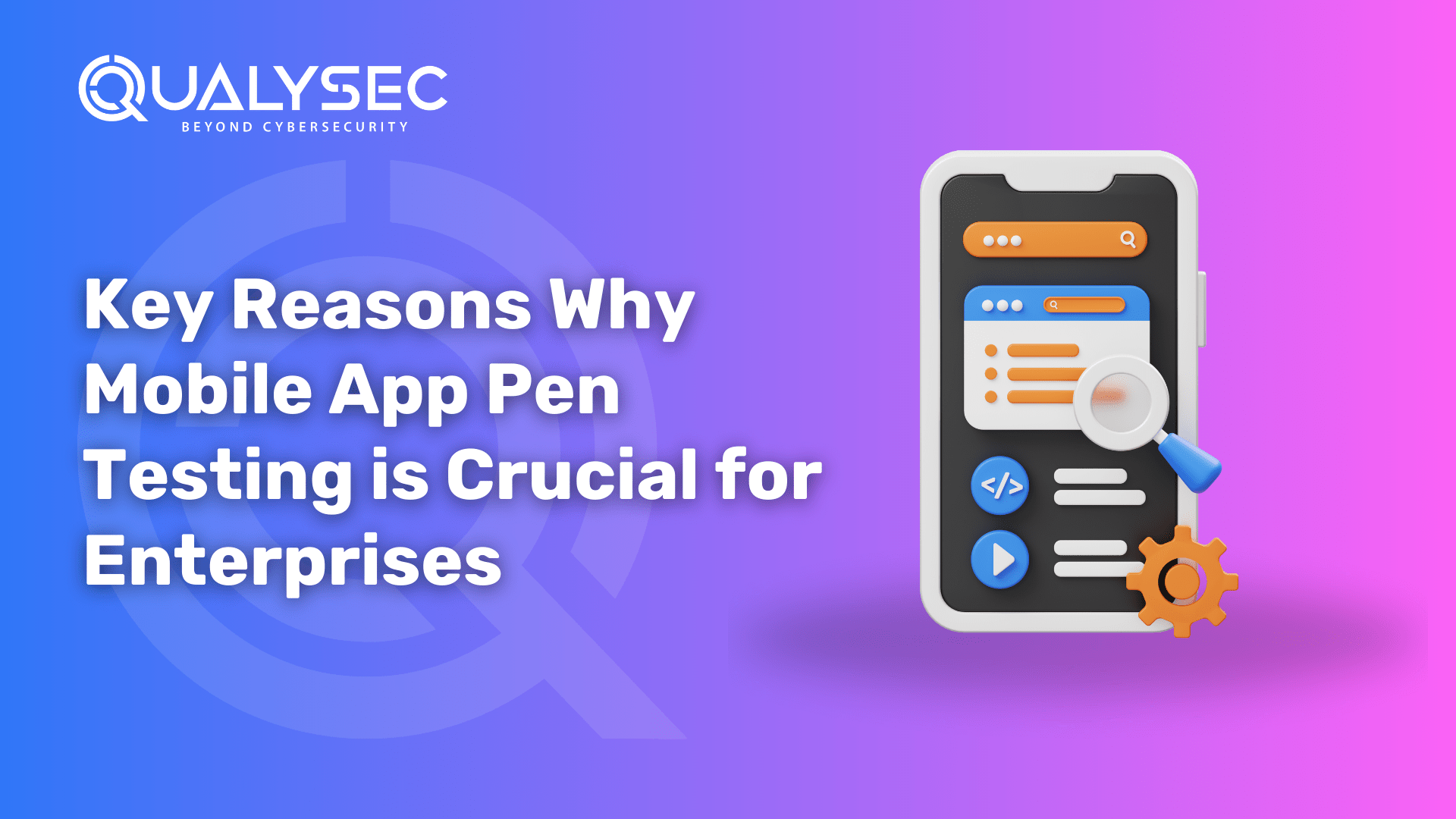
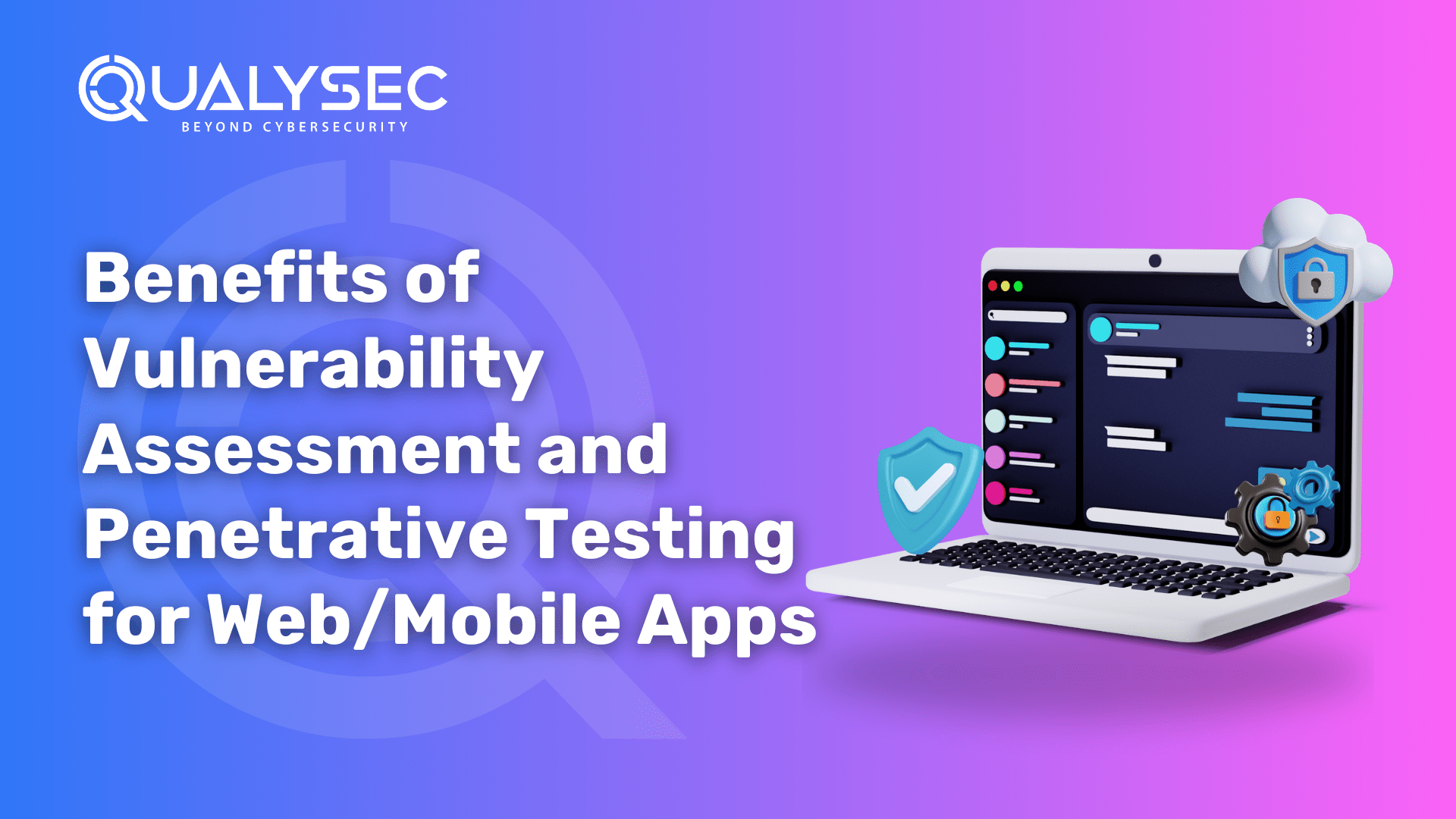
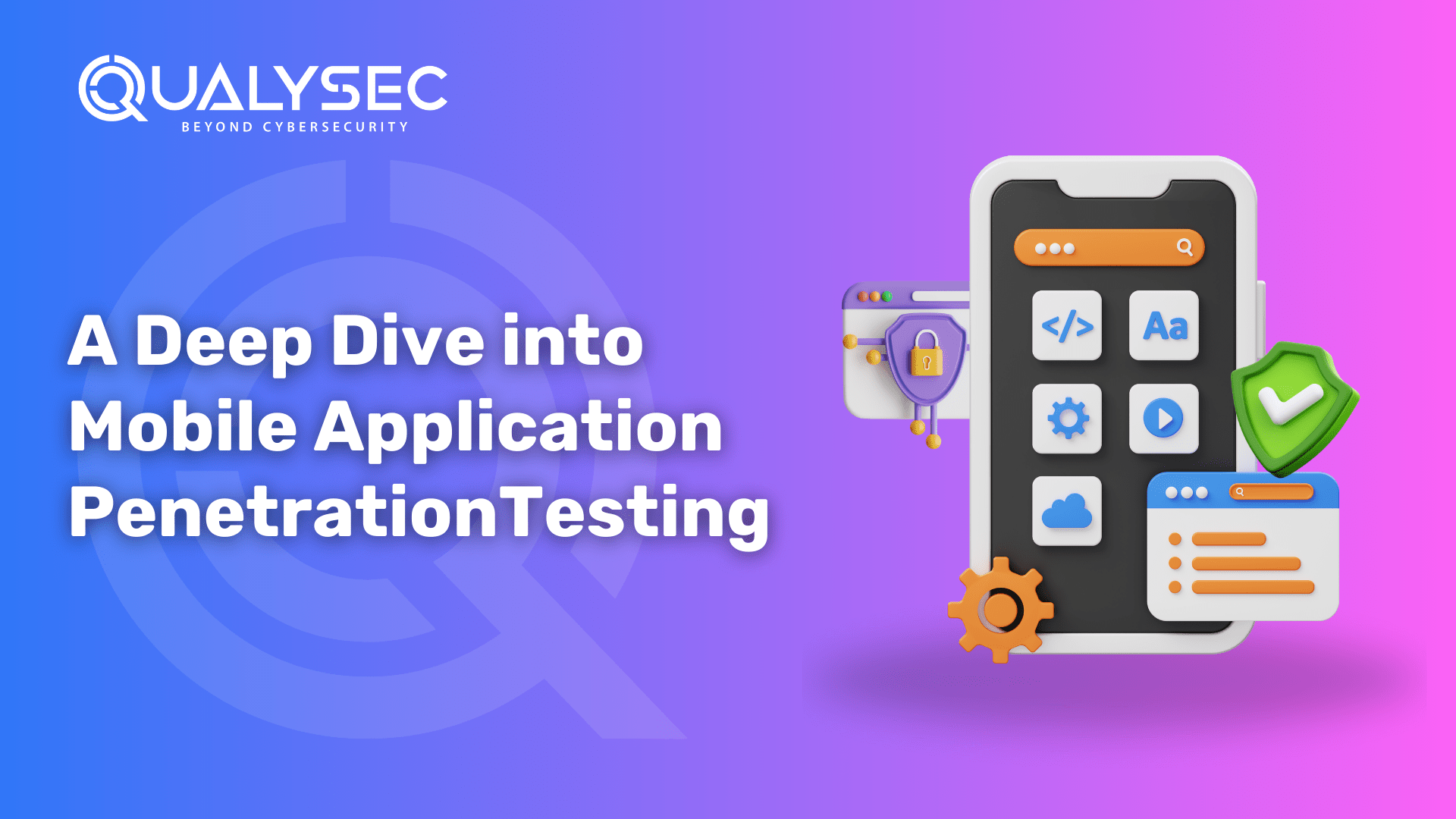

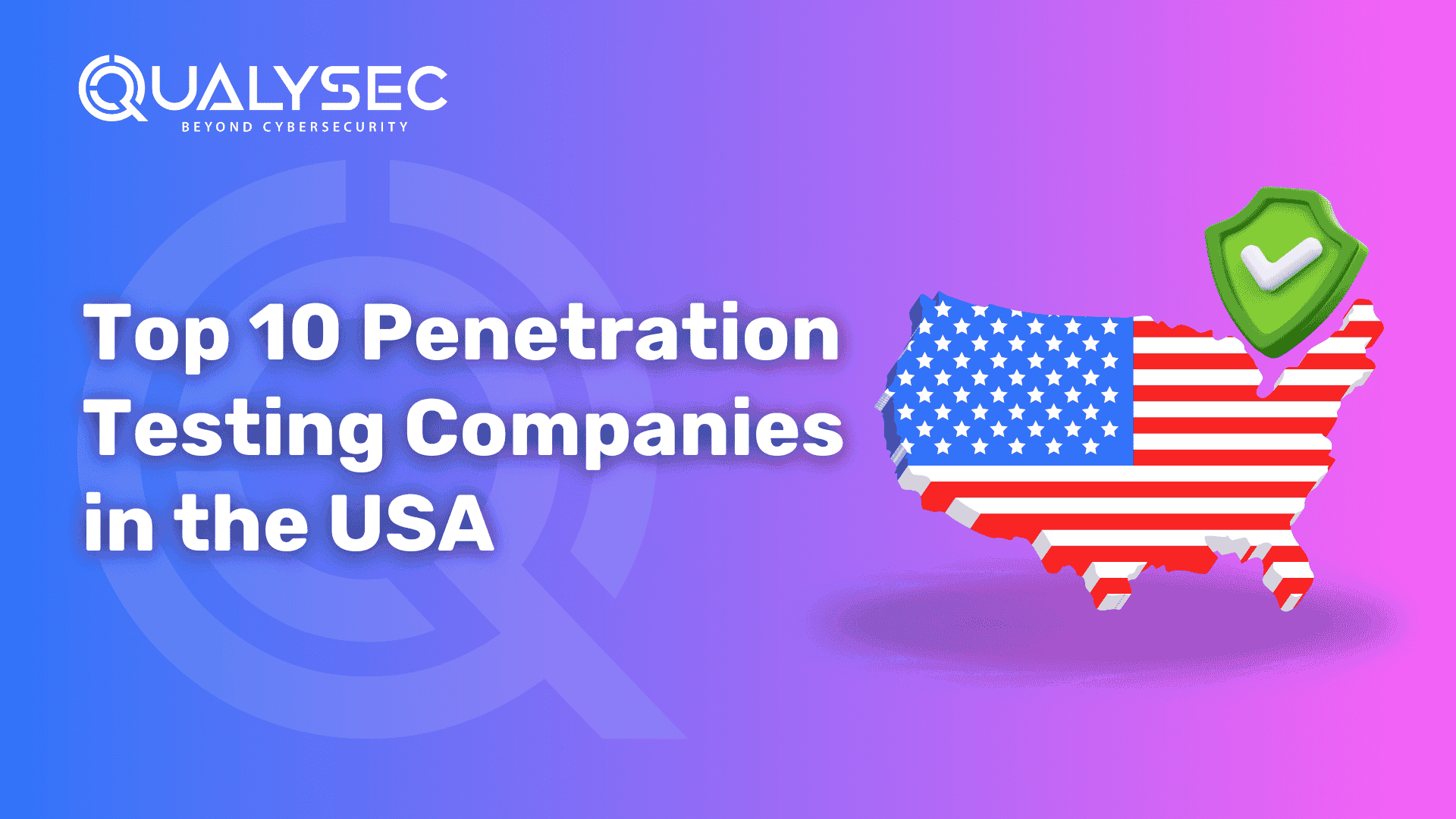
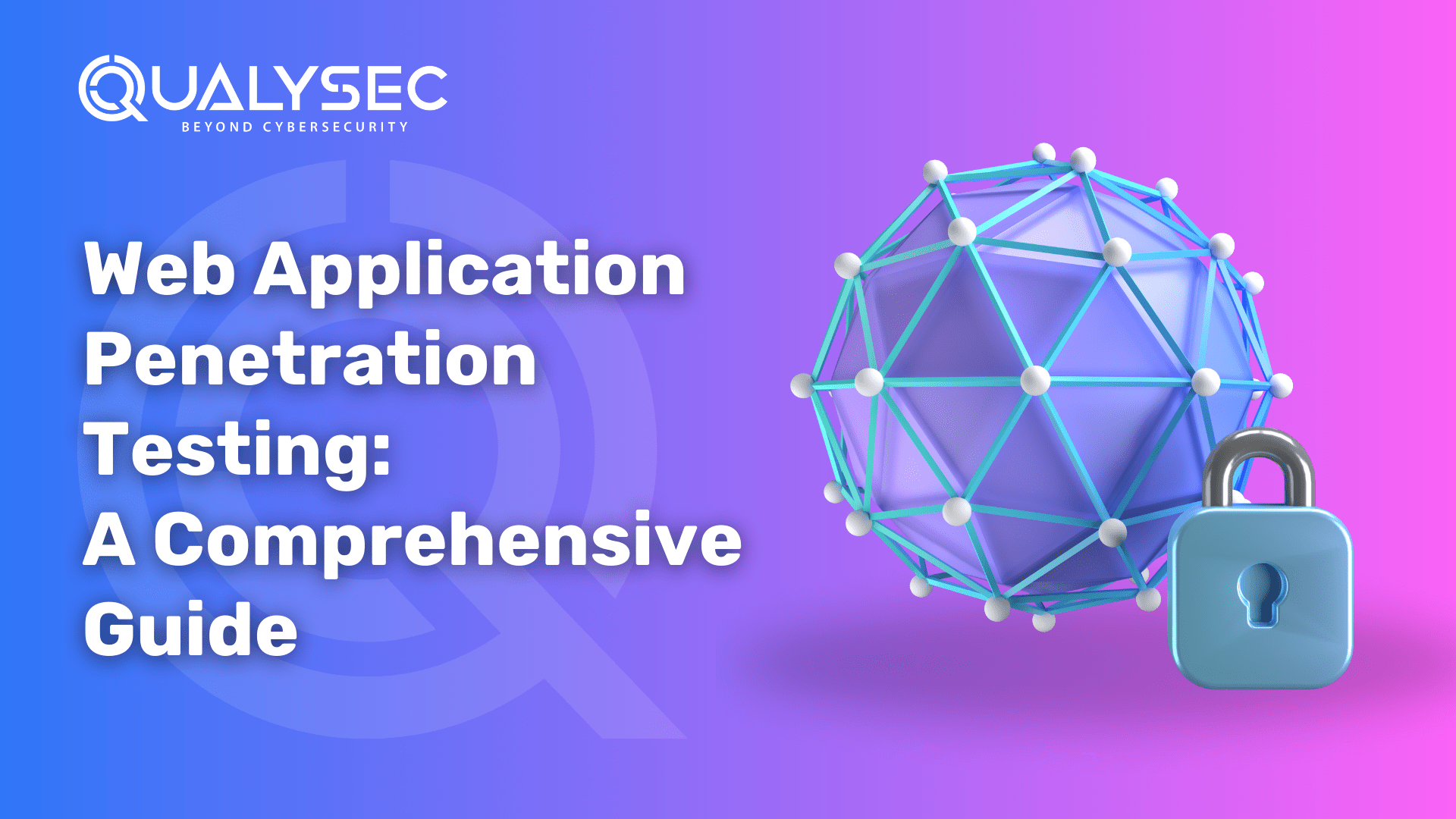


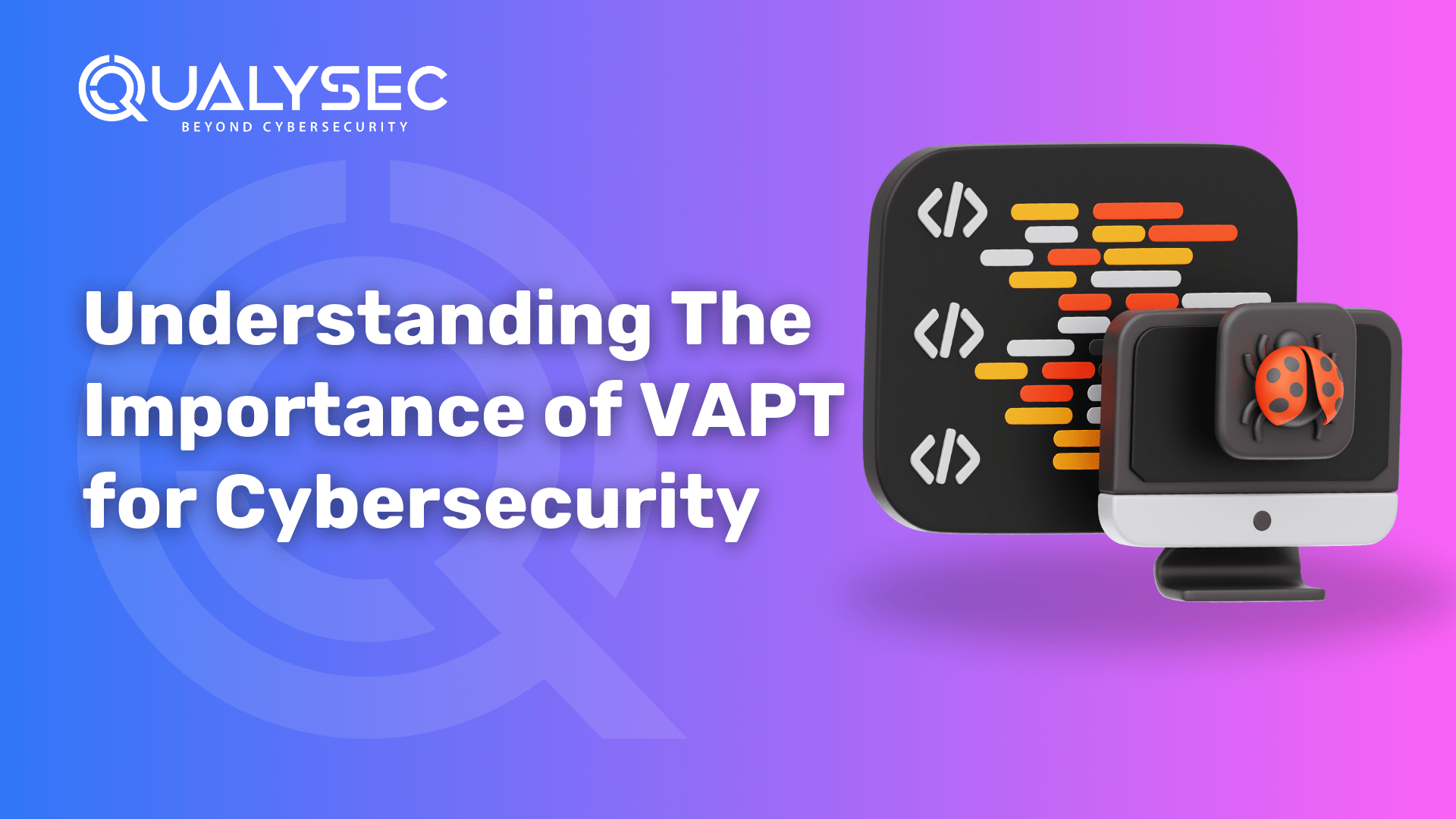
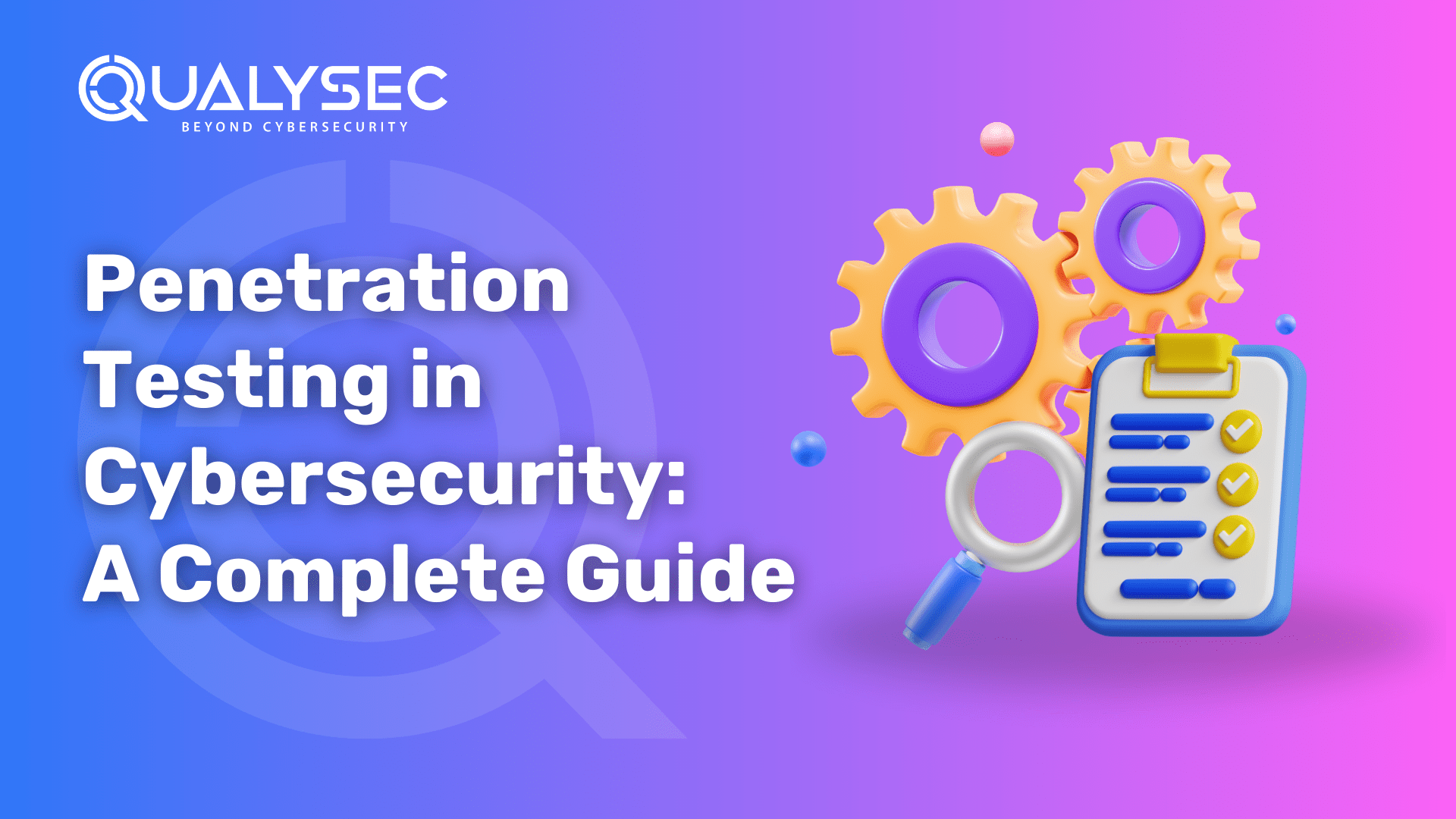
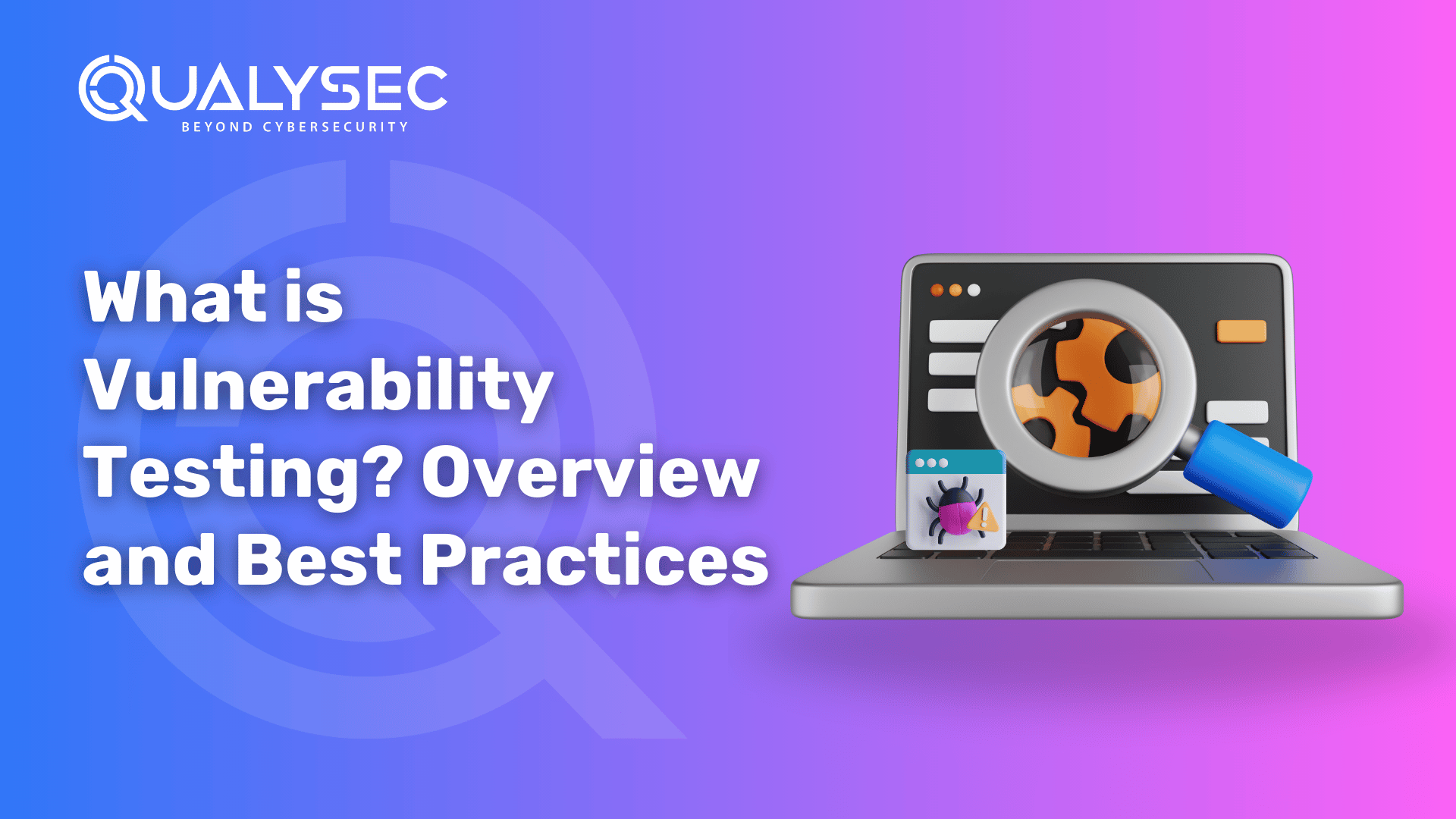

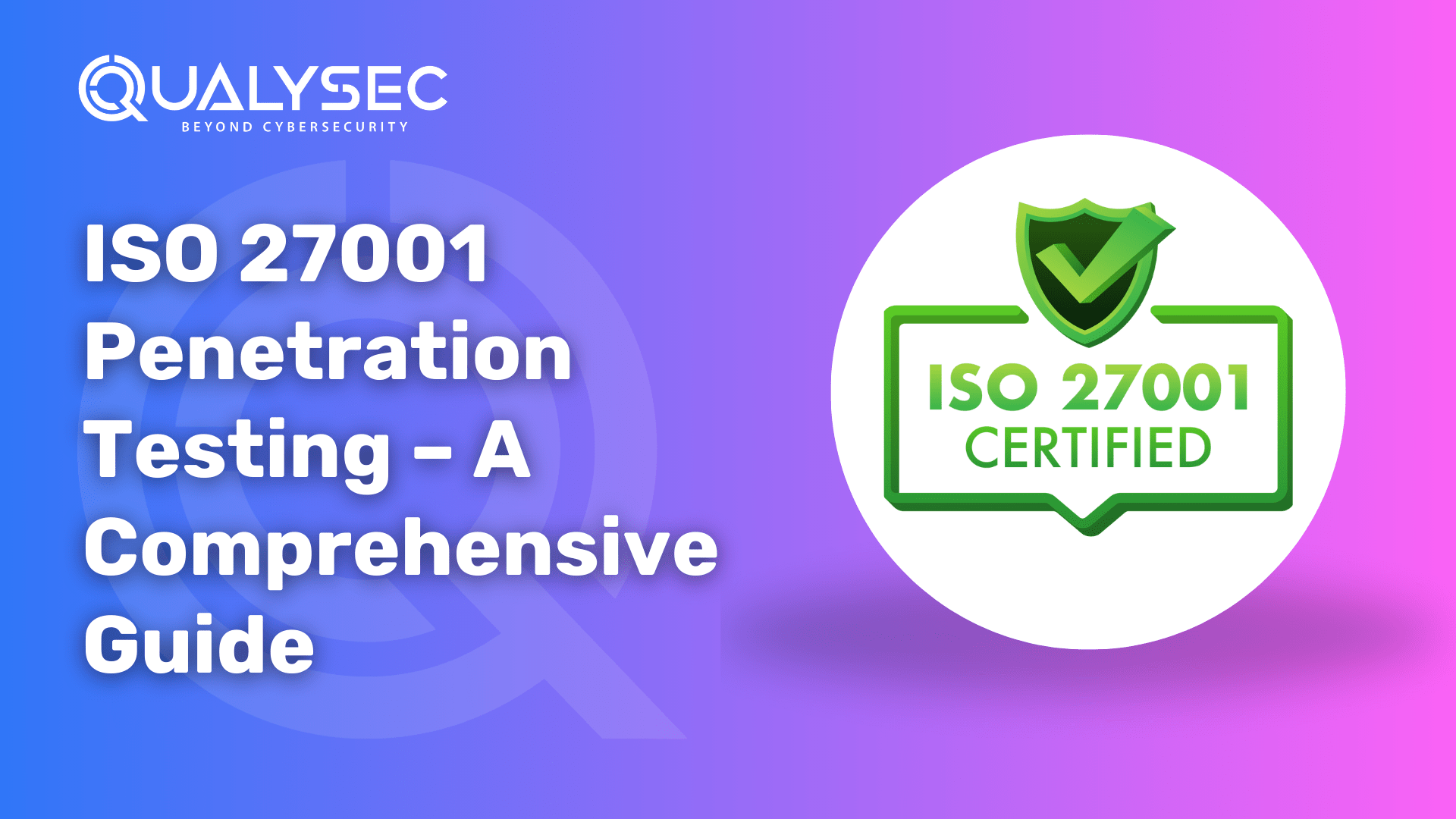
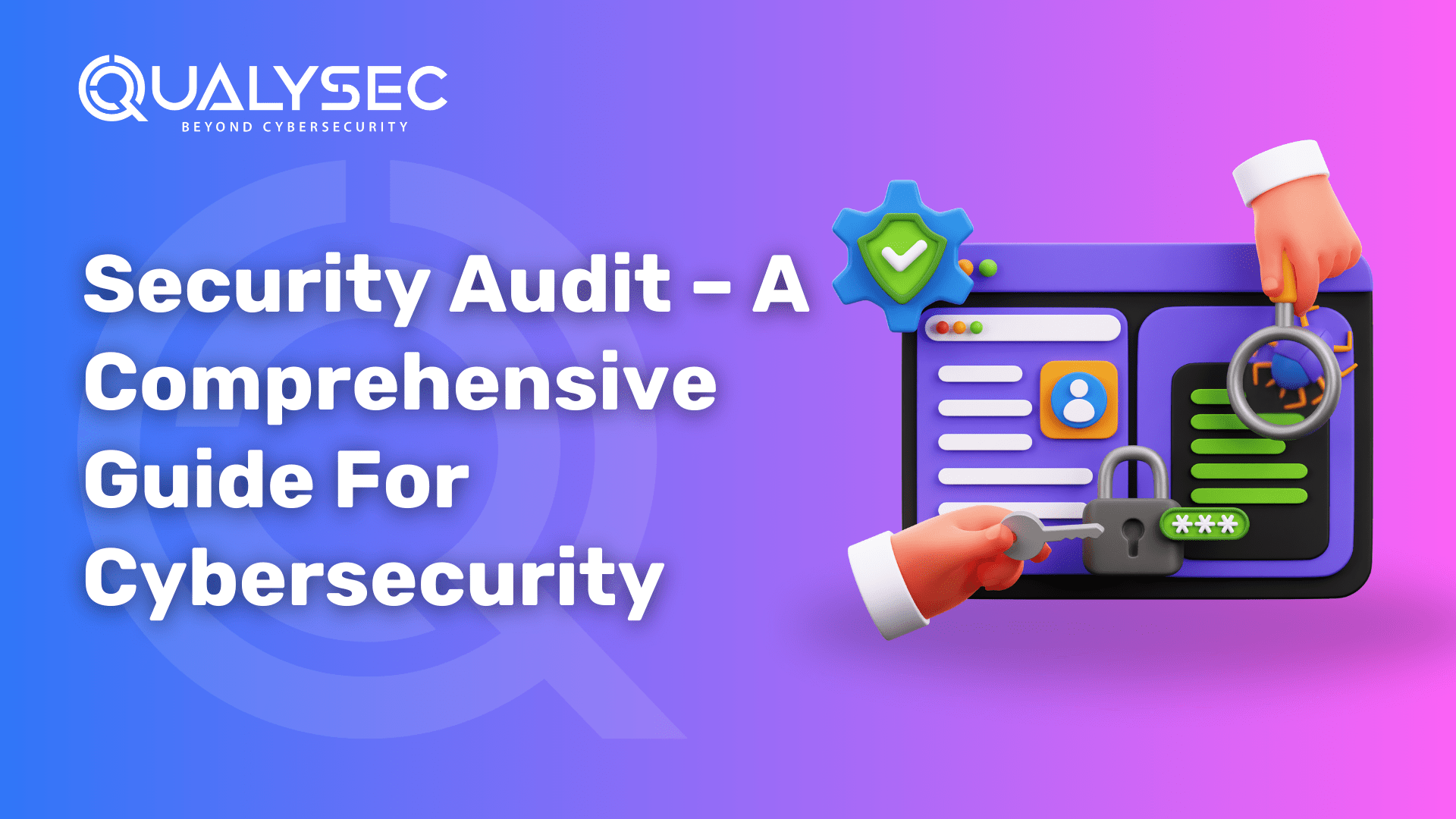
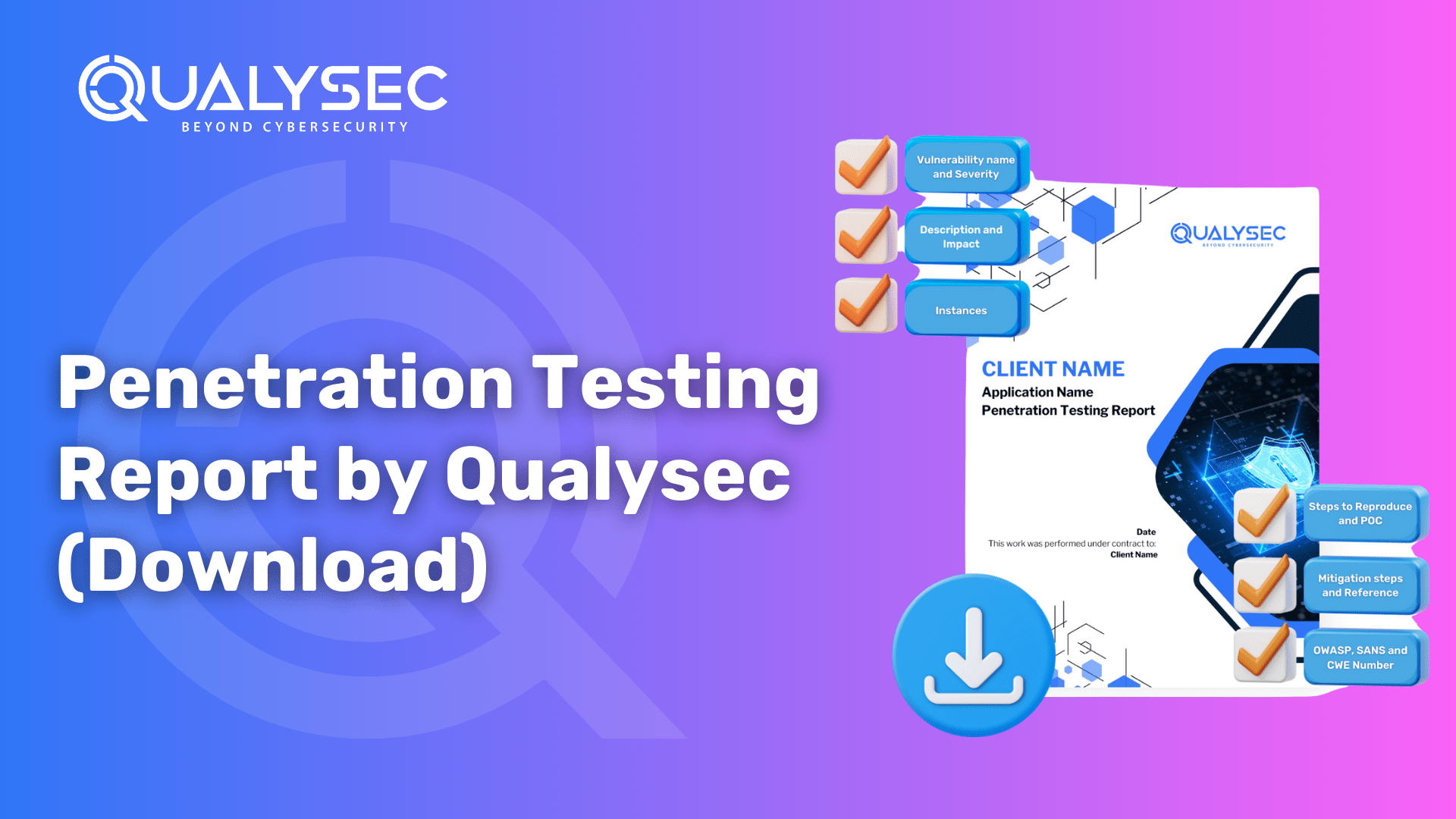
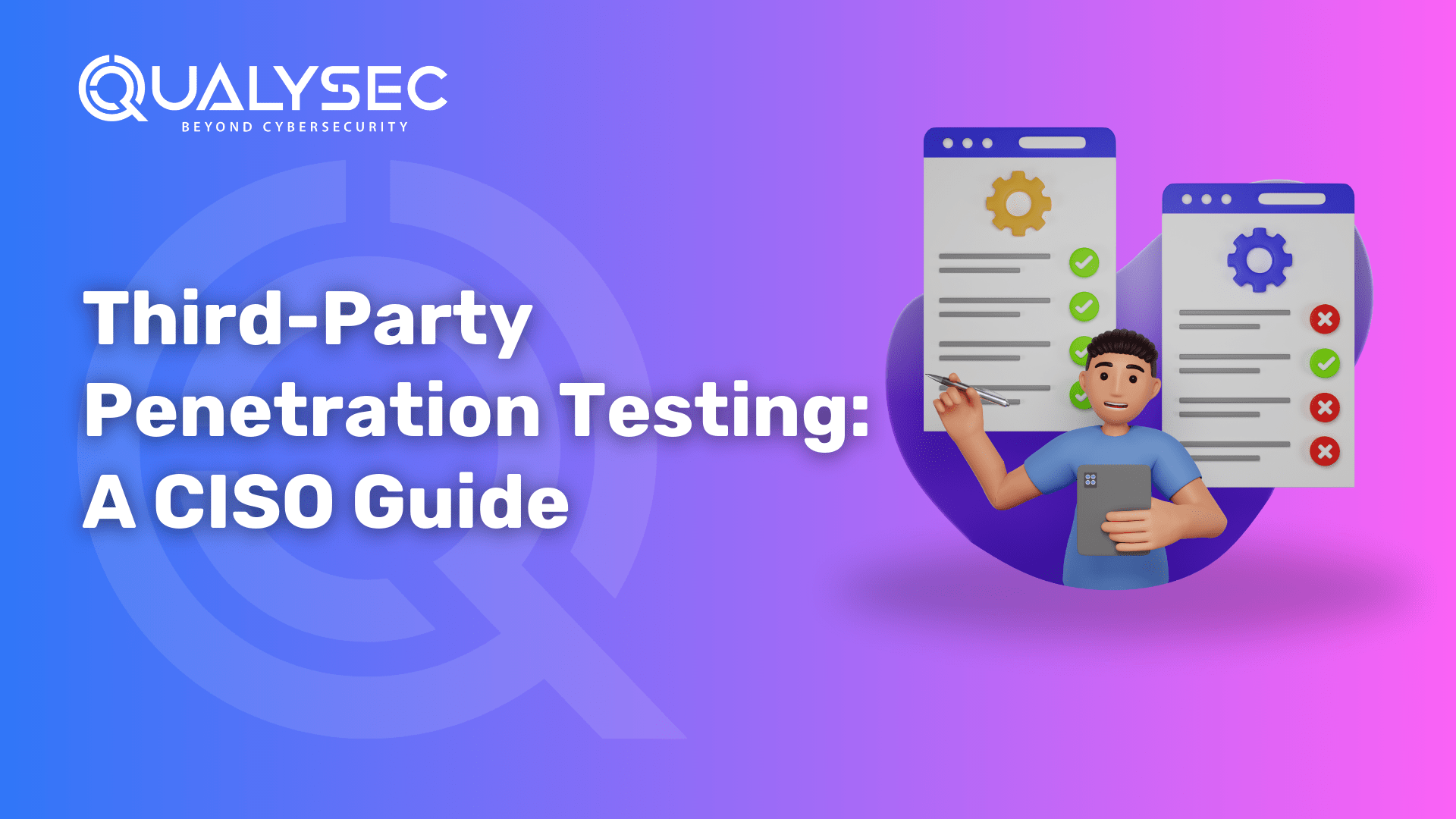
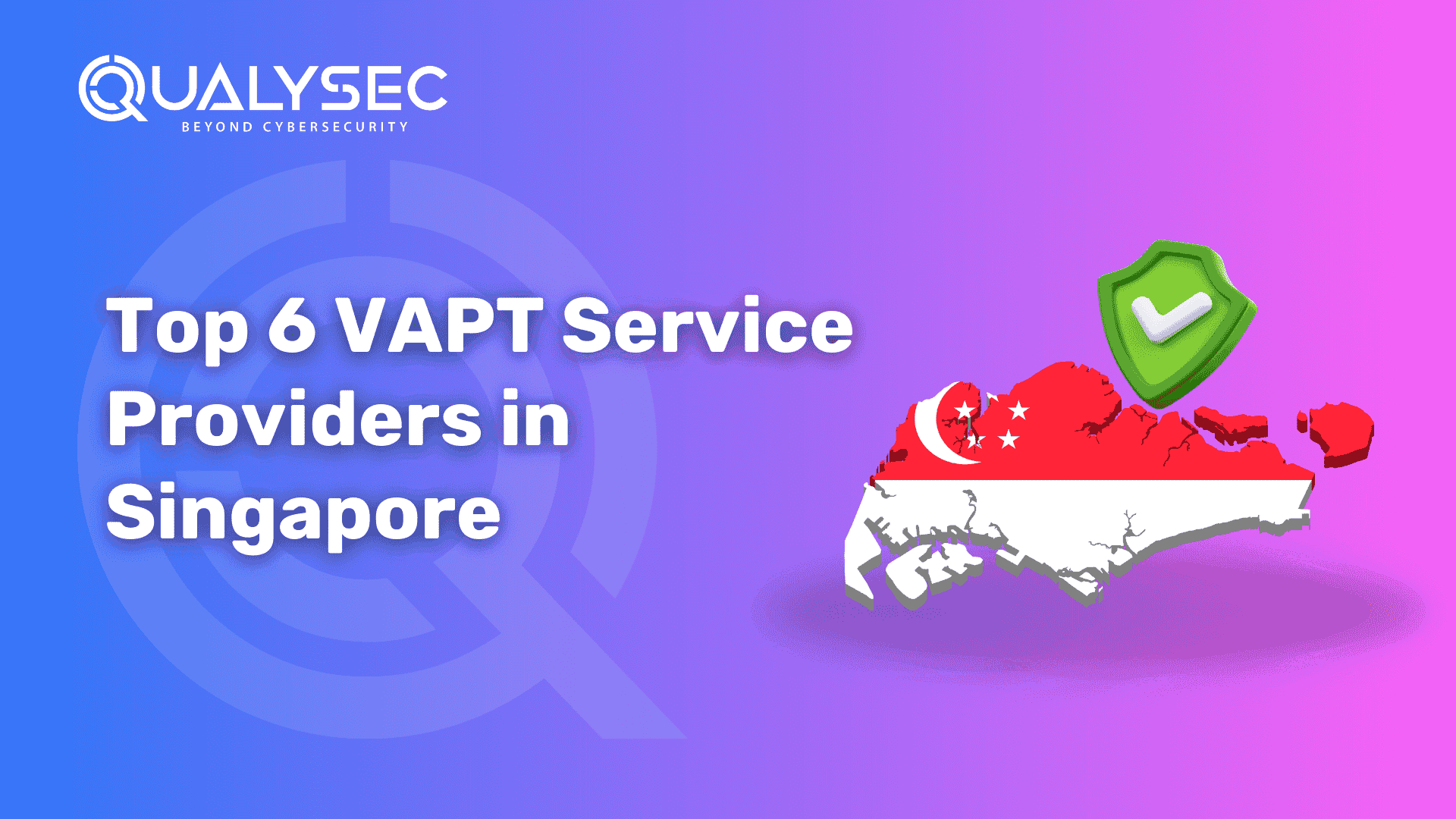



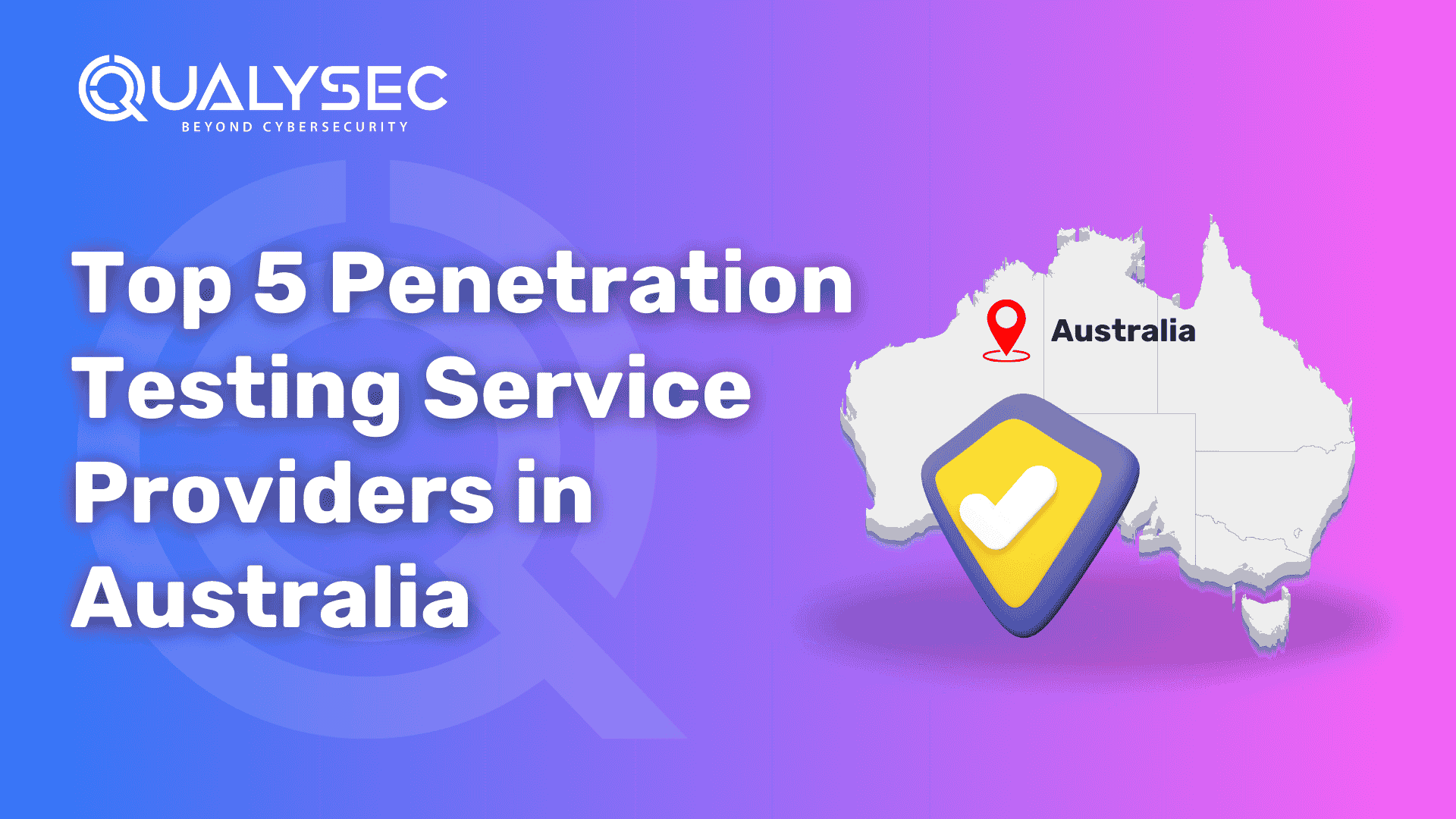
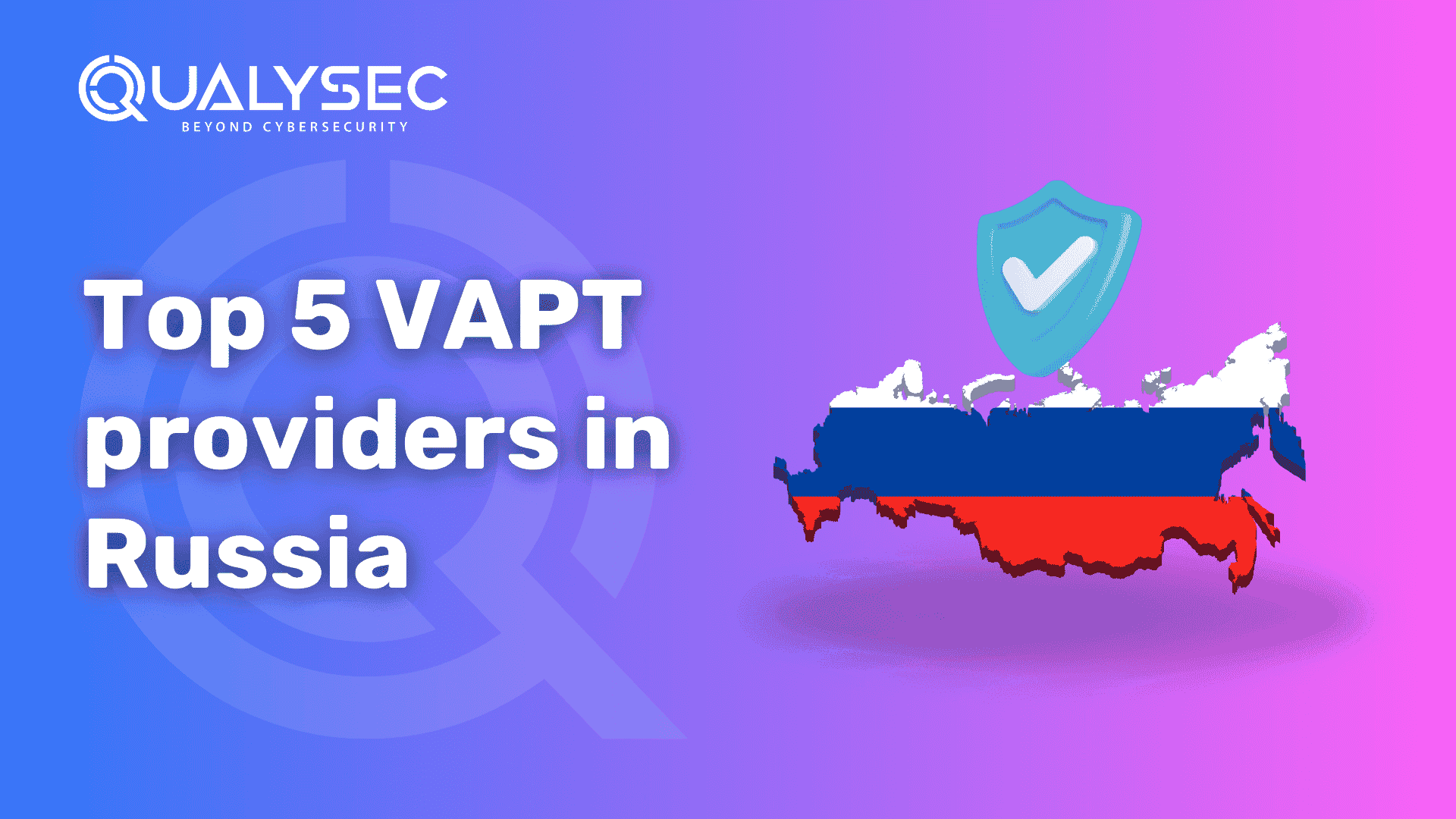
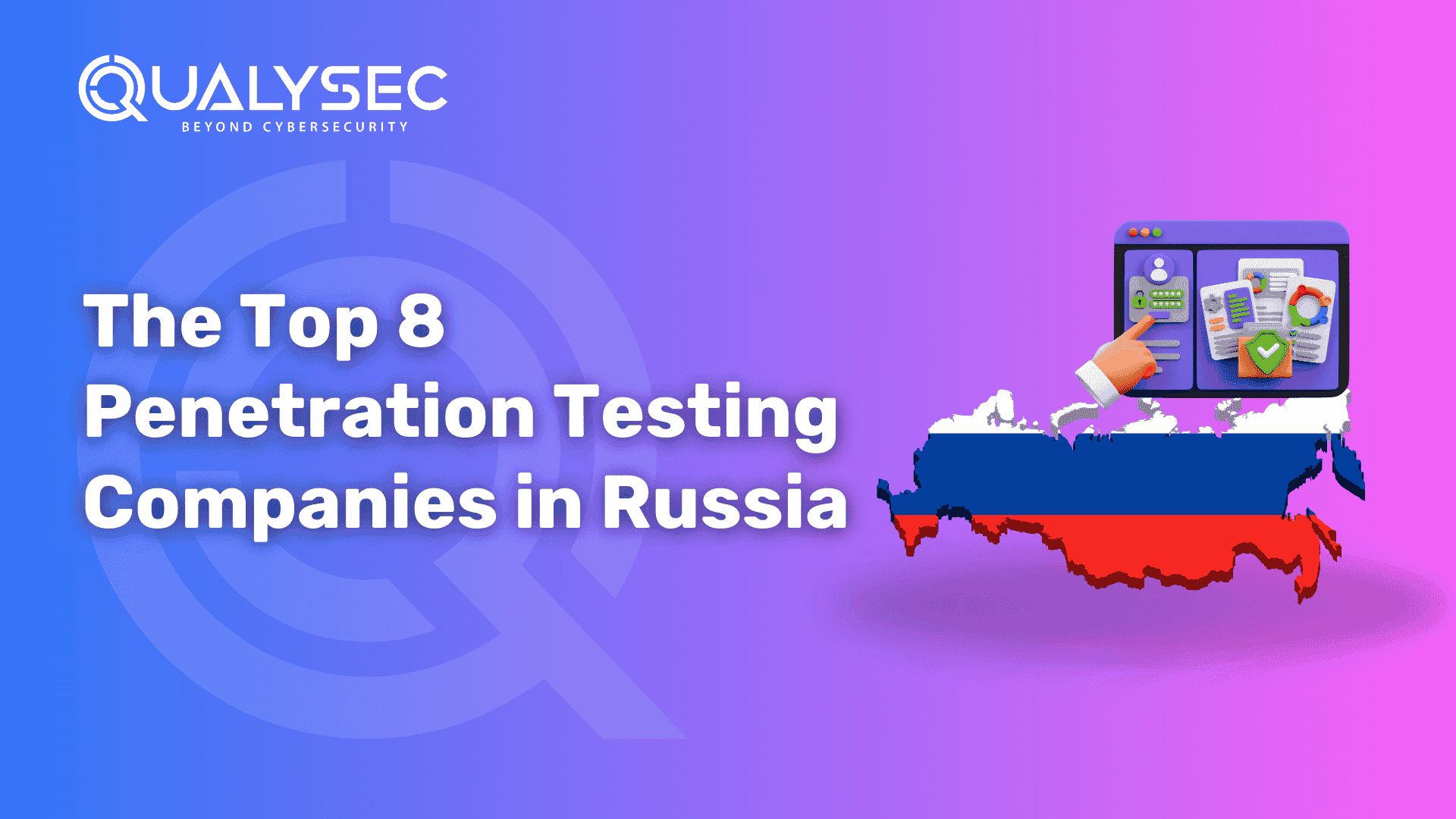



0 Comments